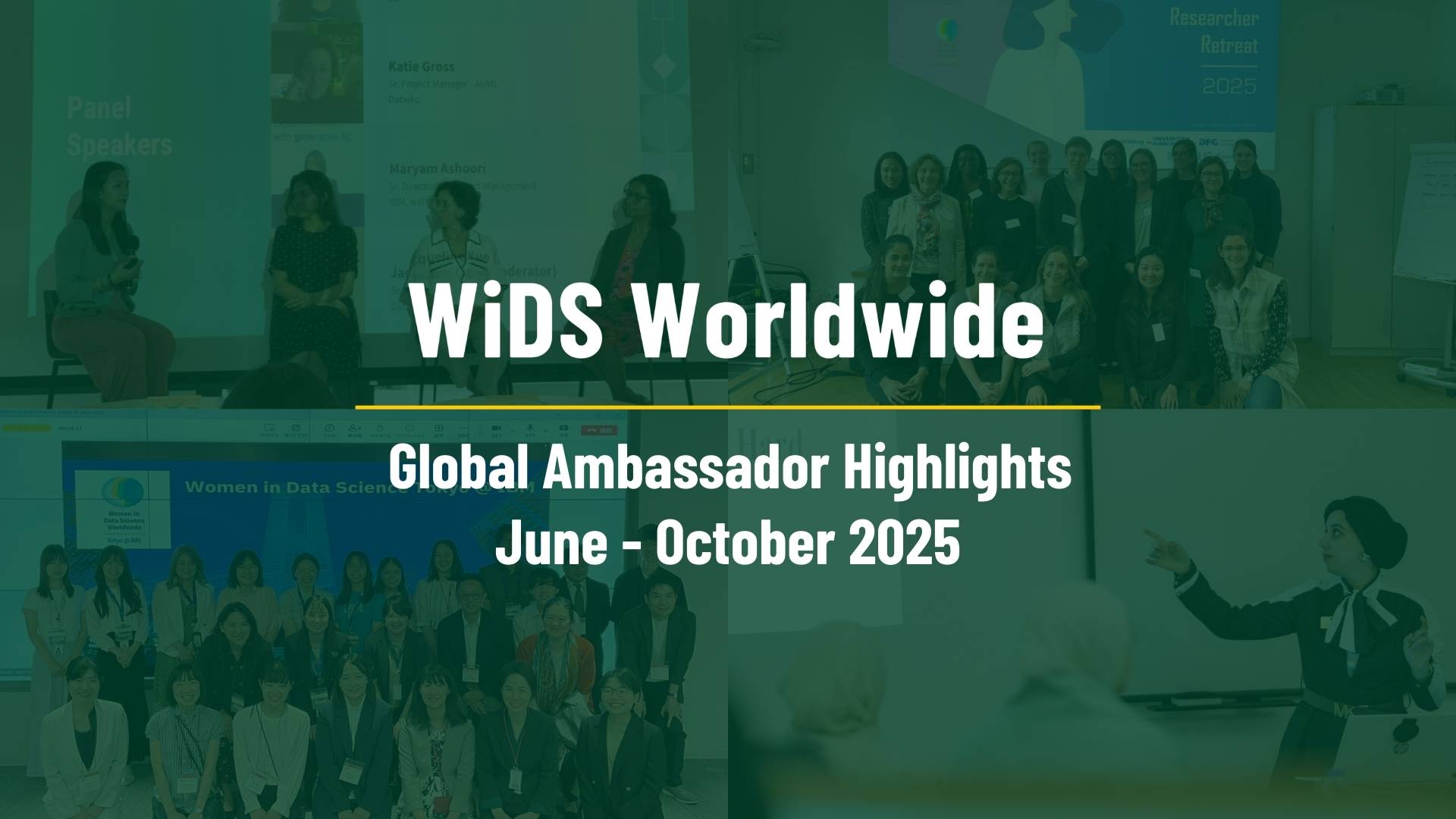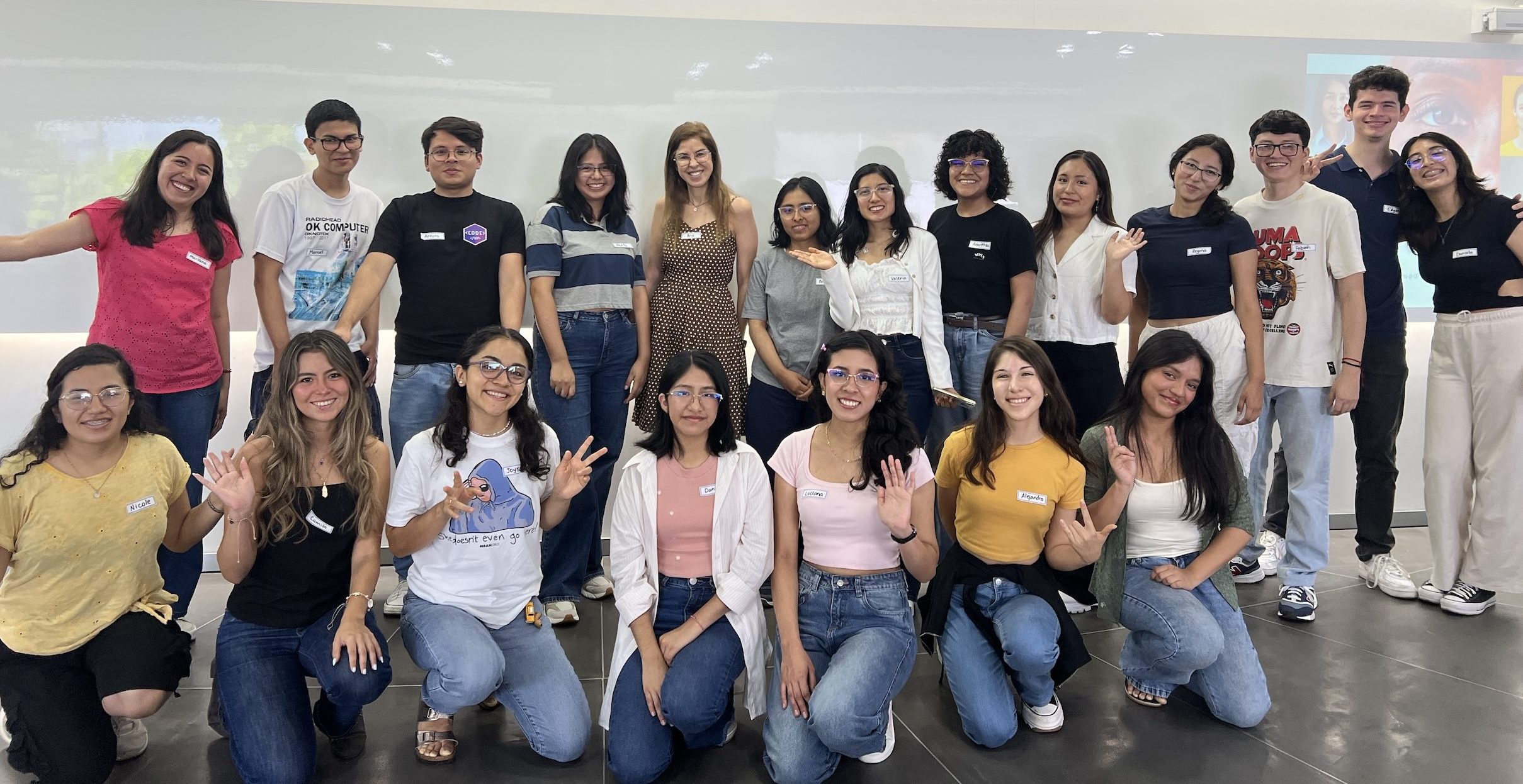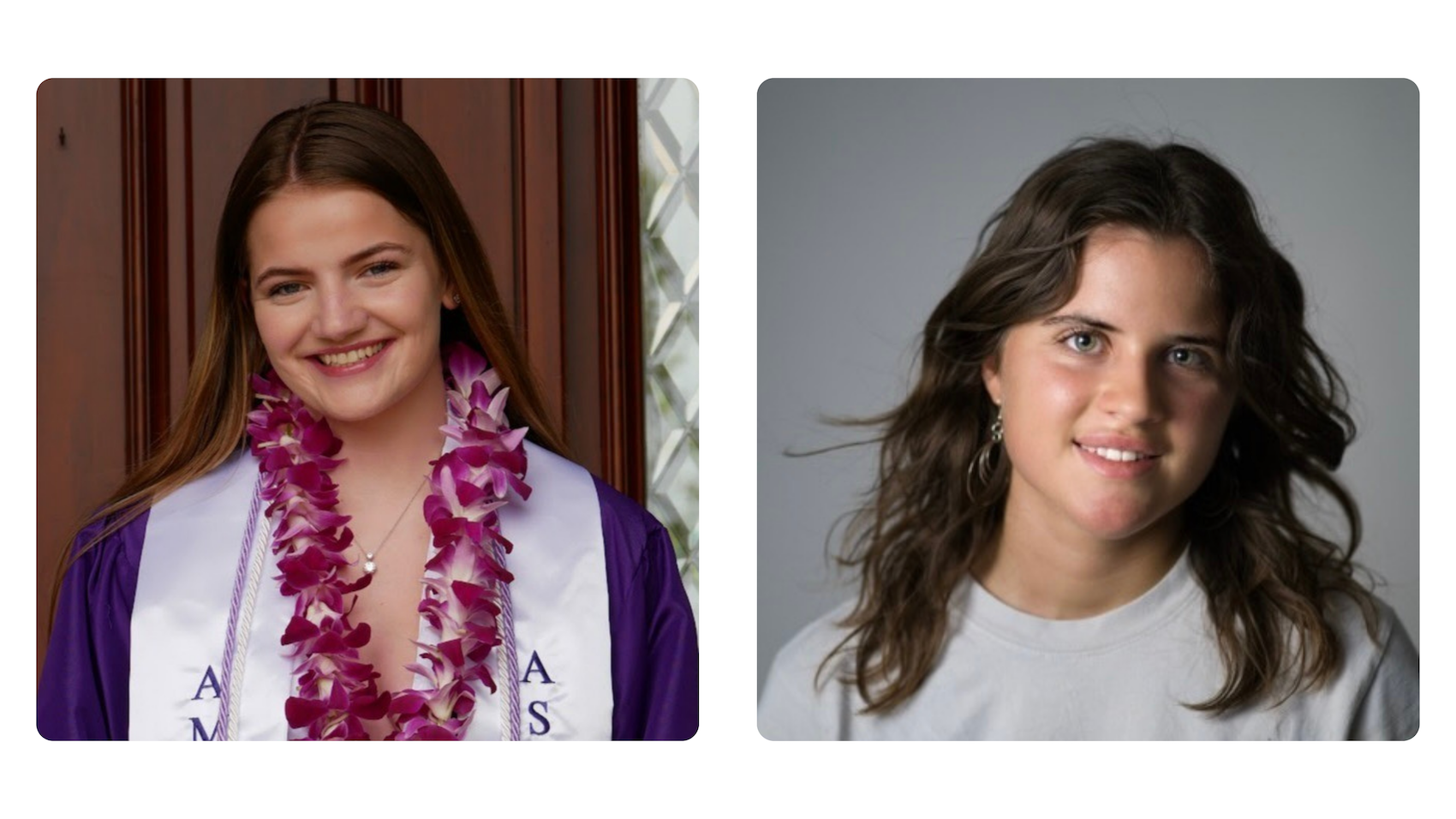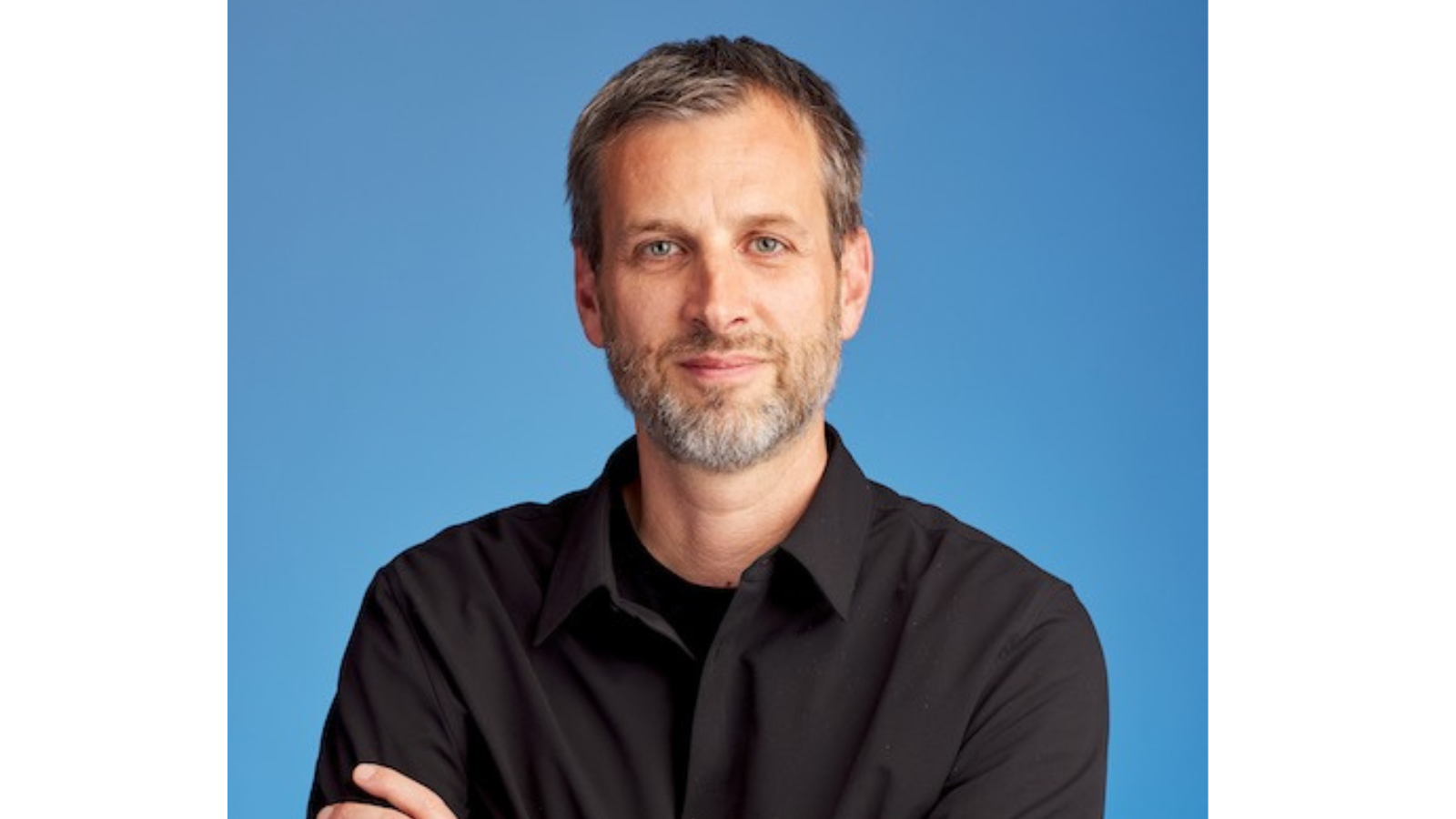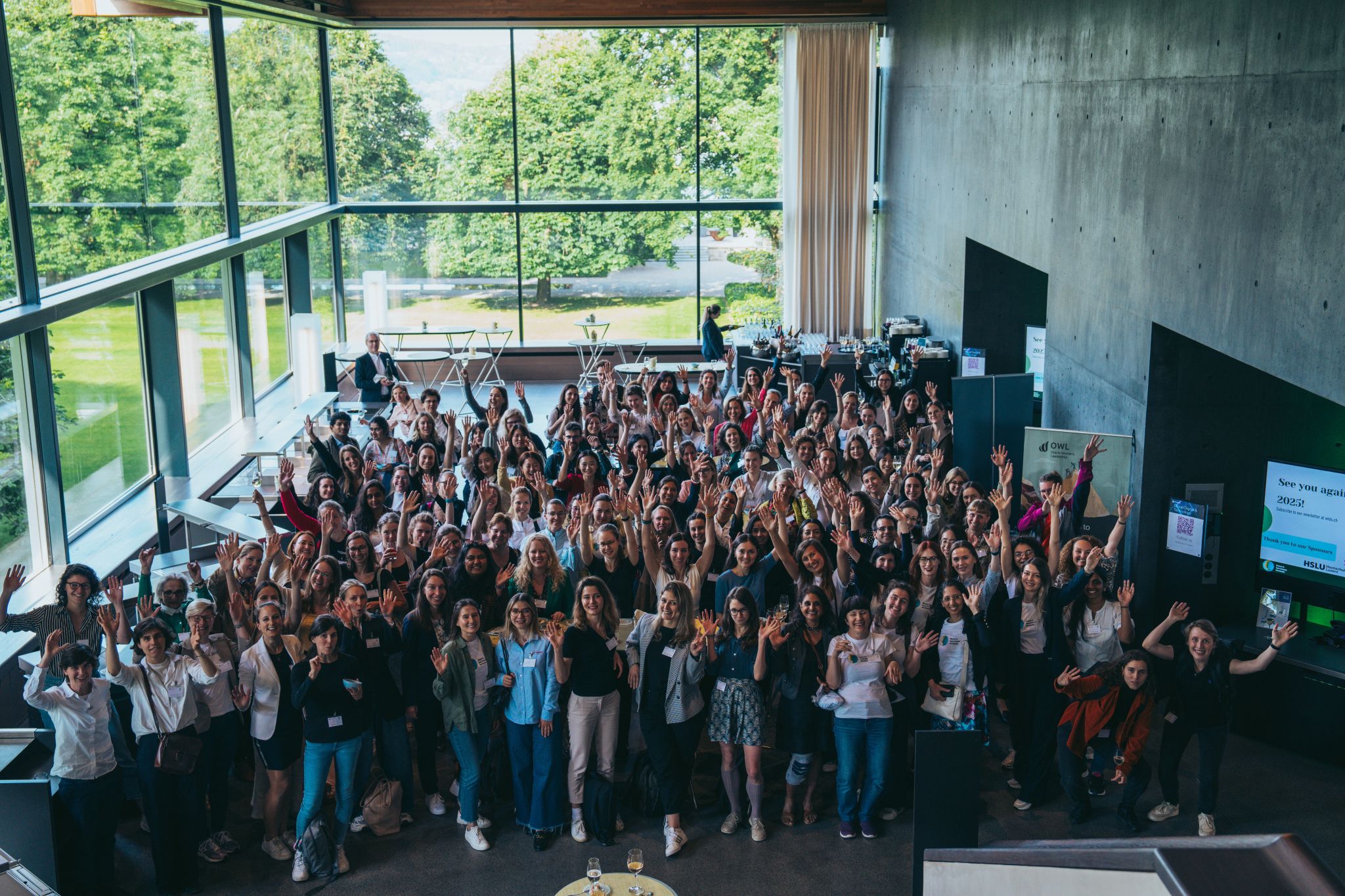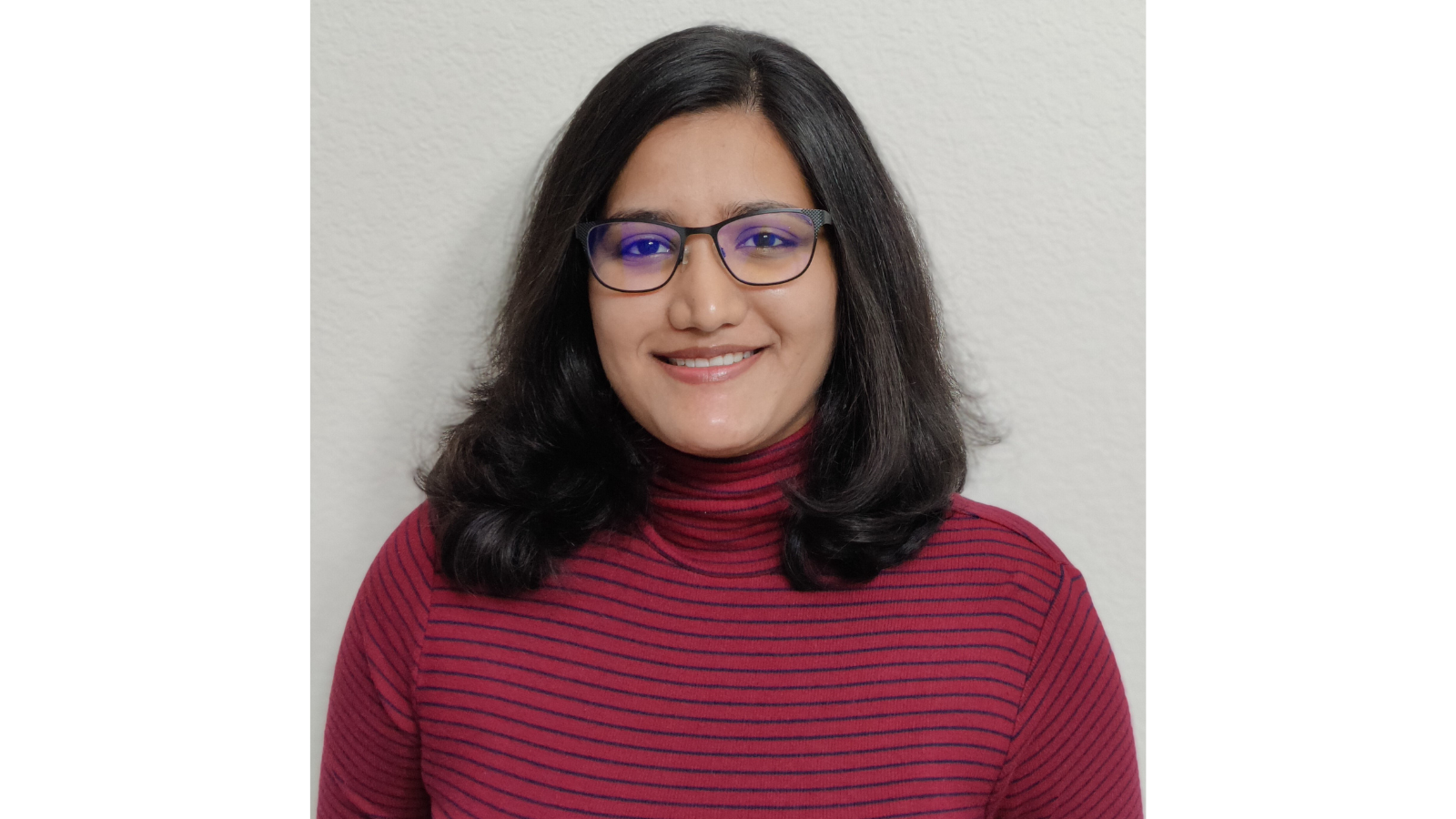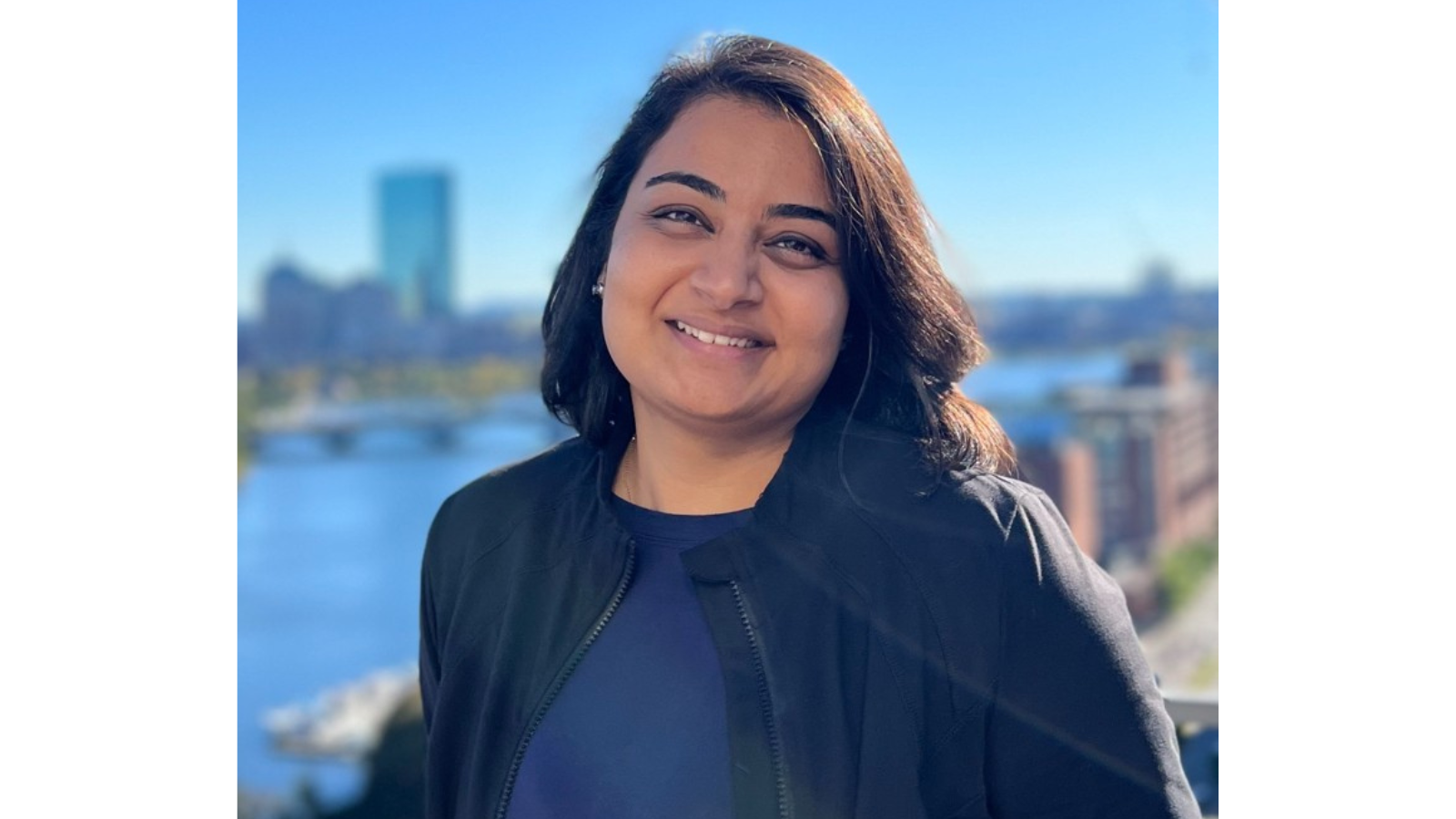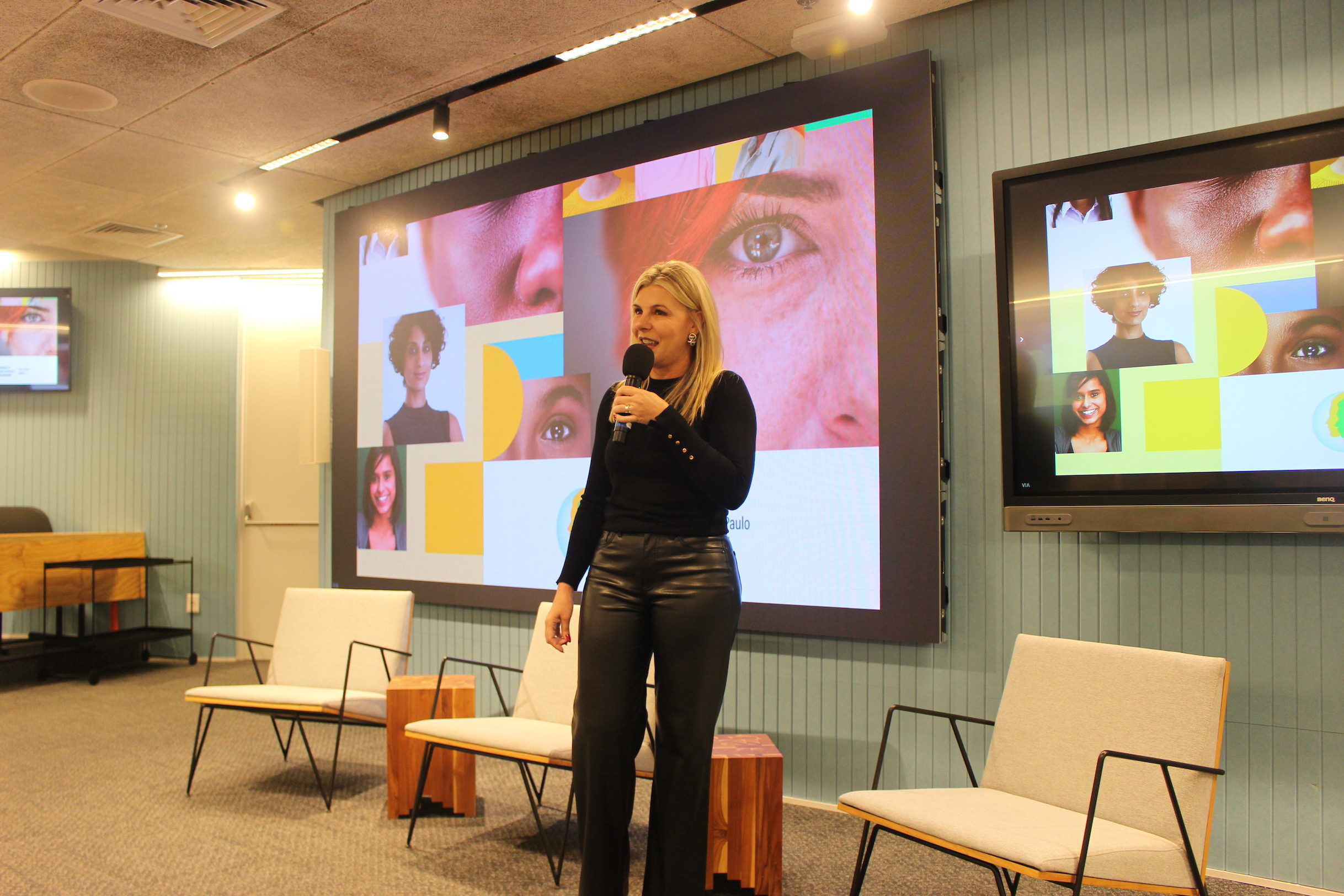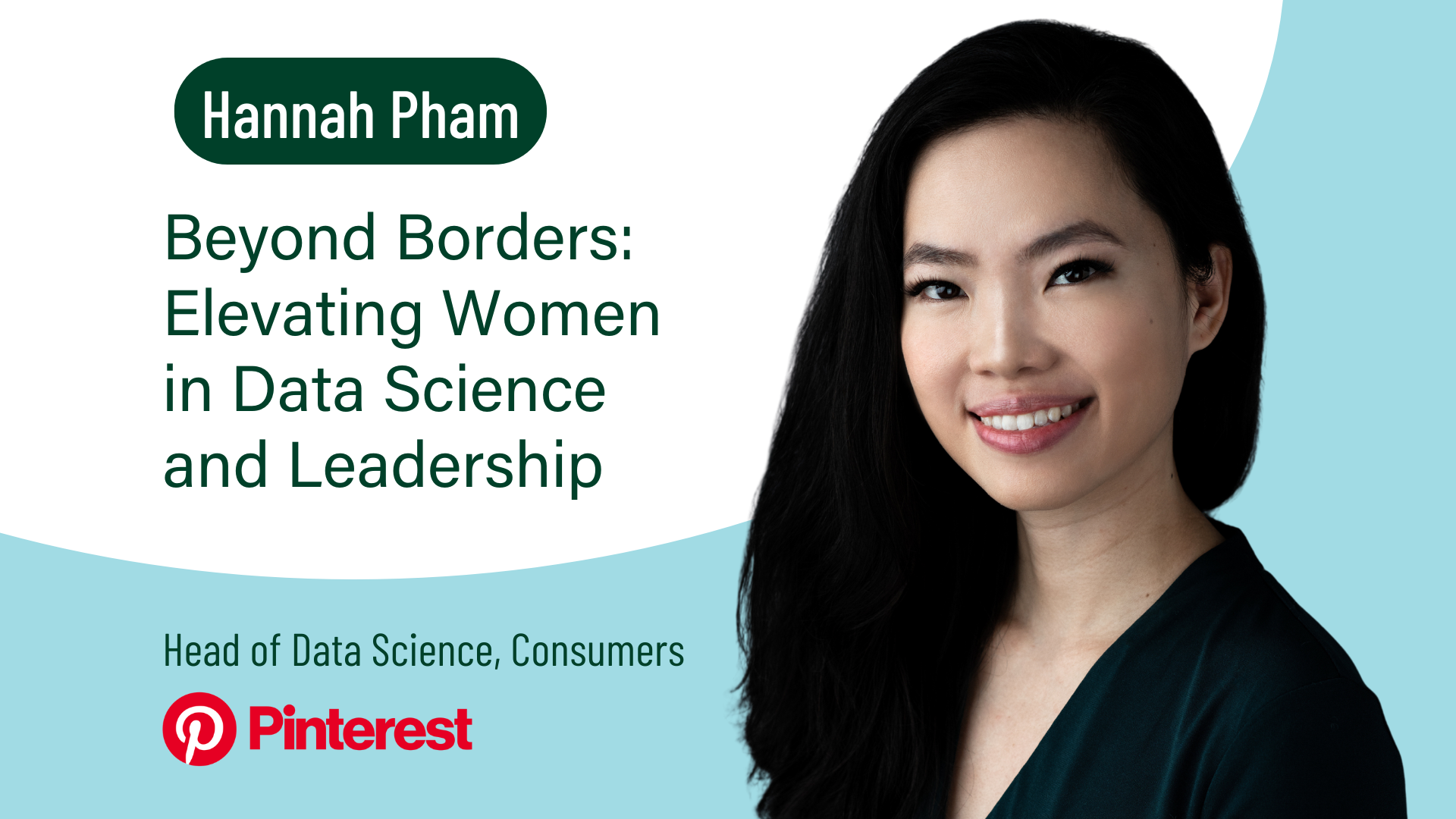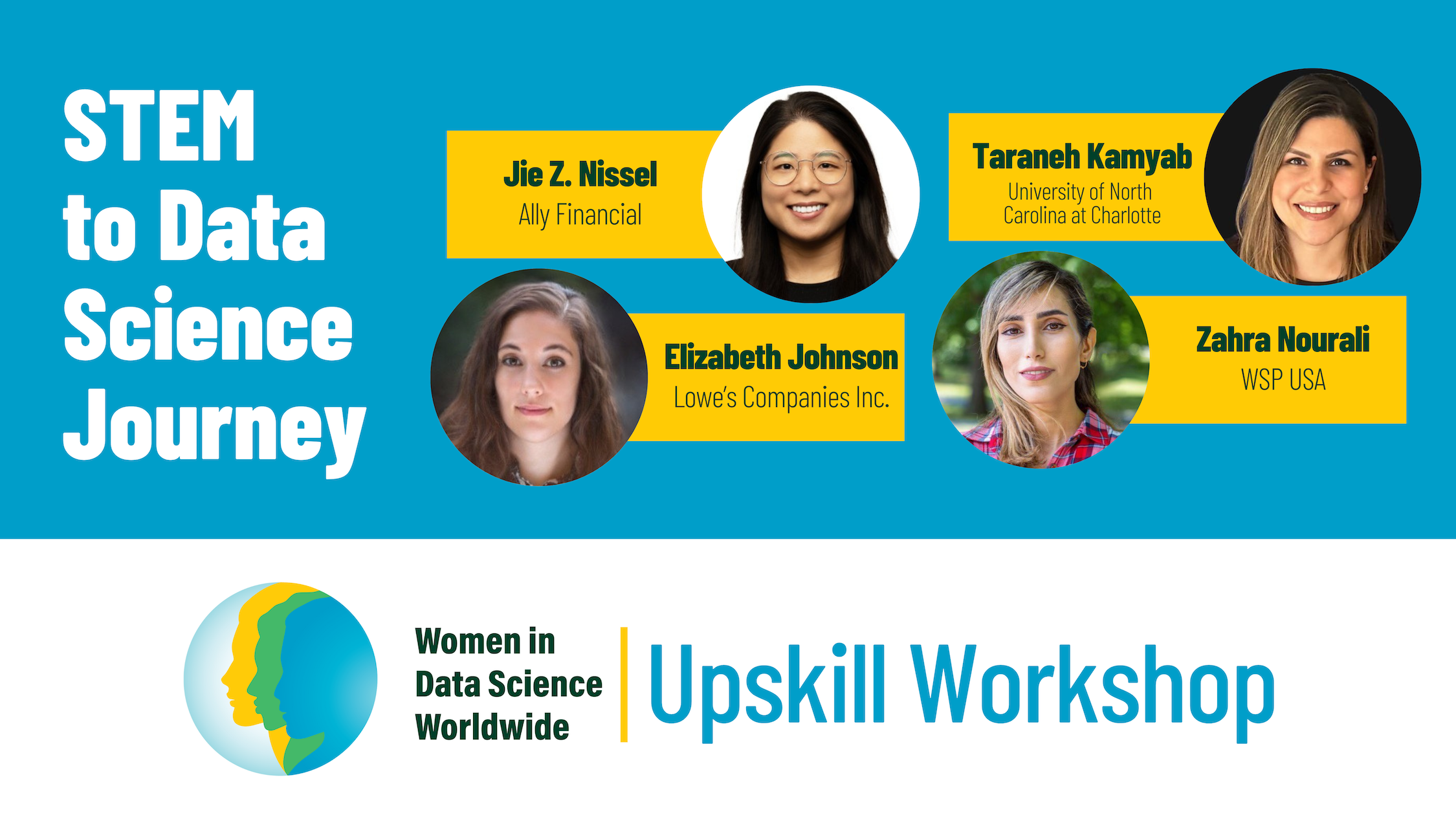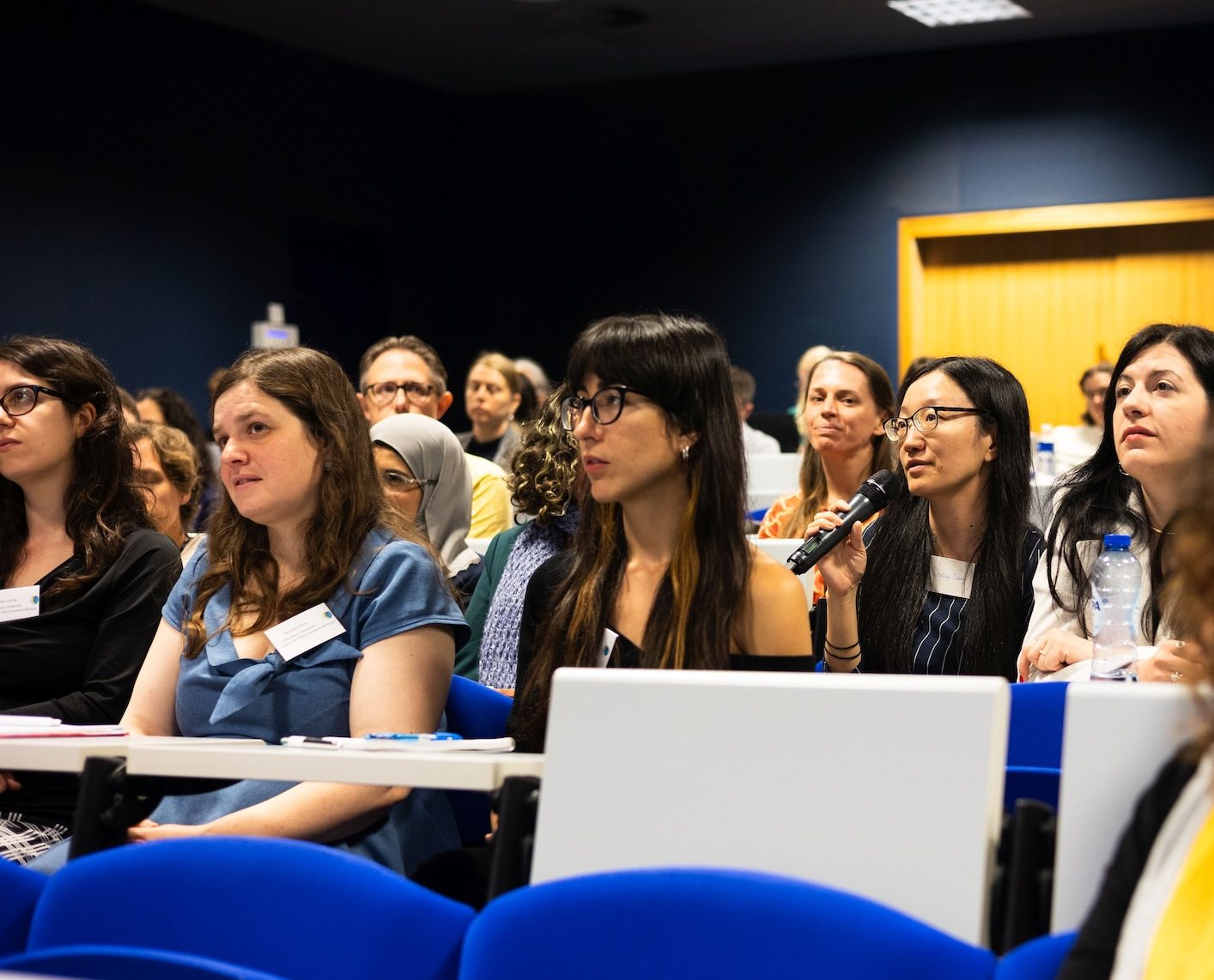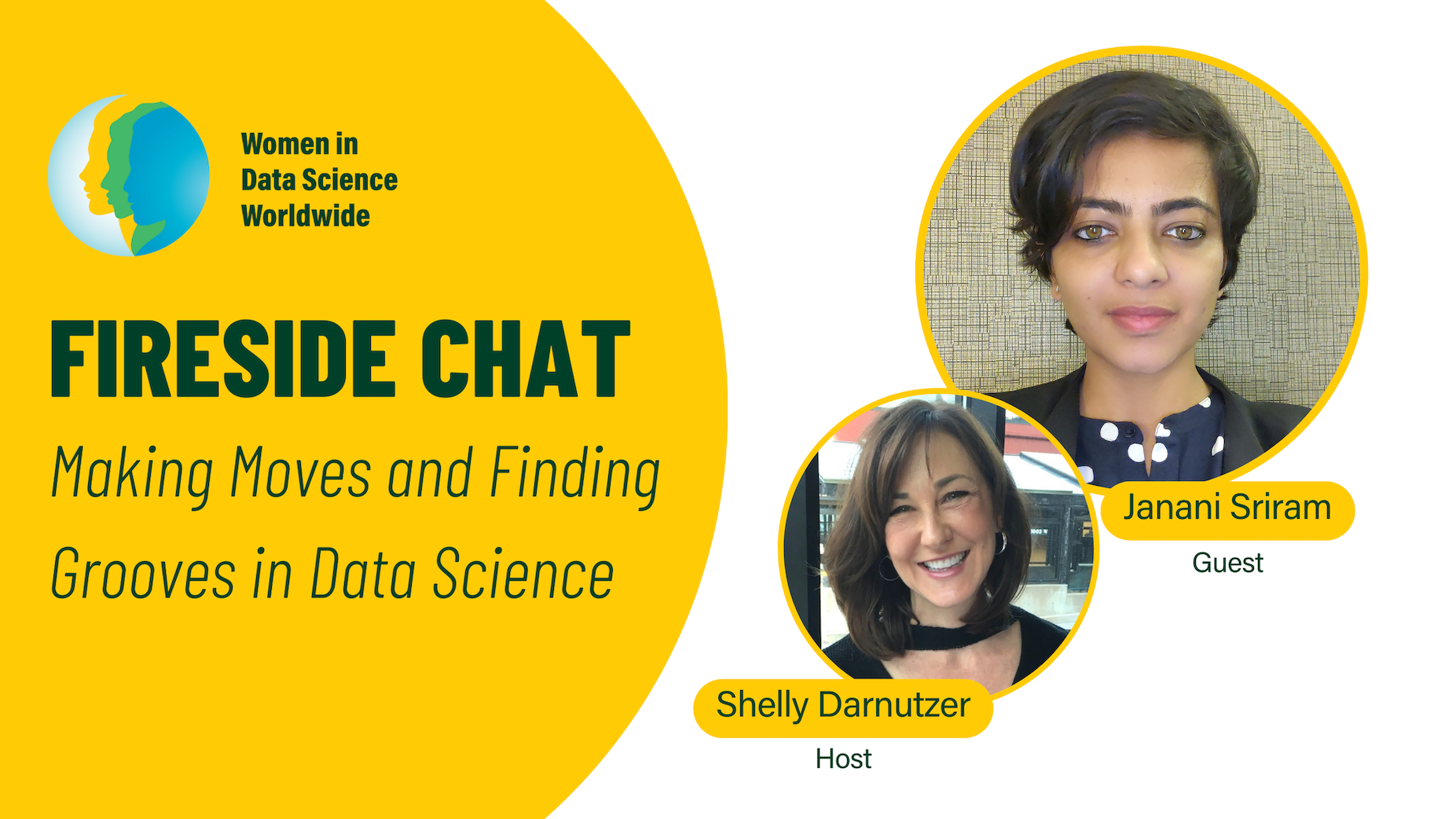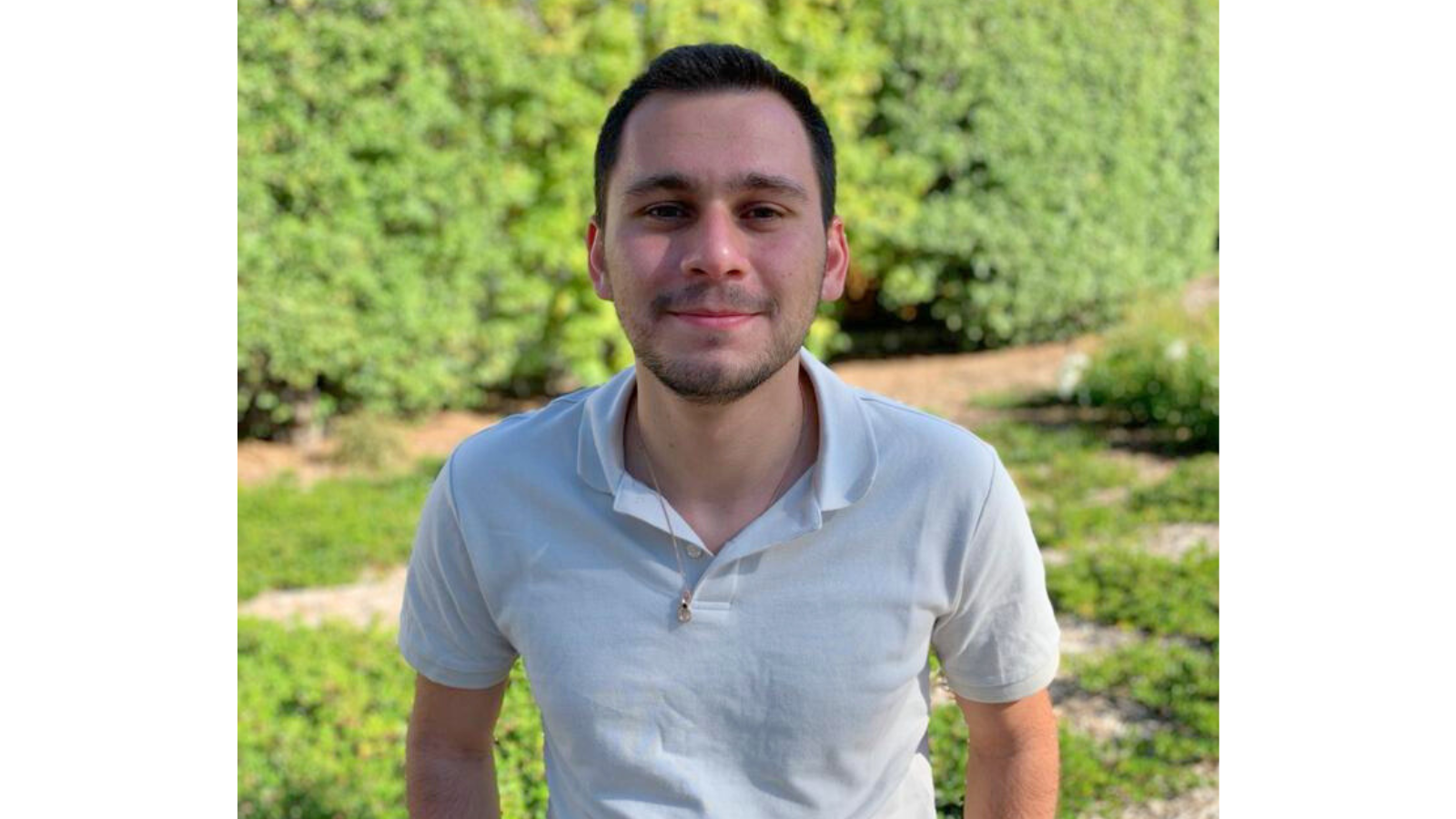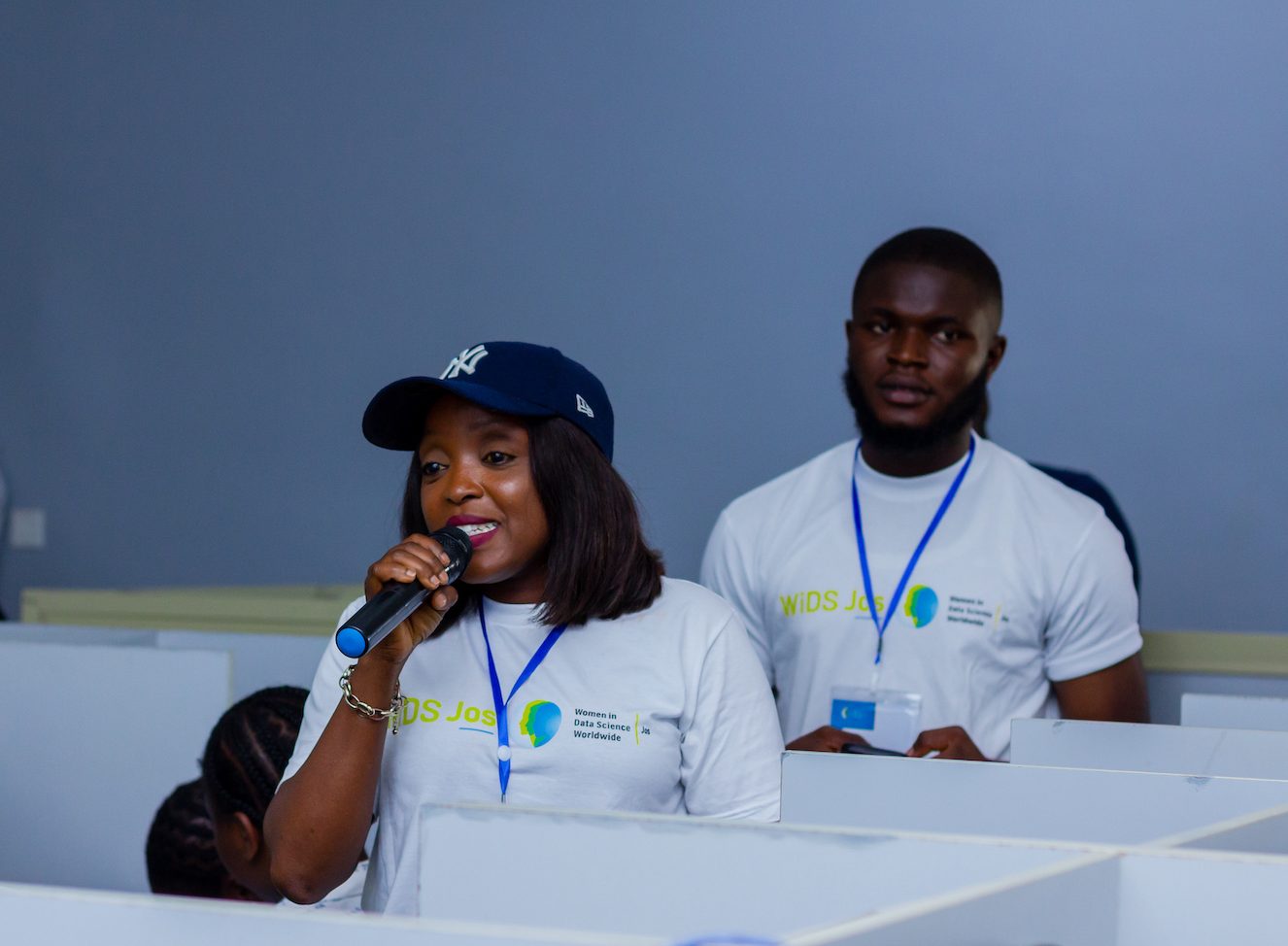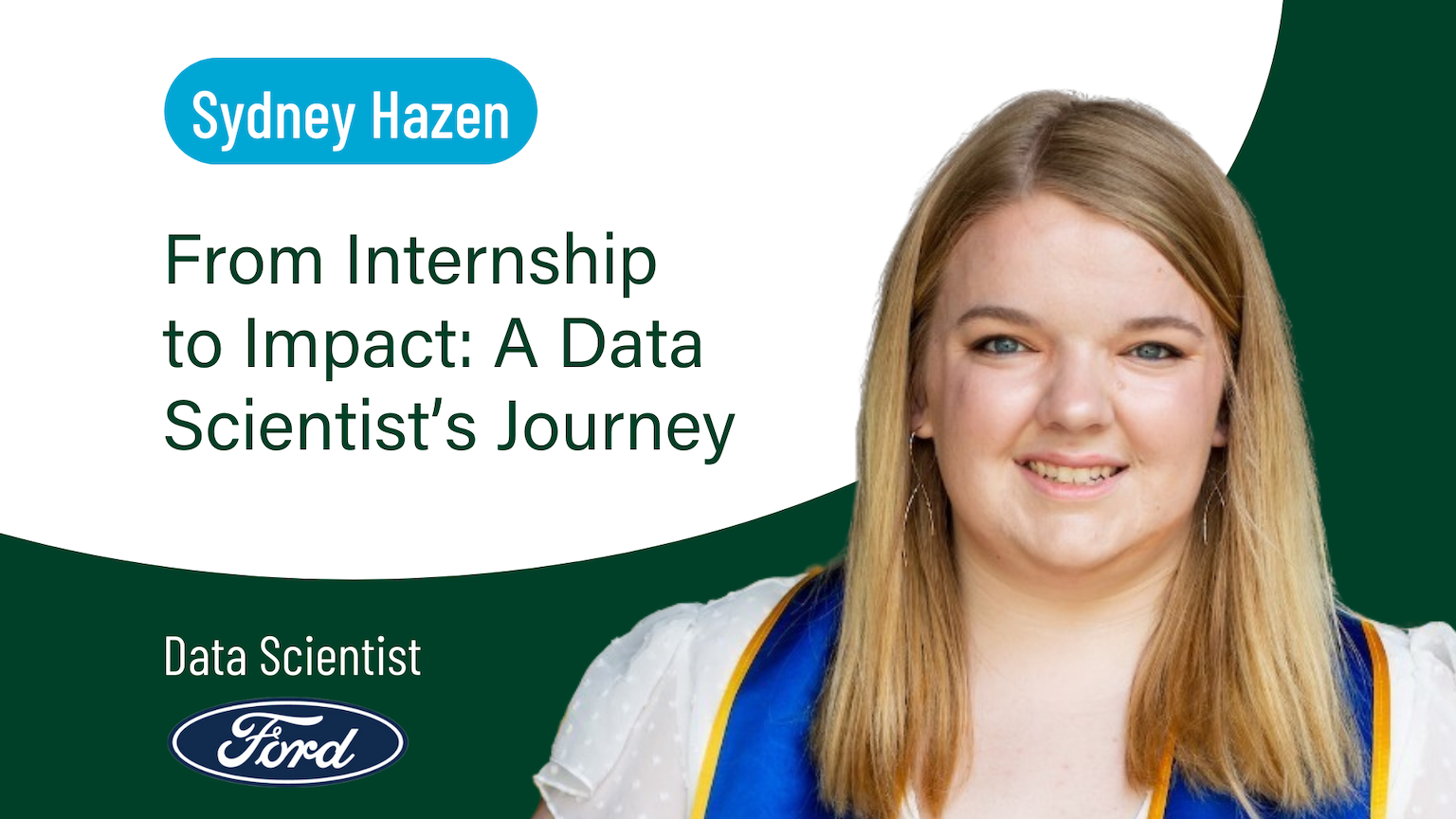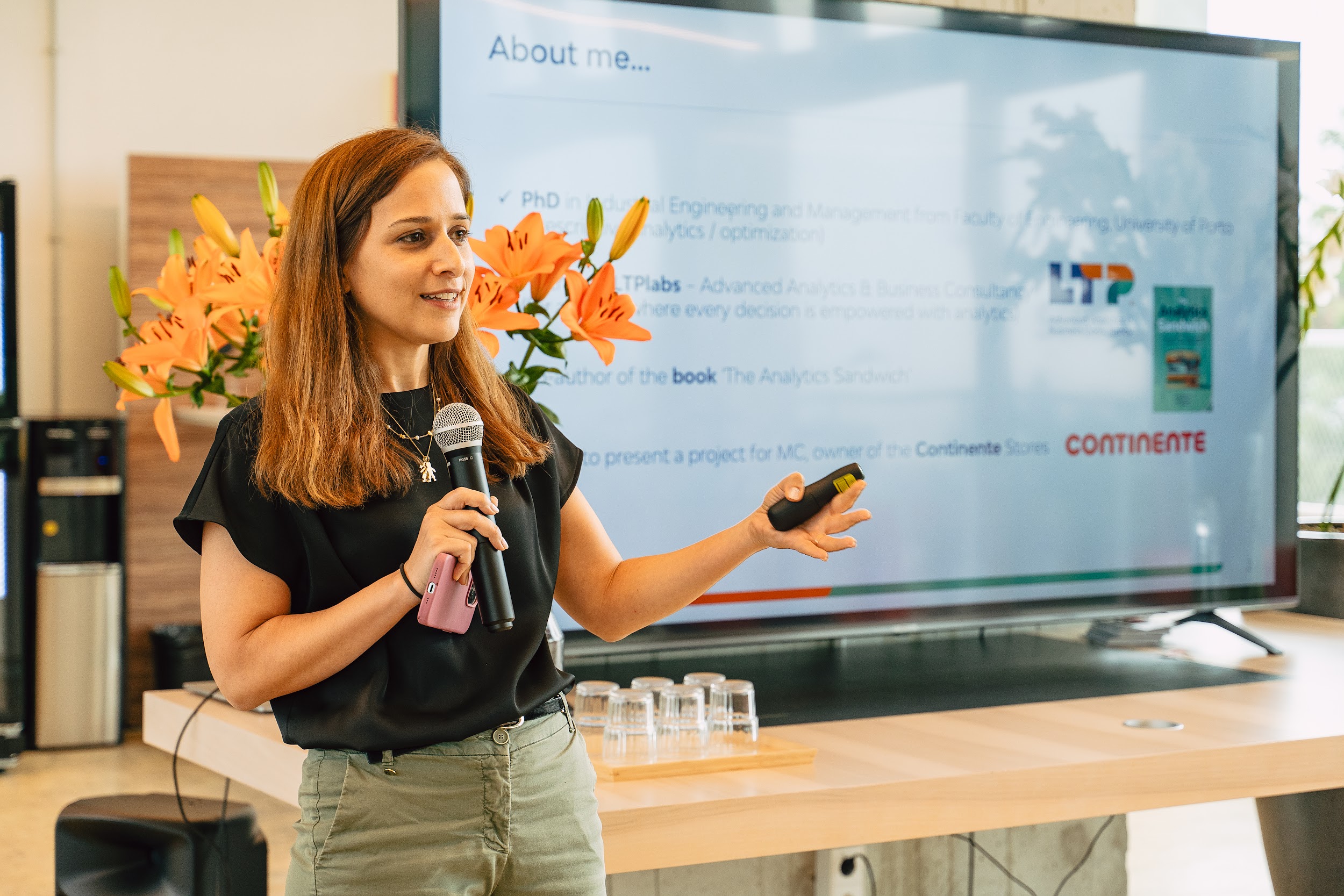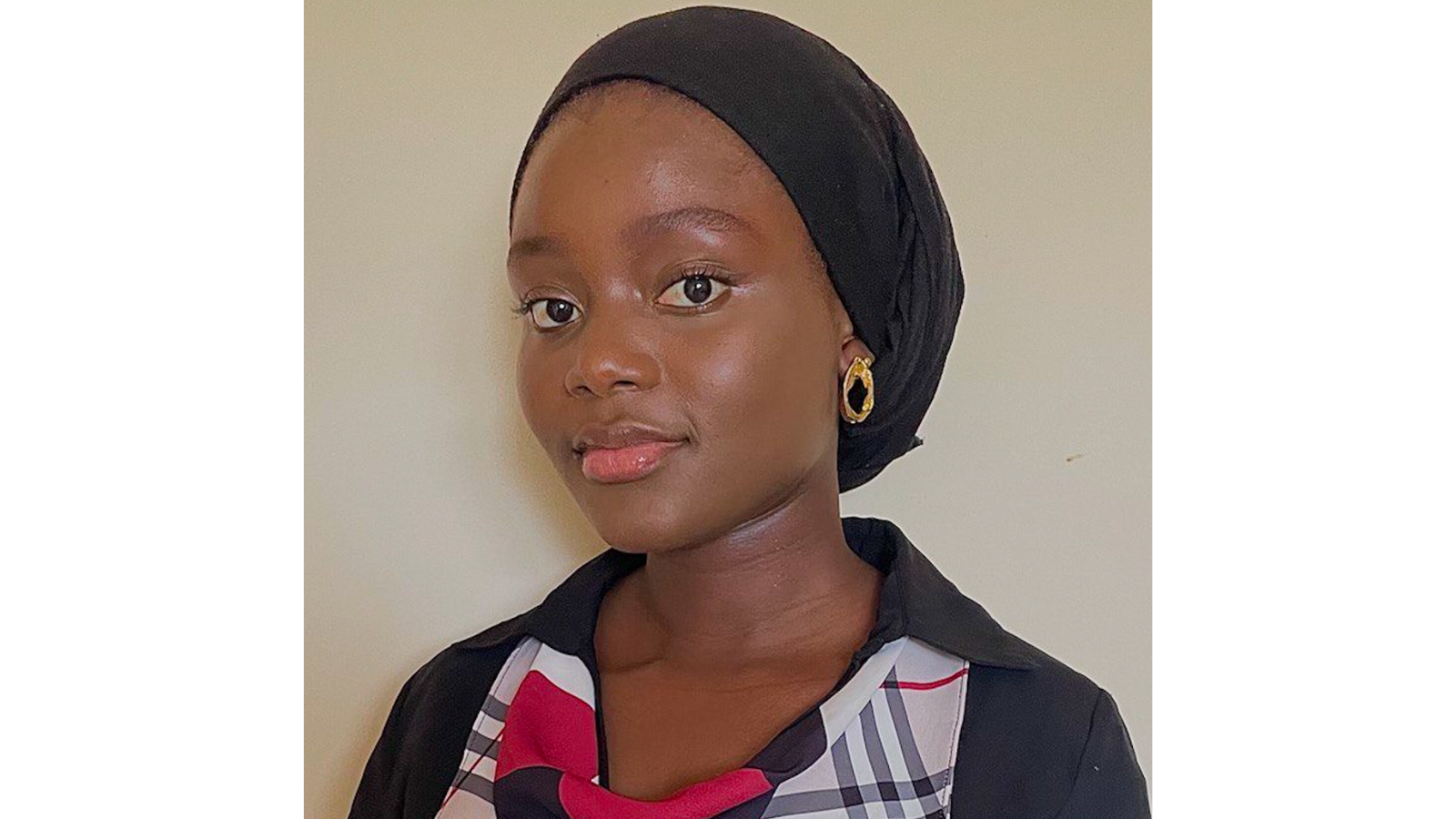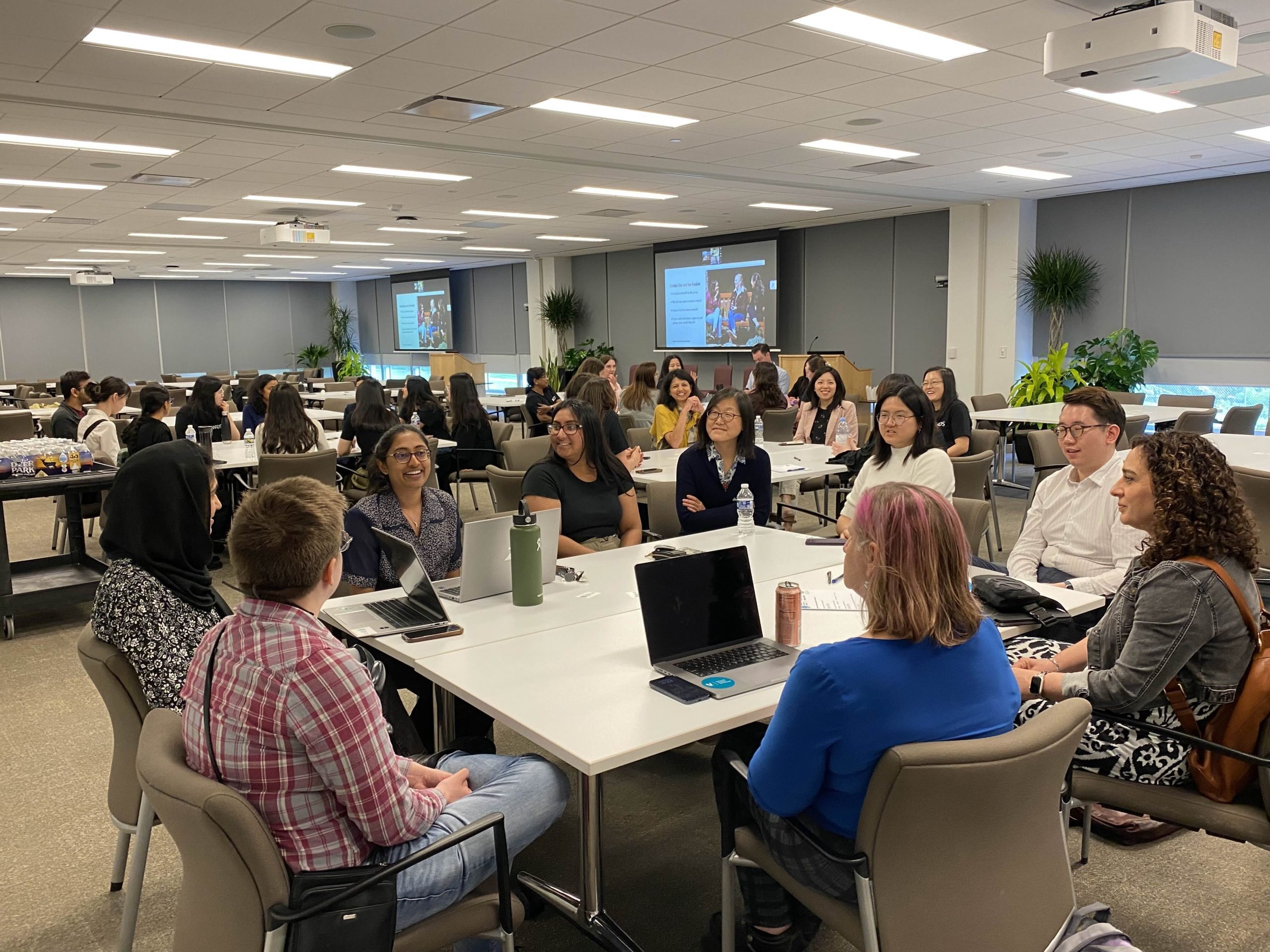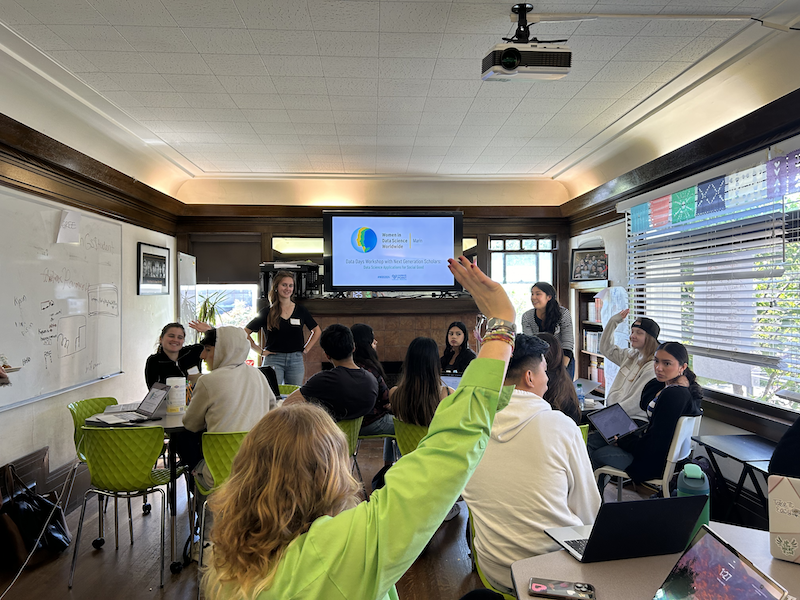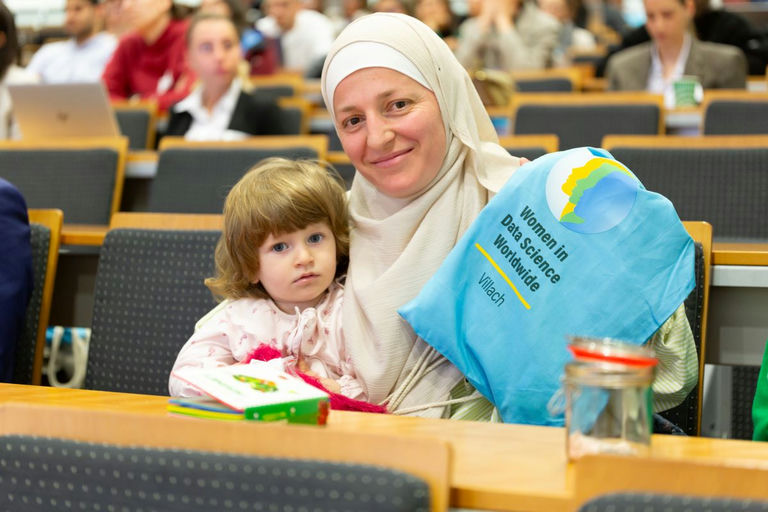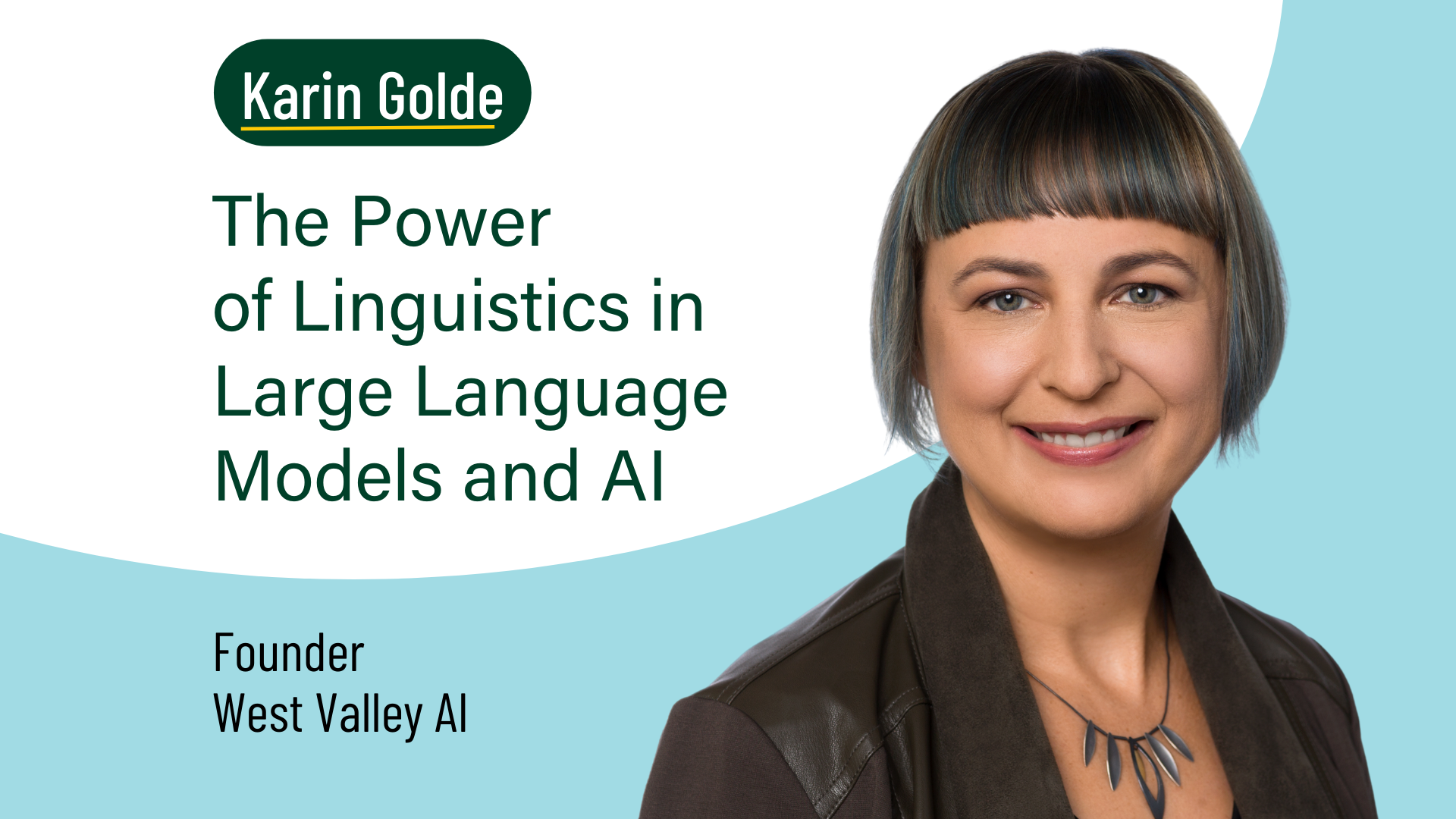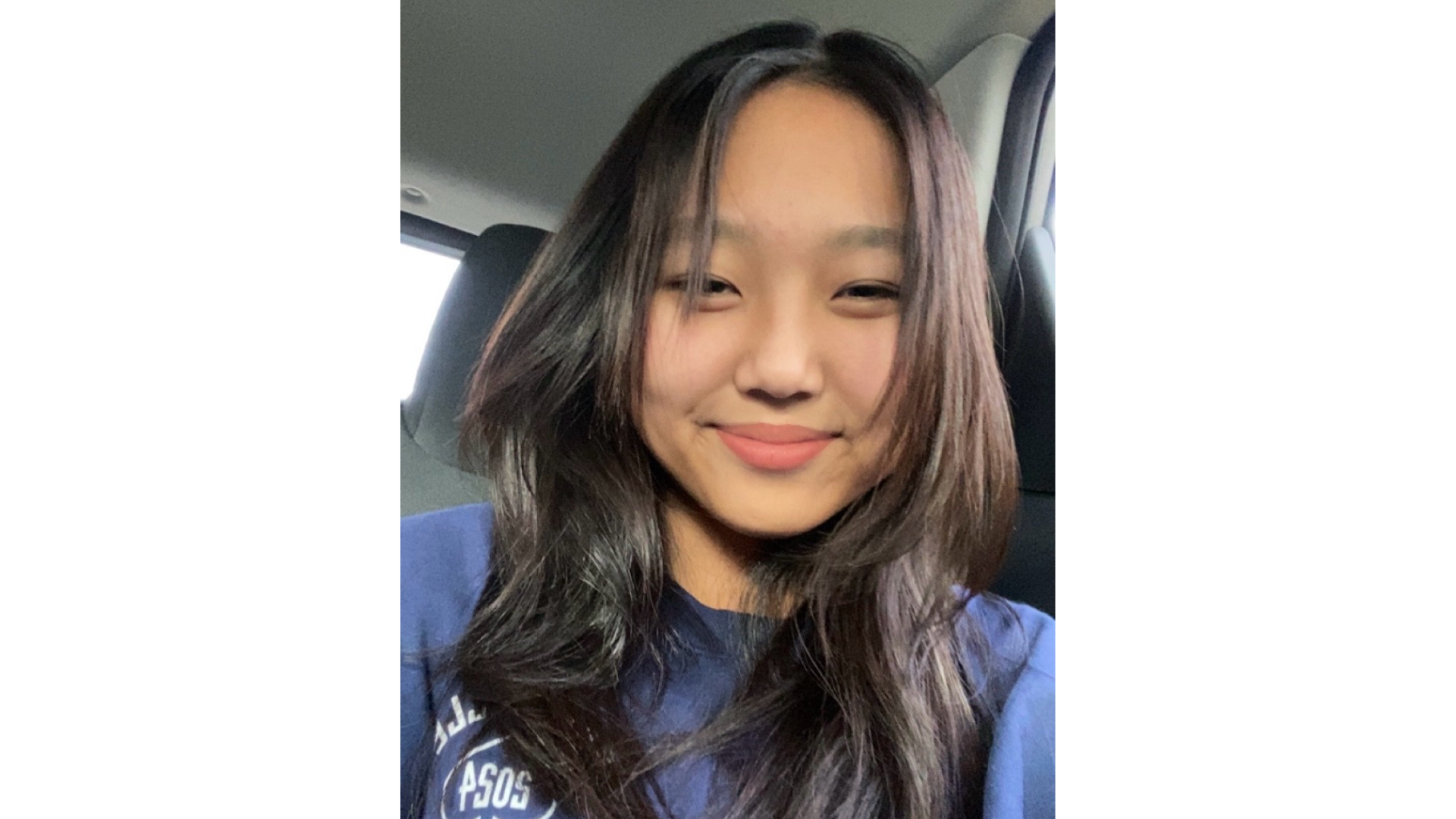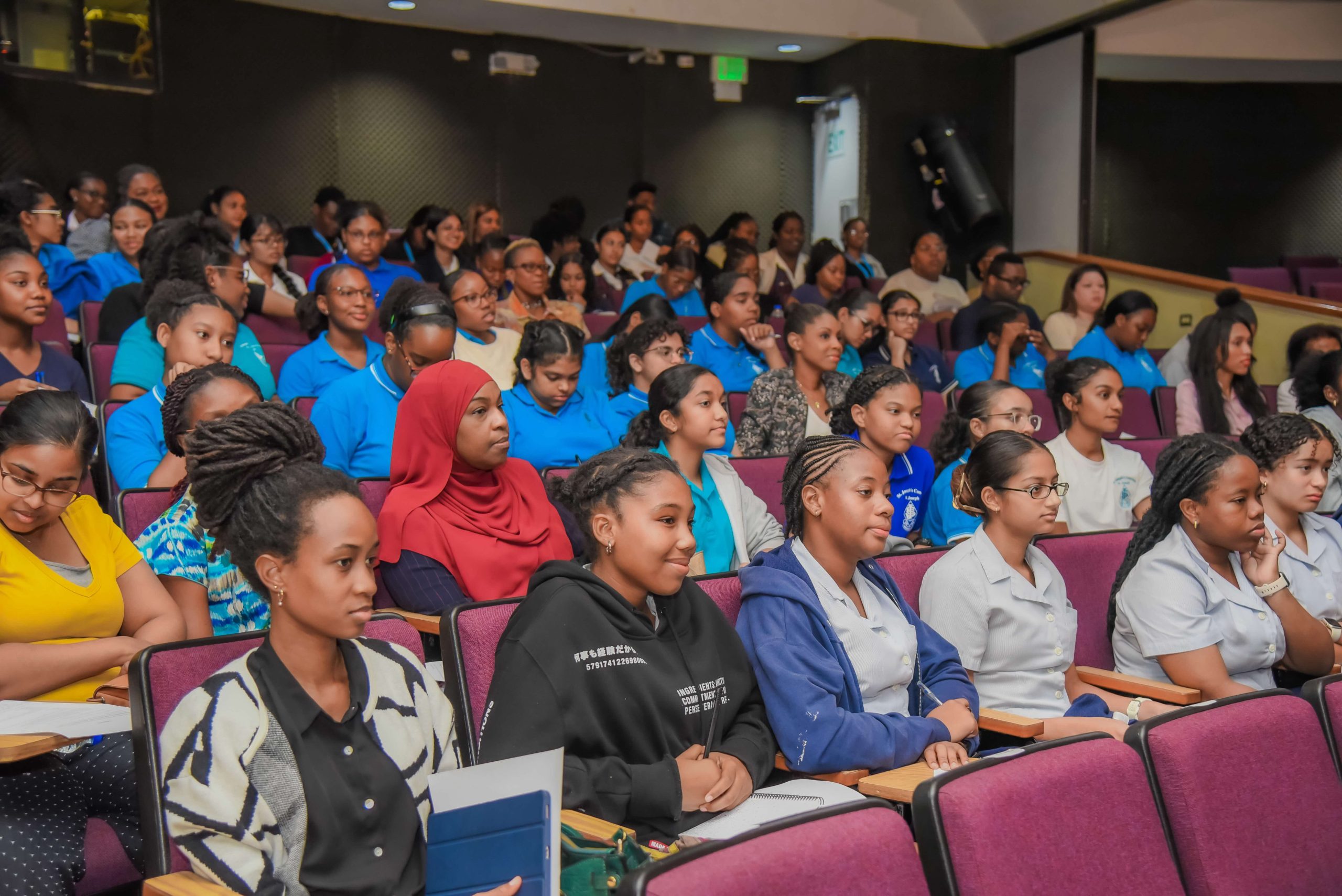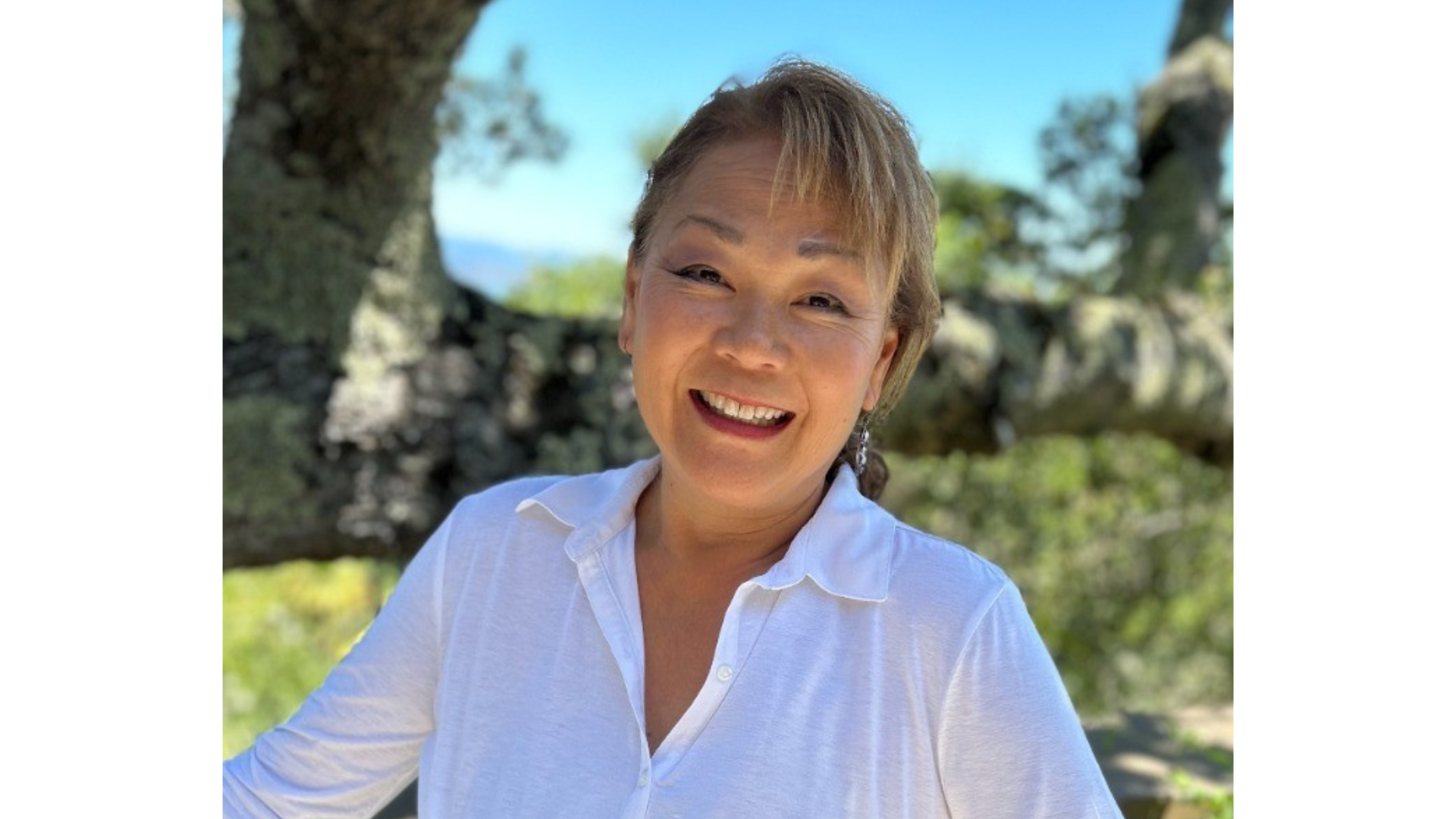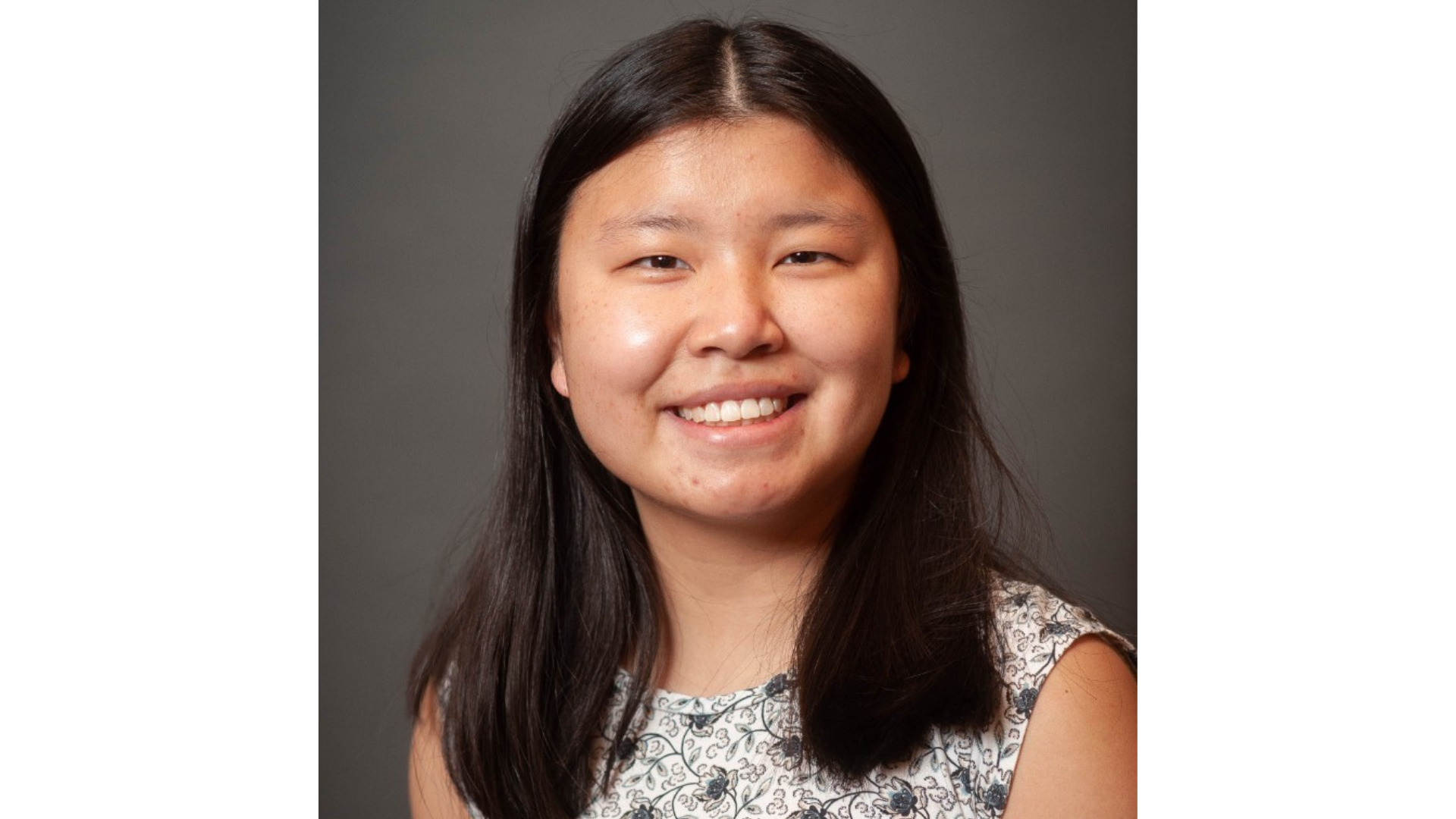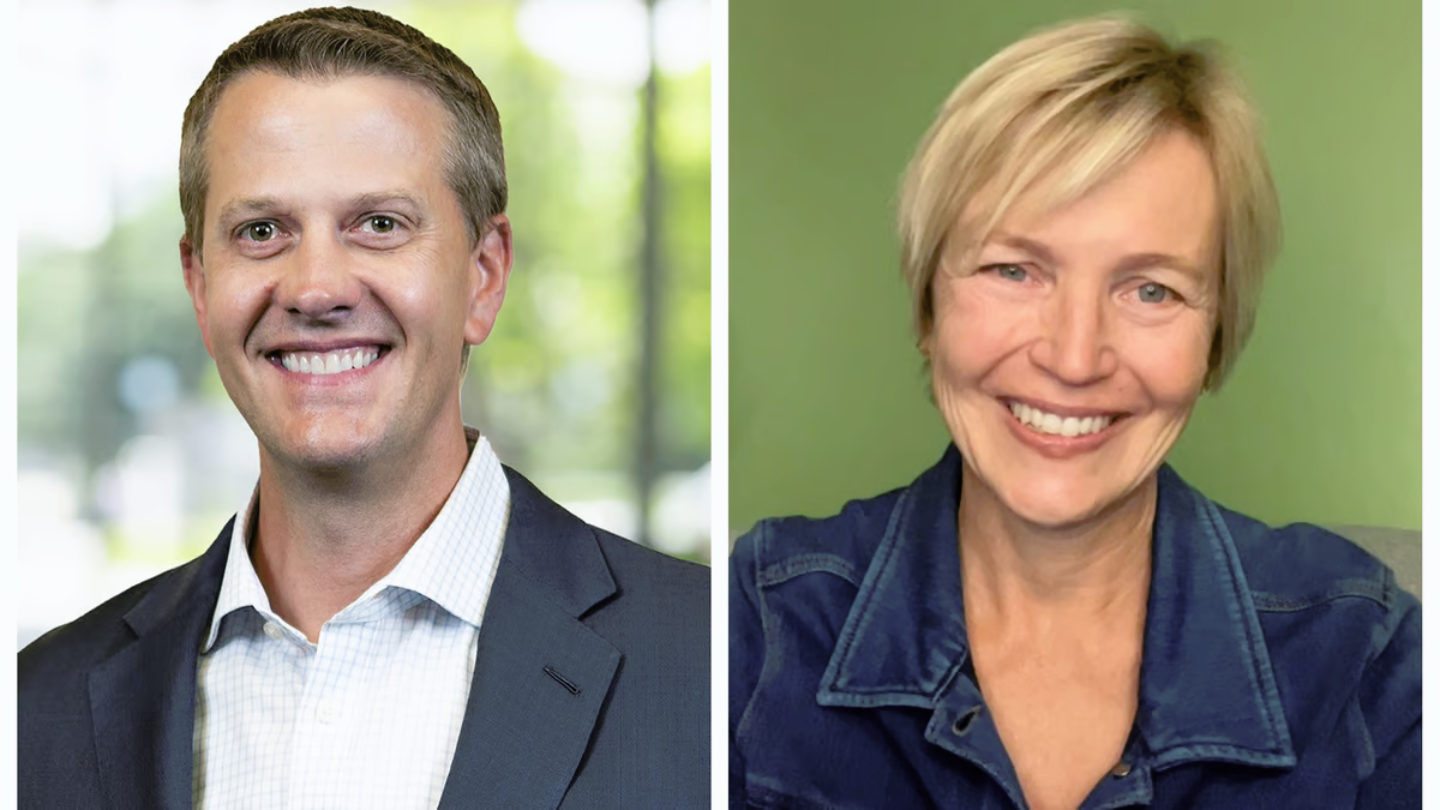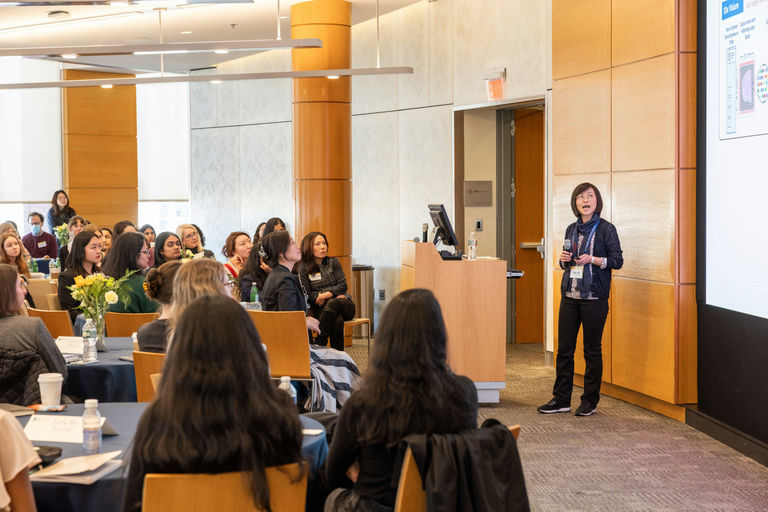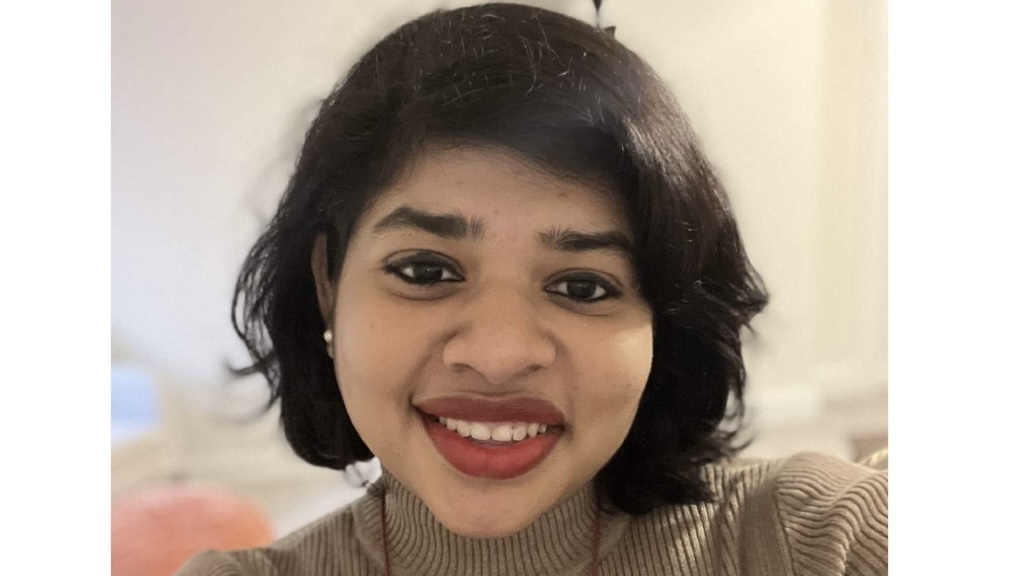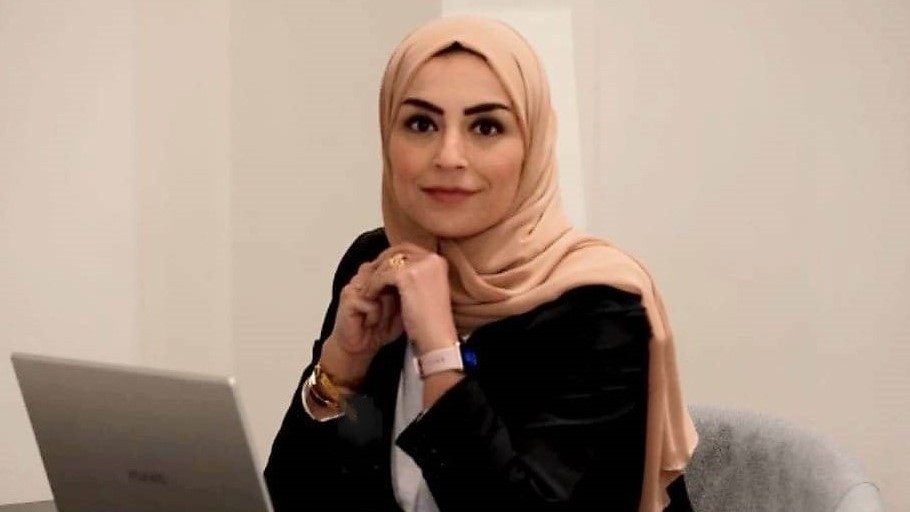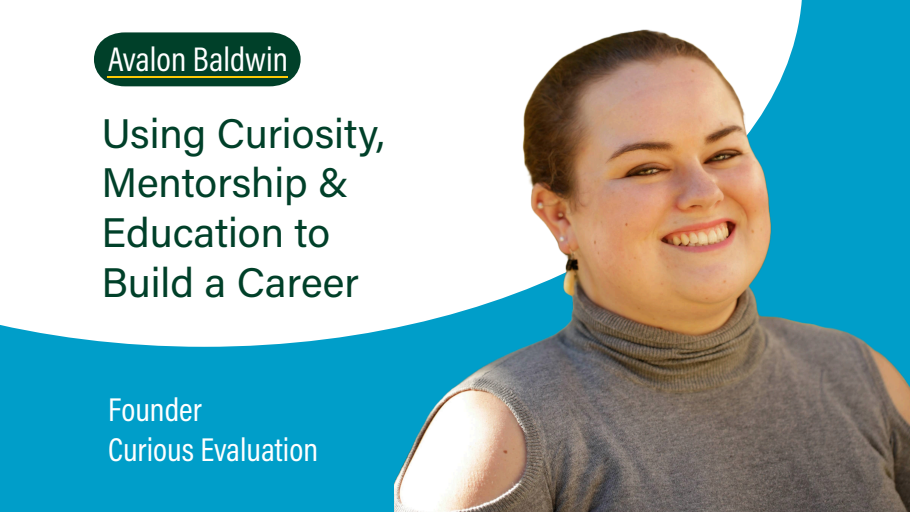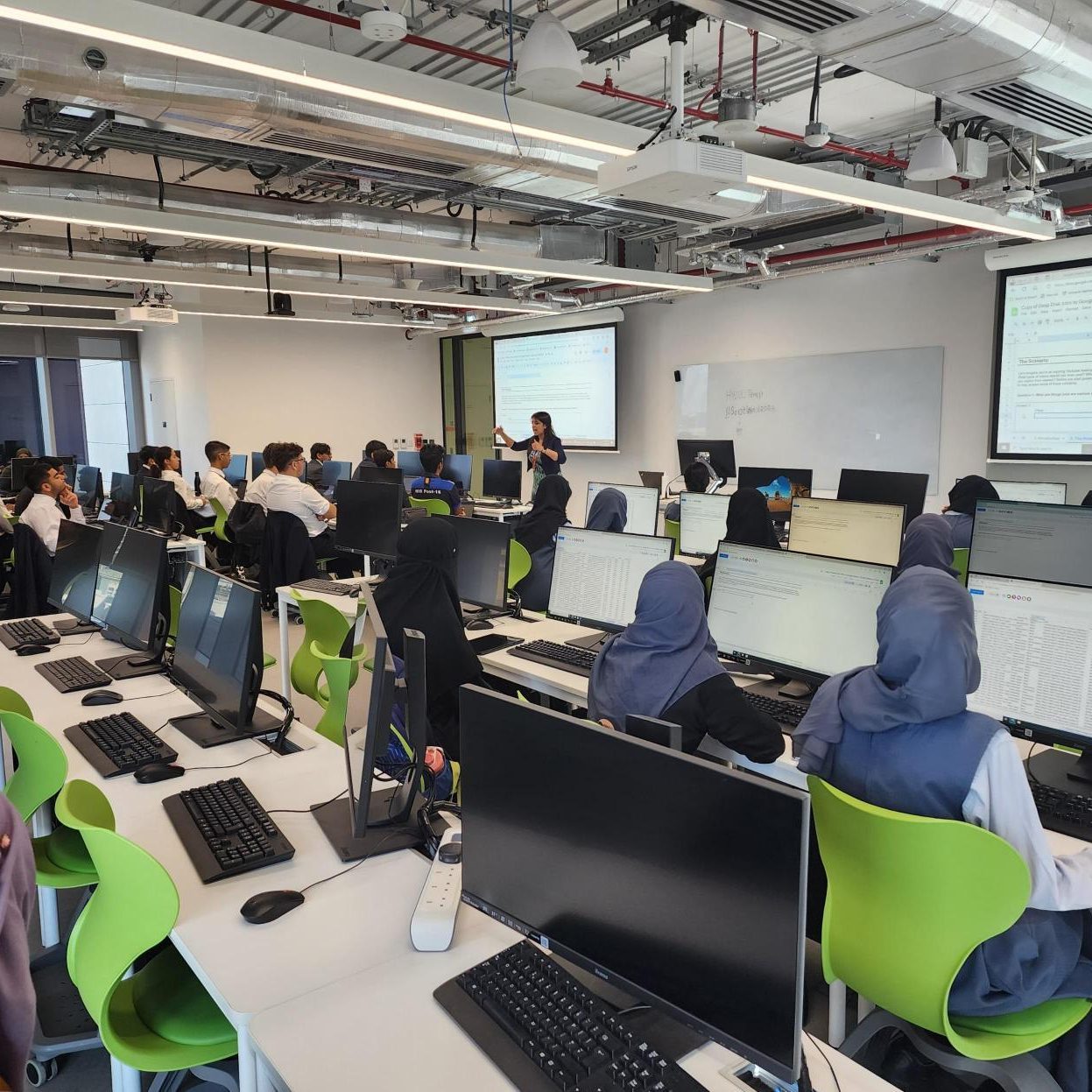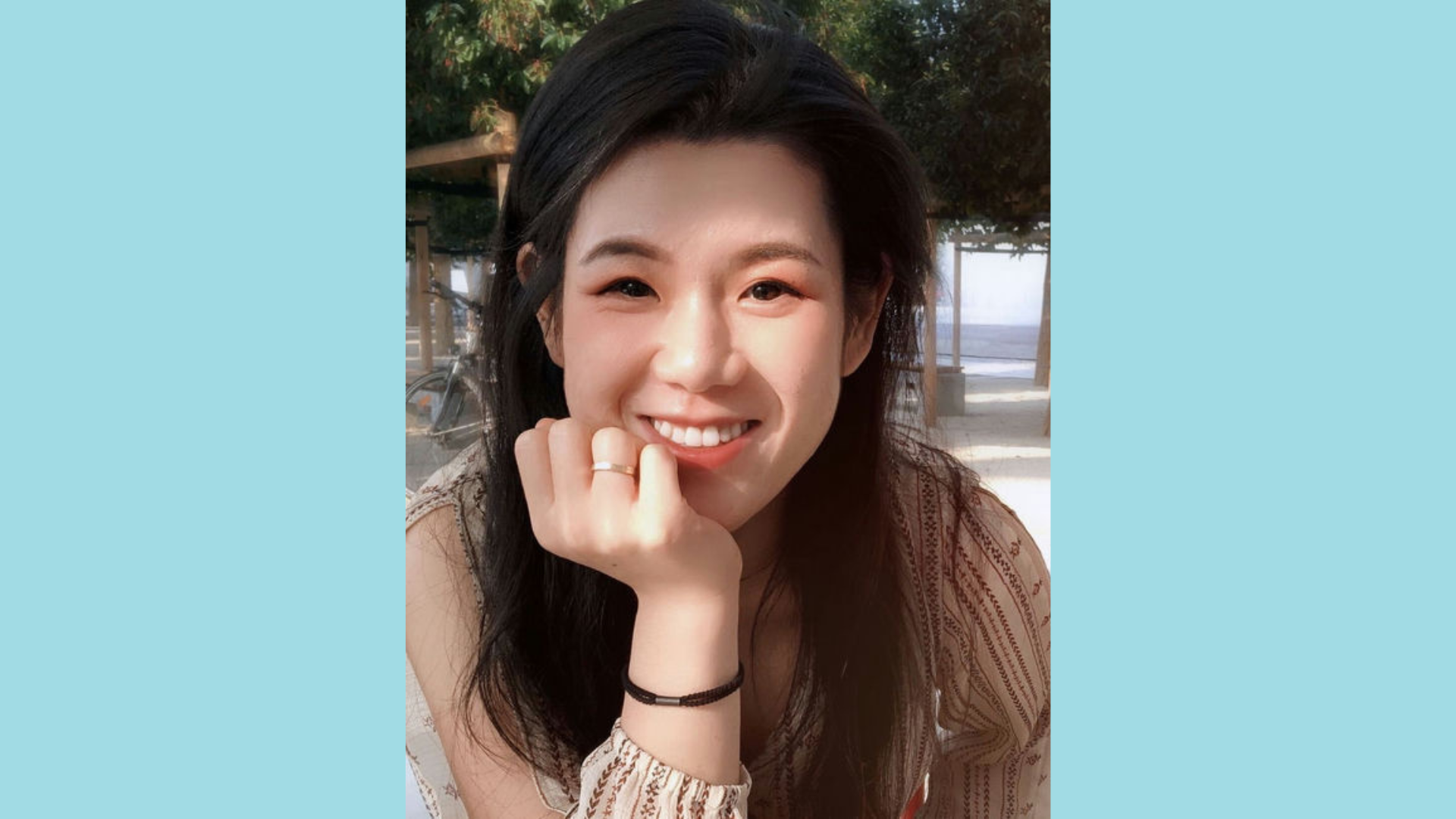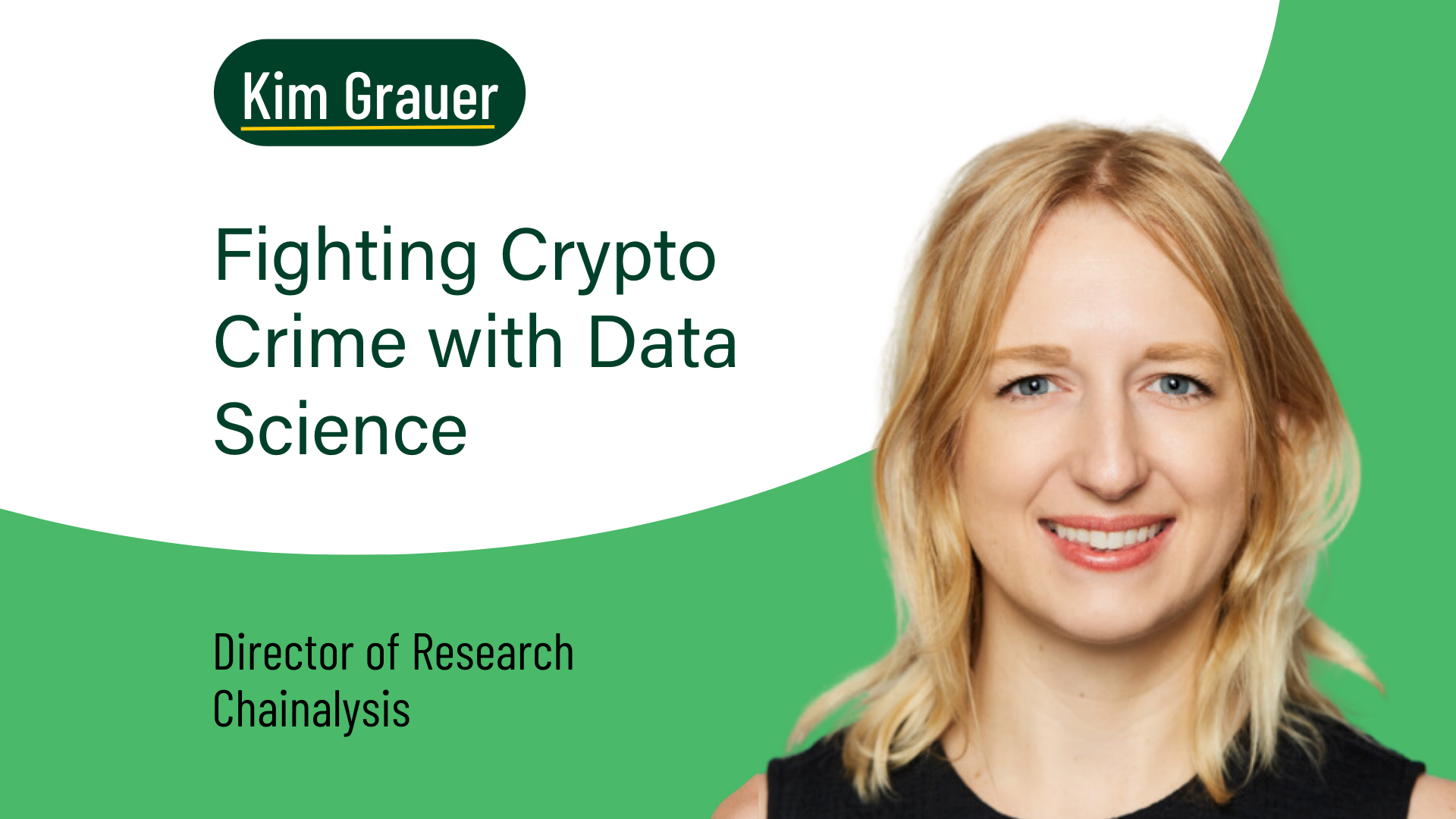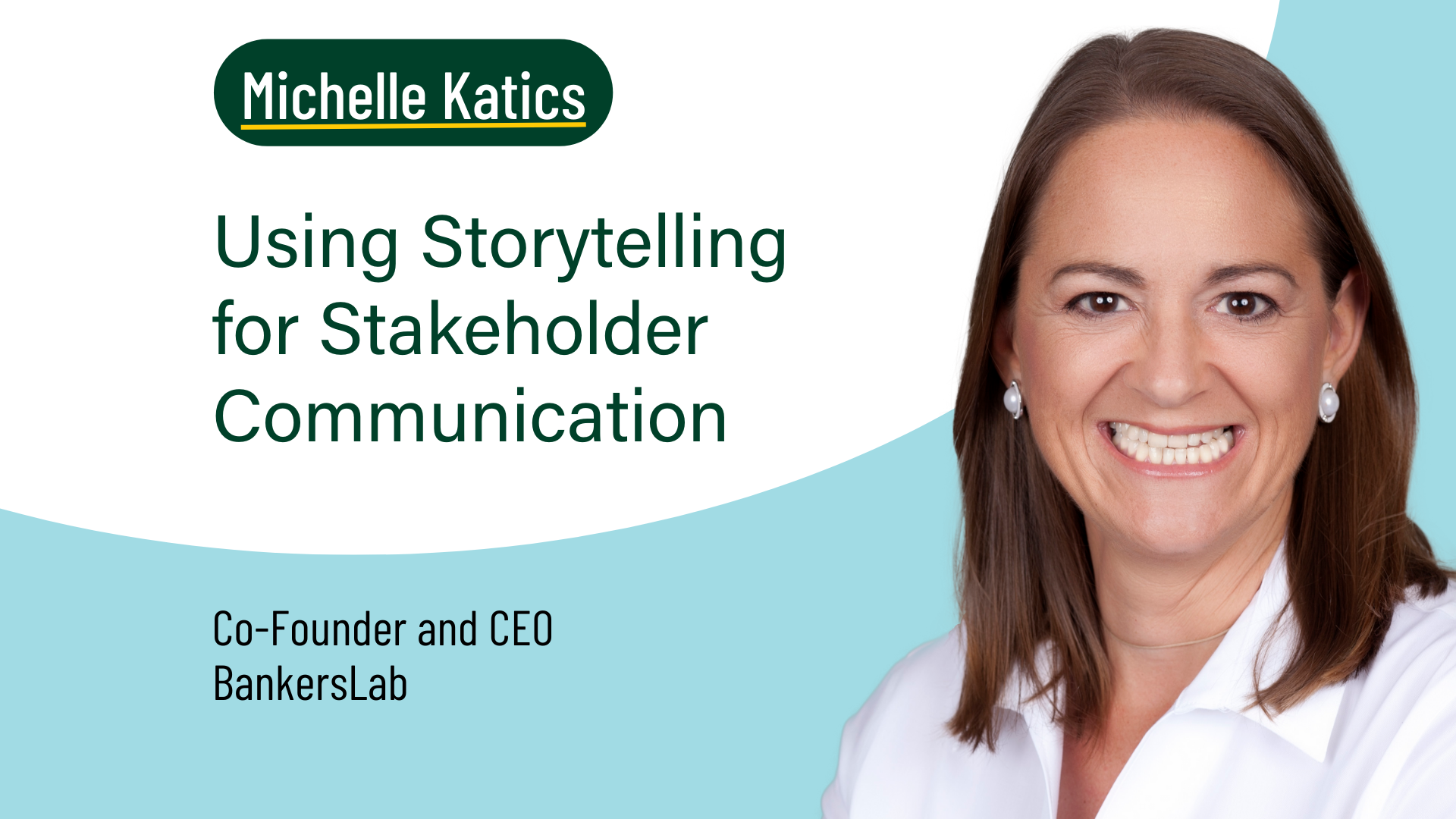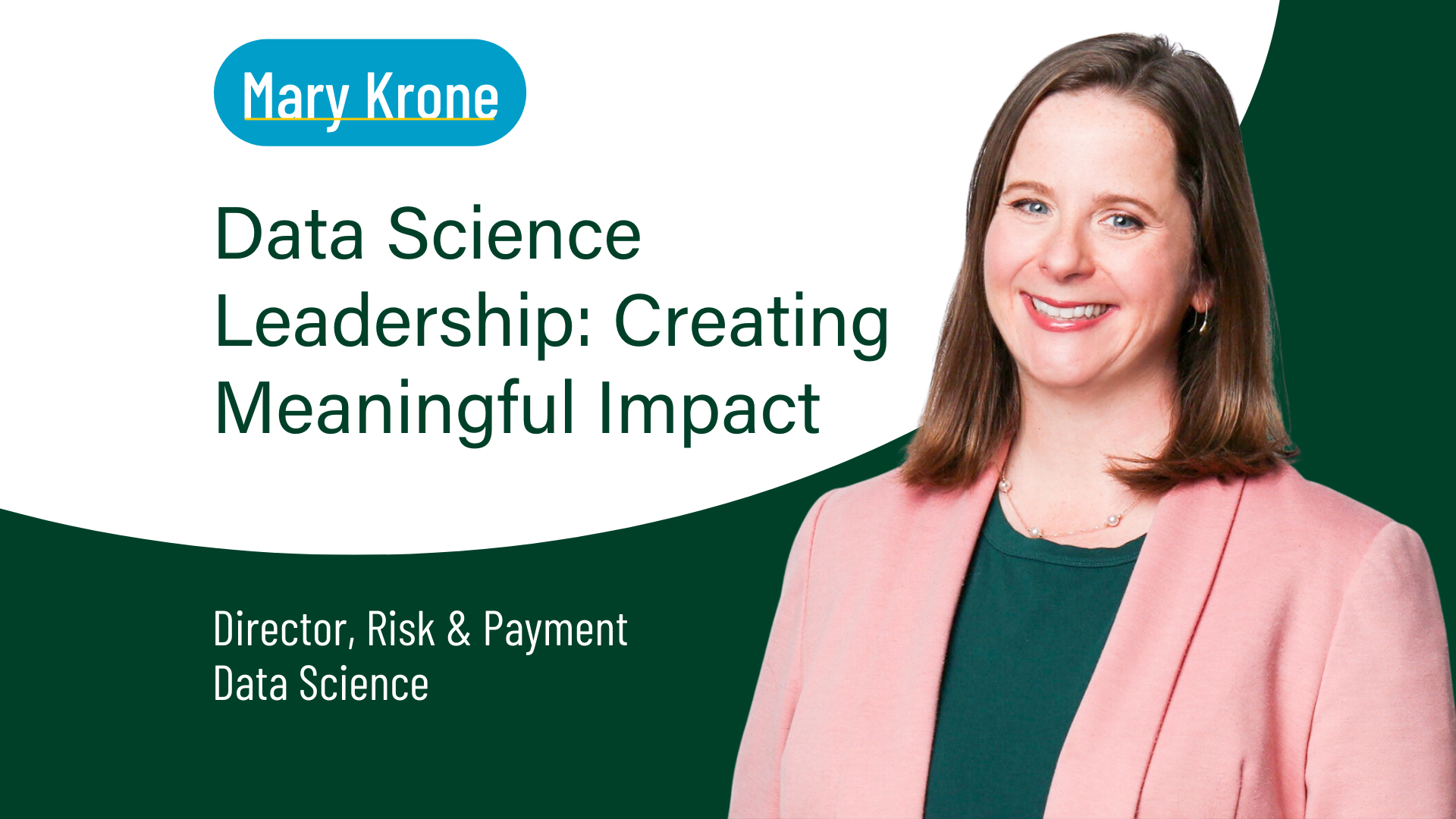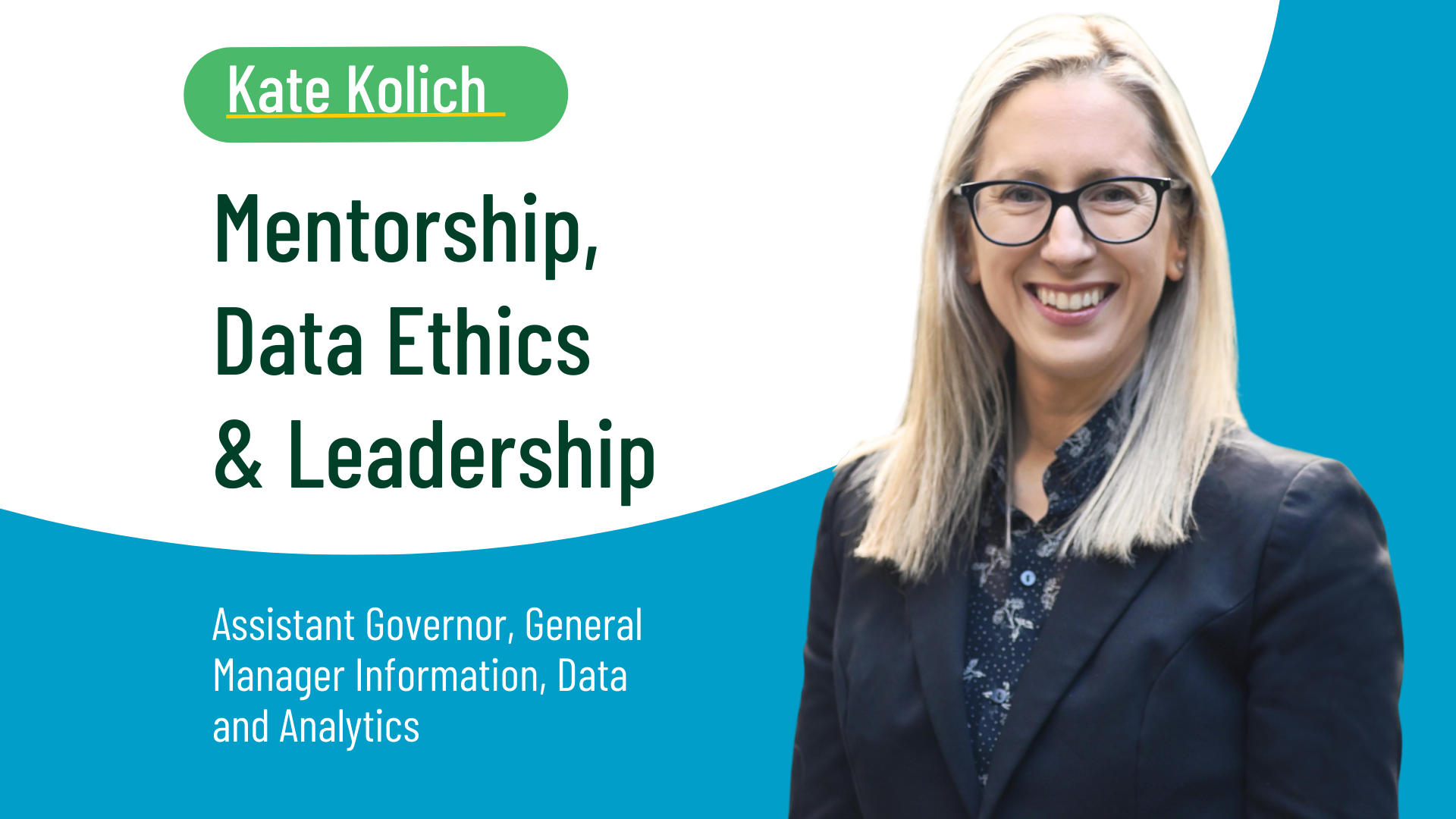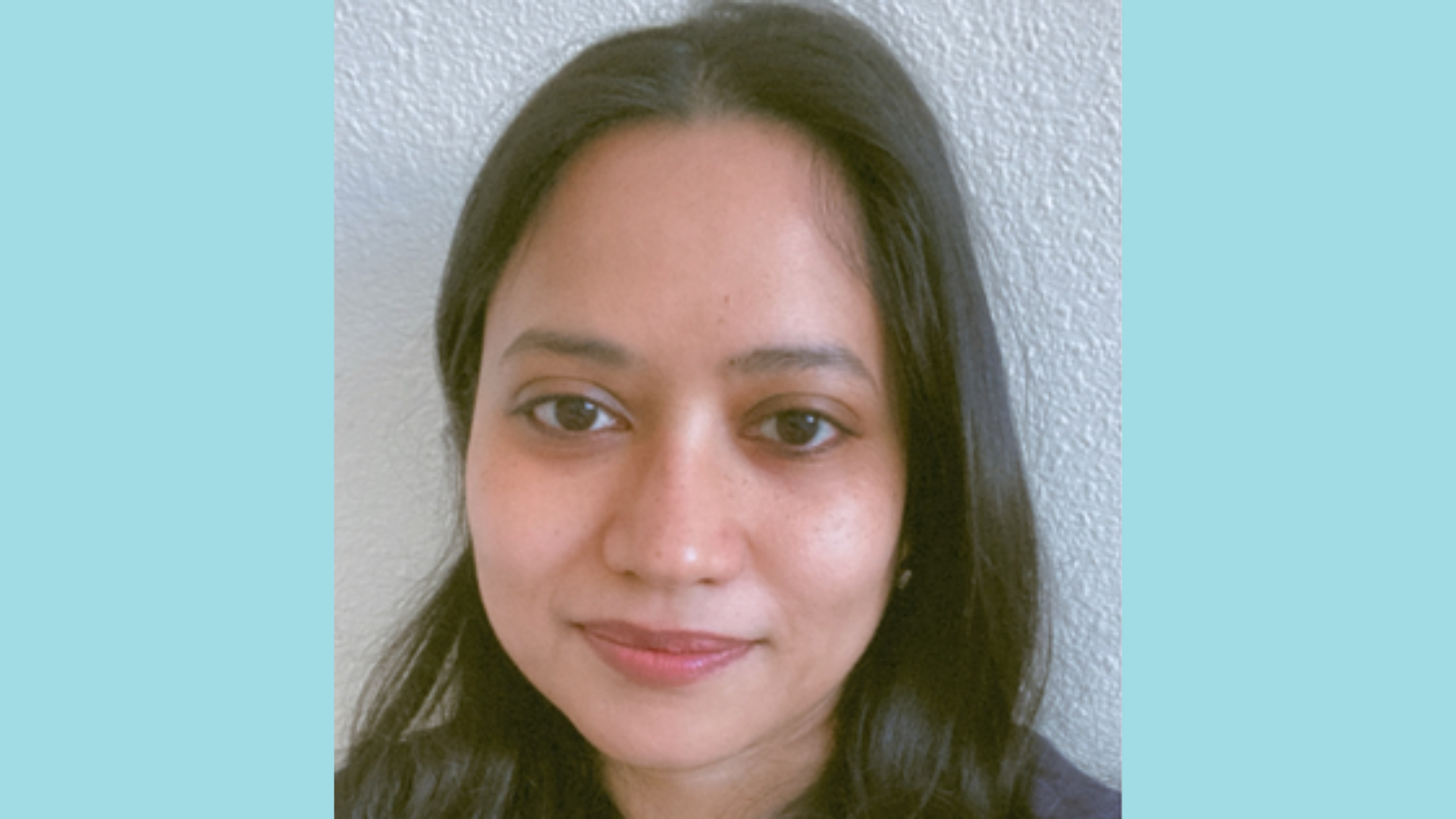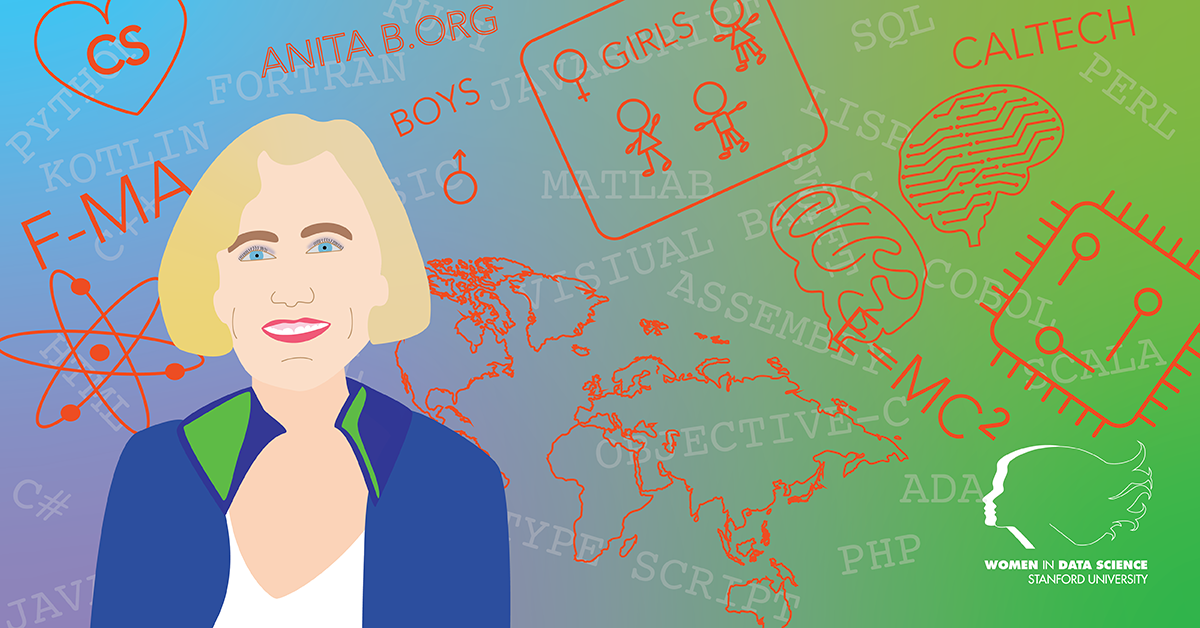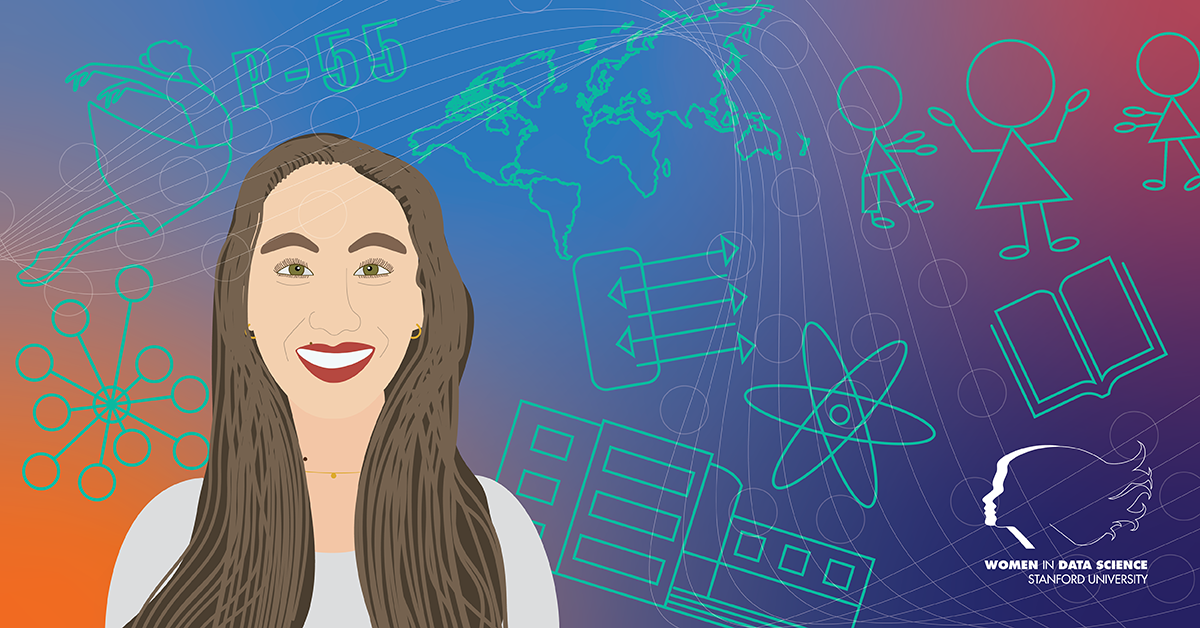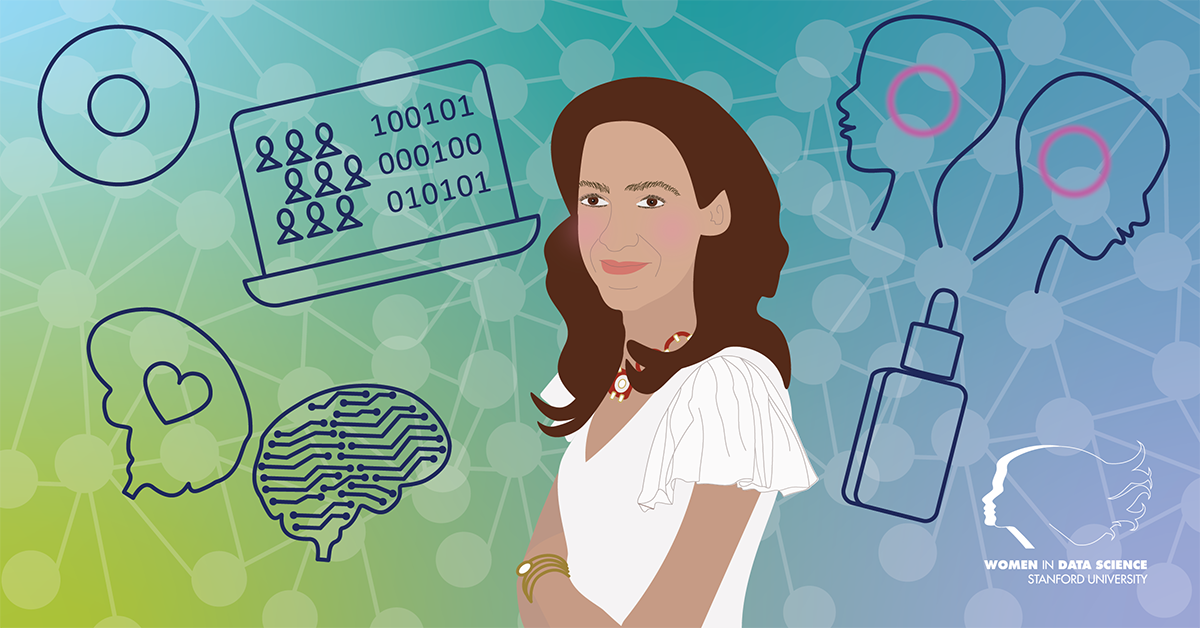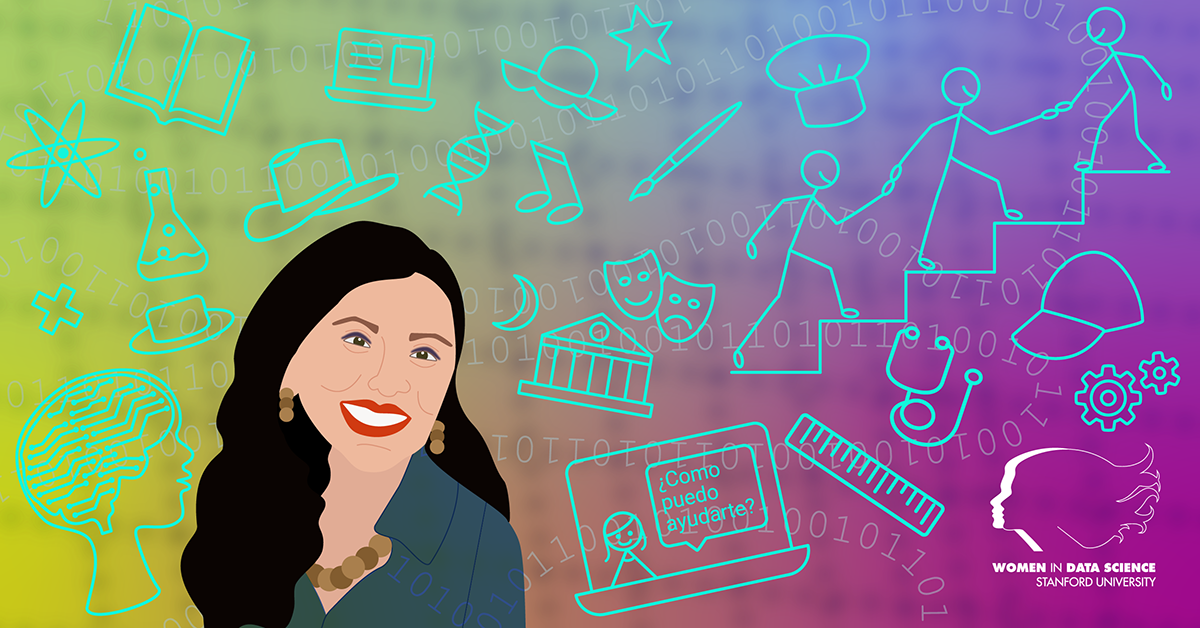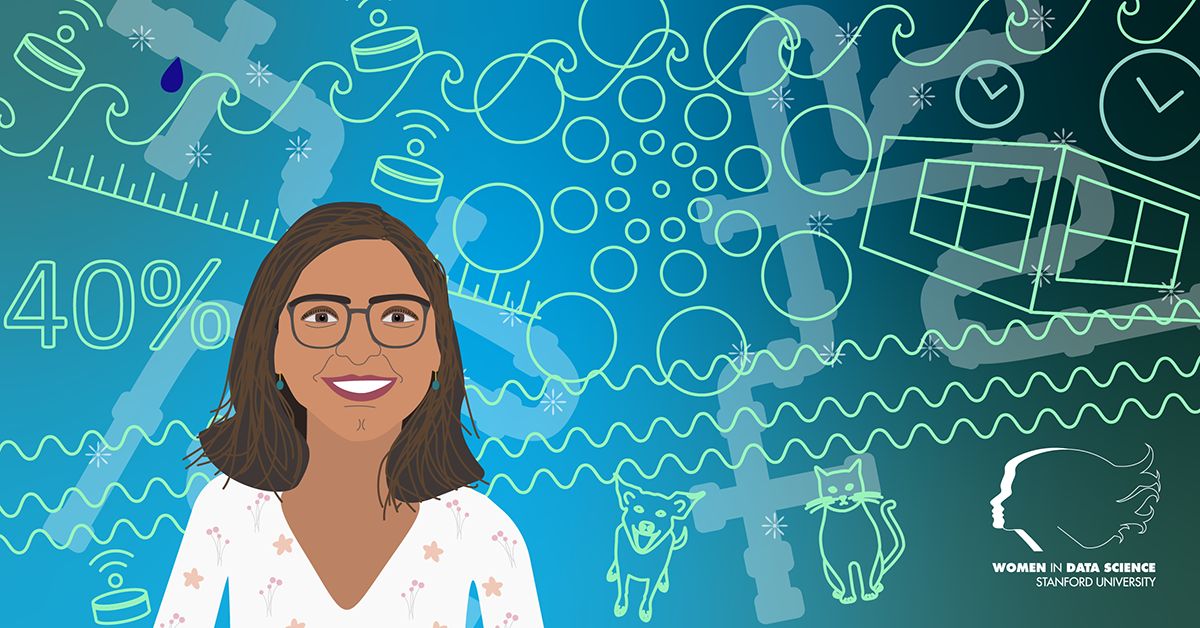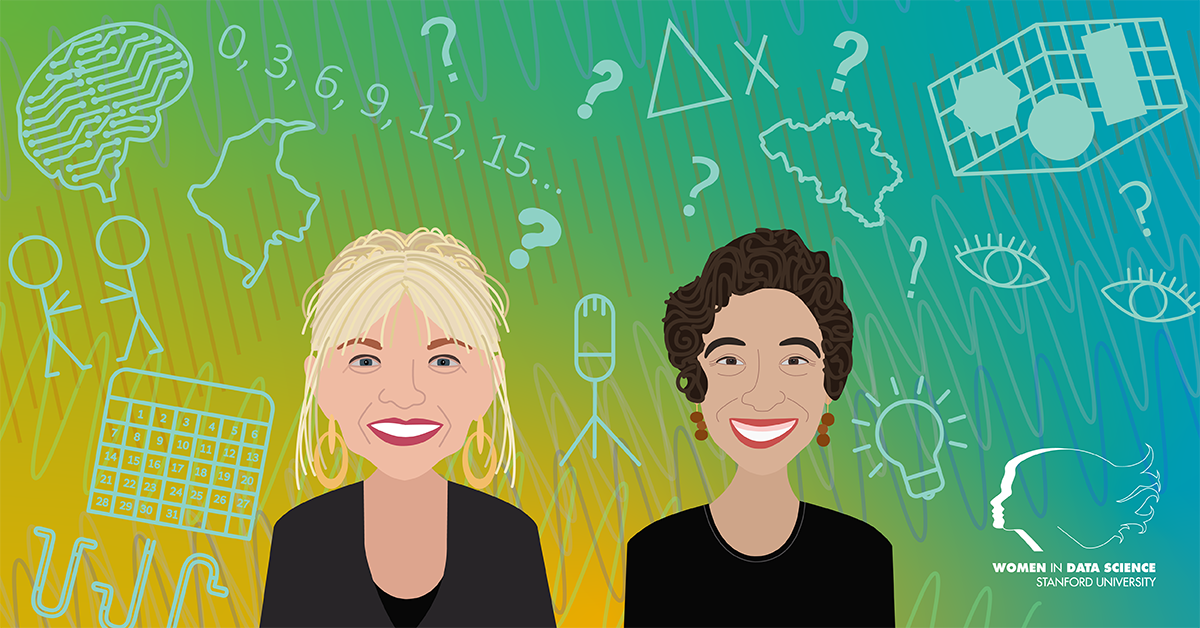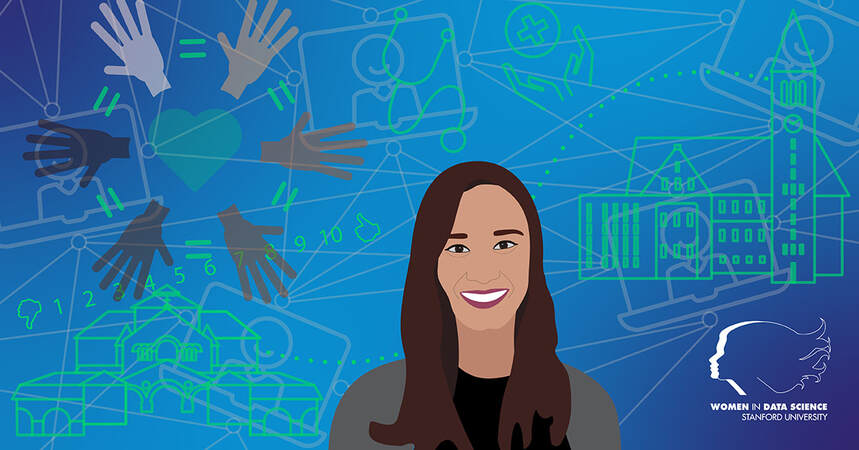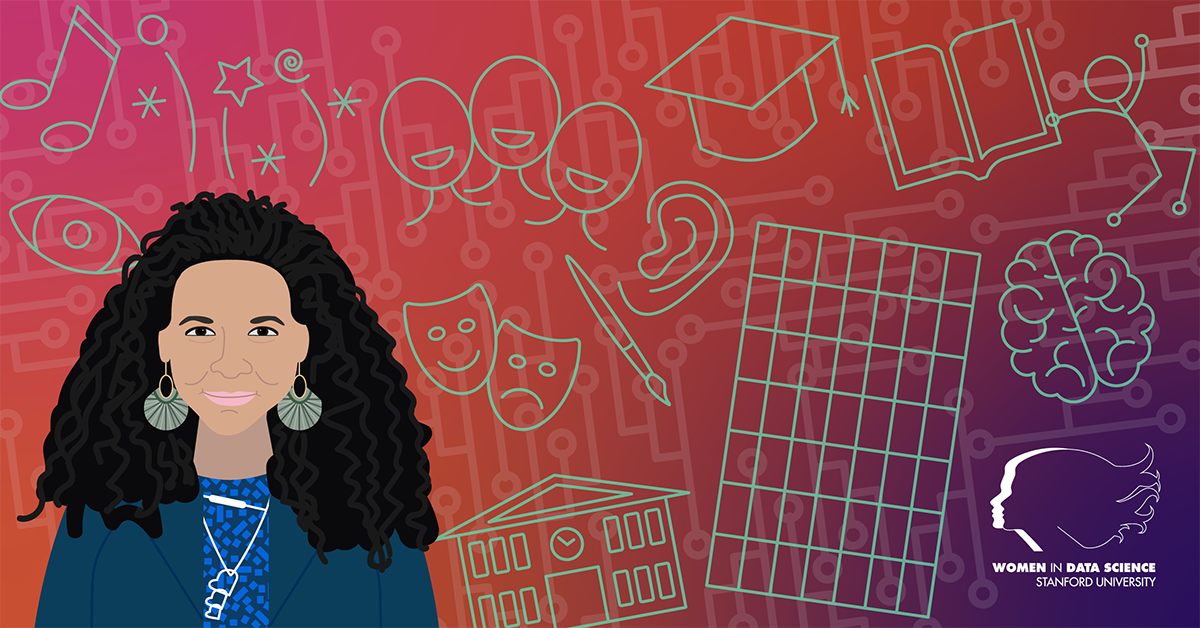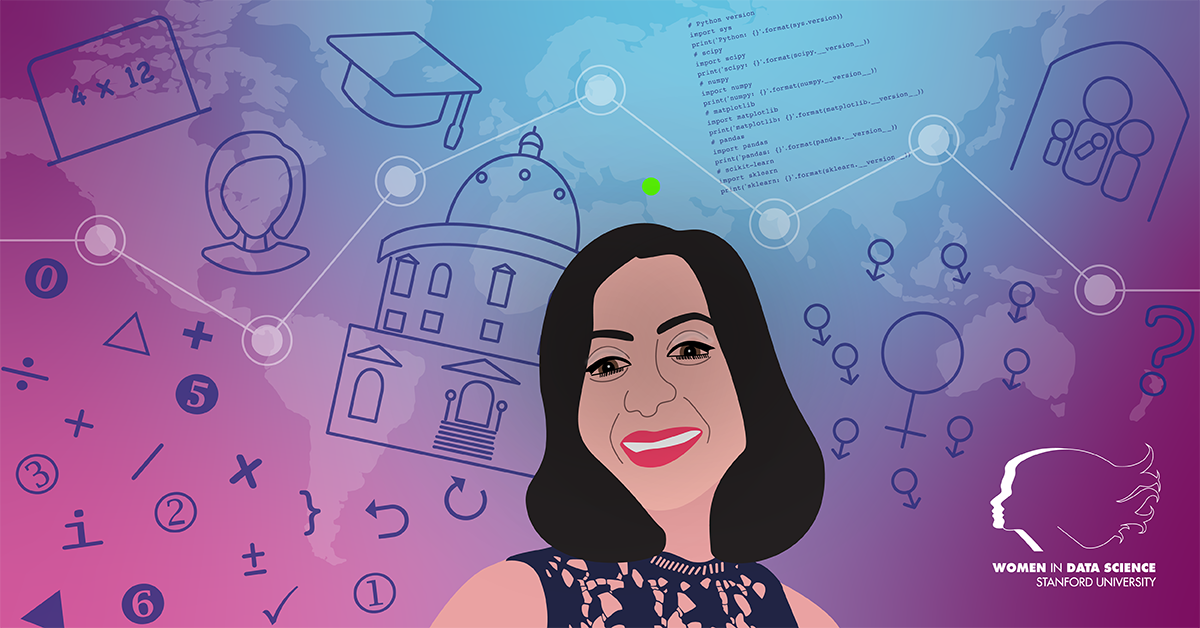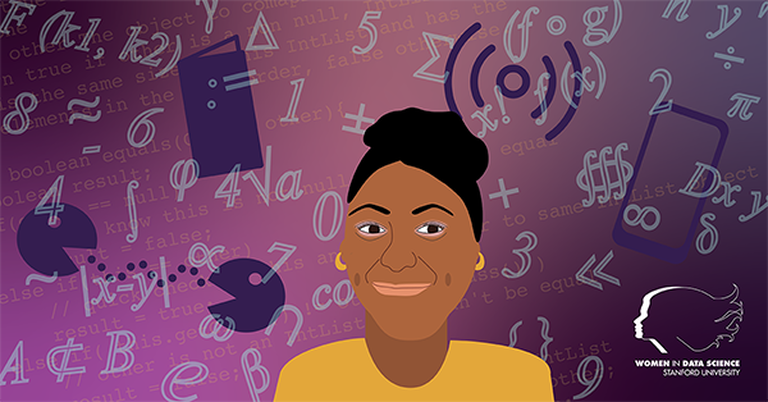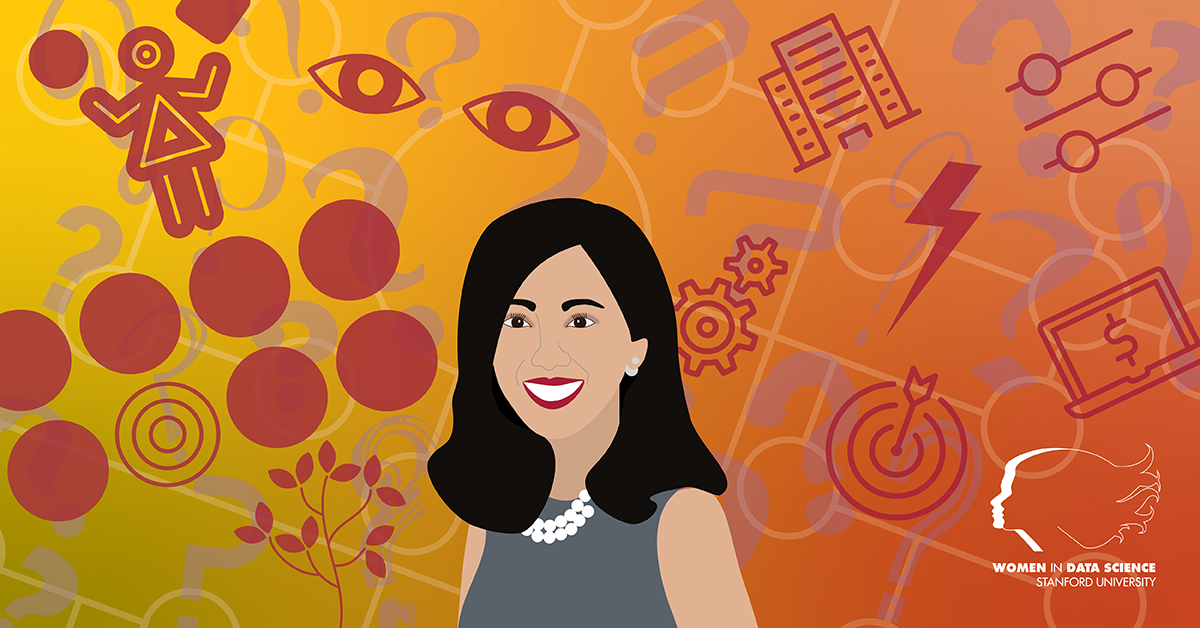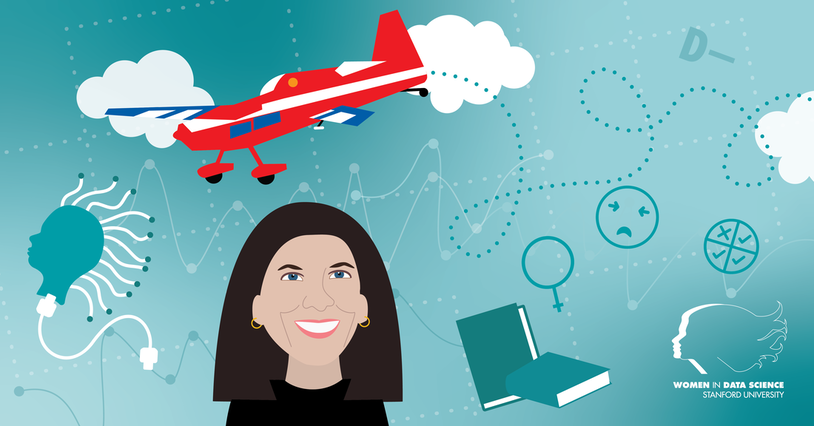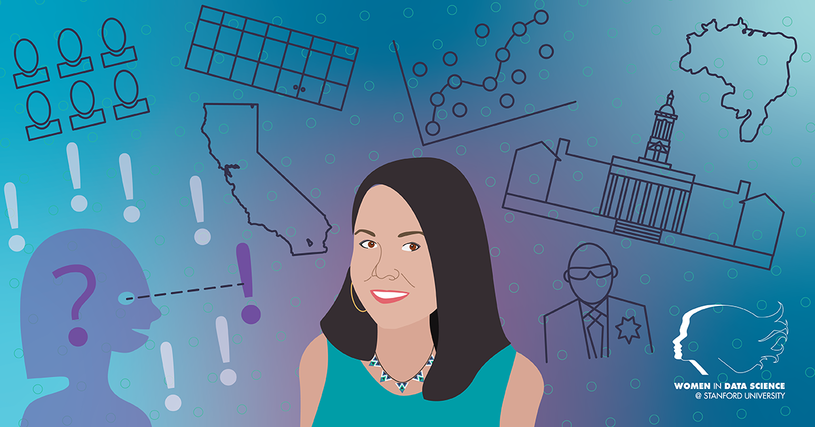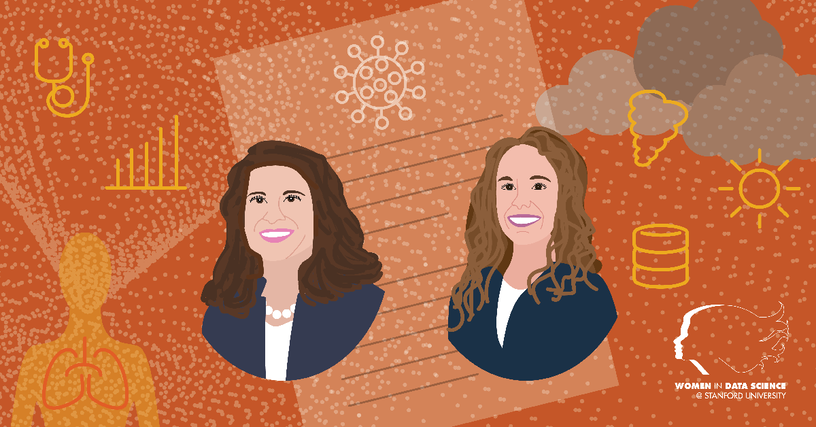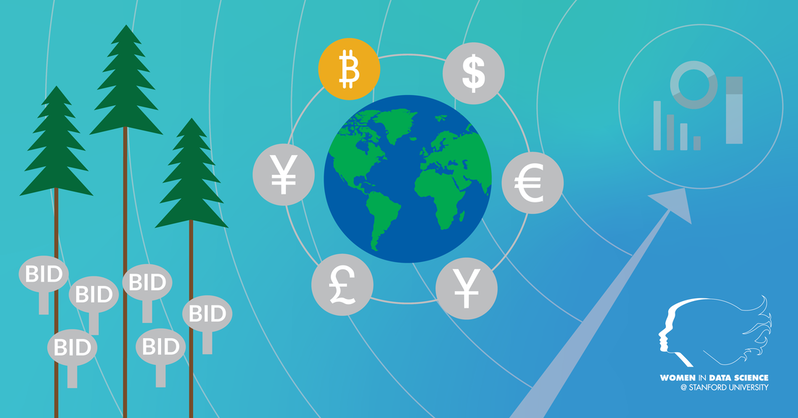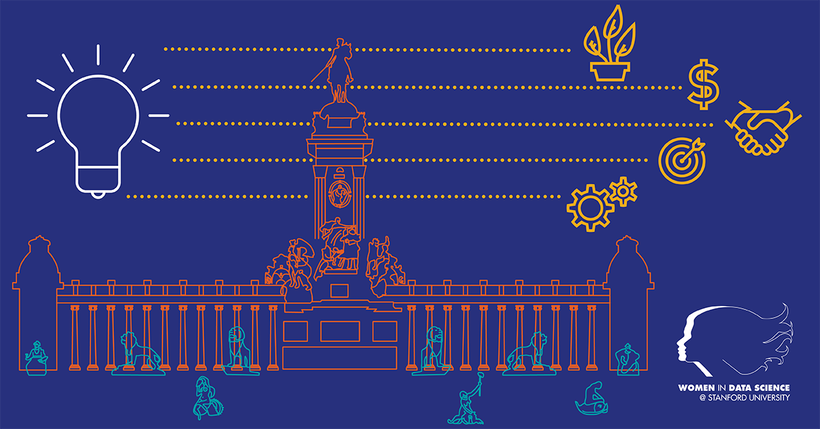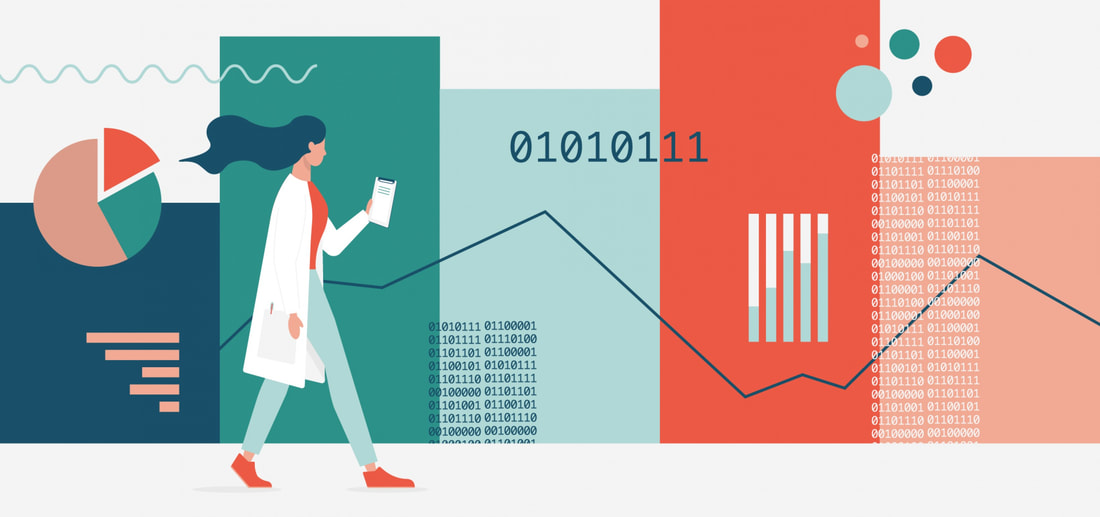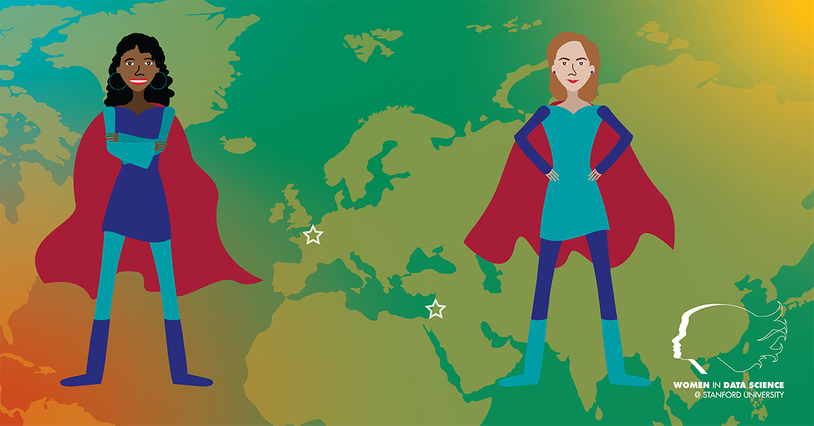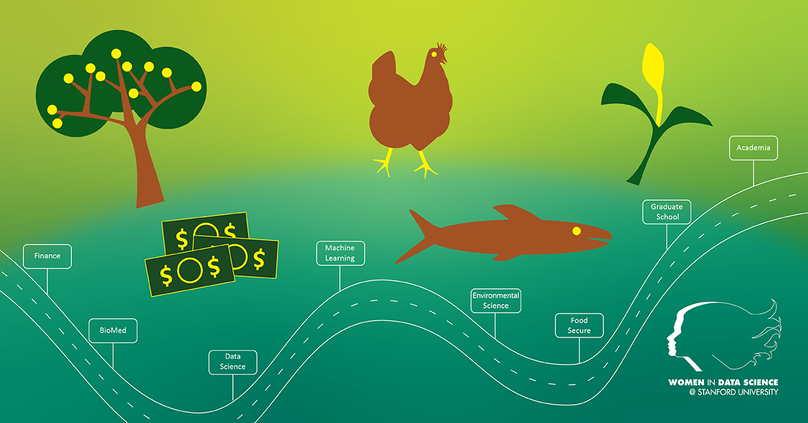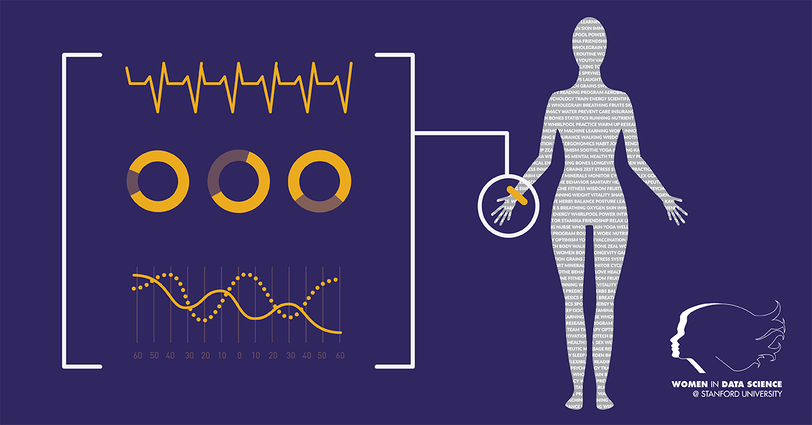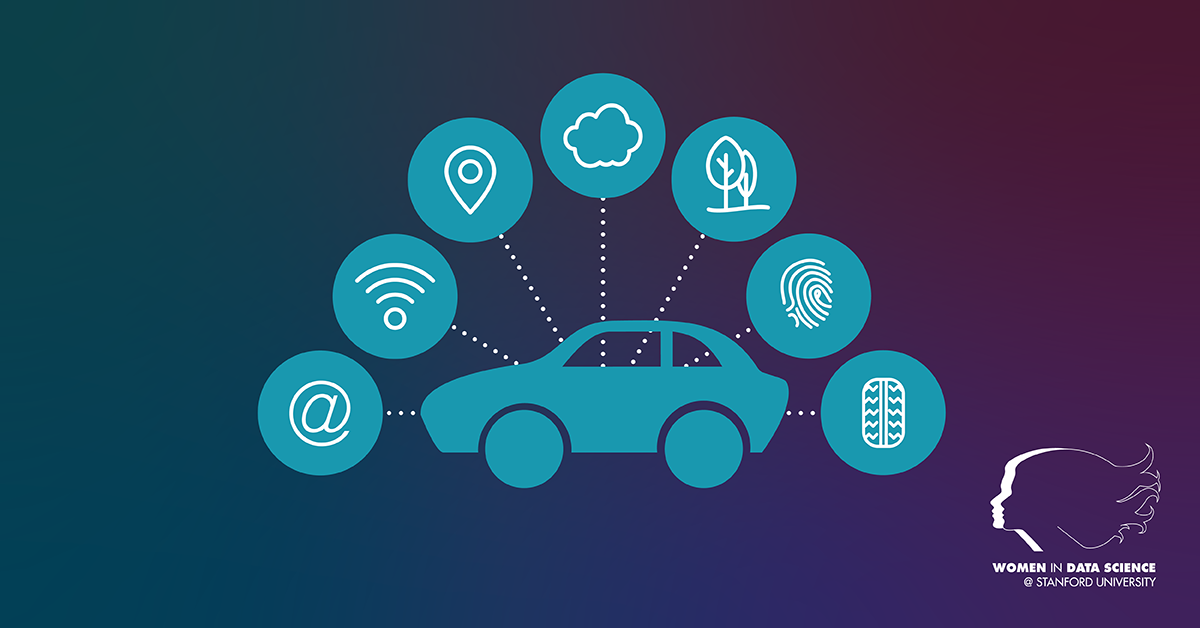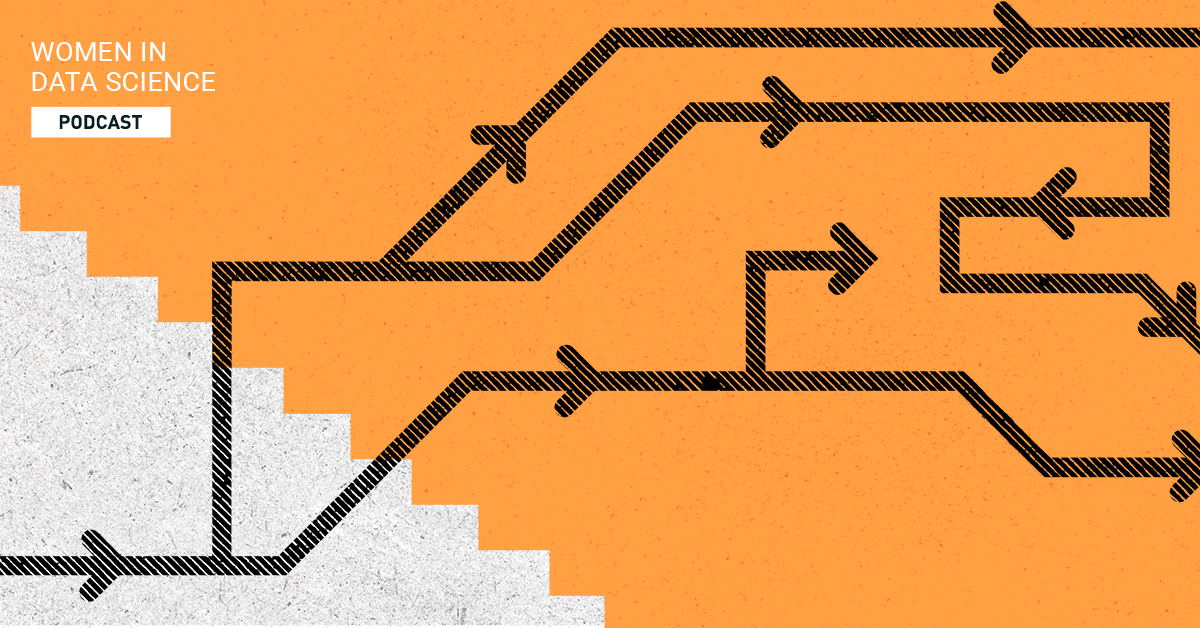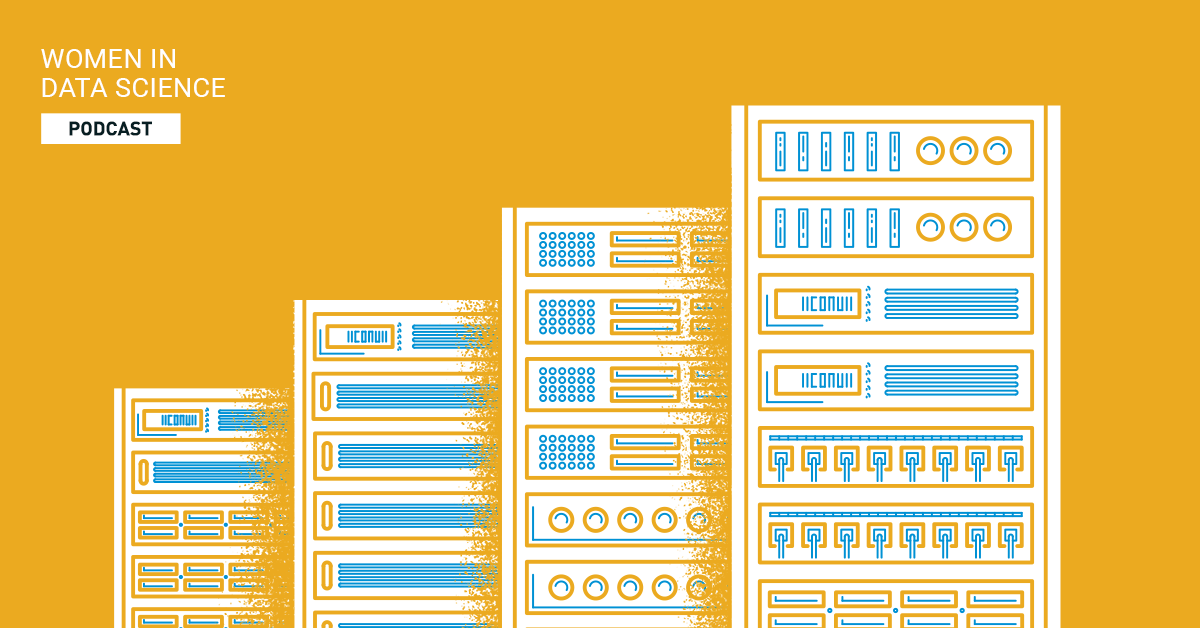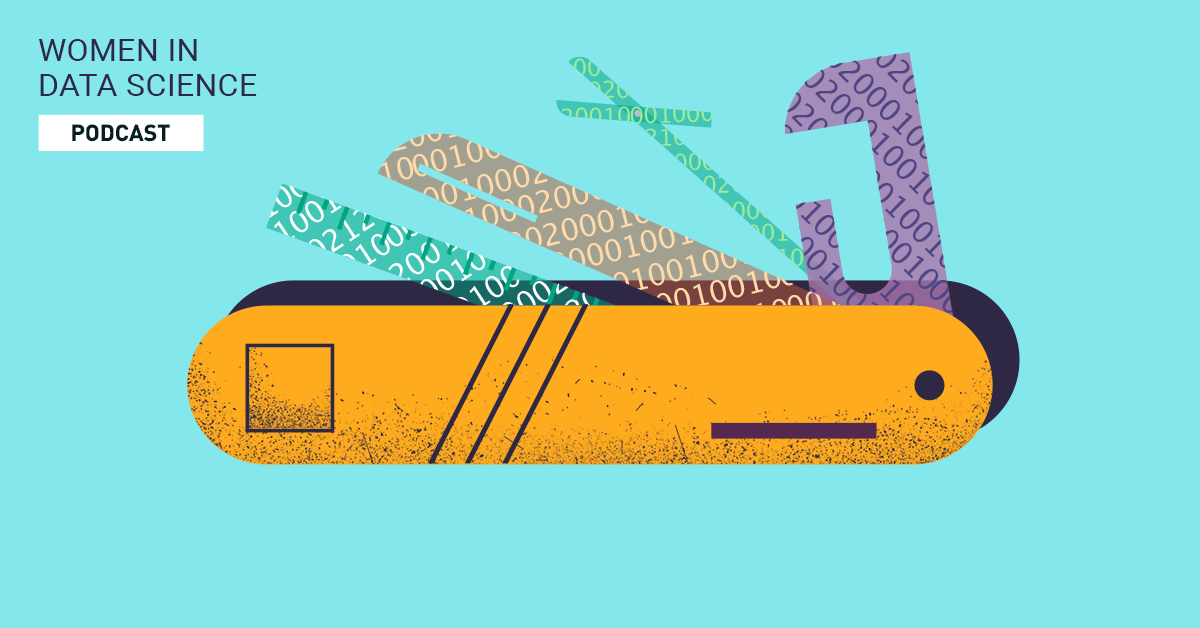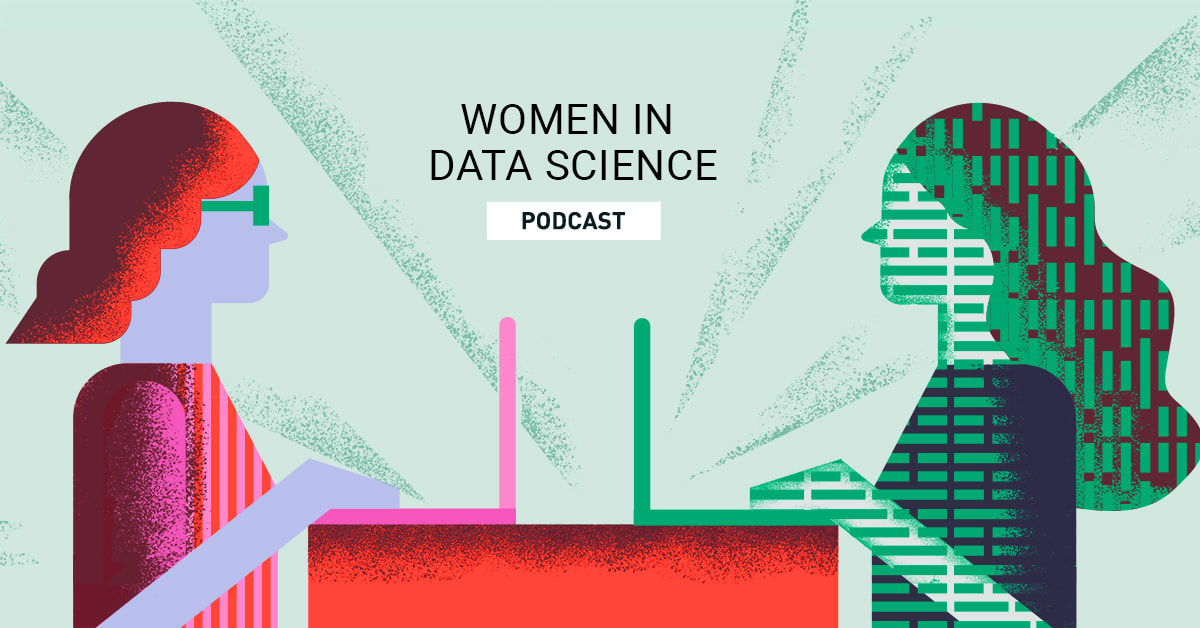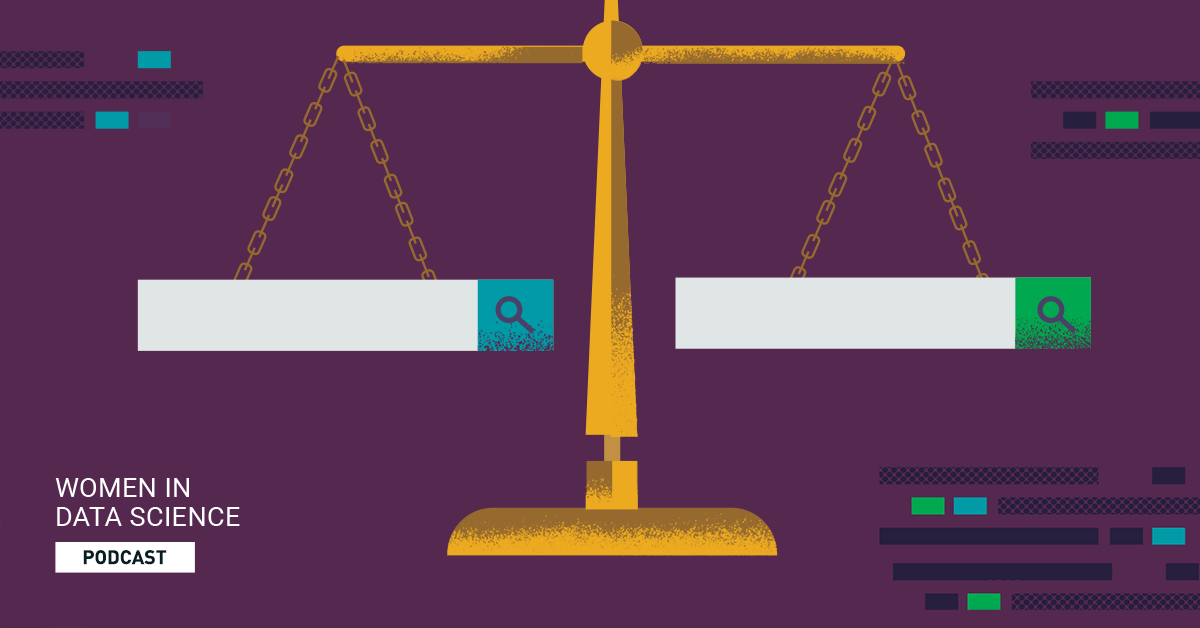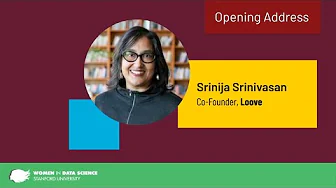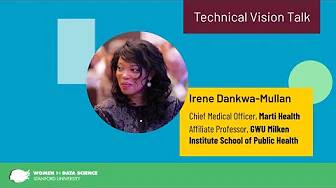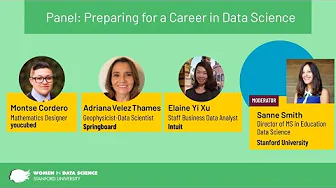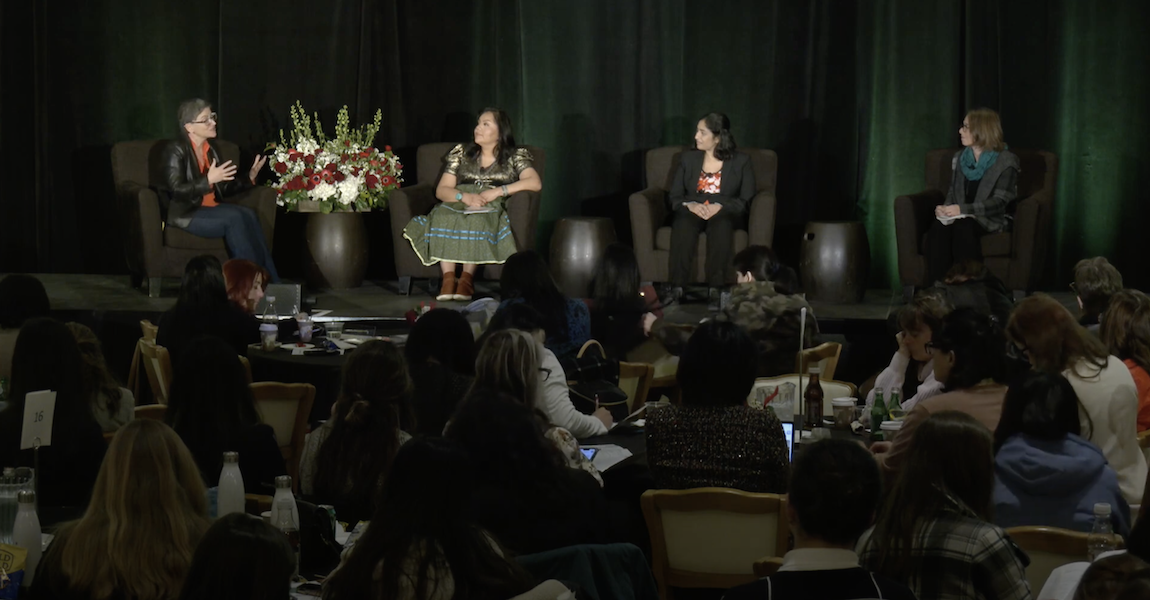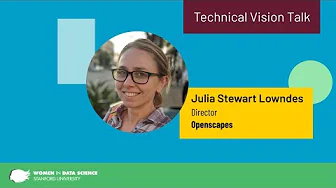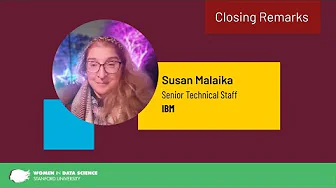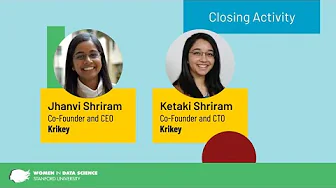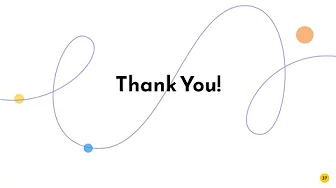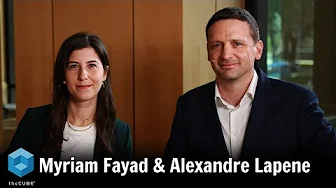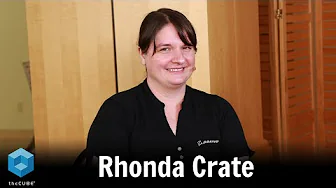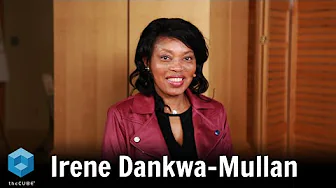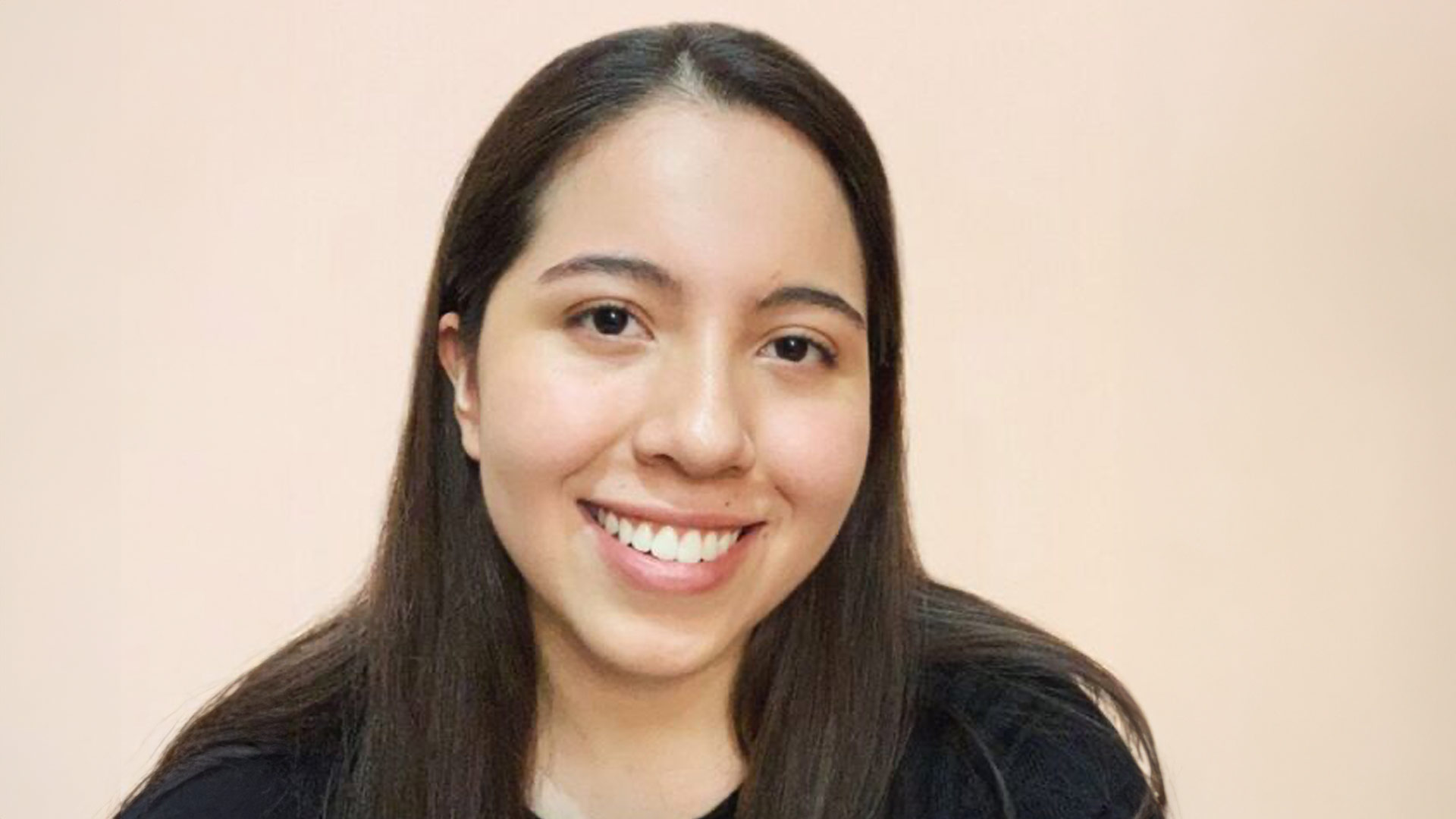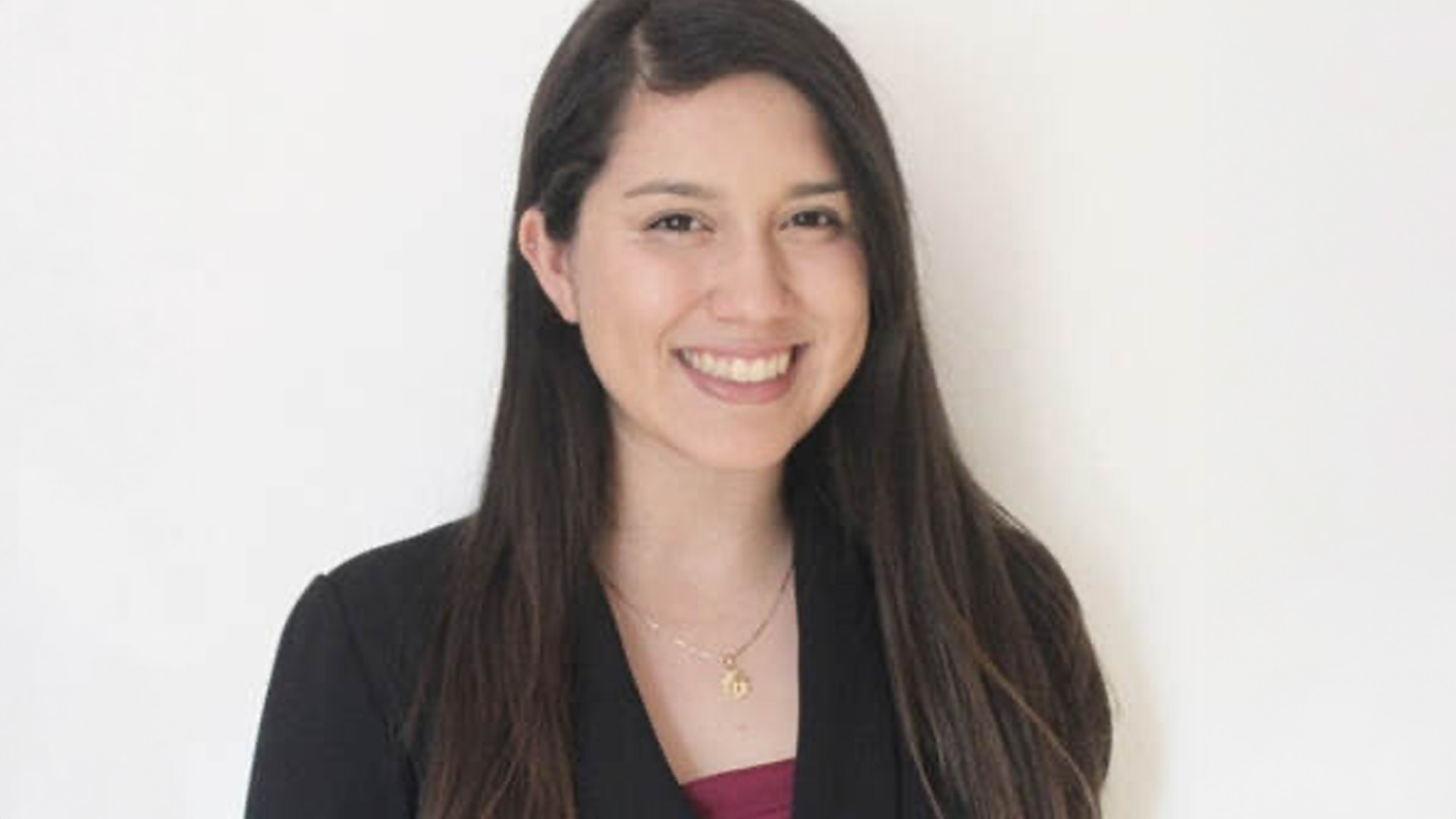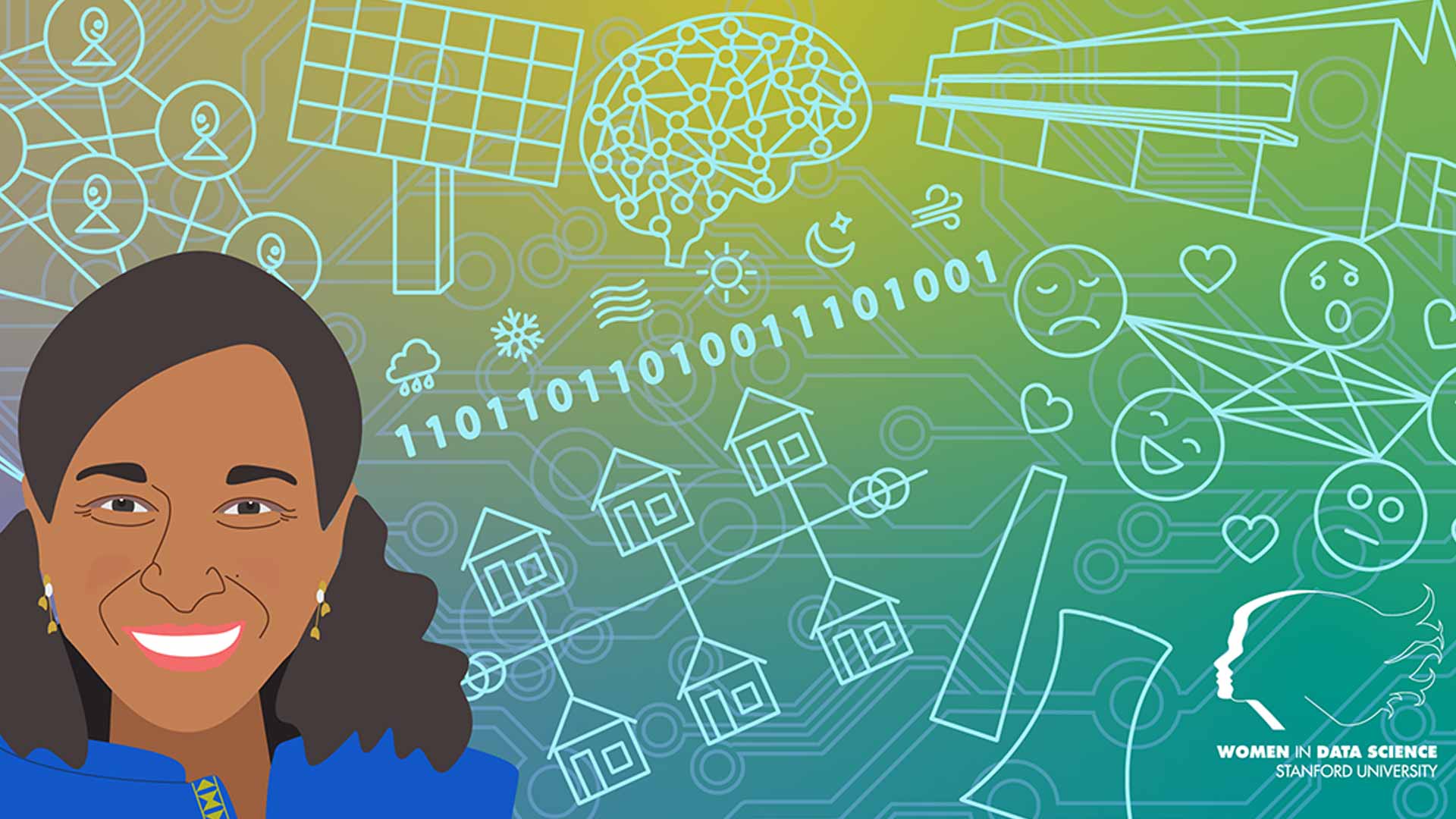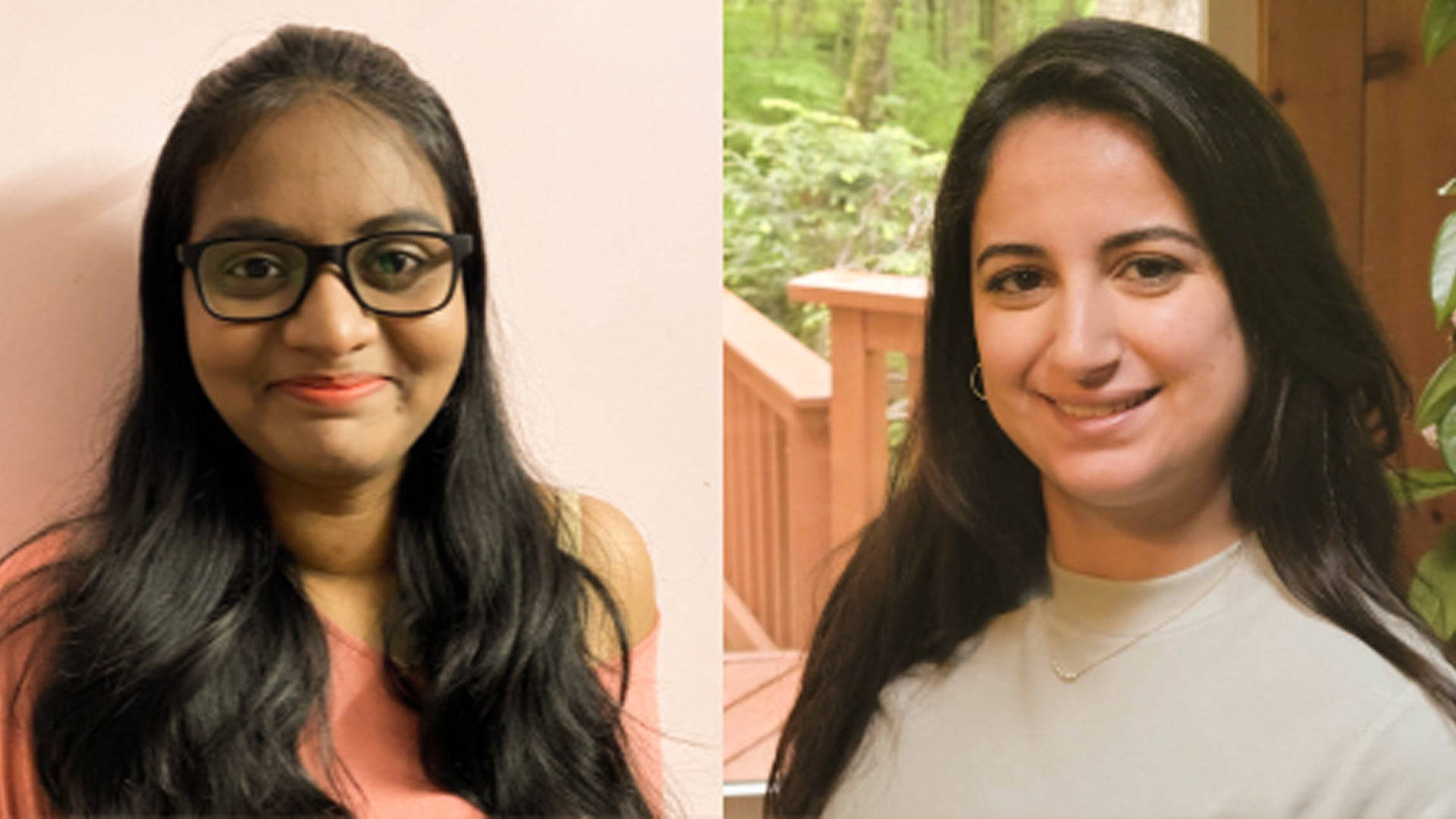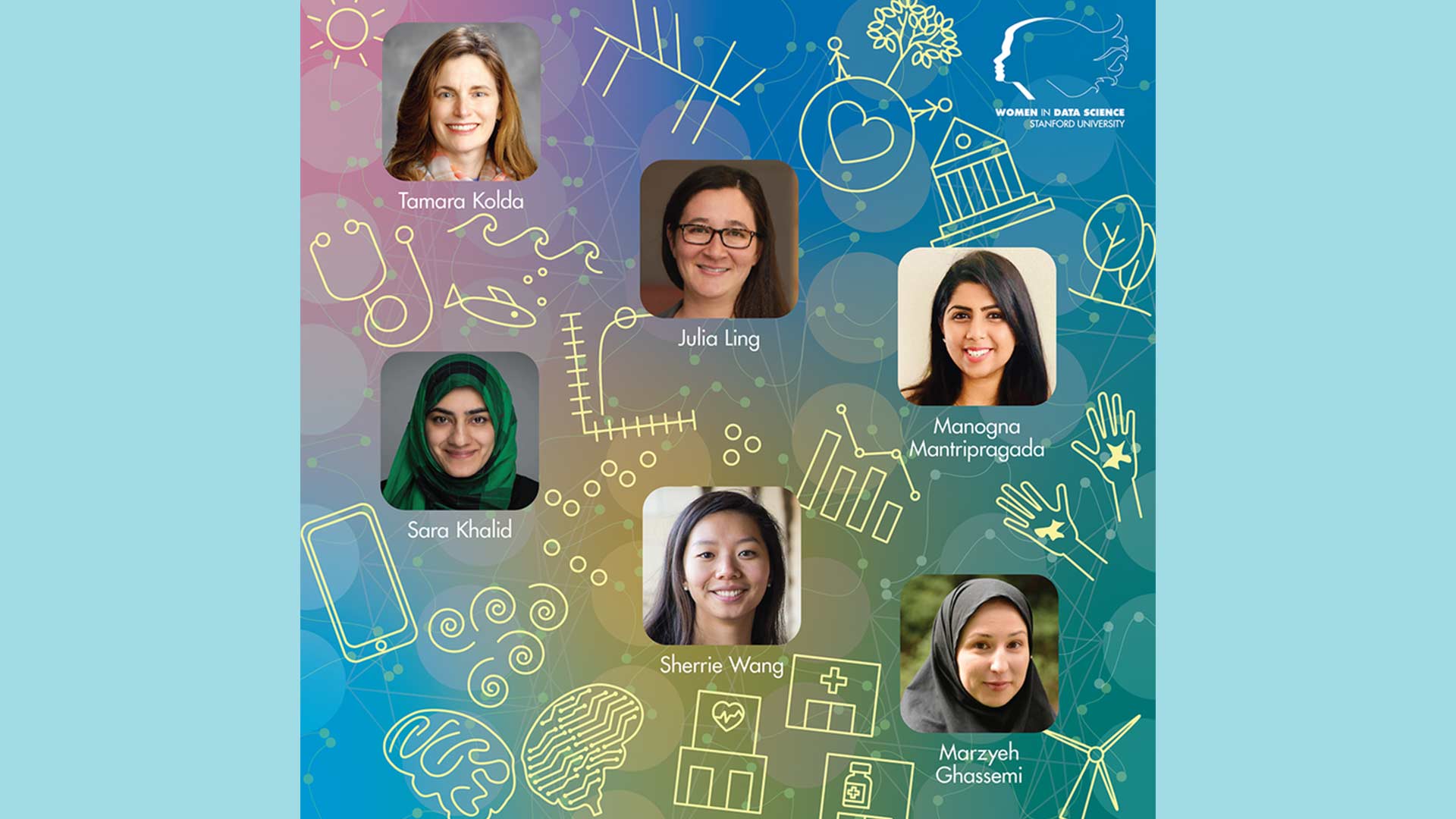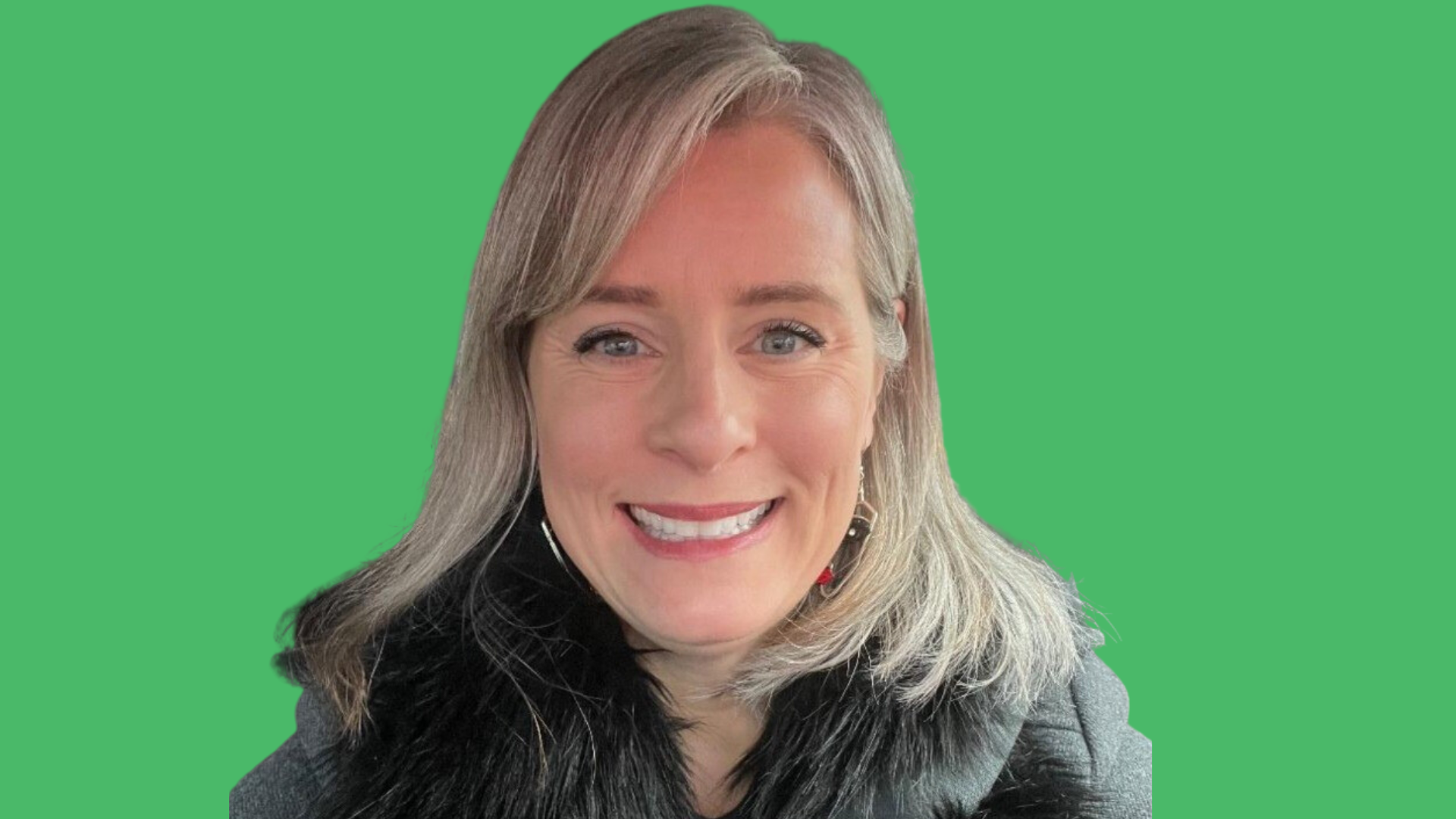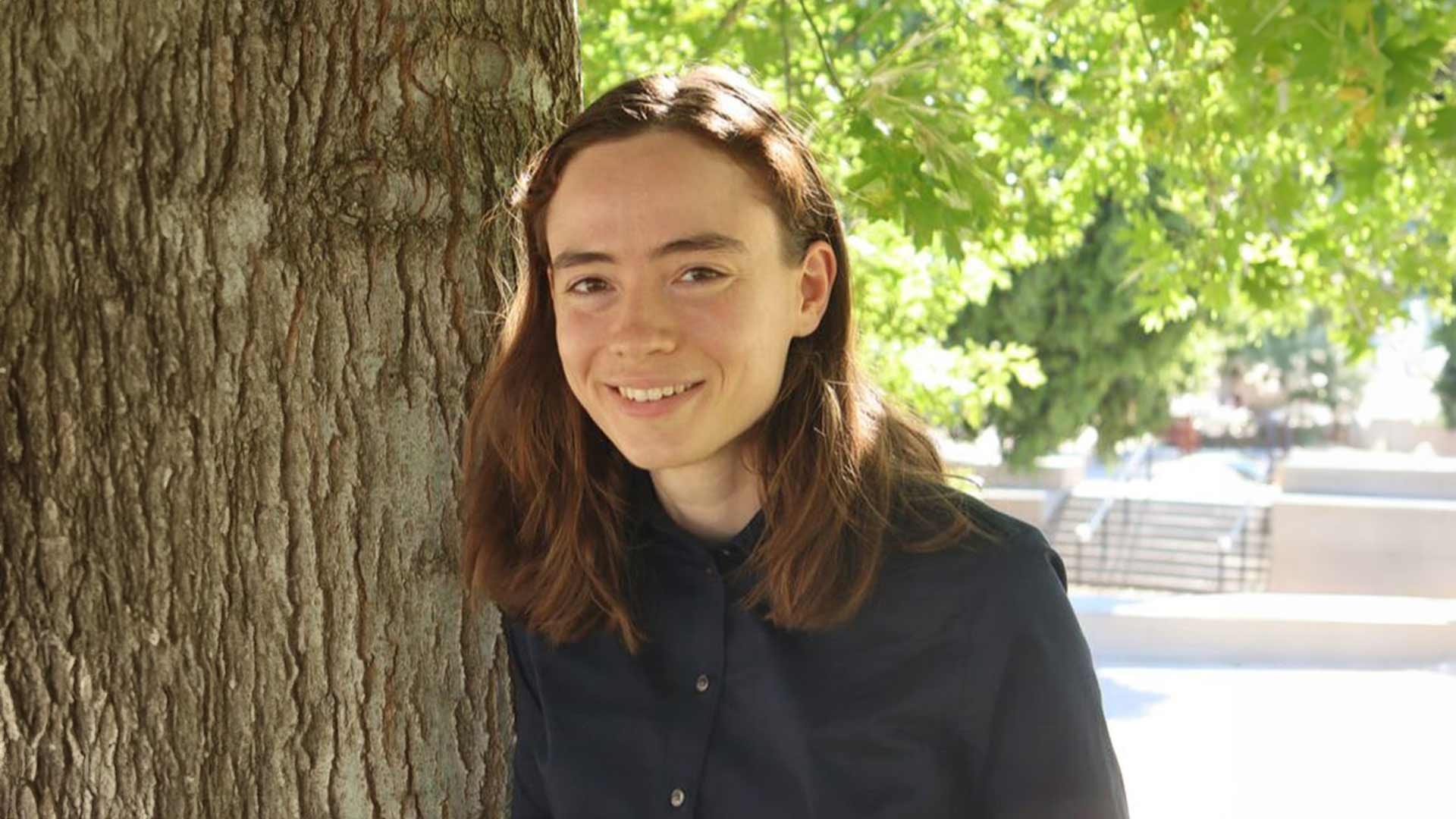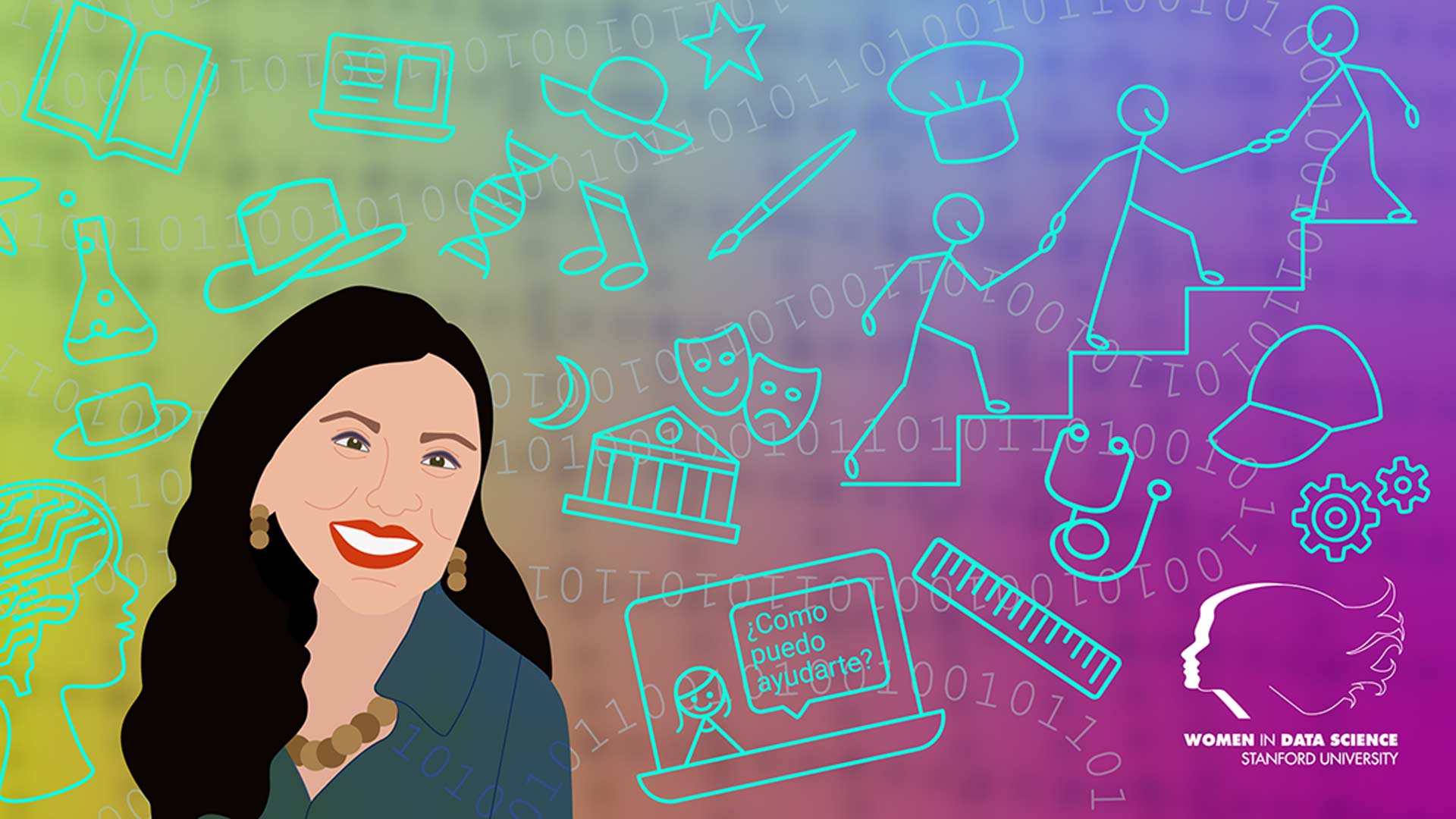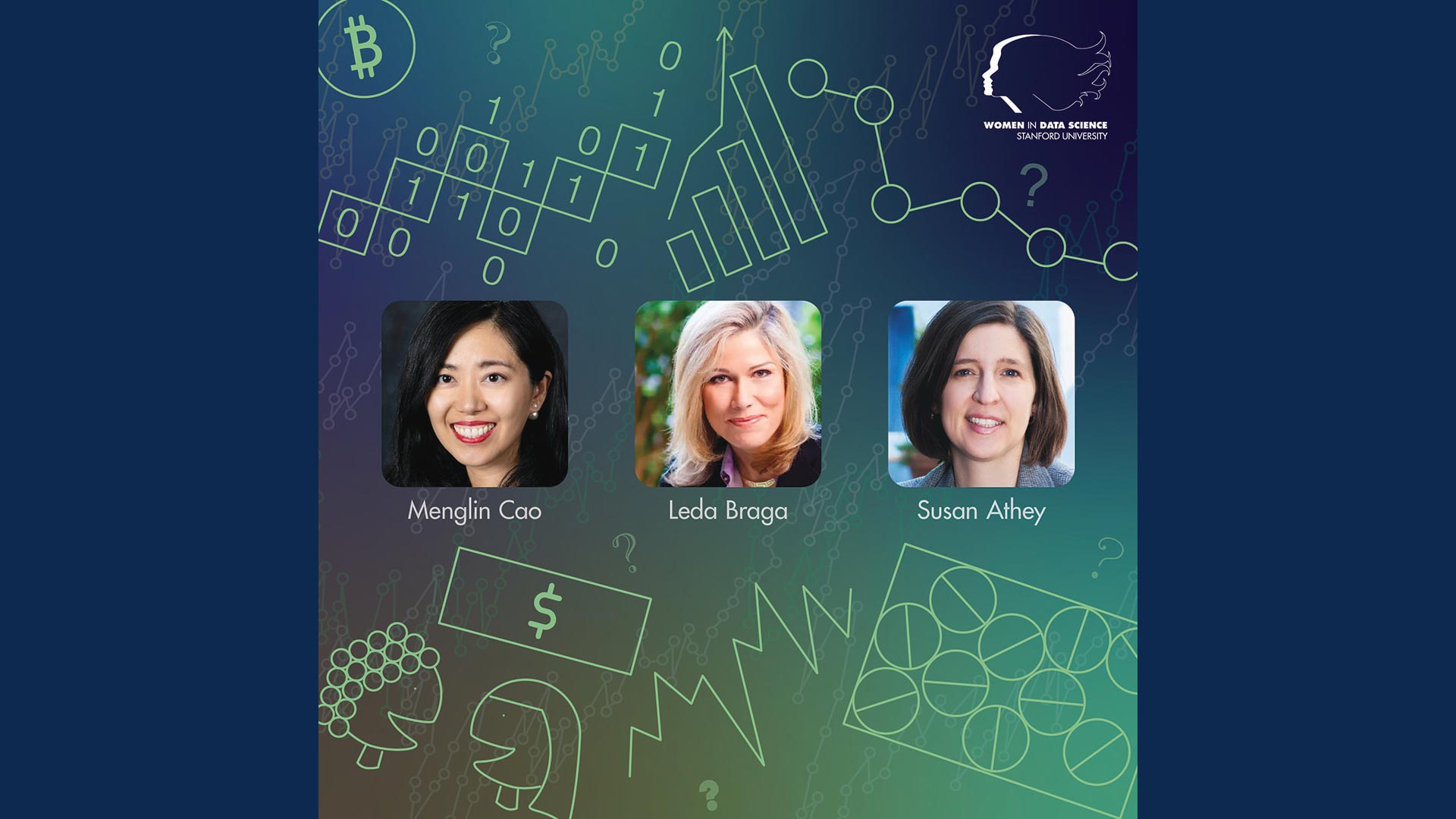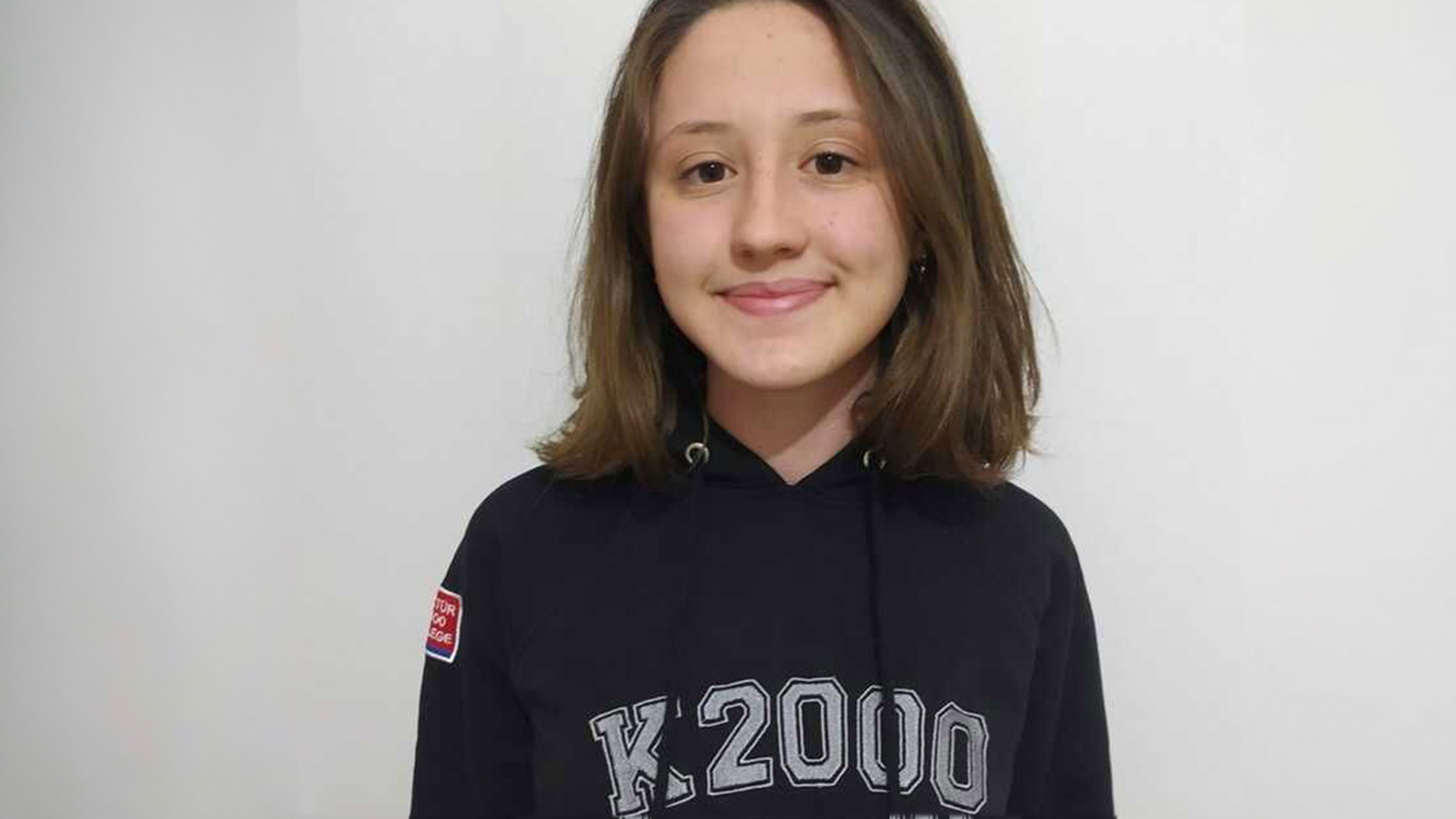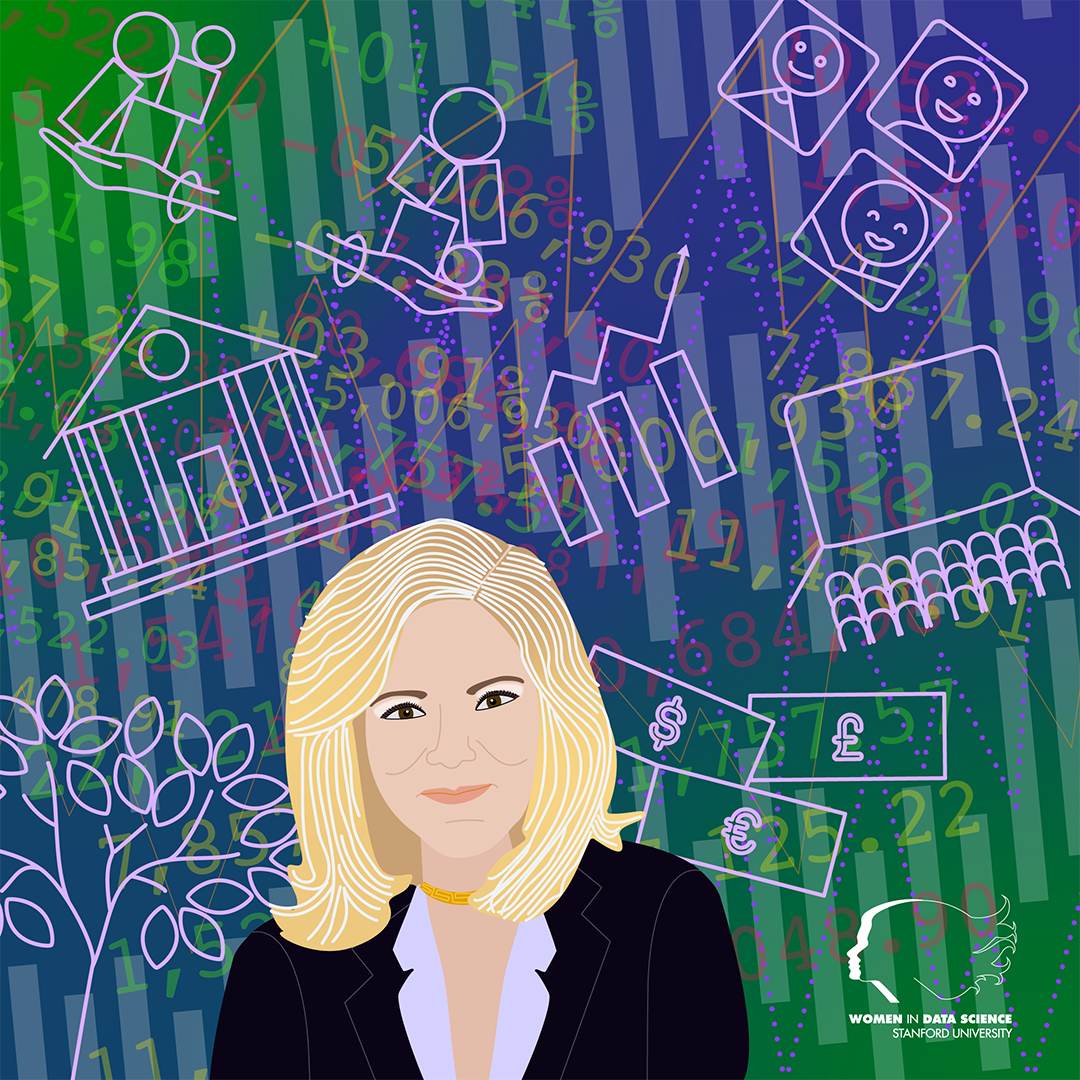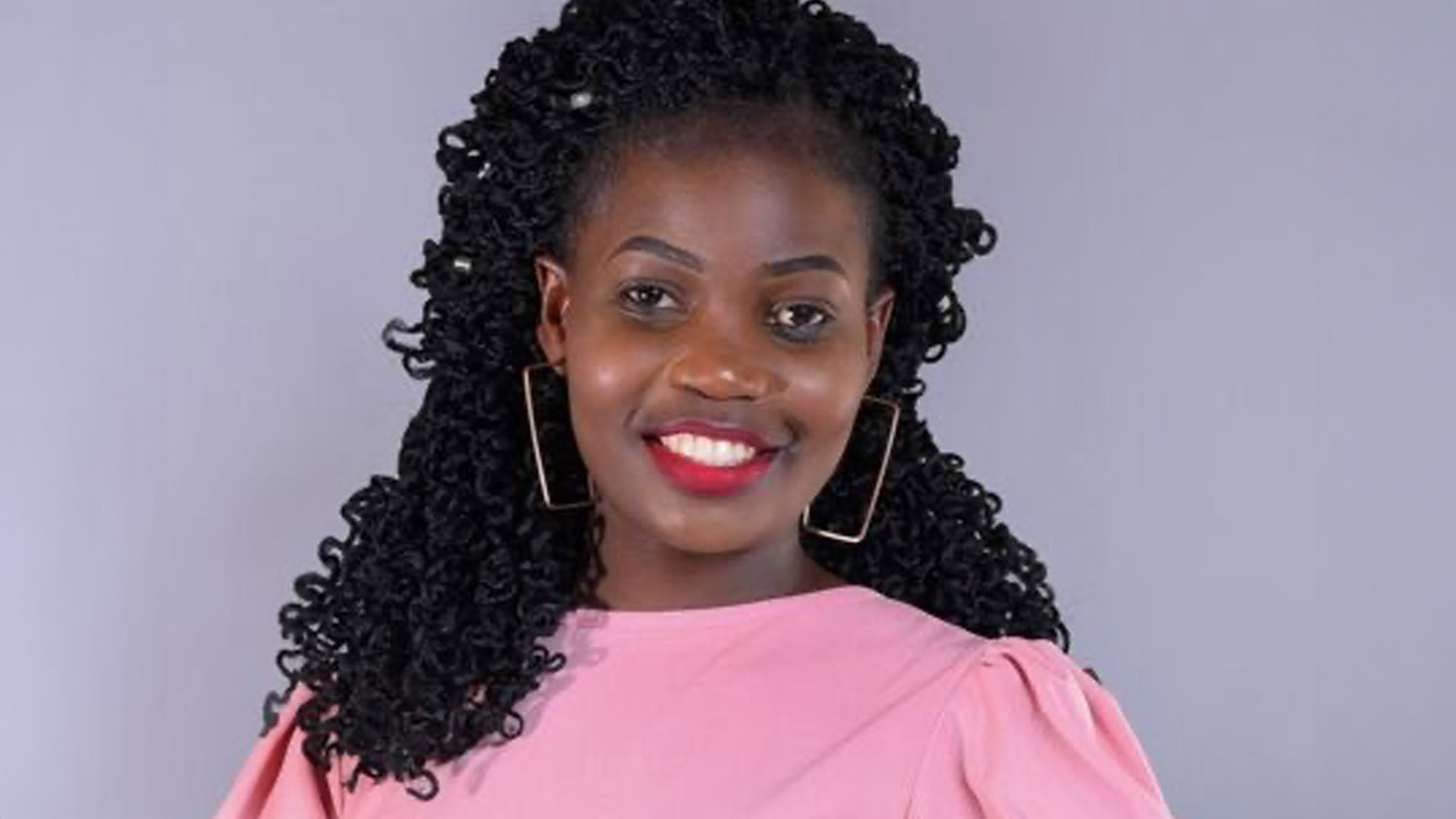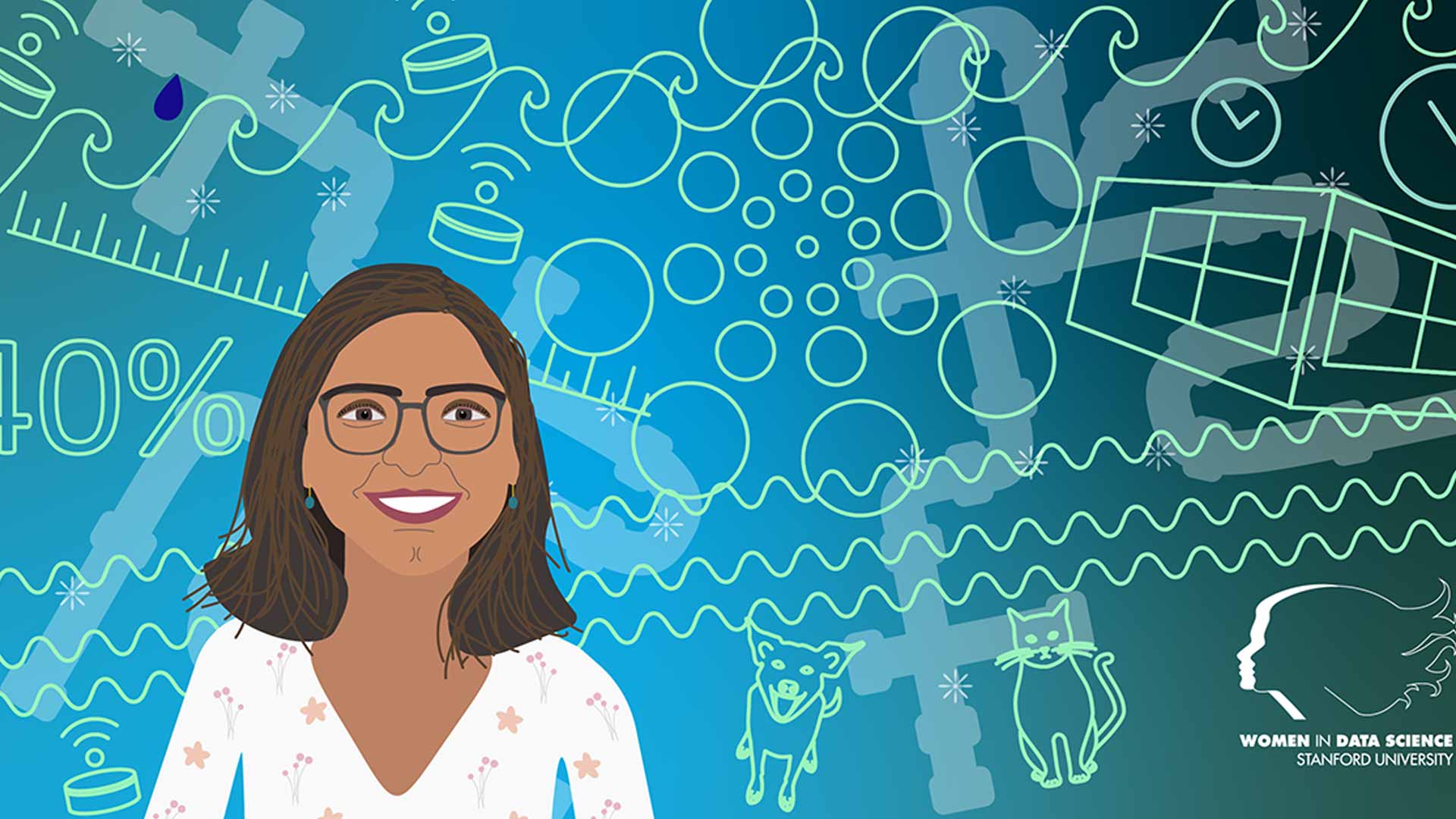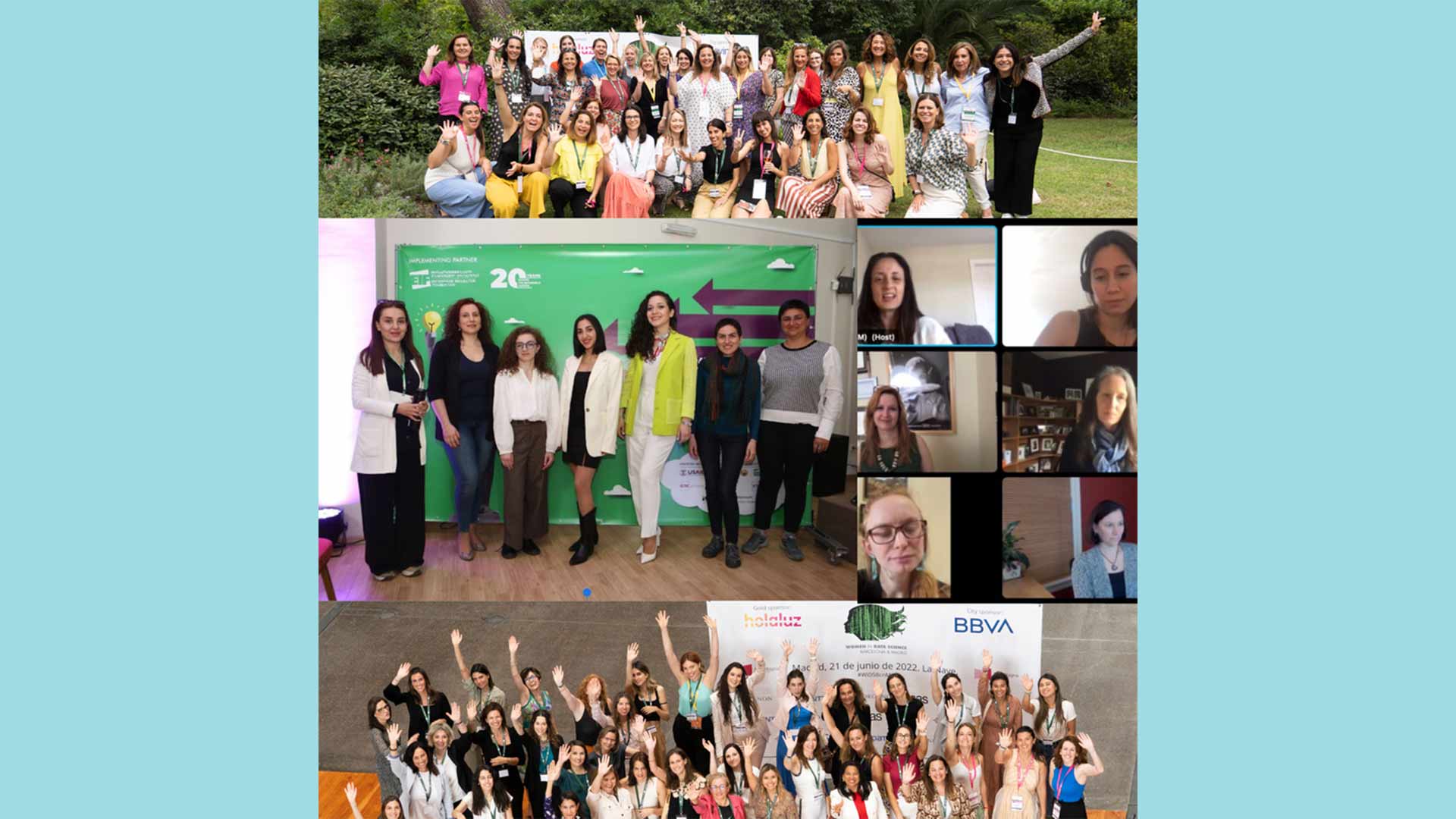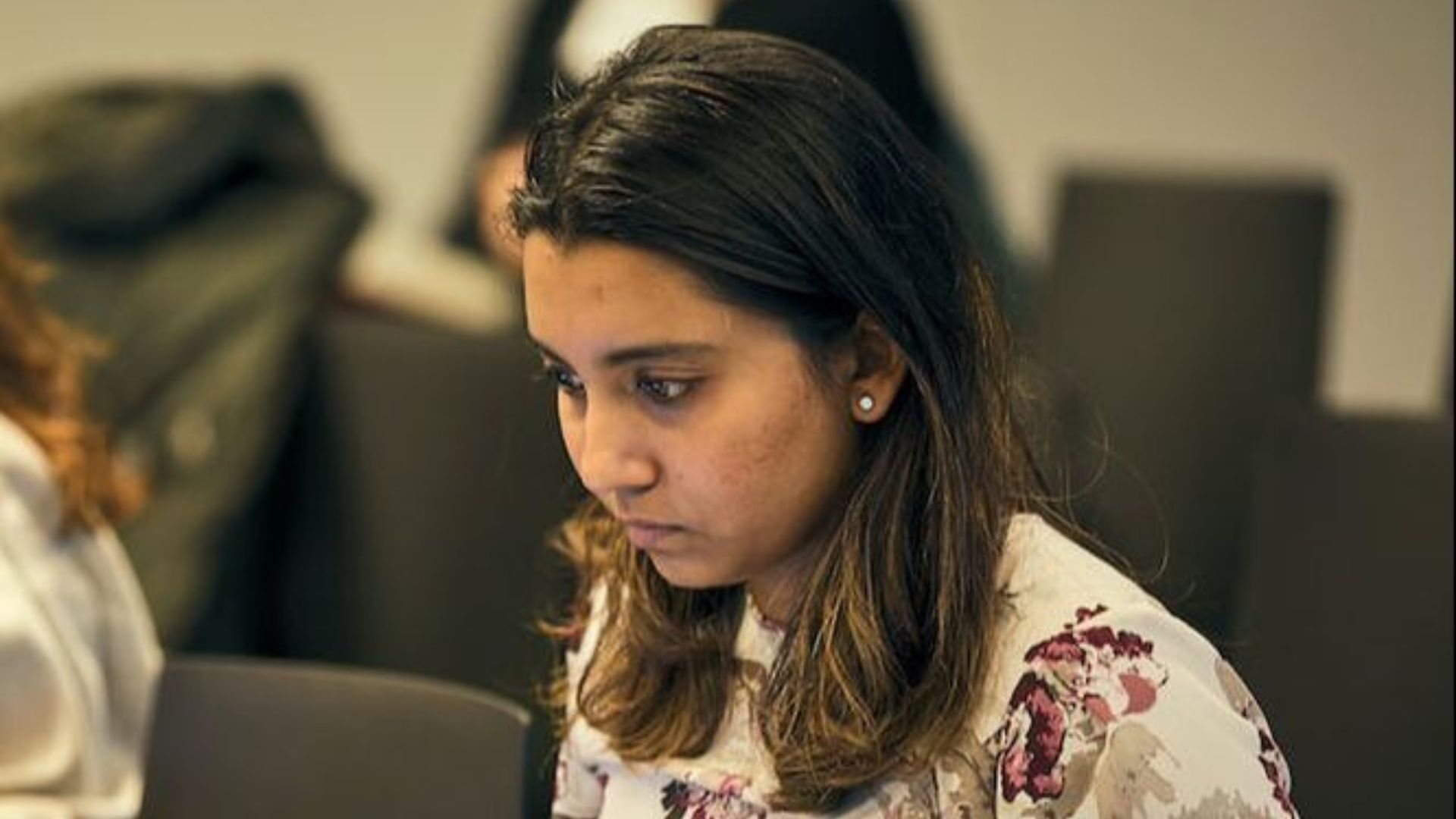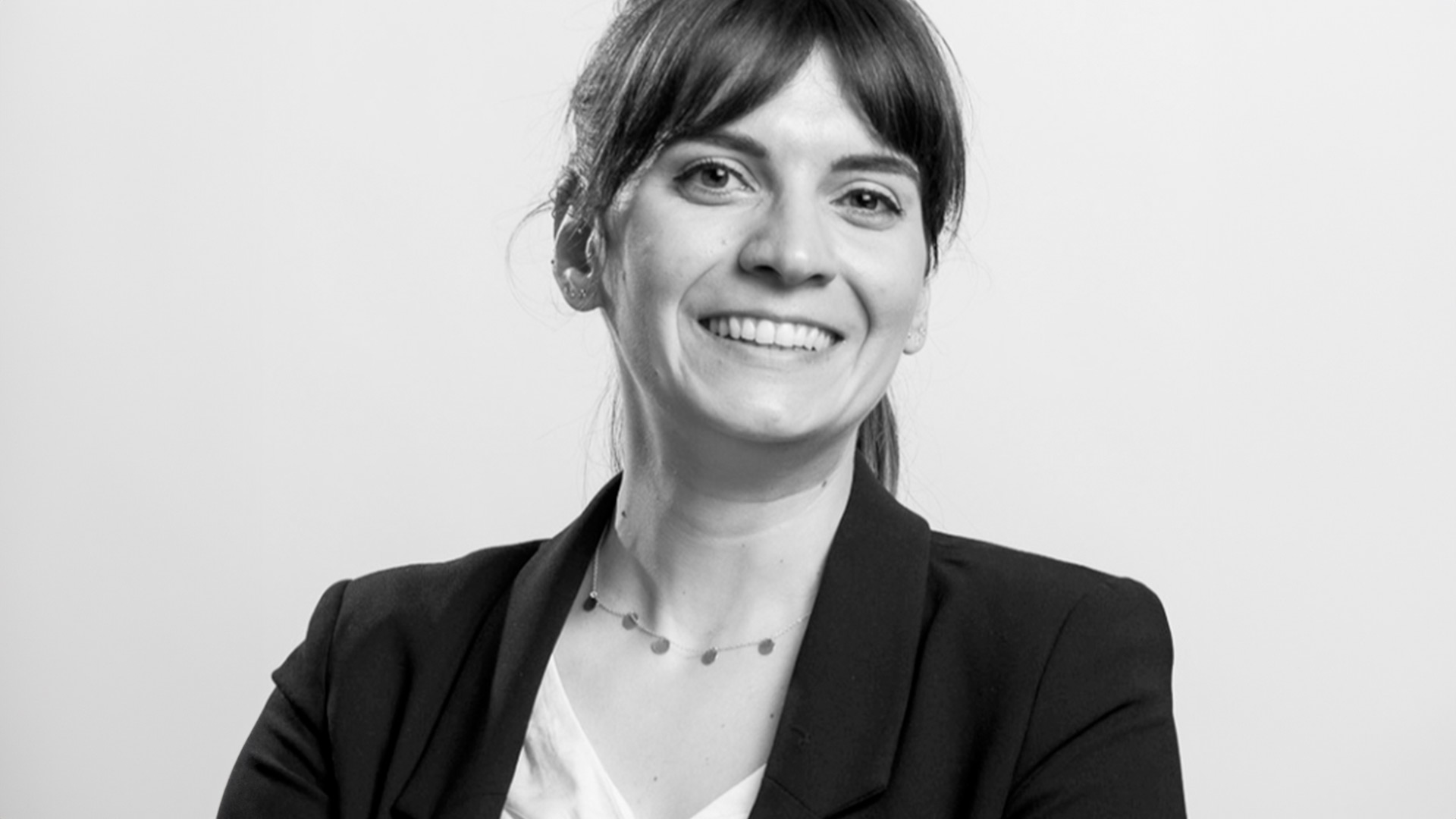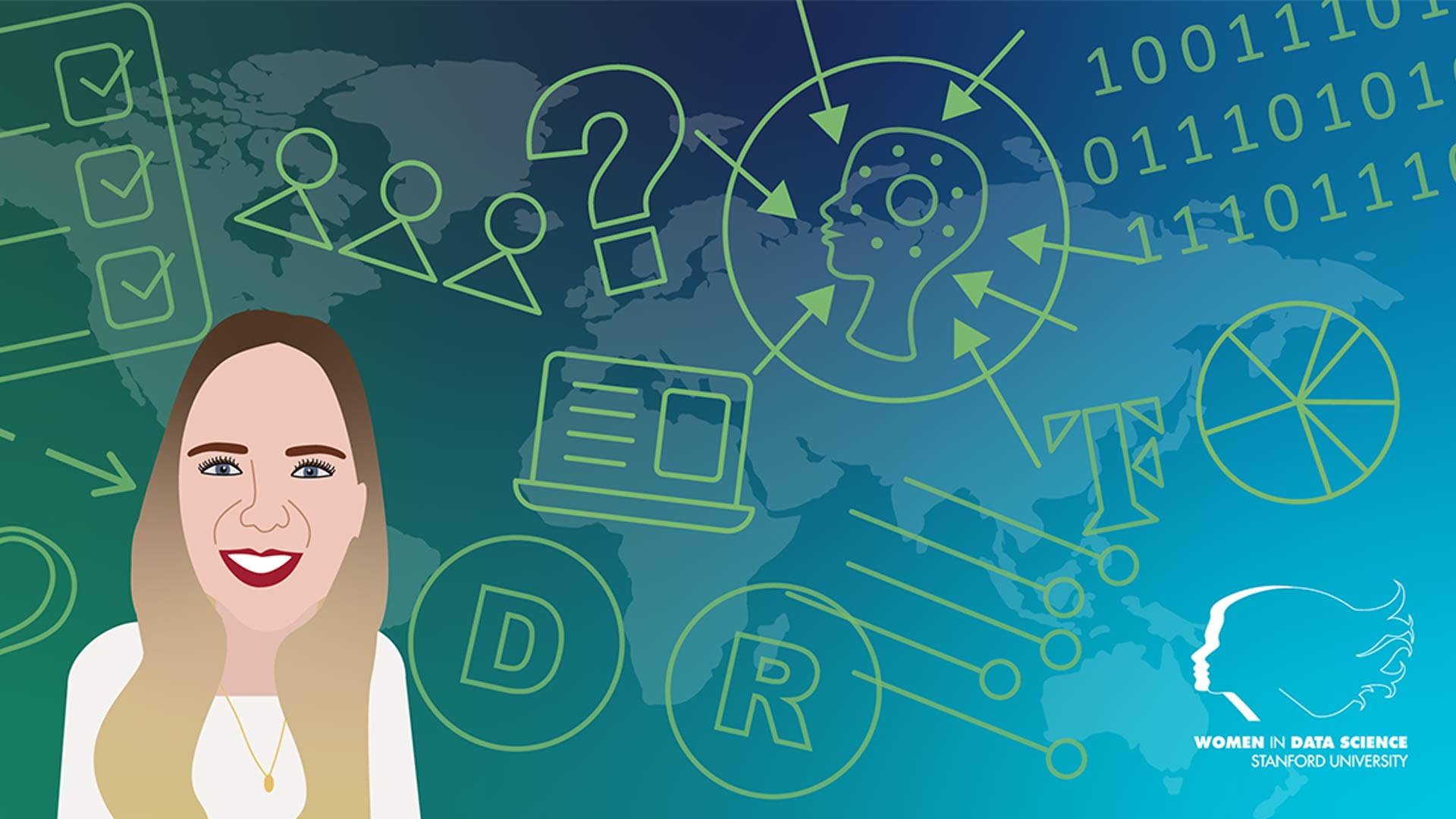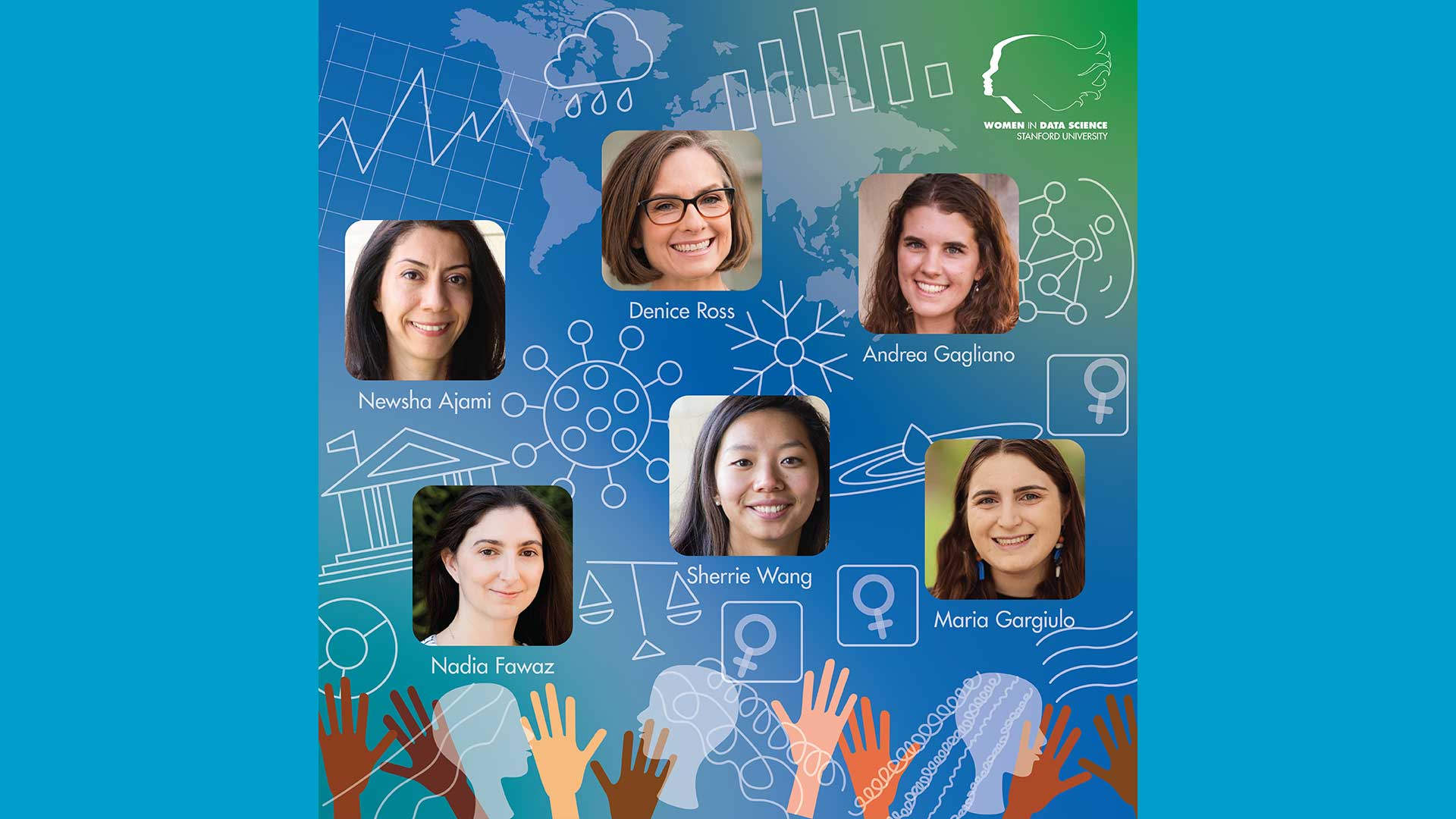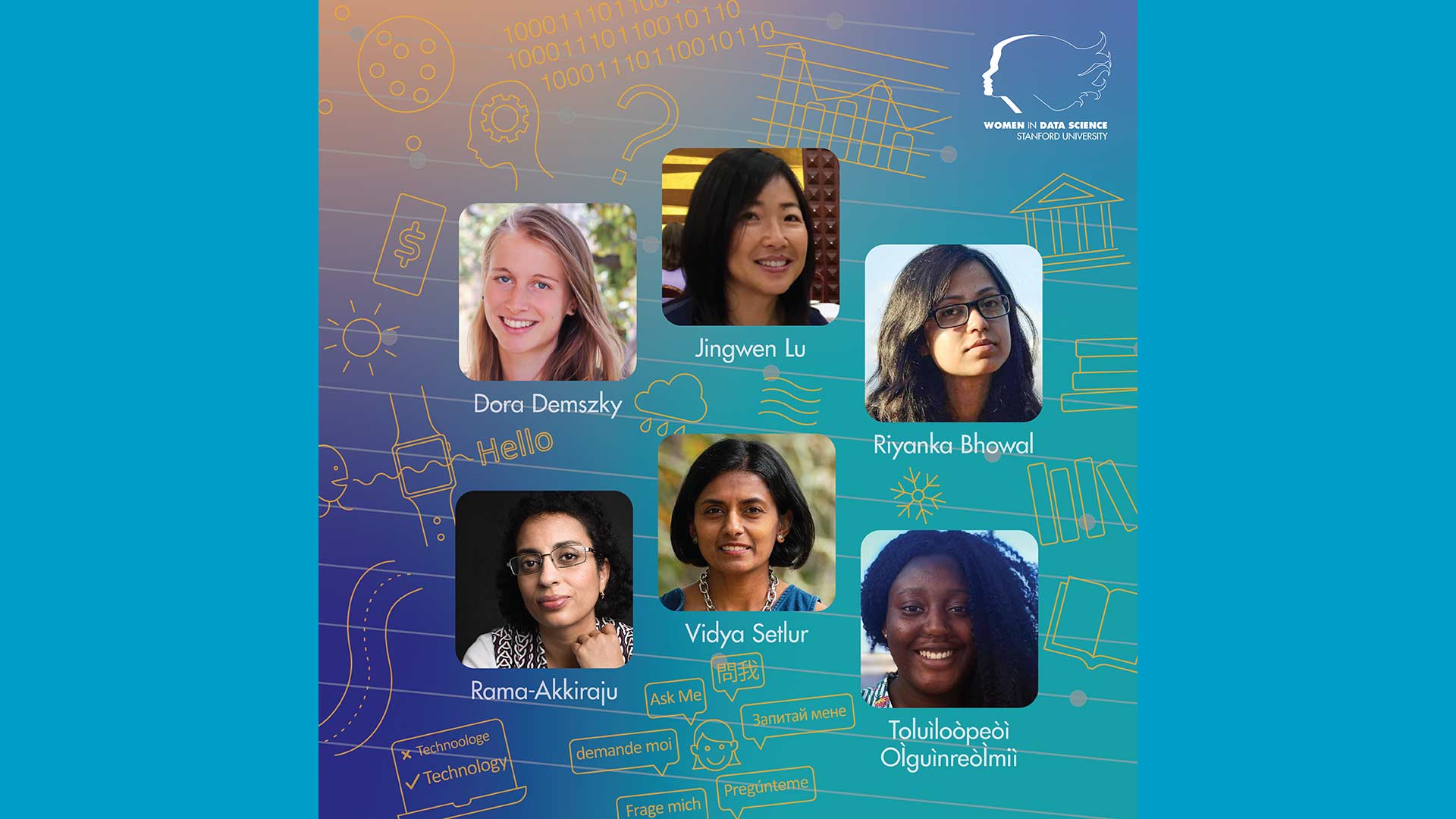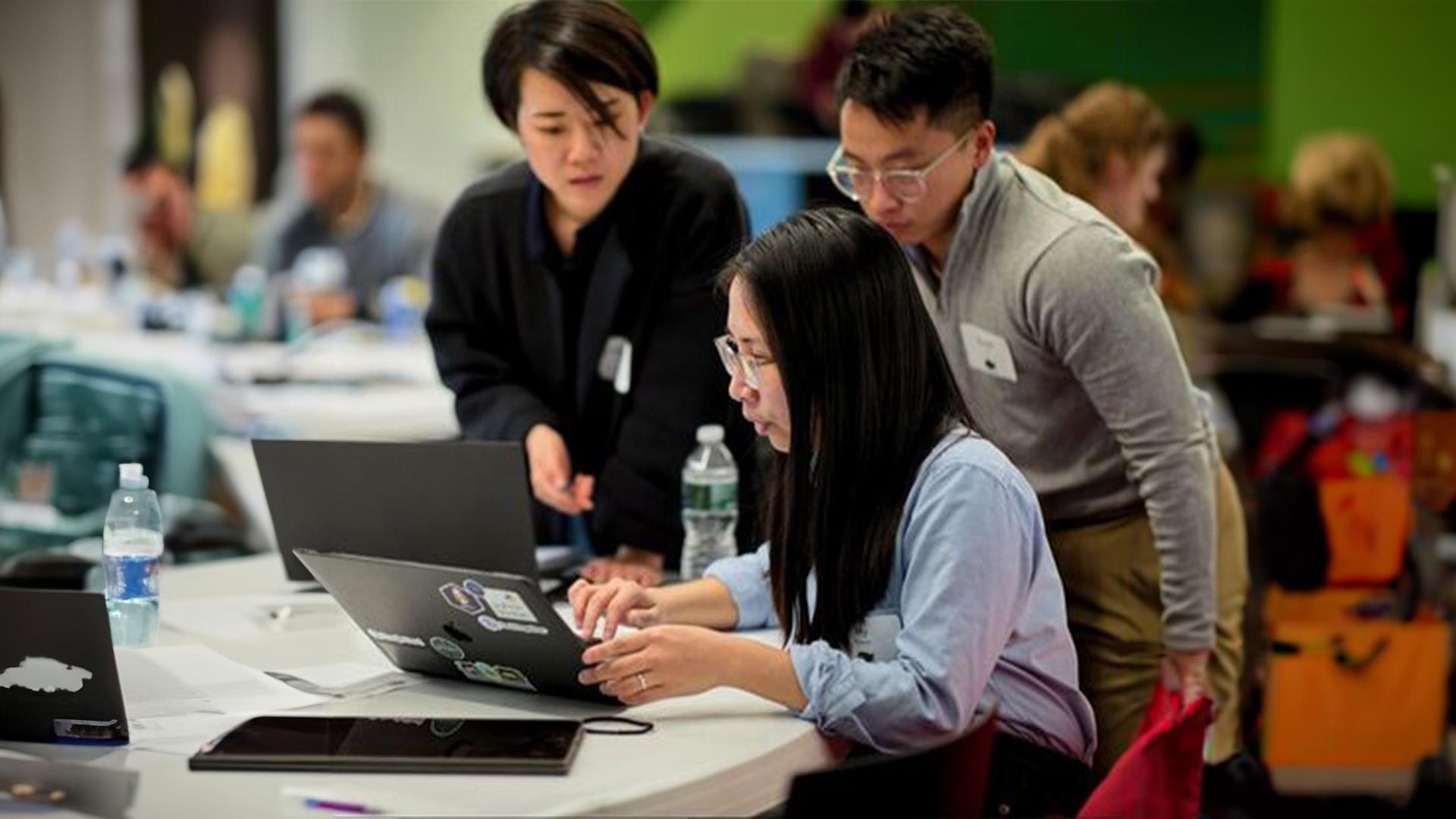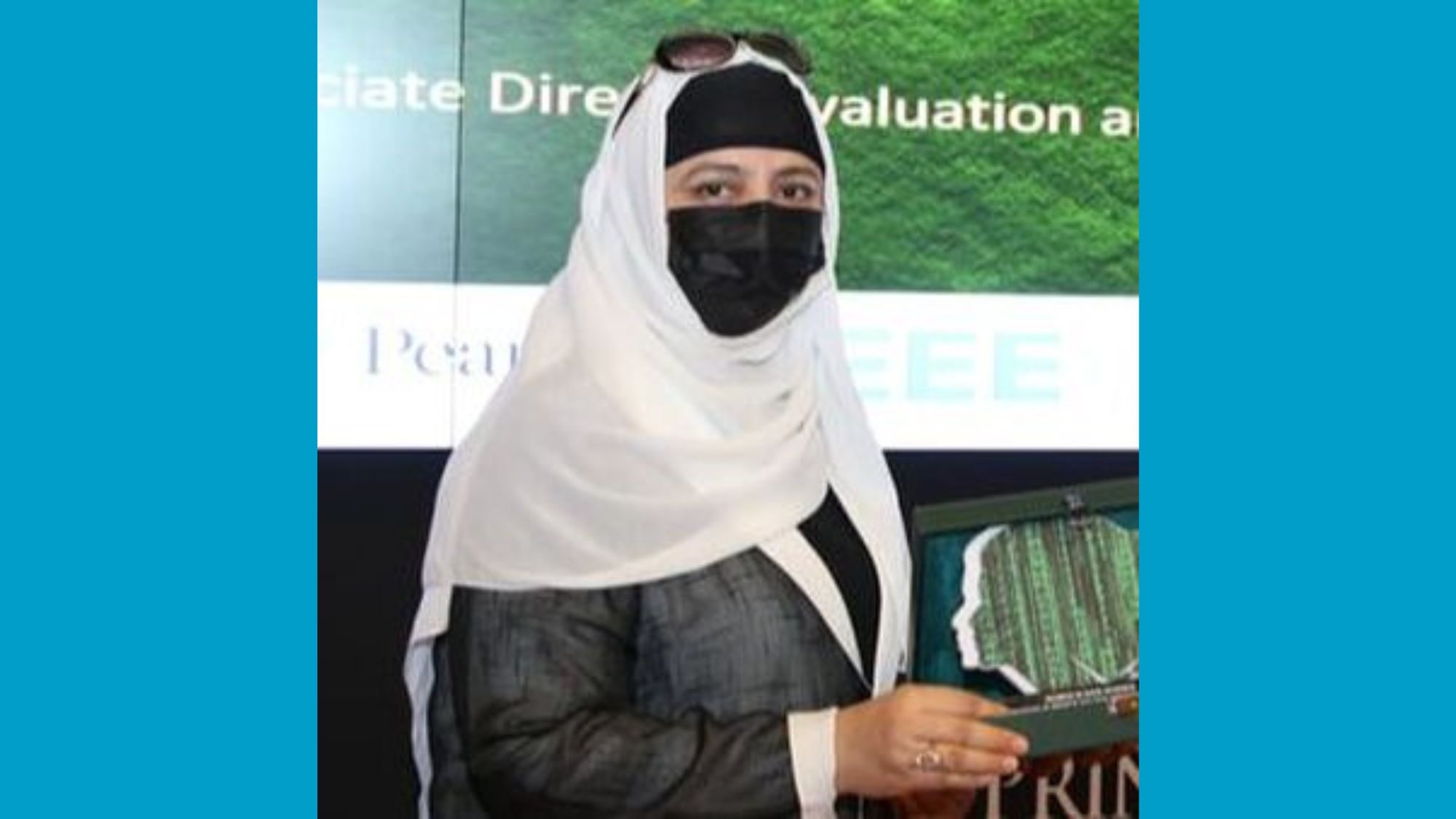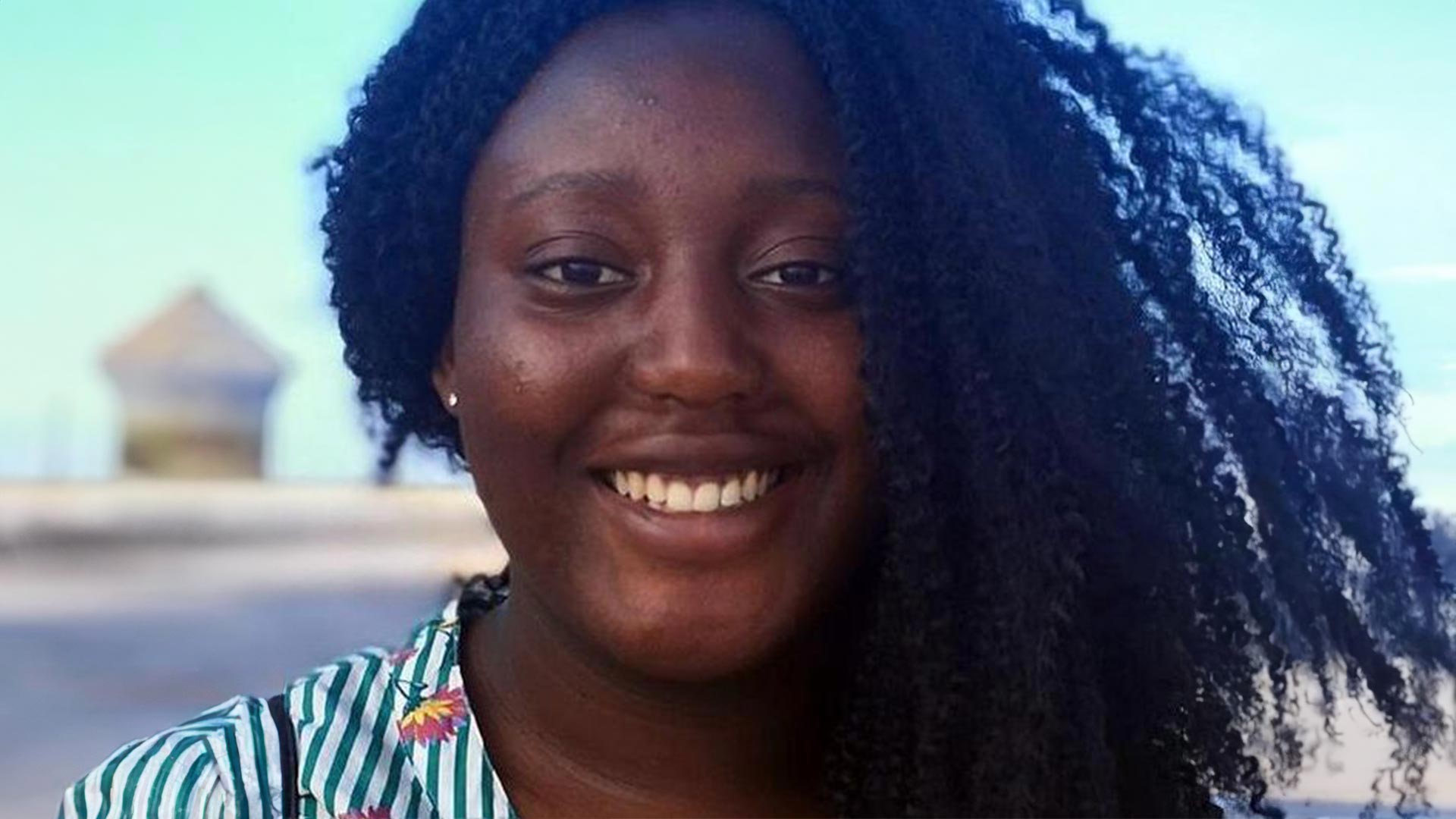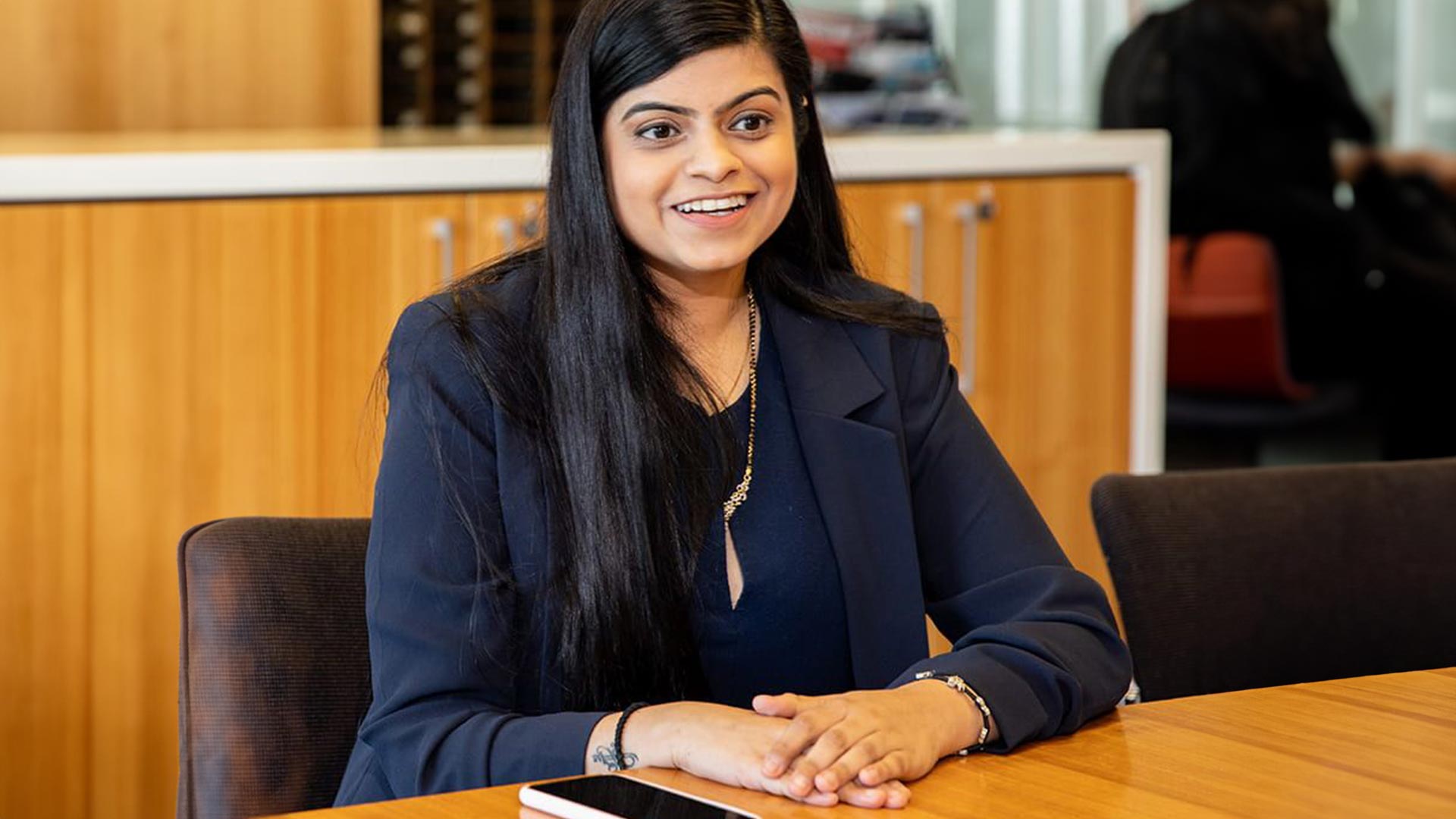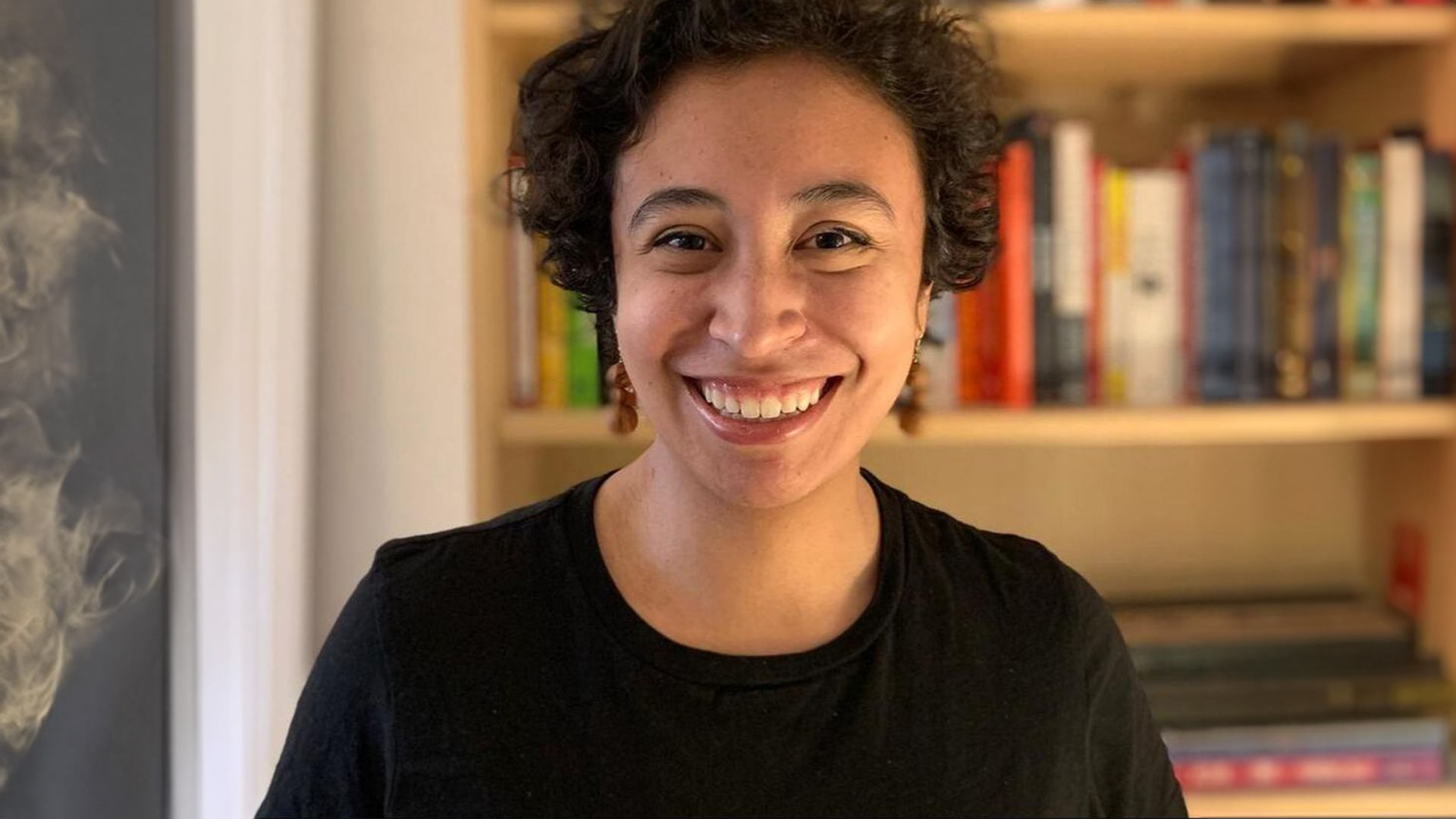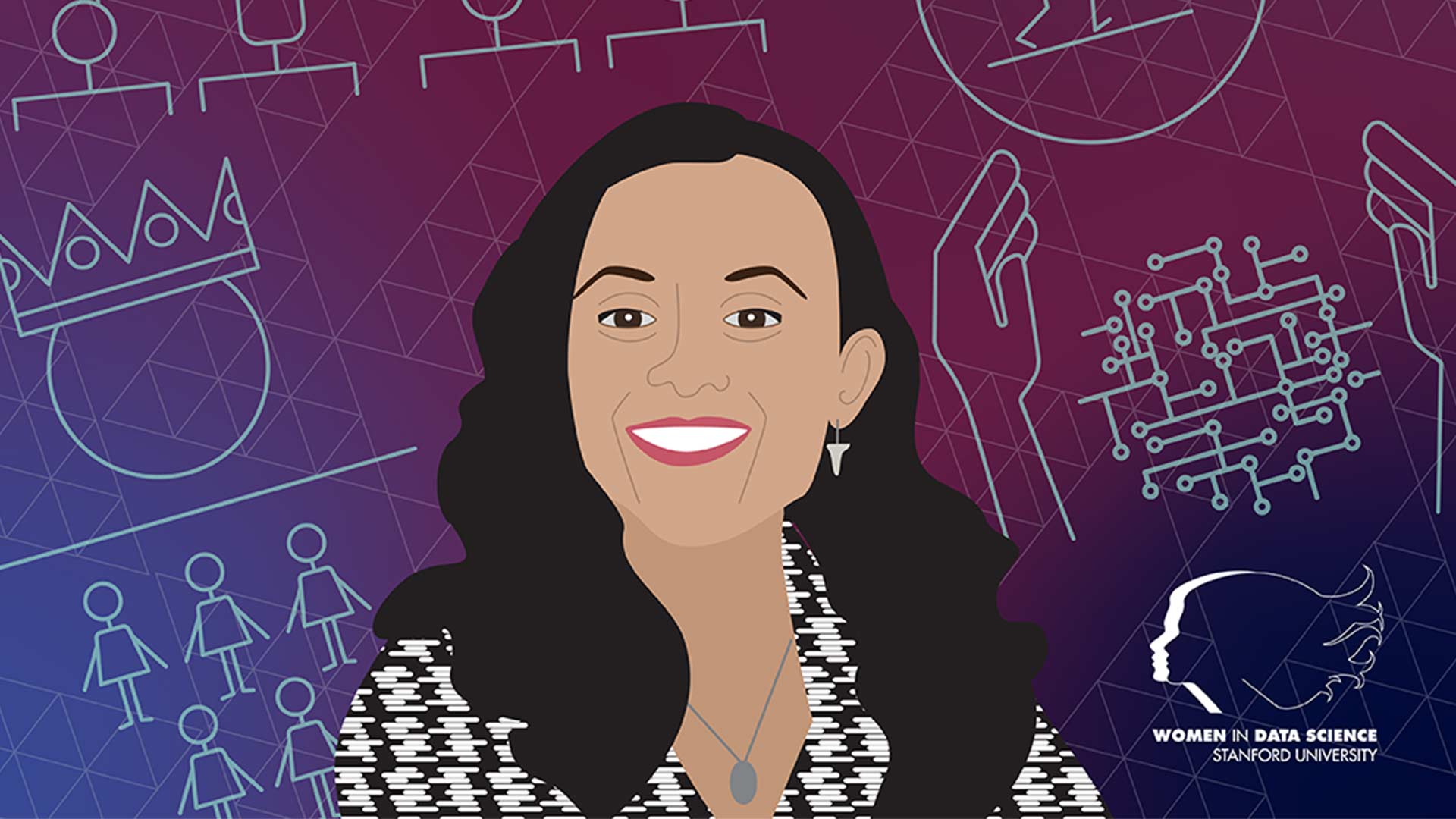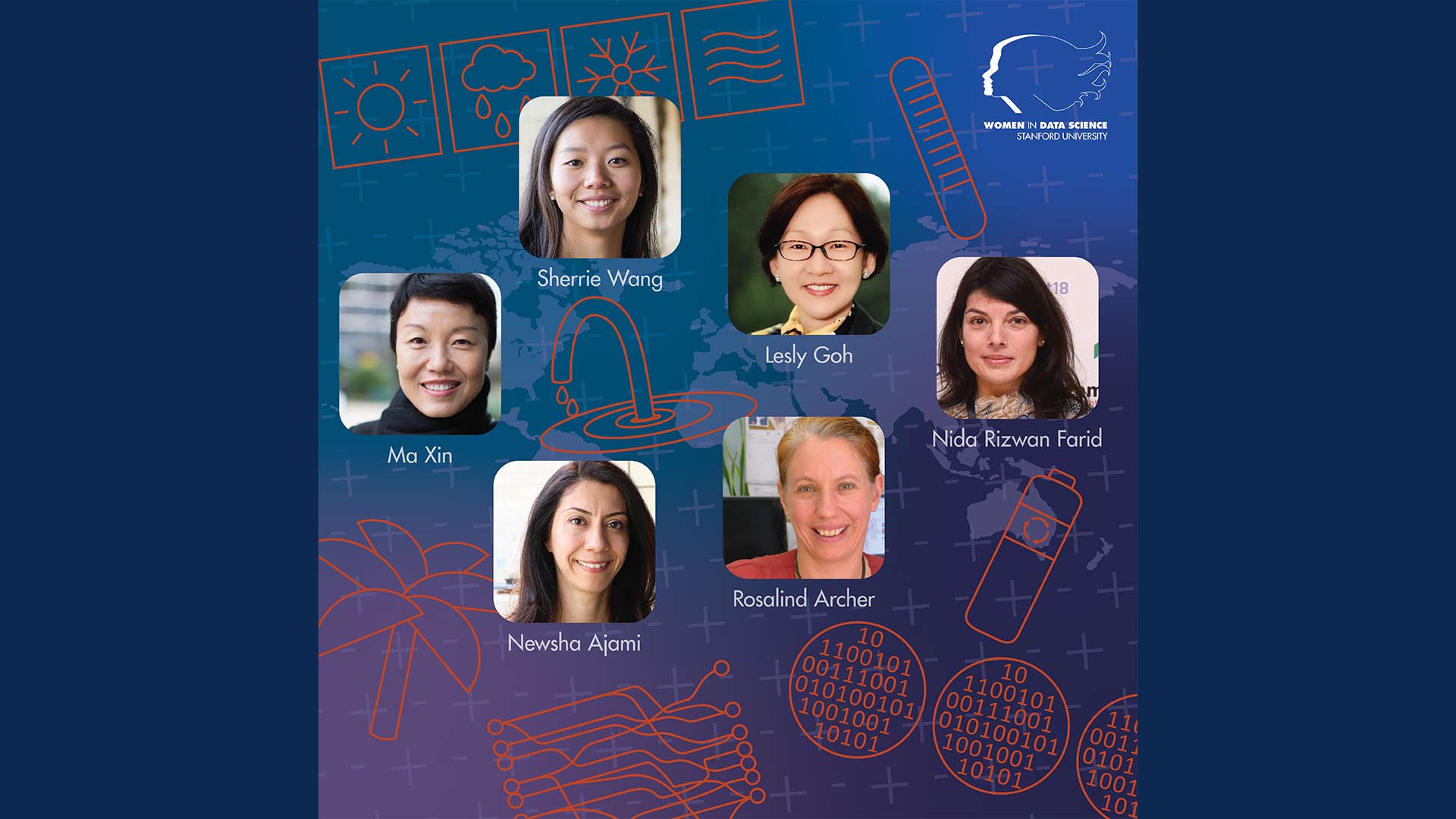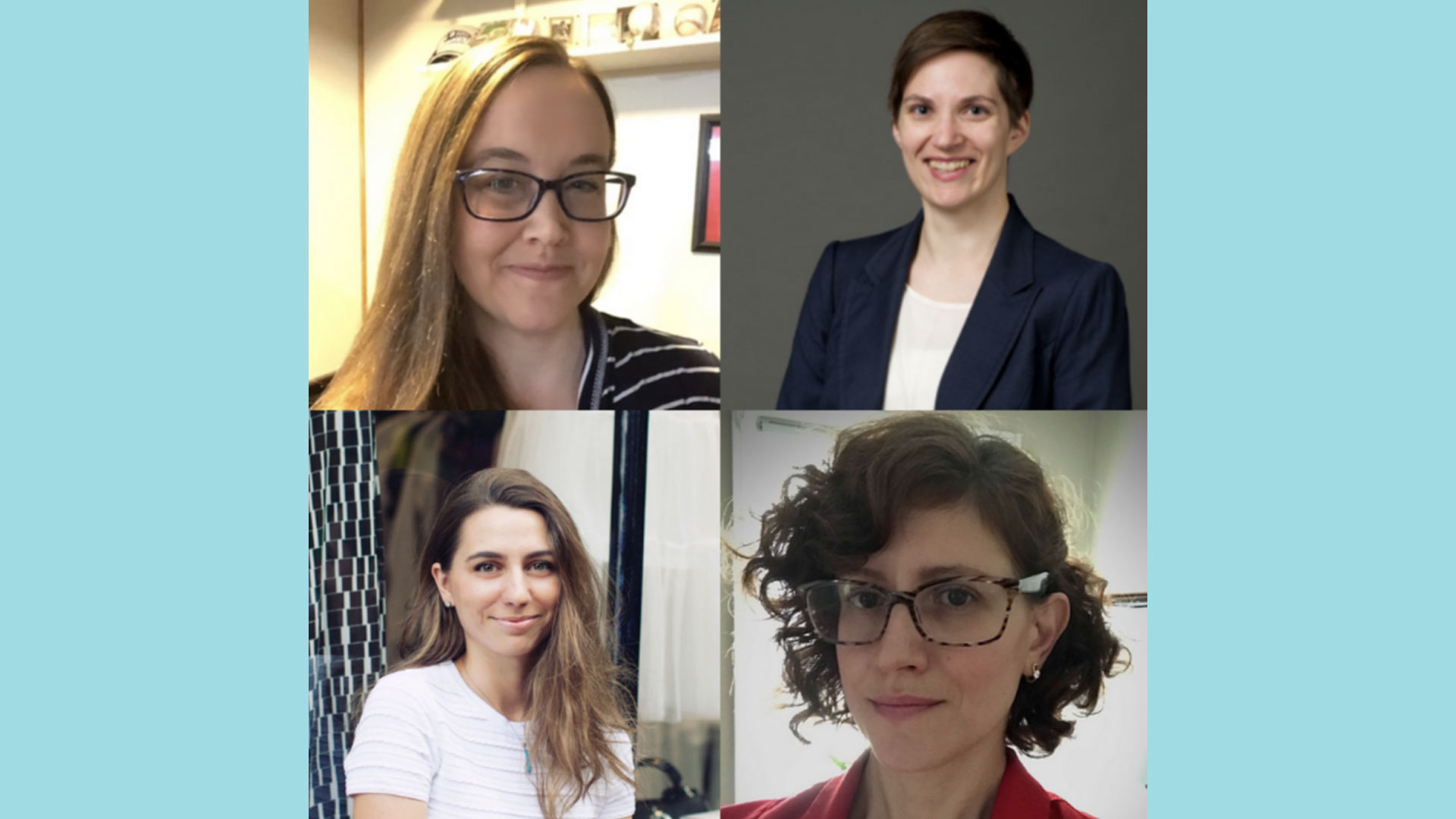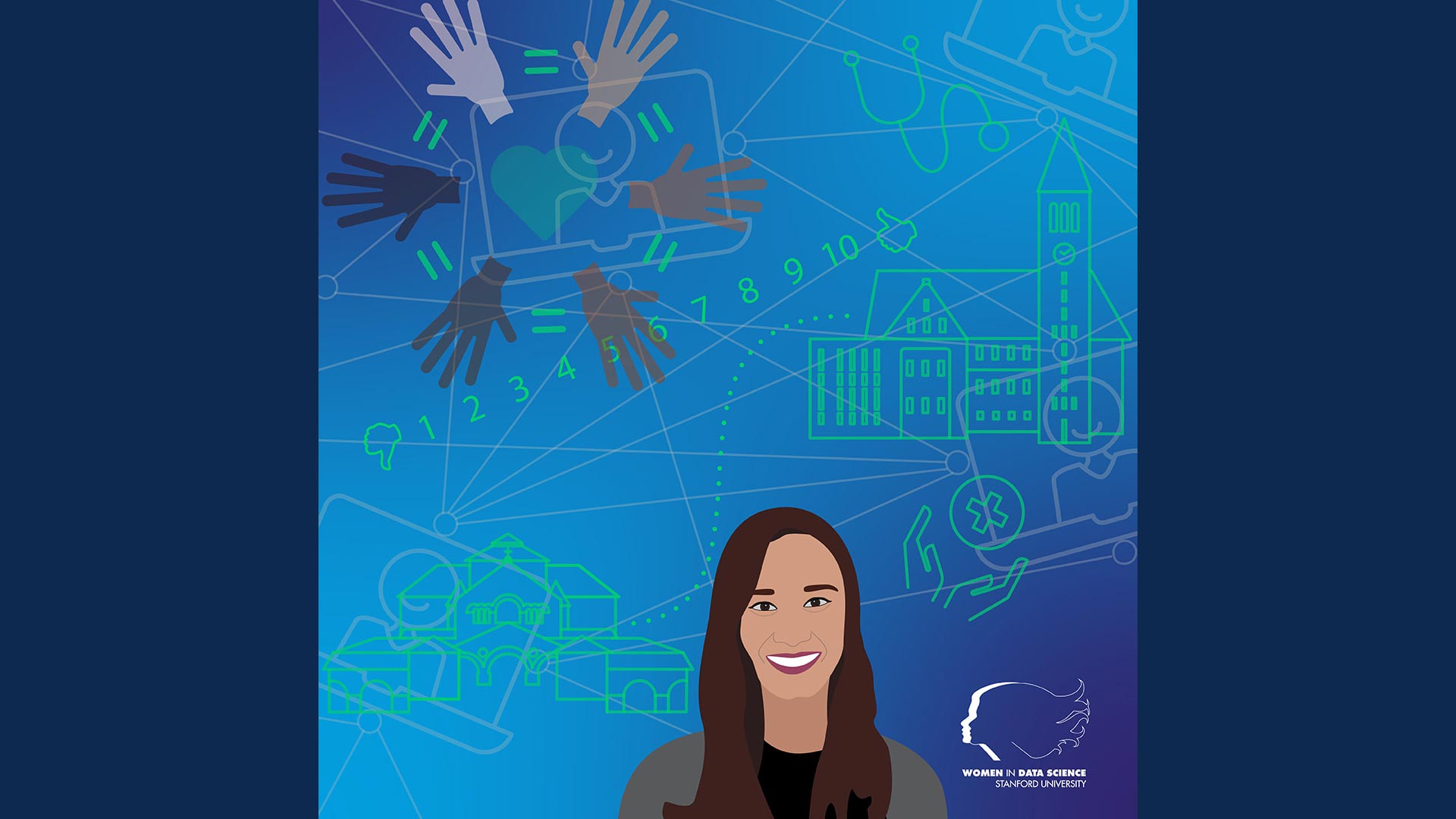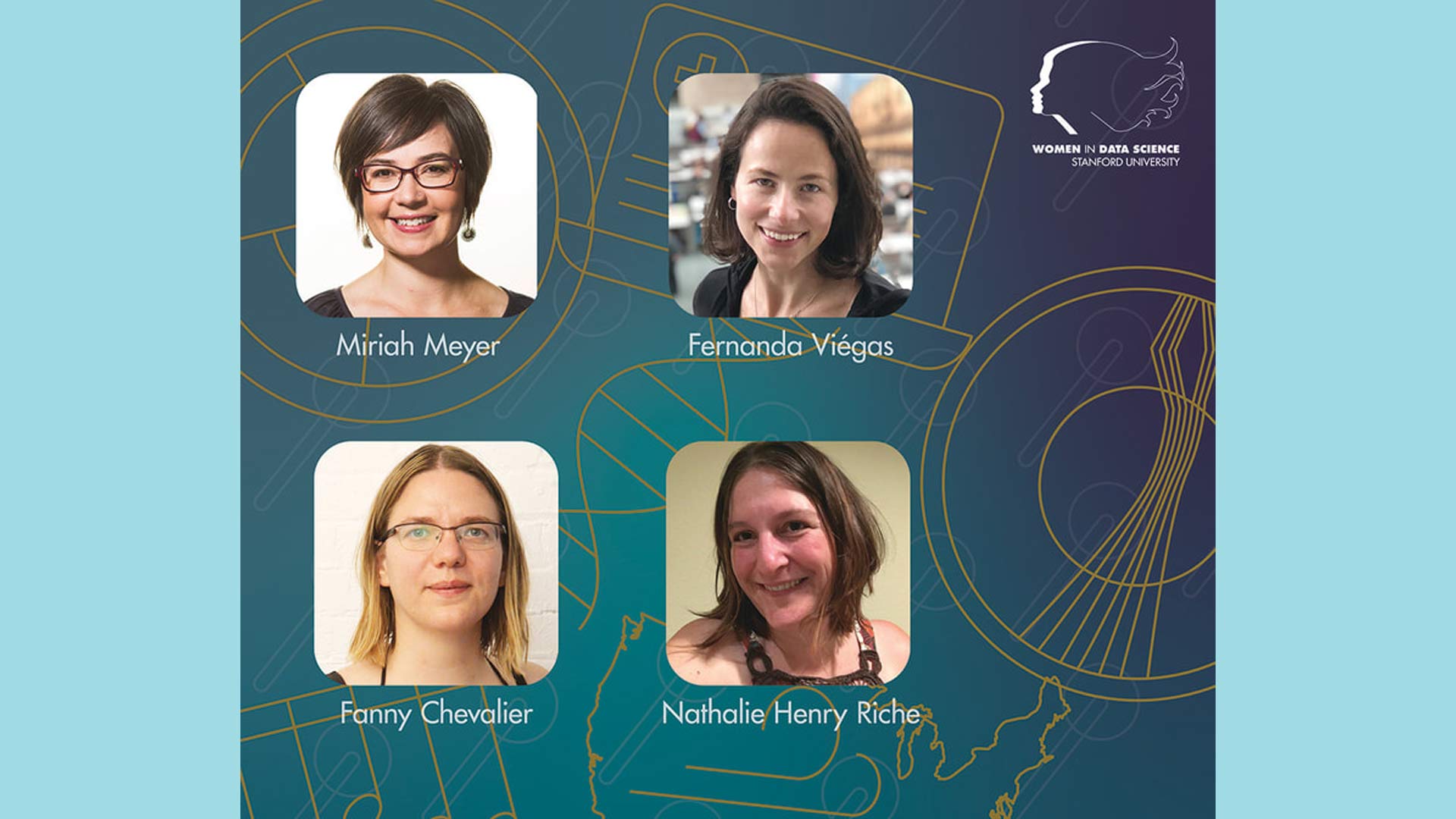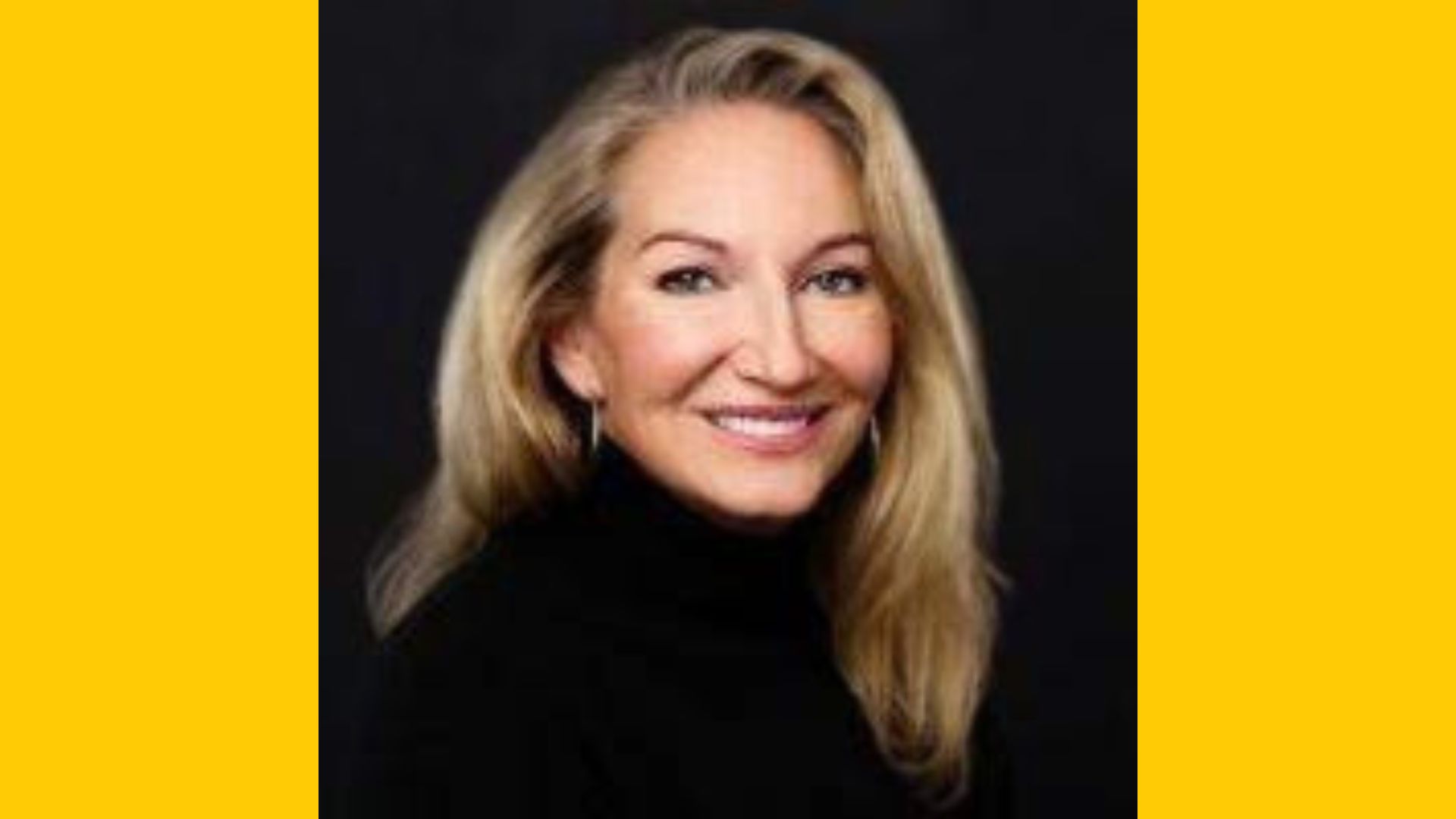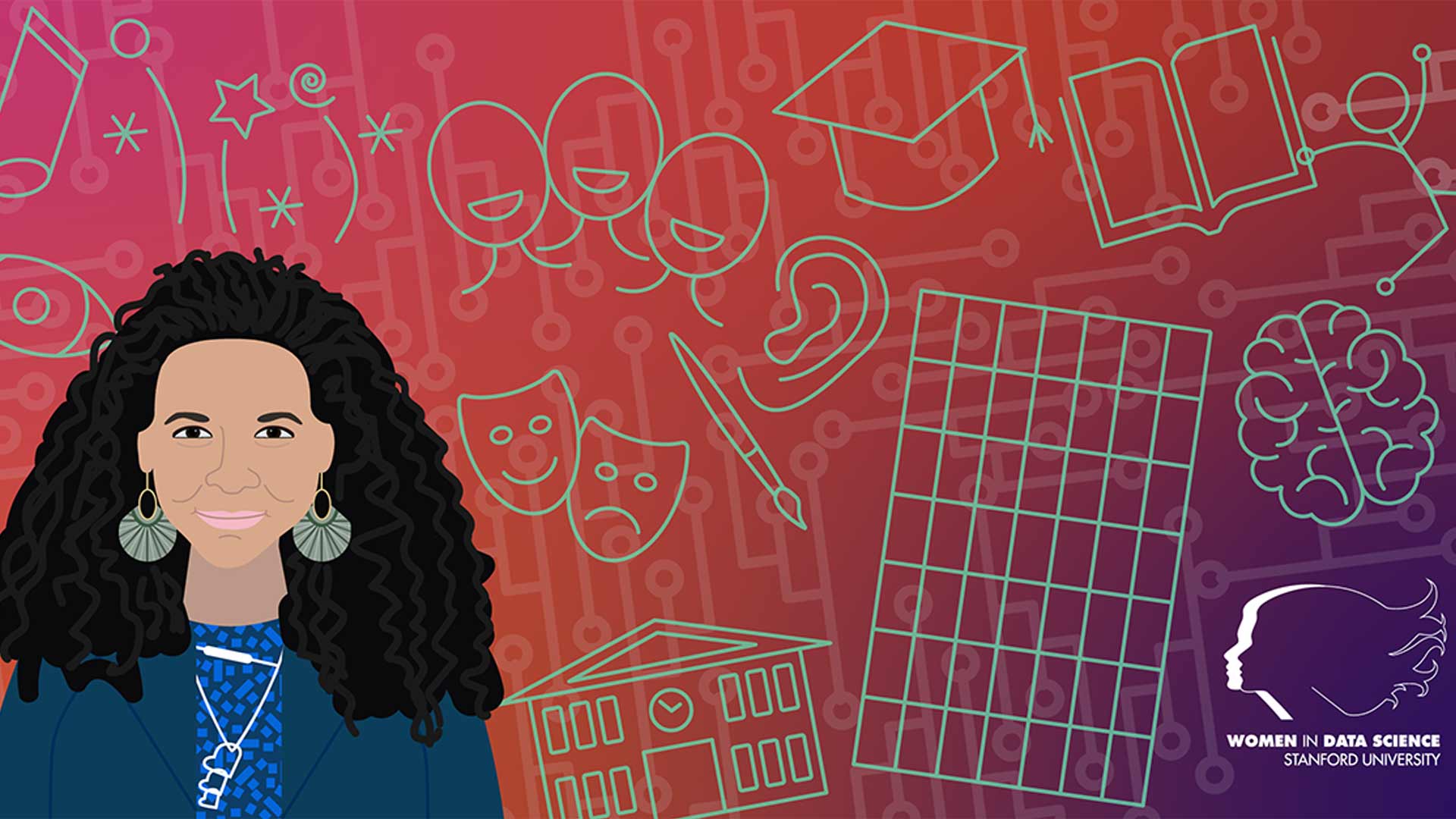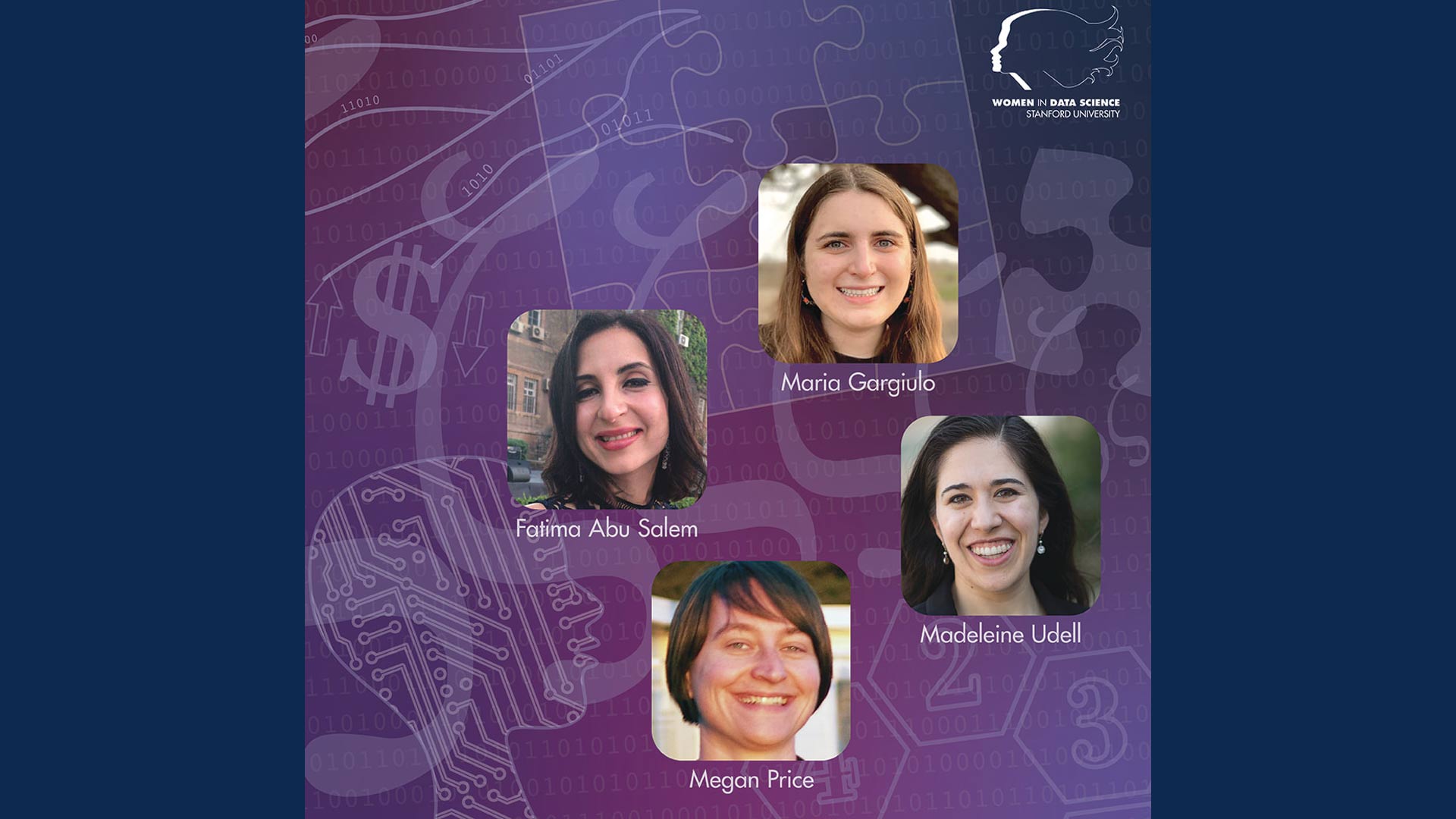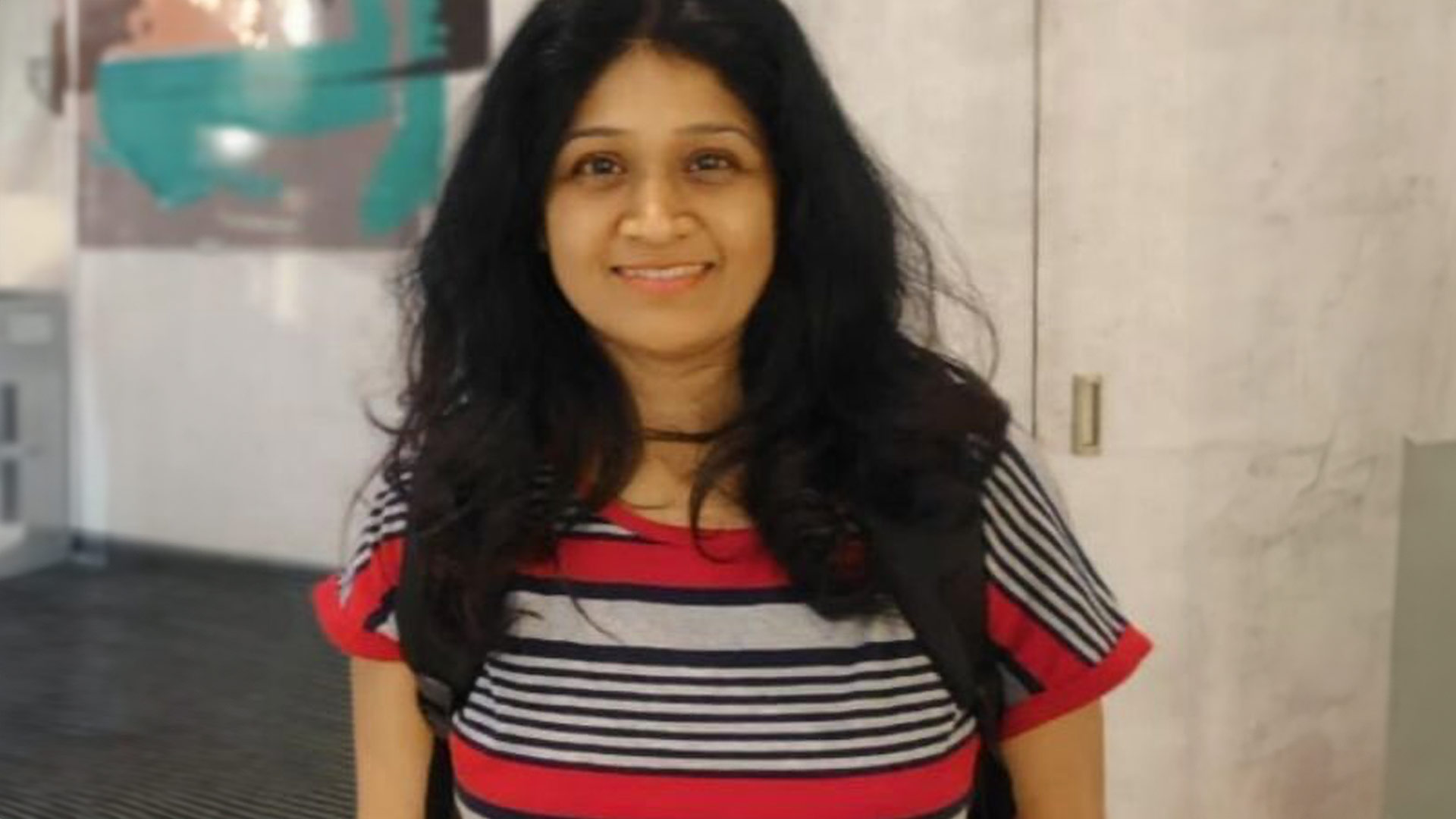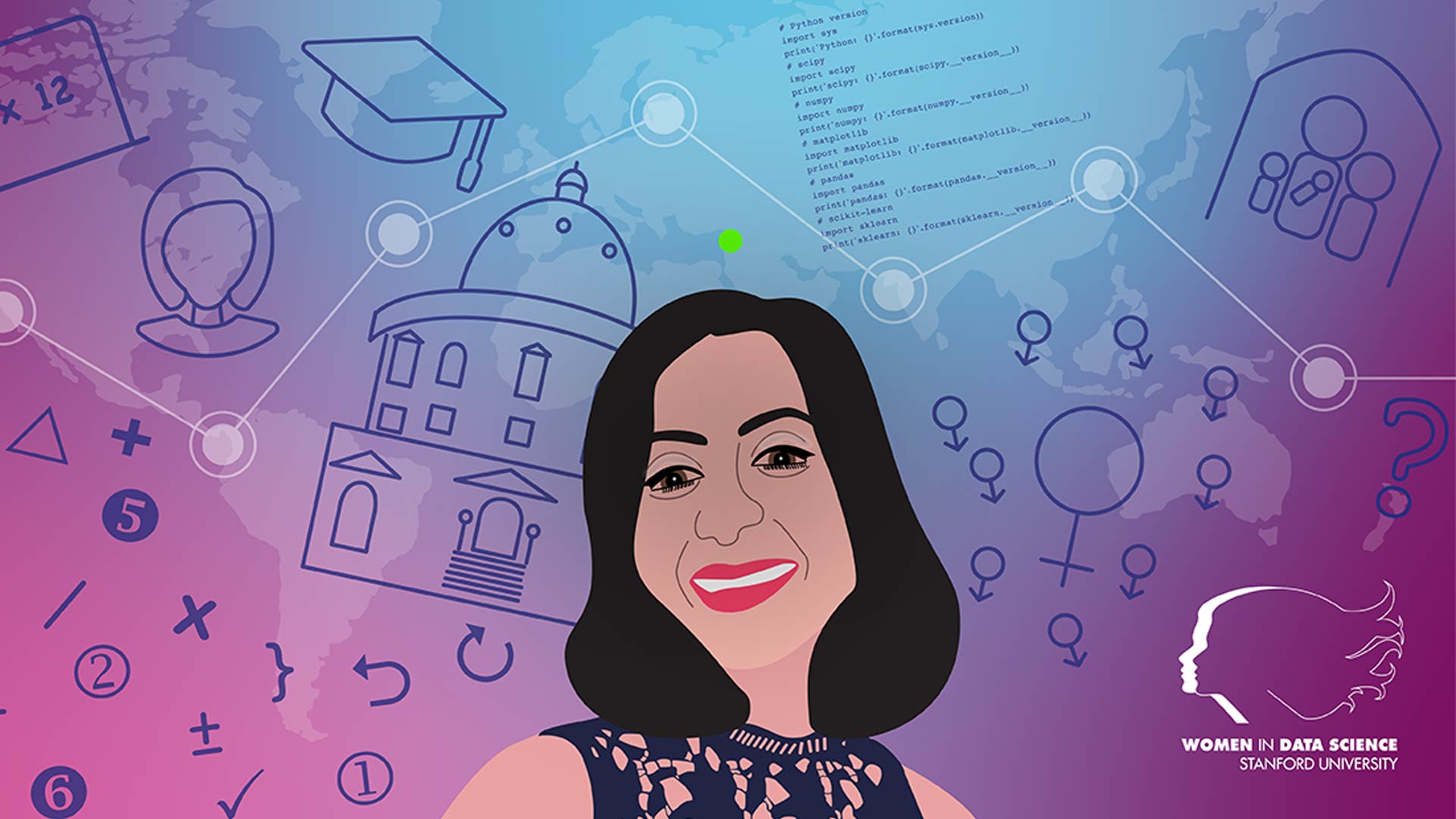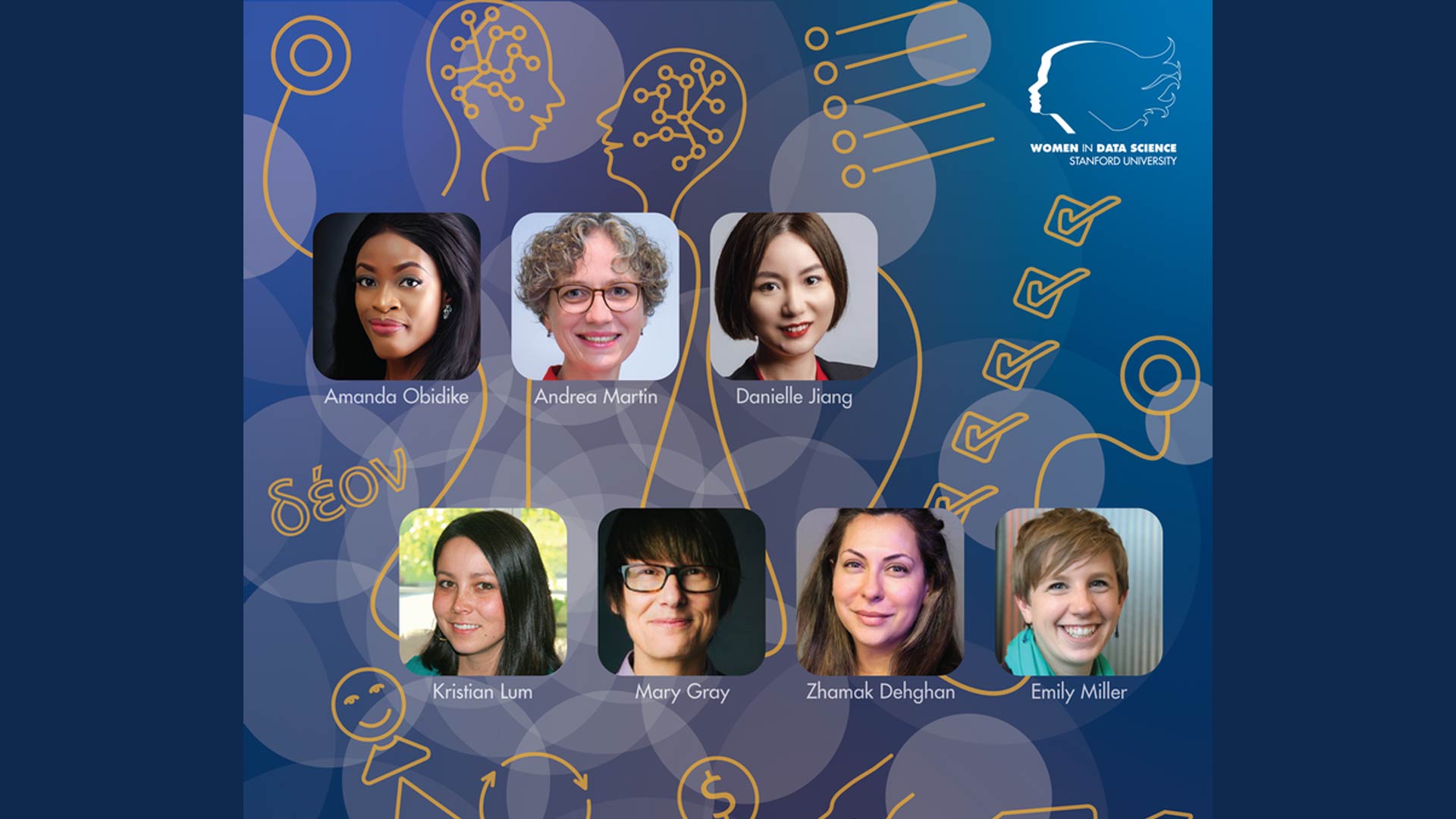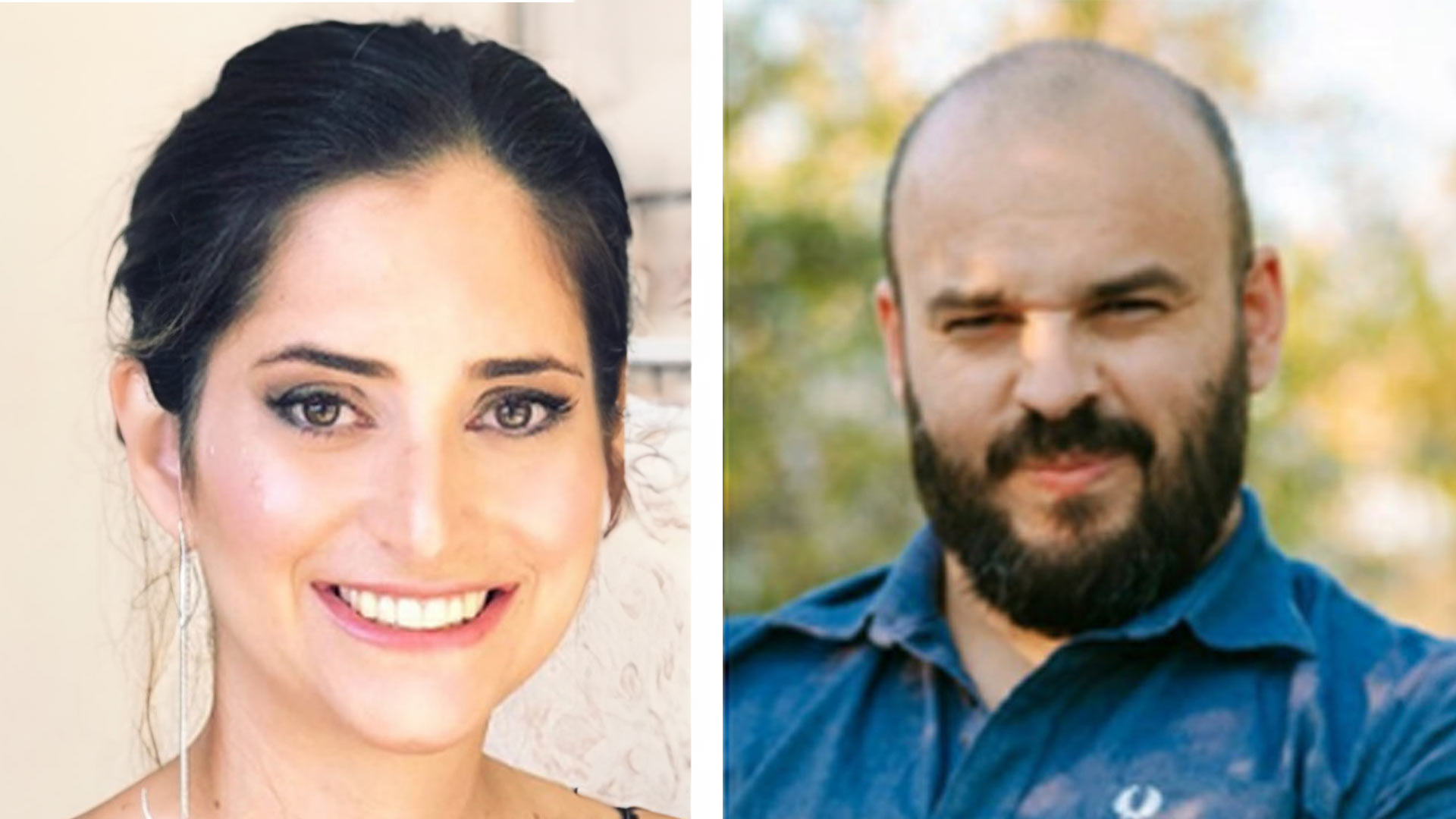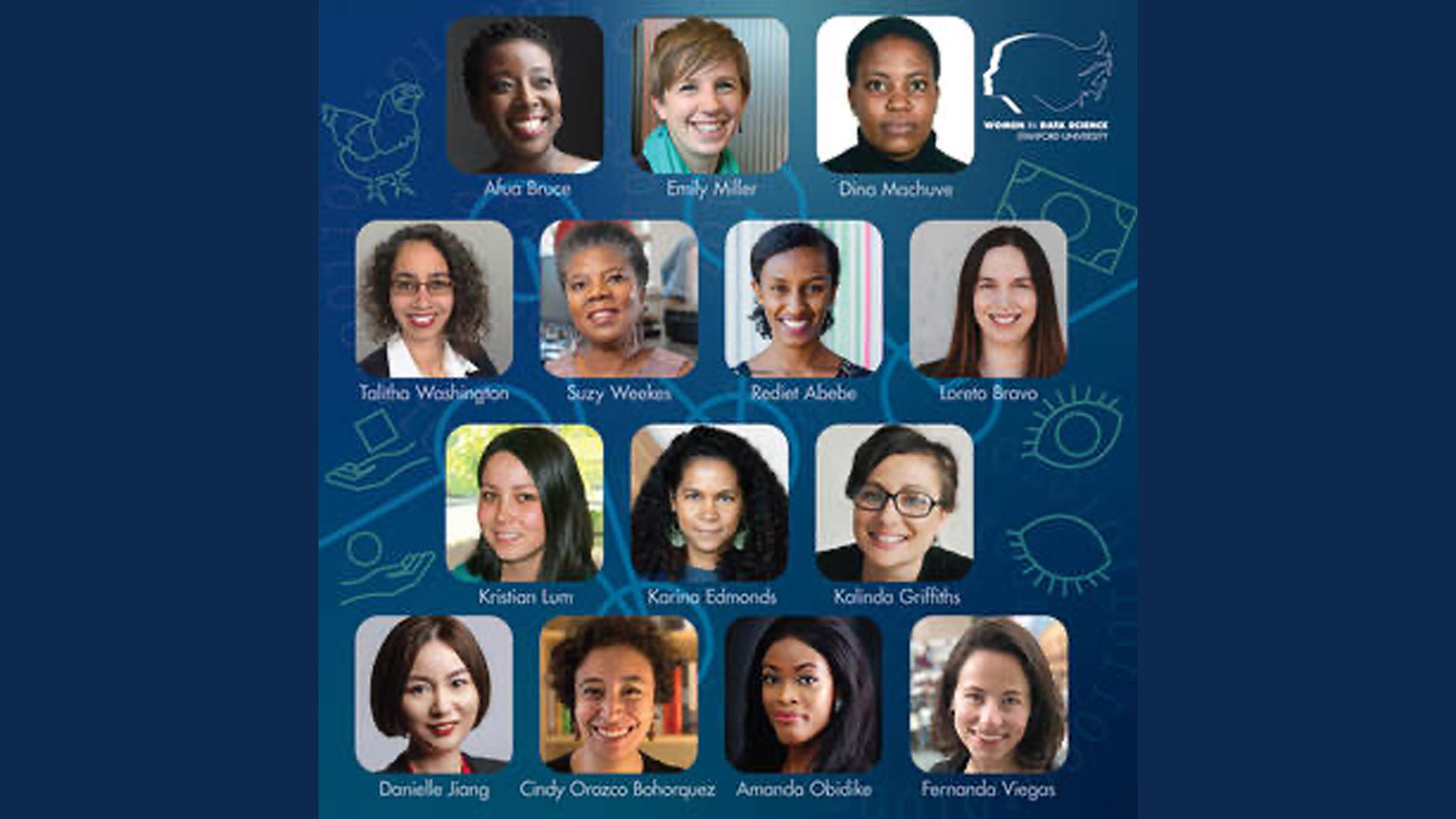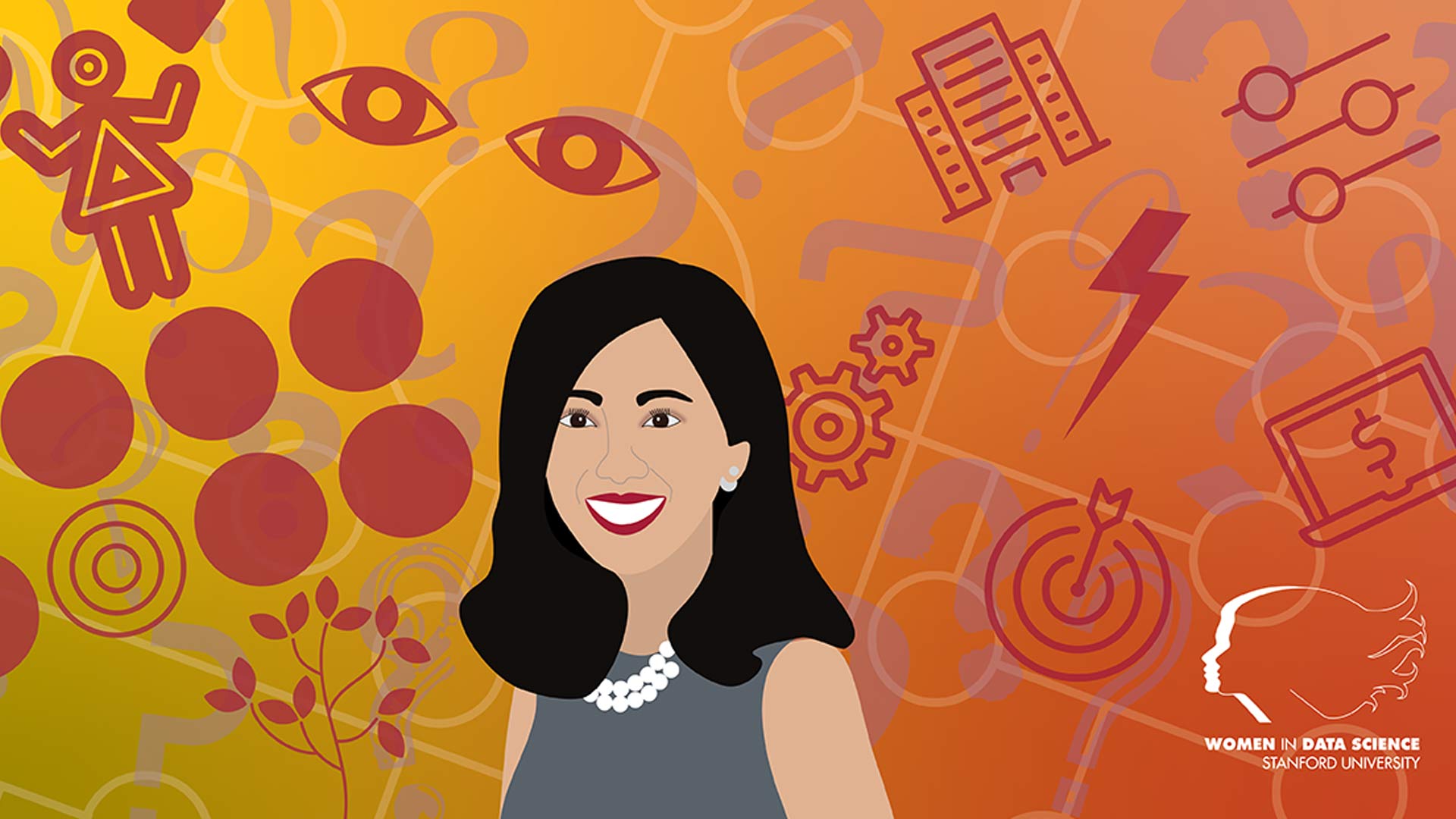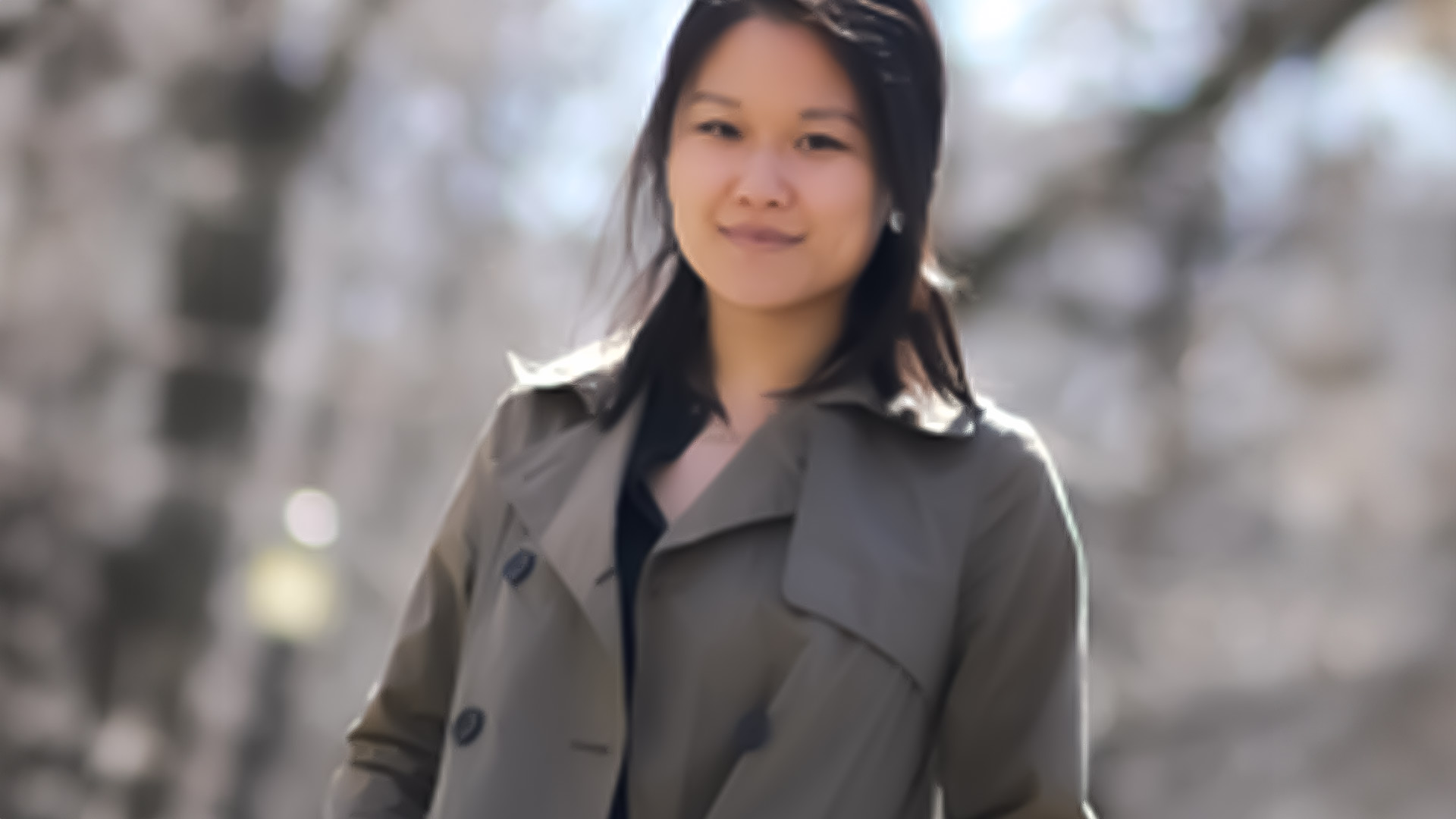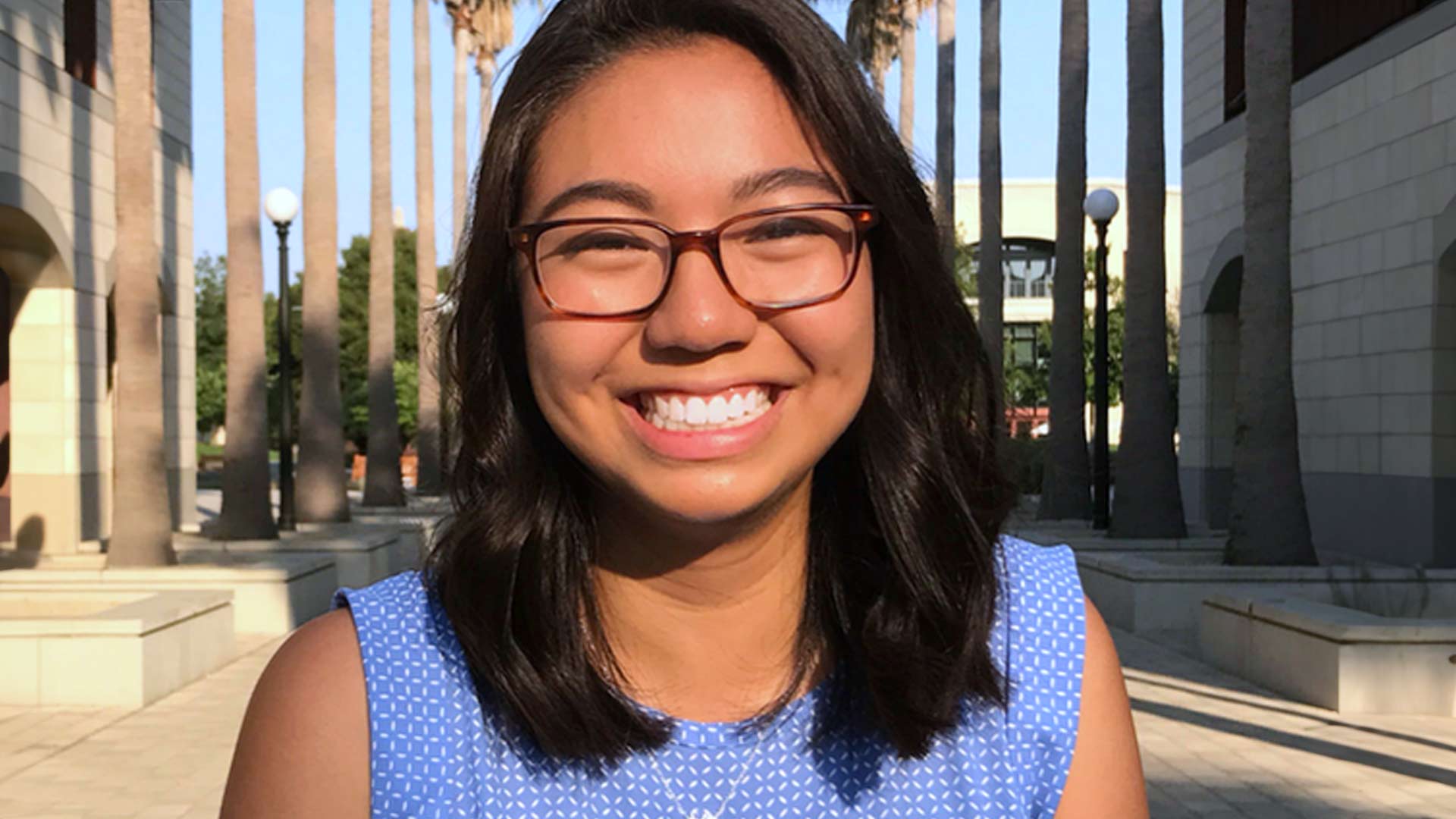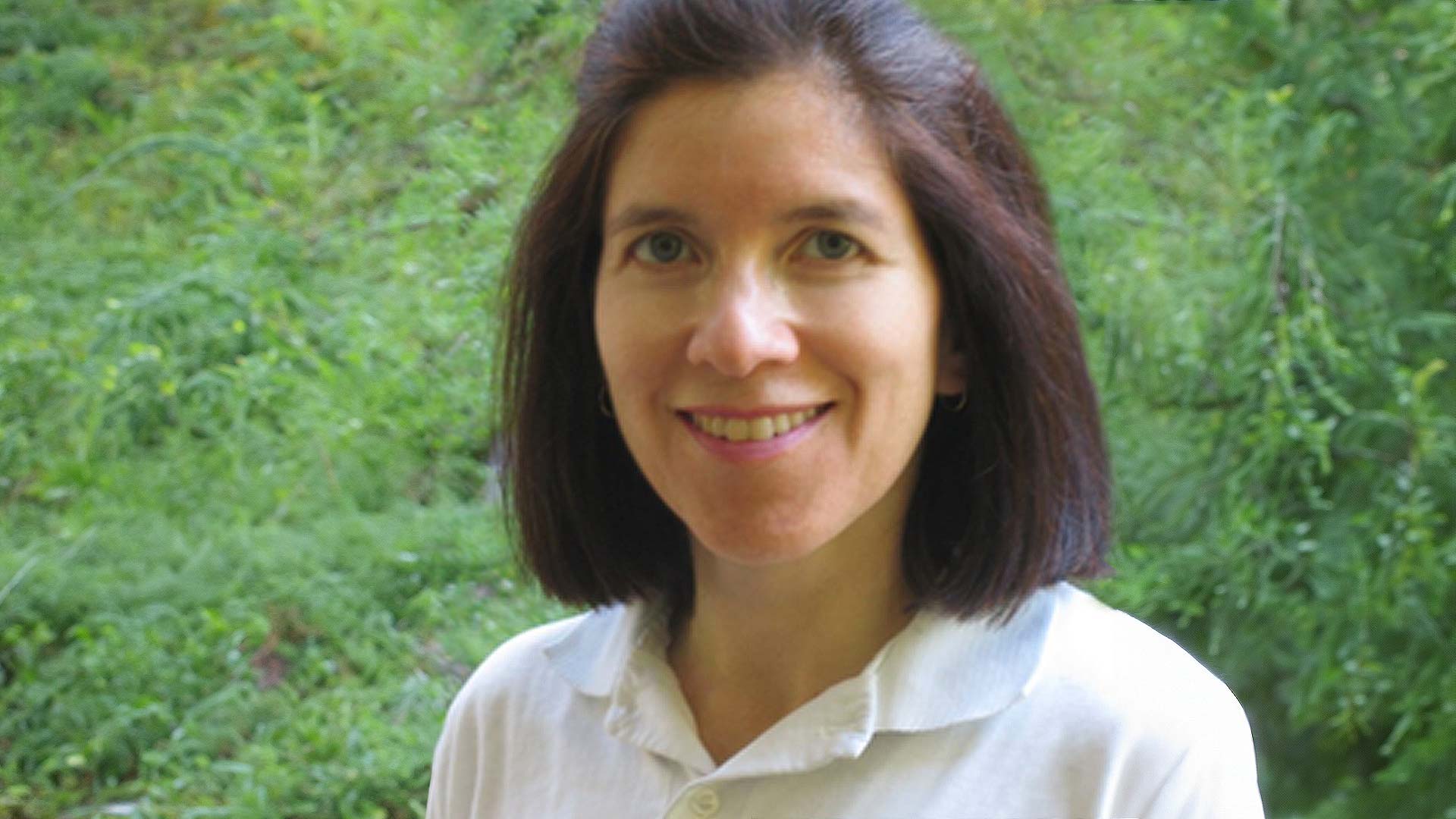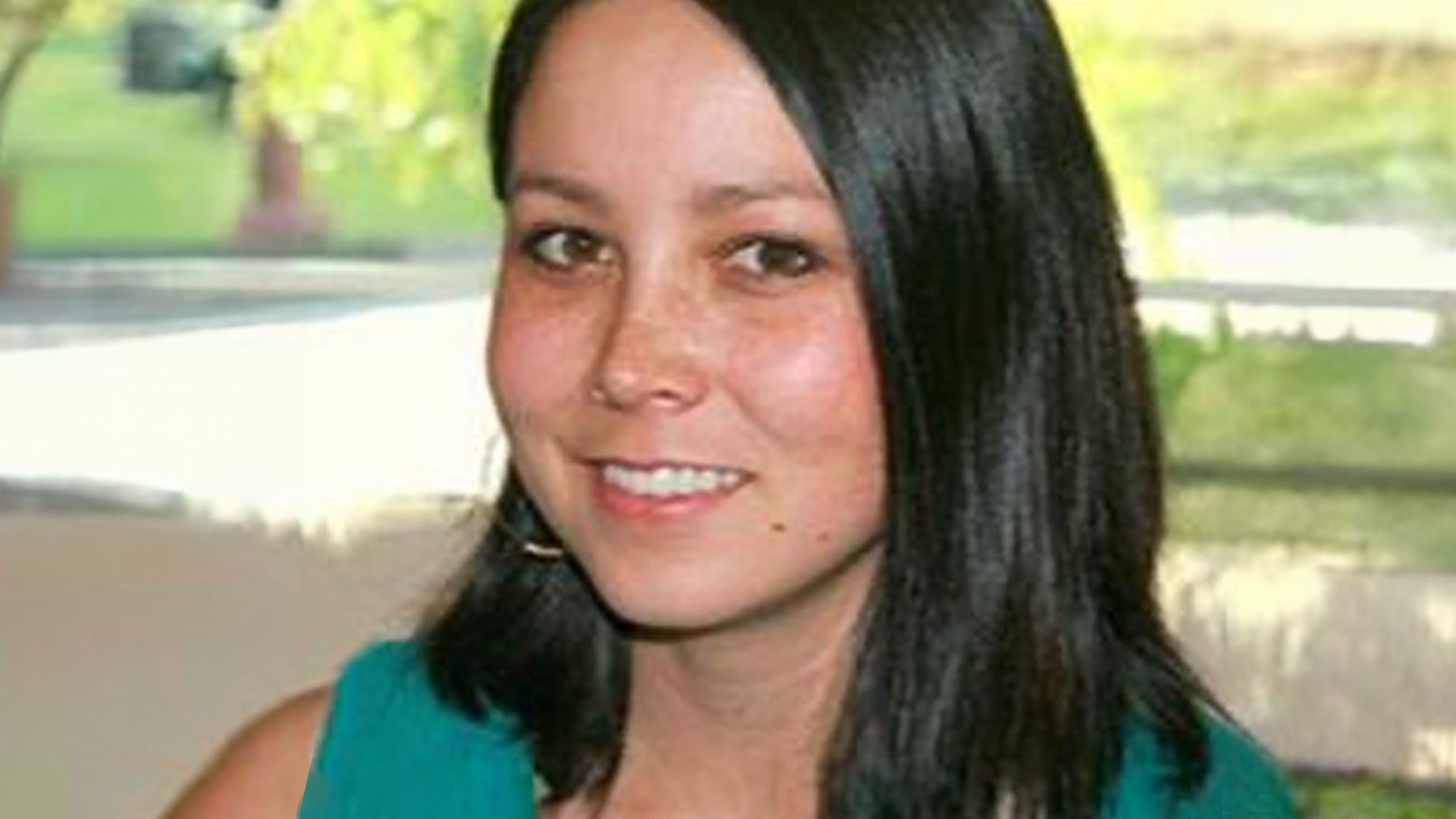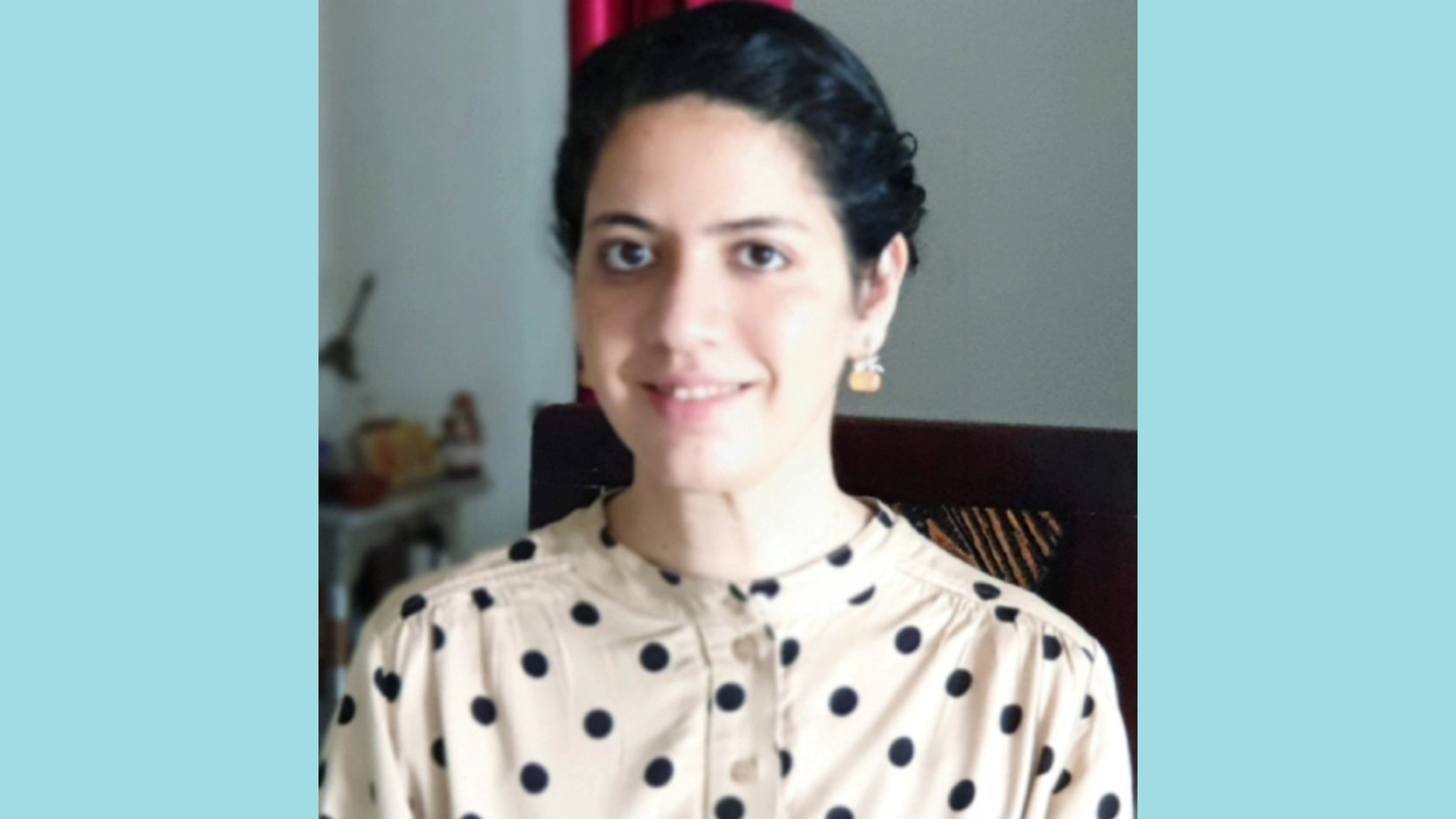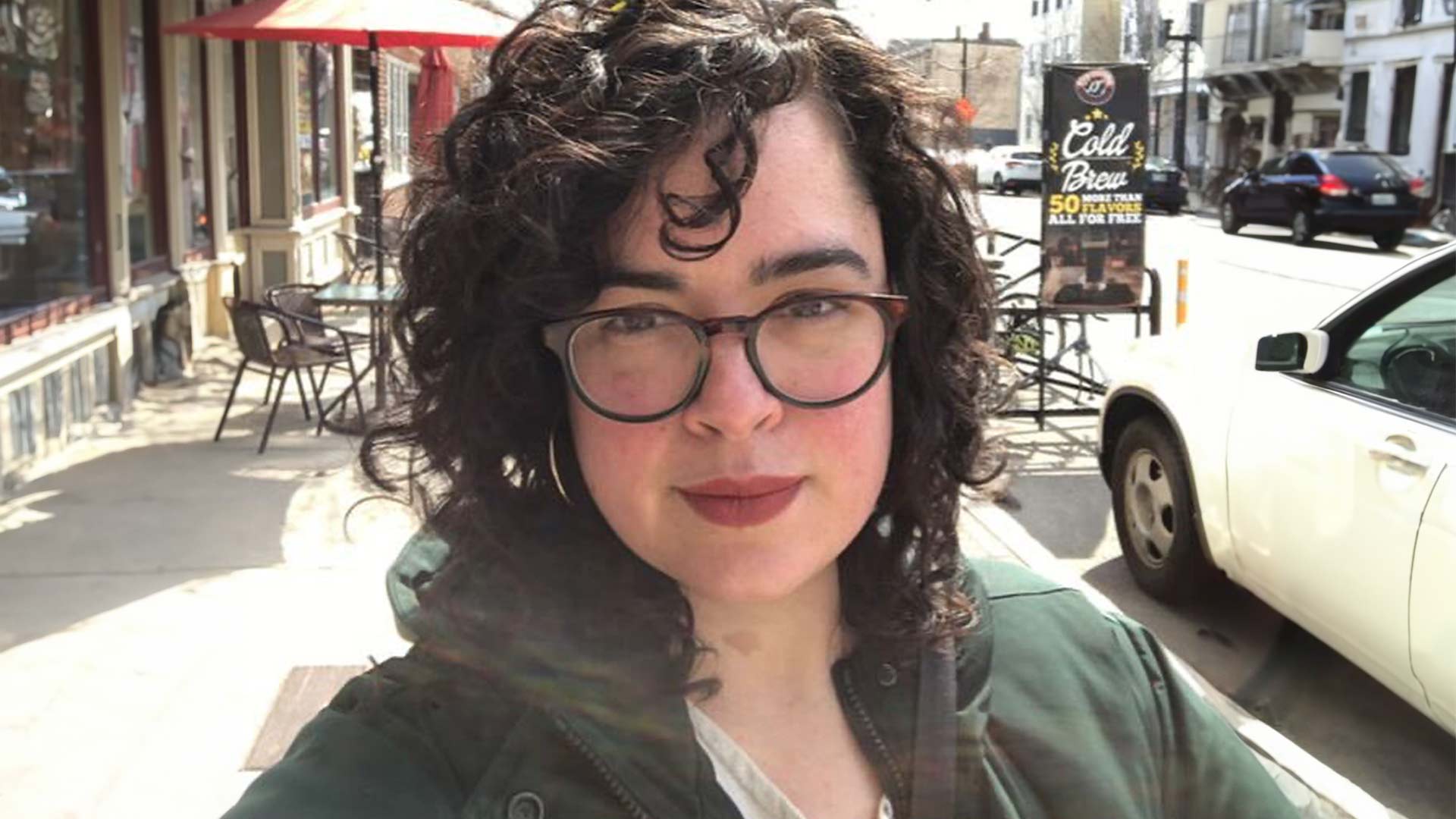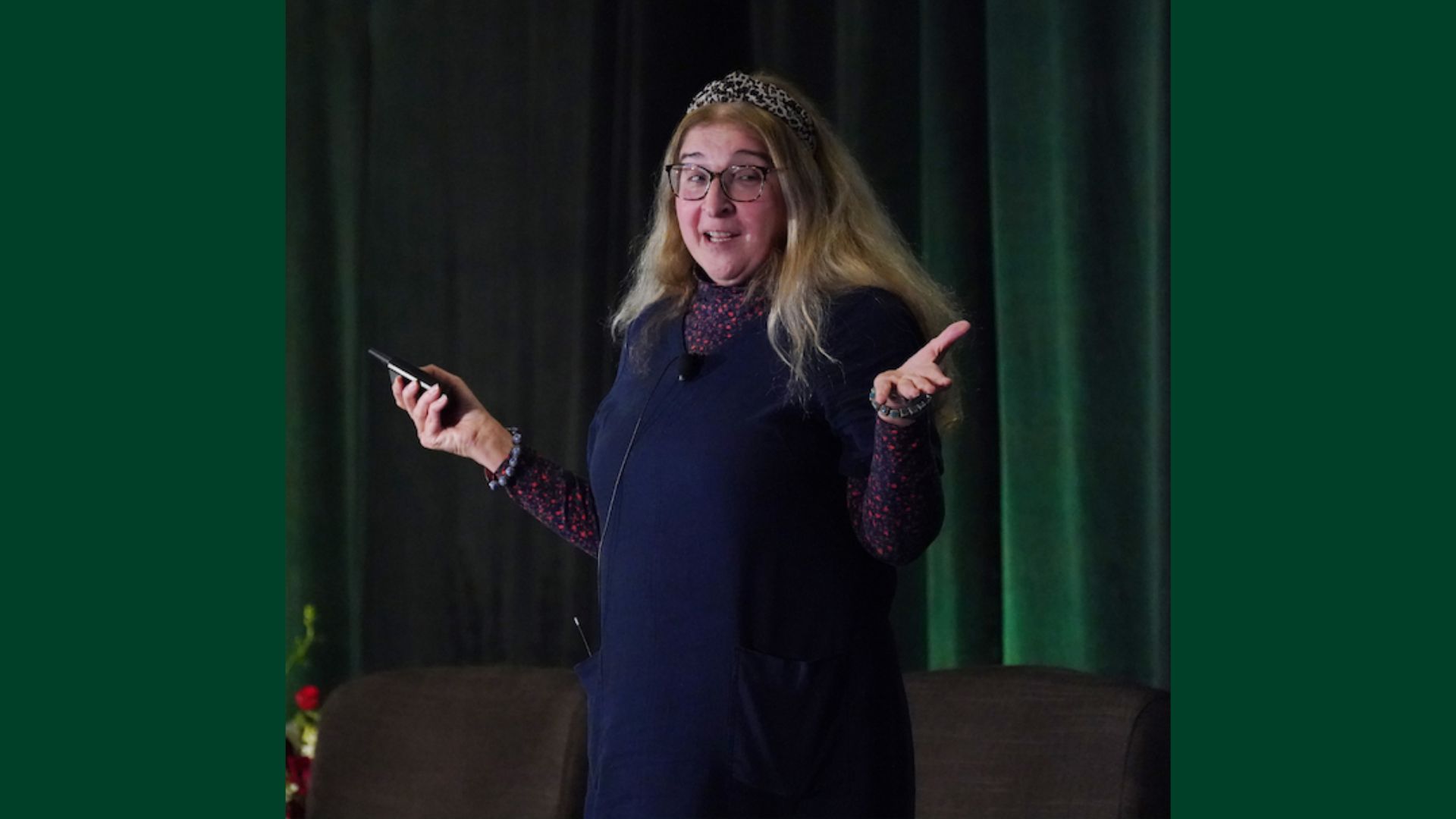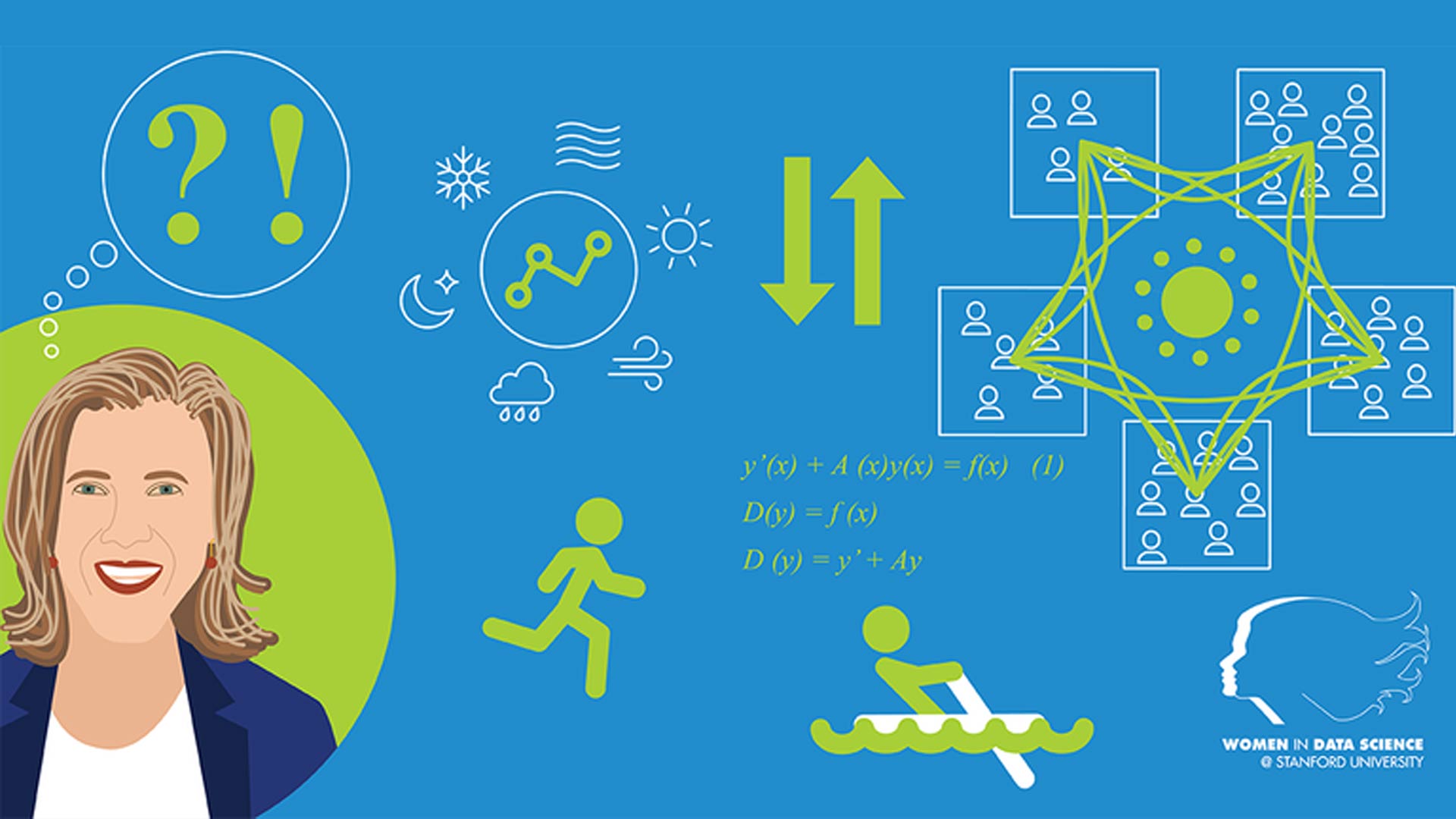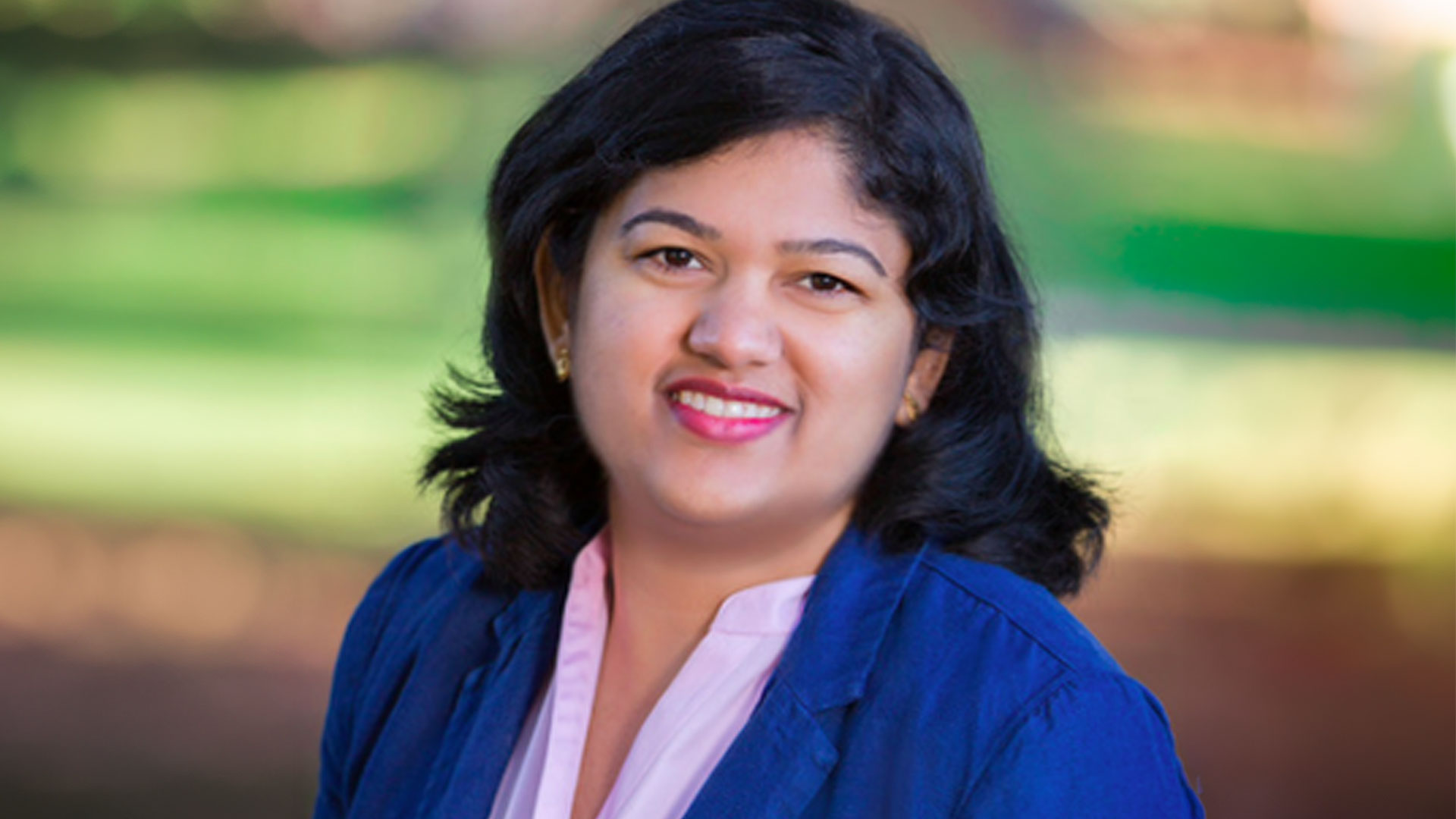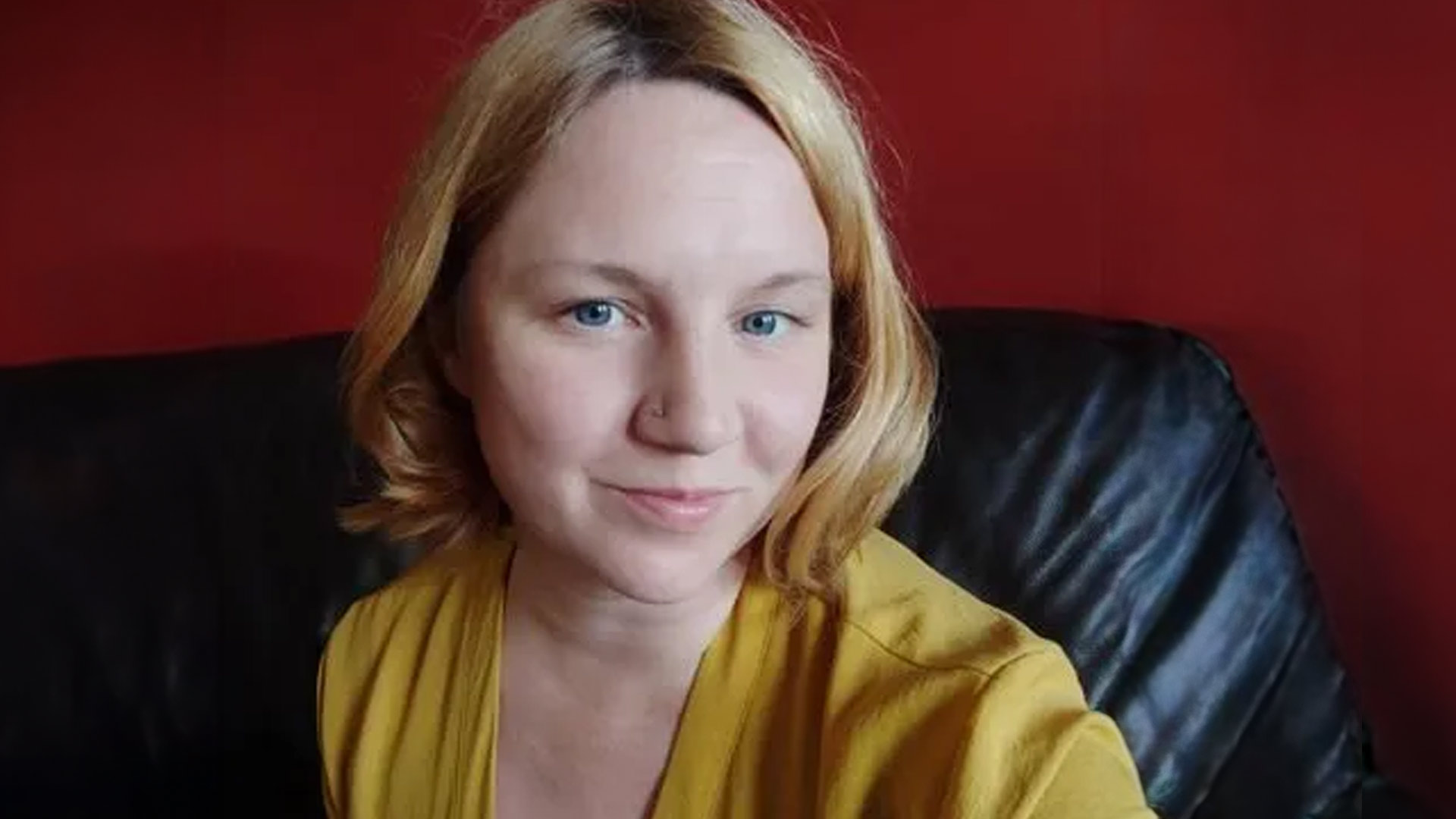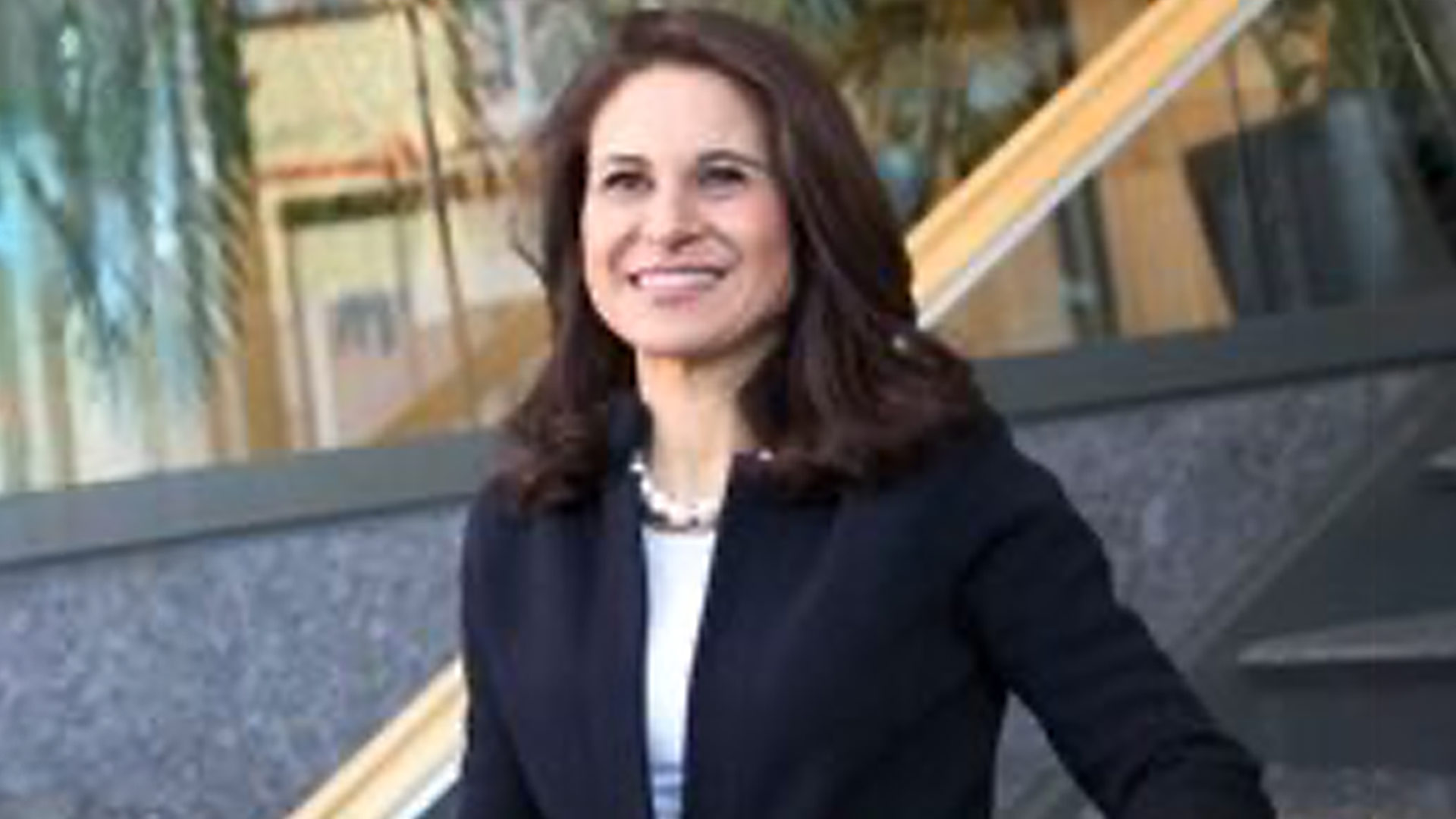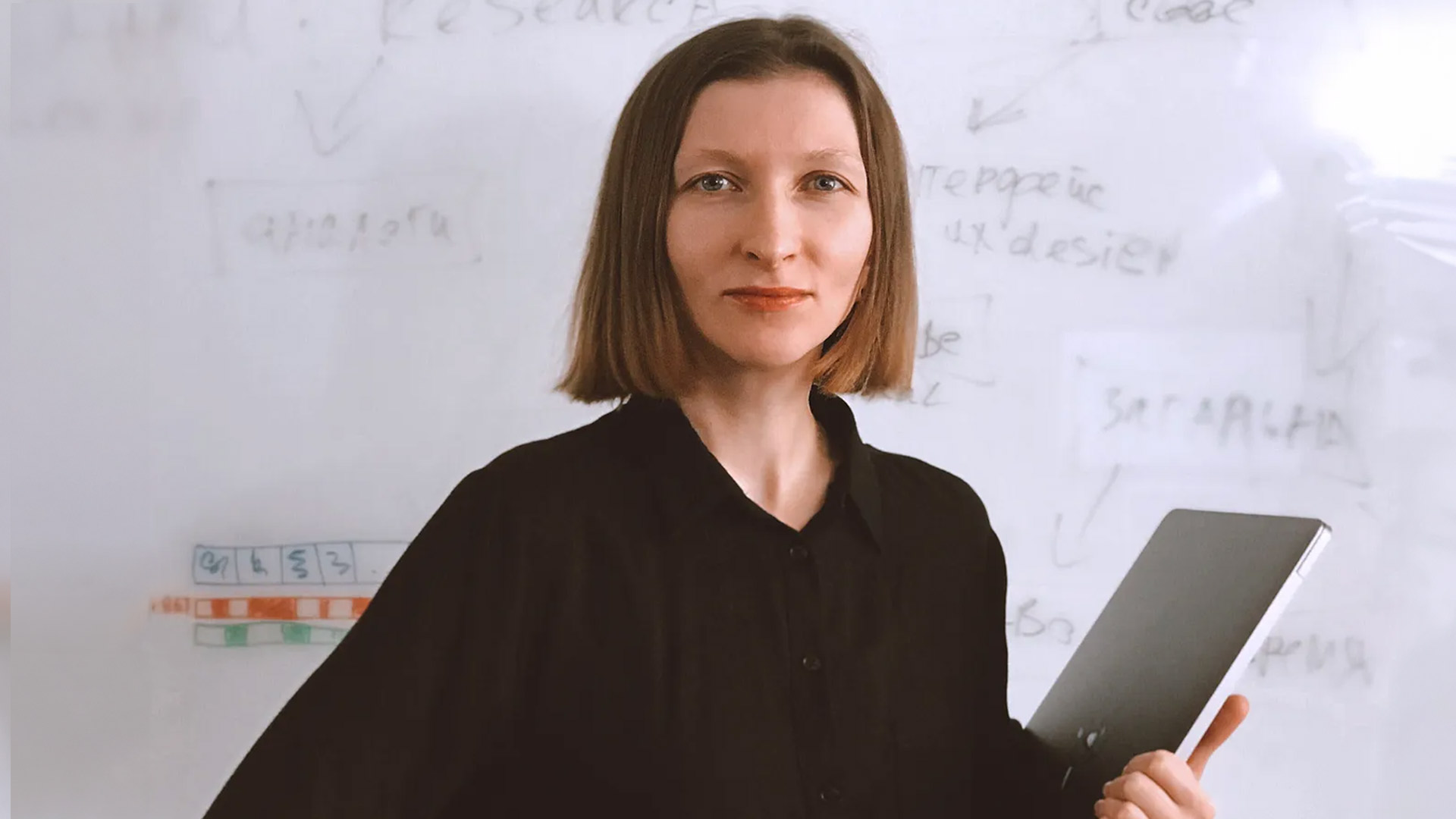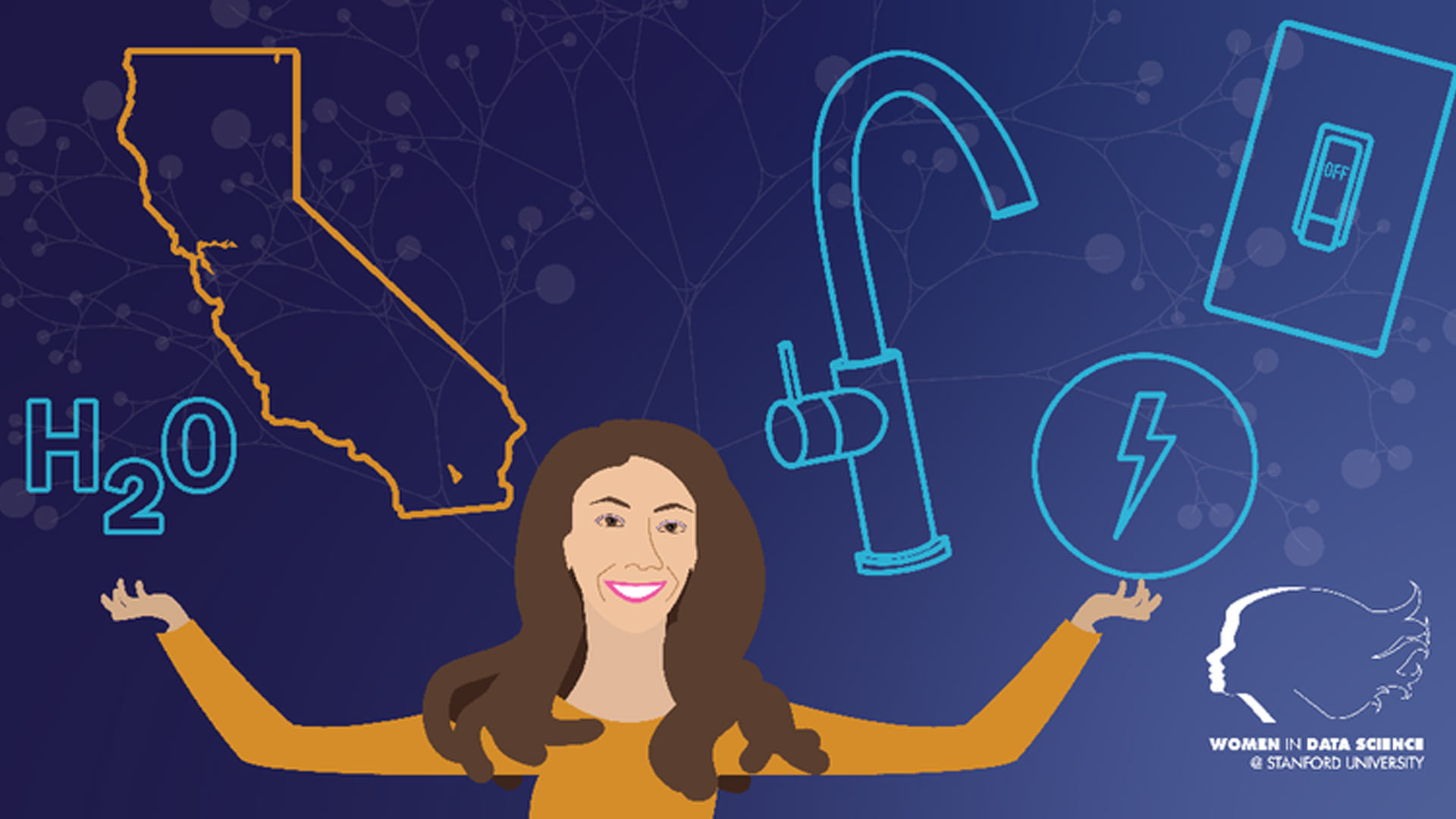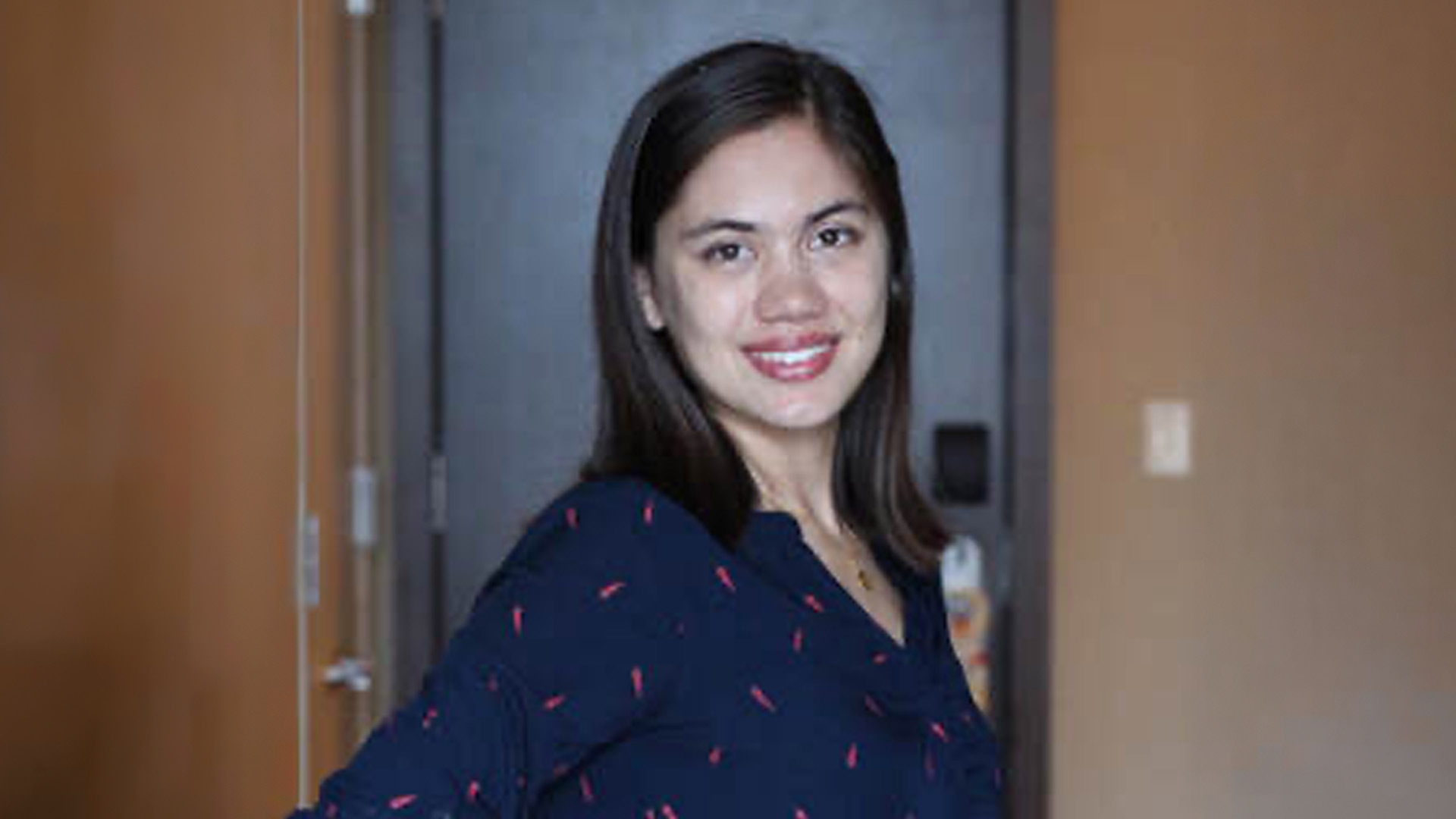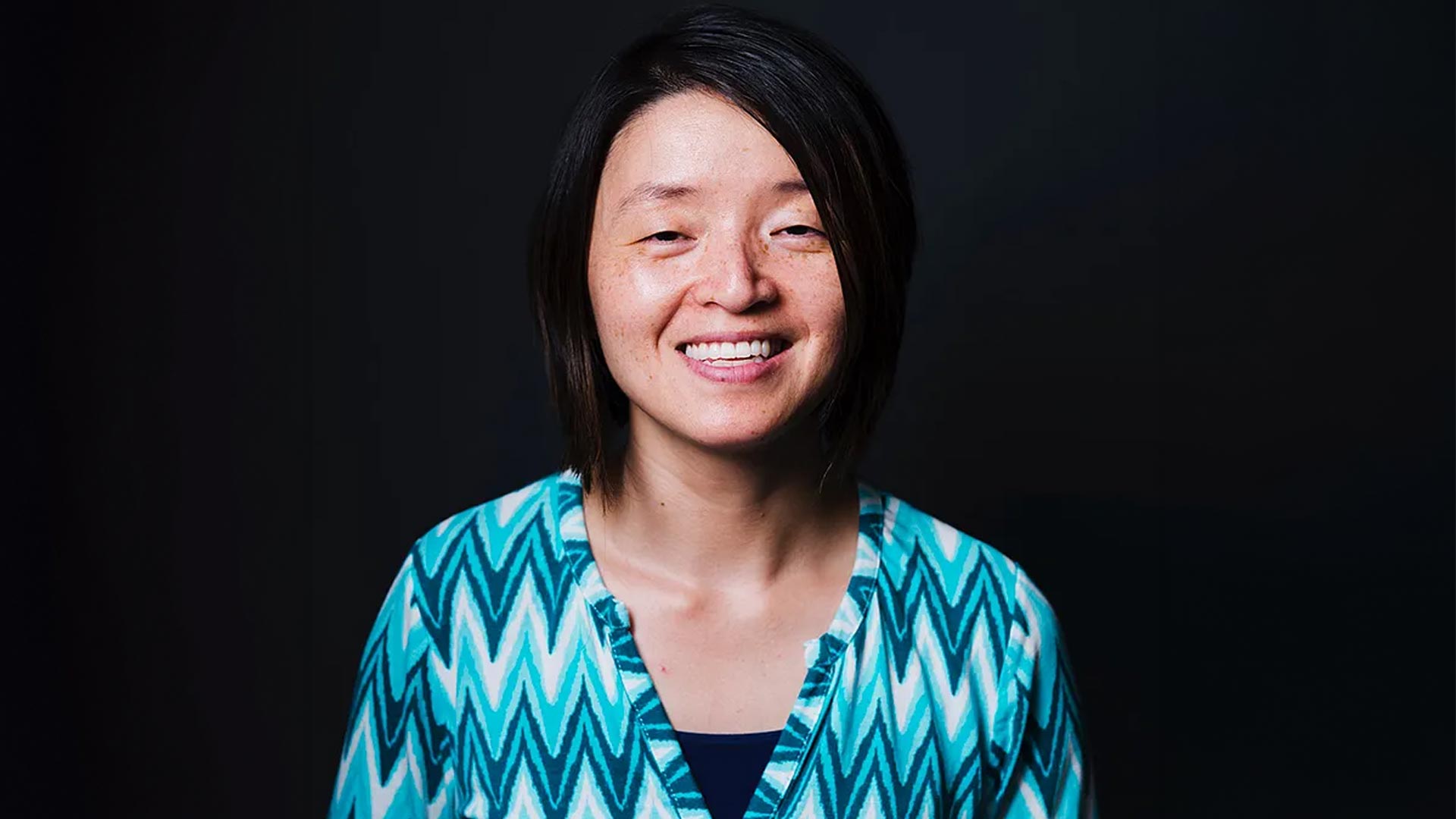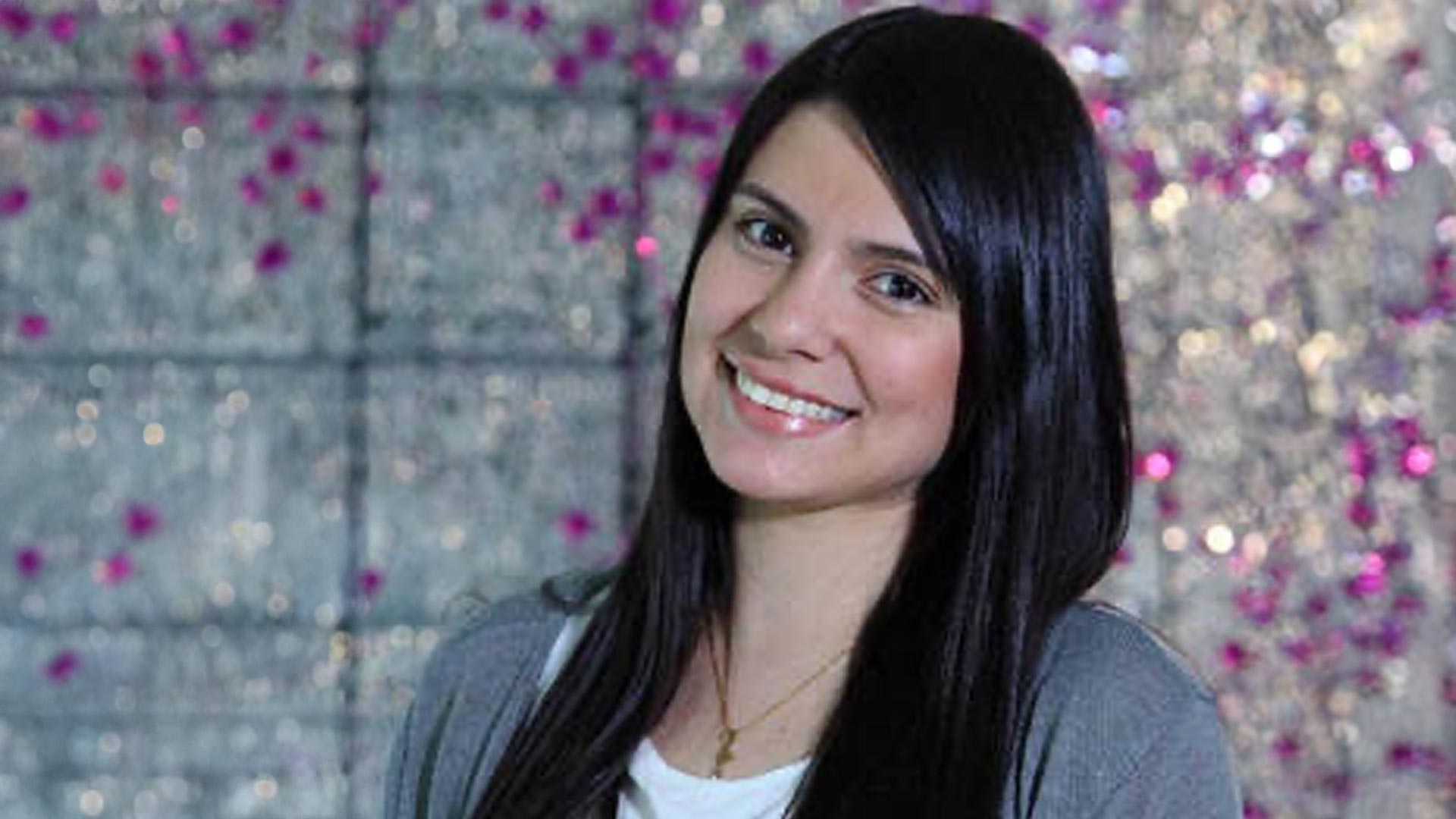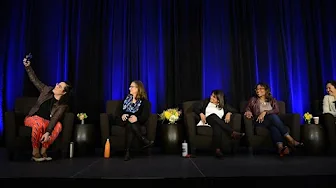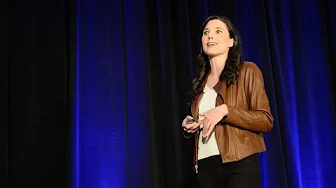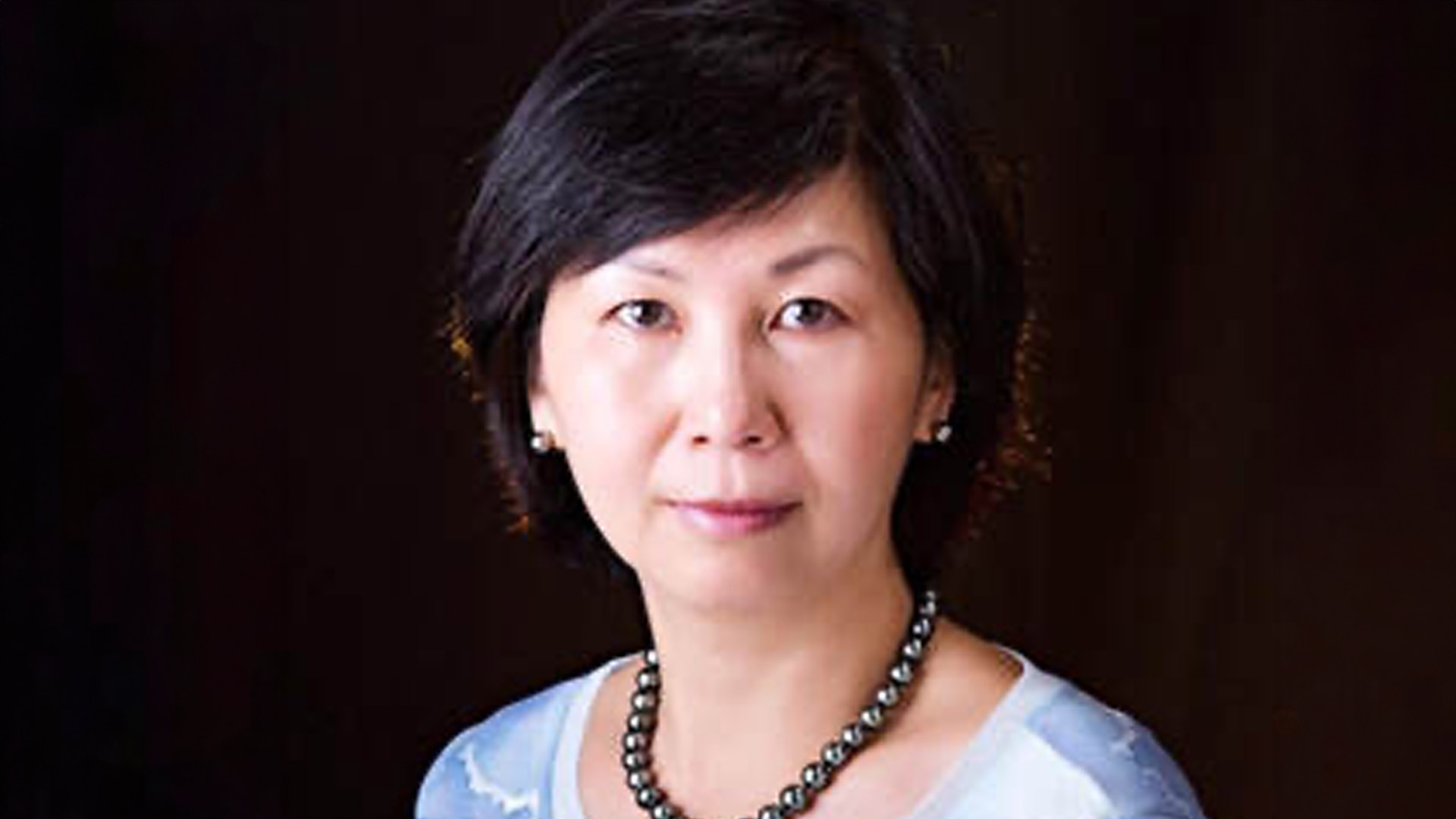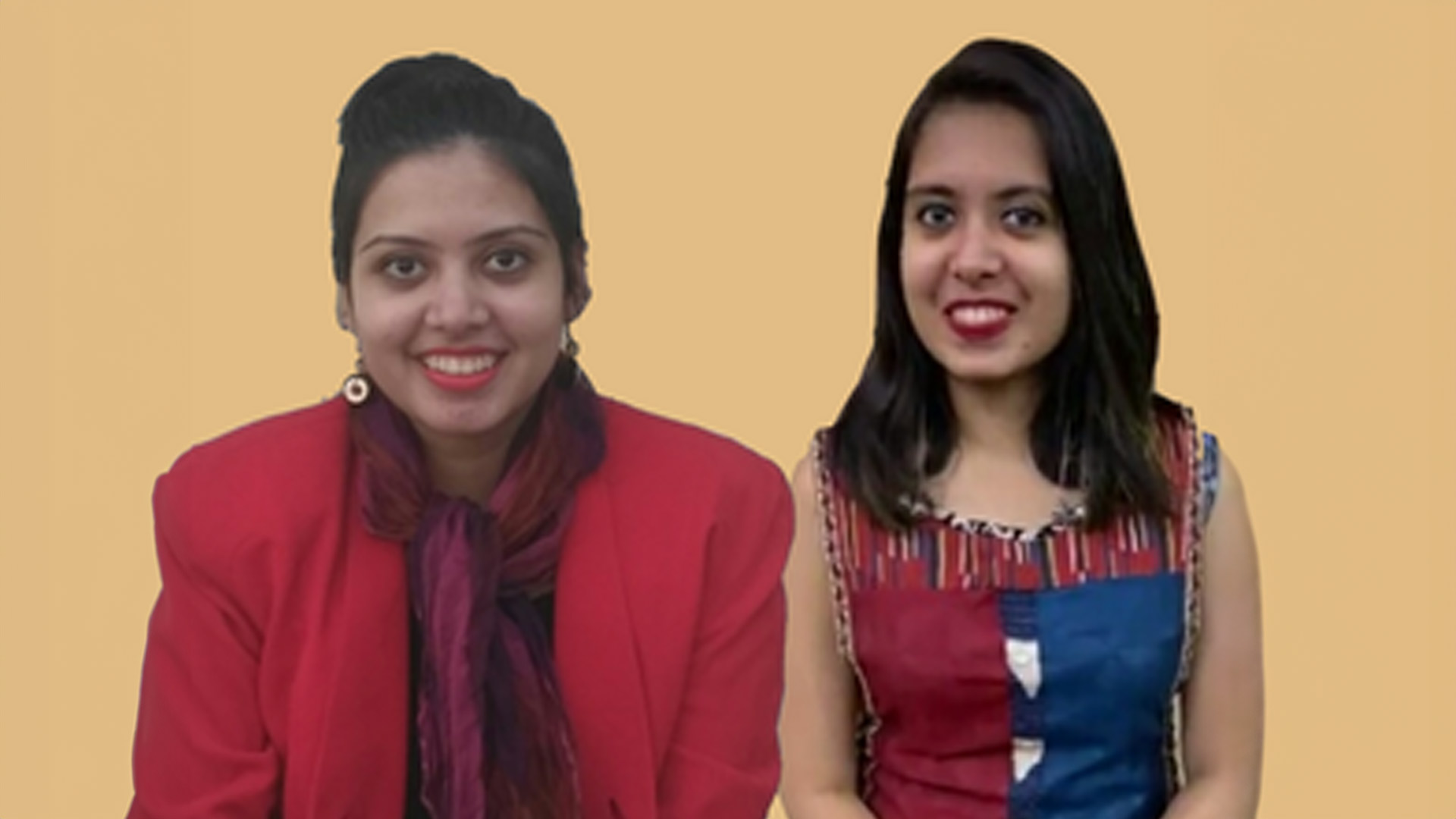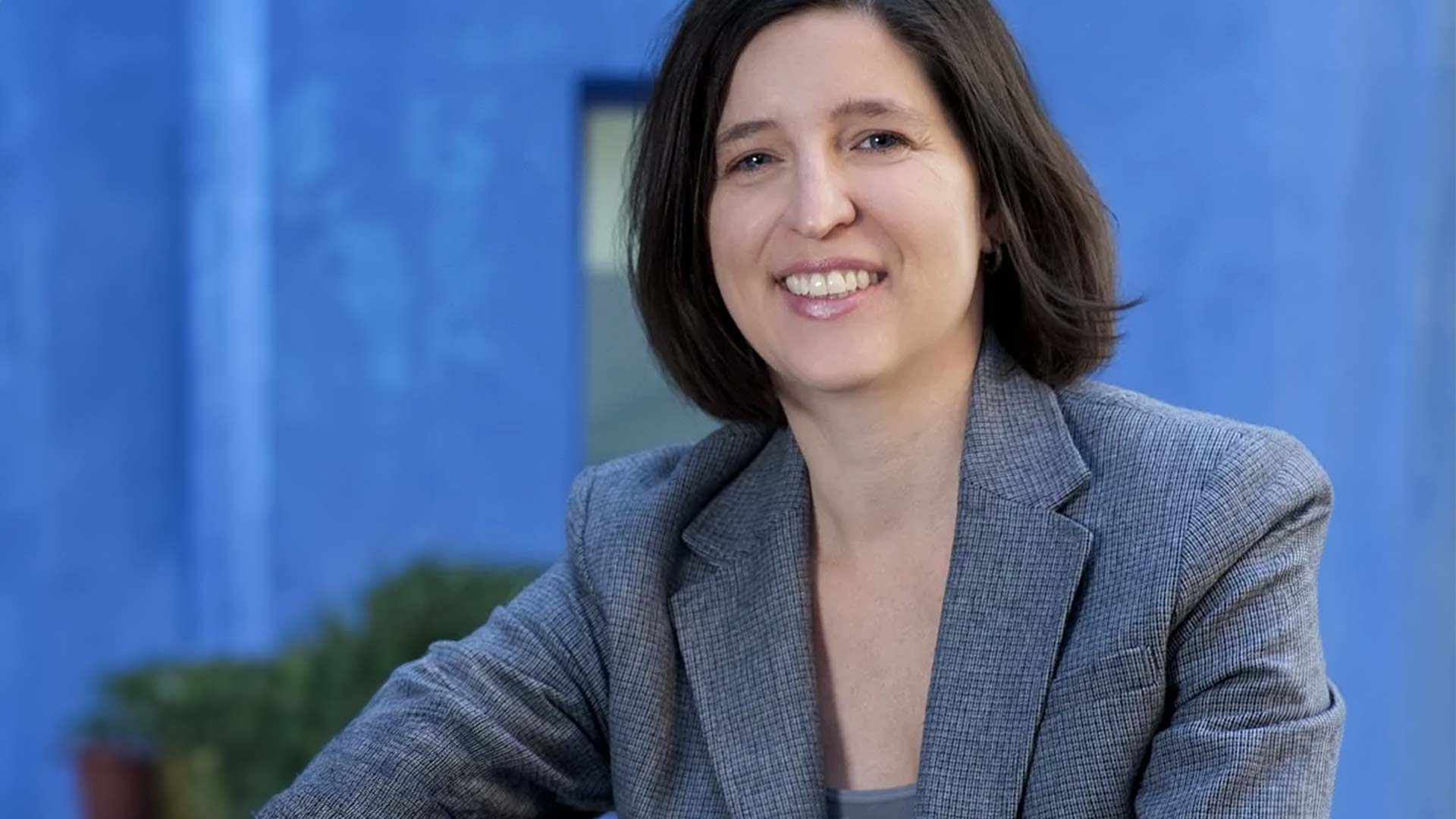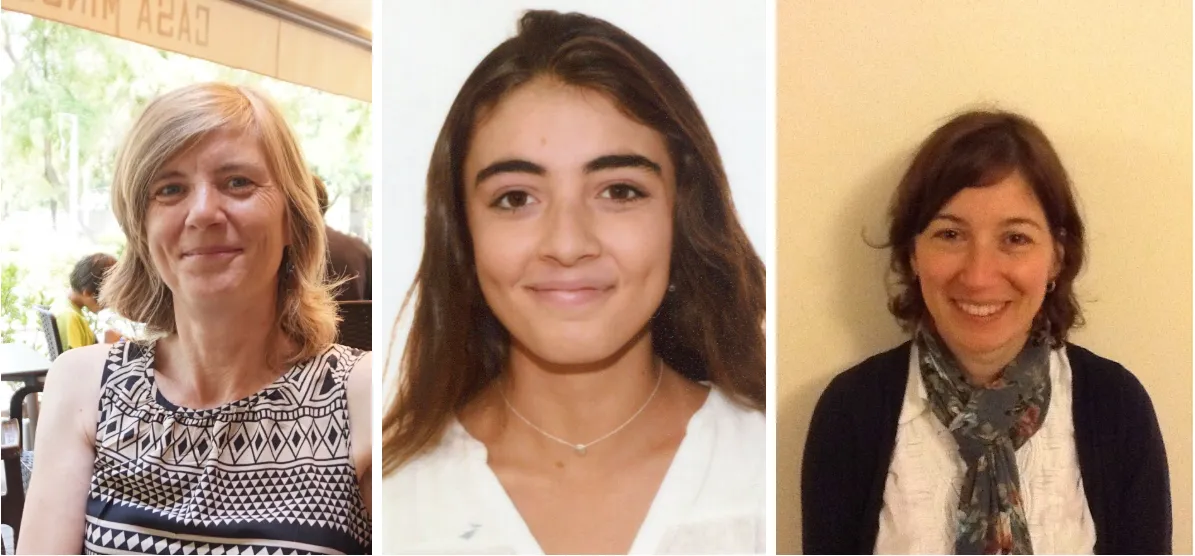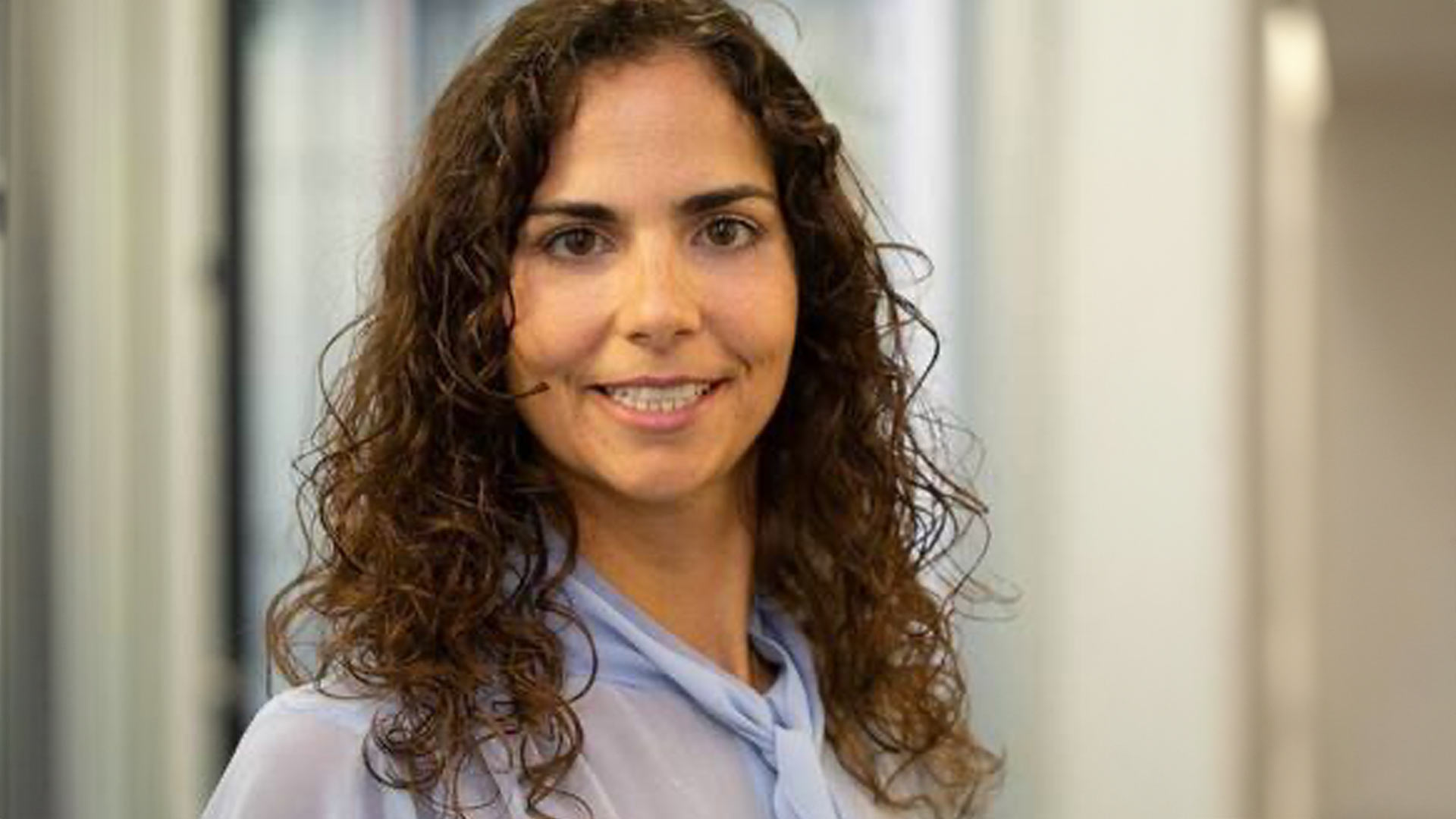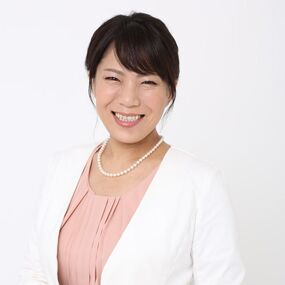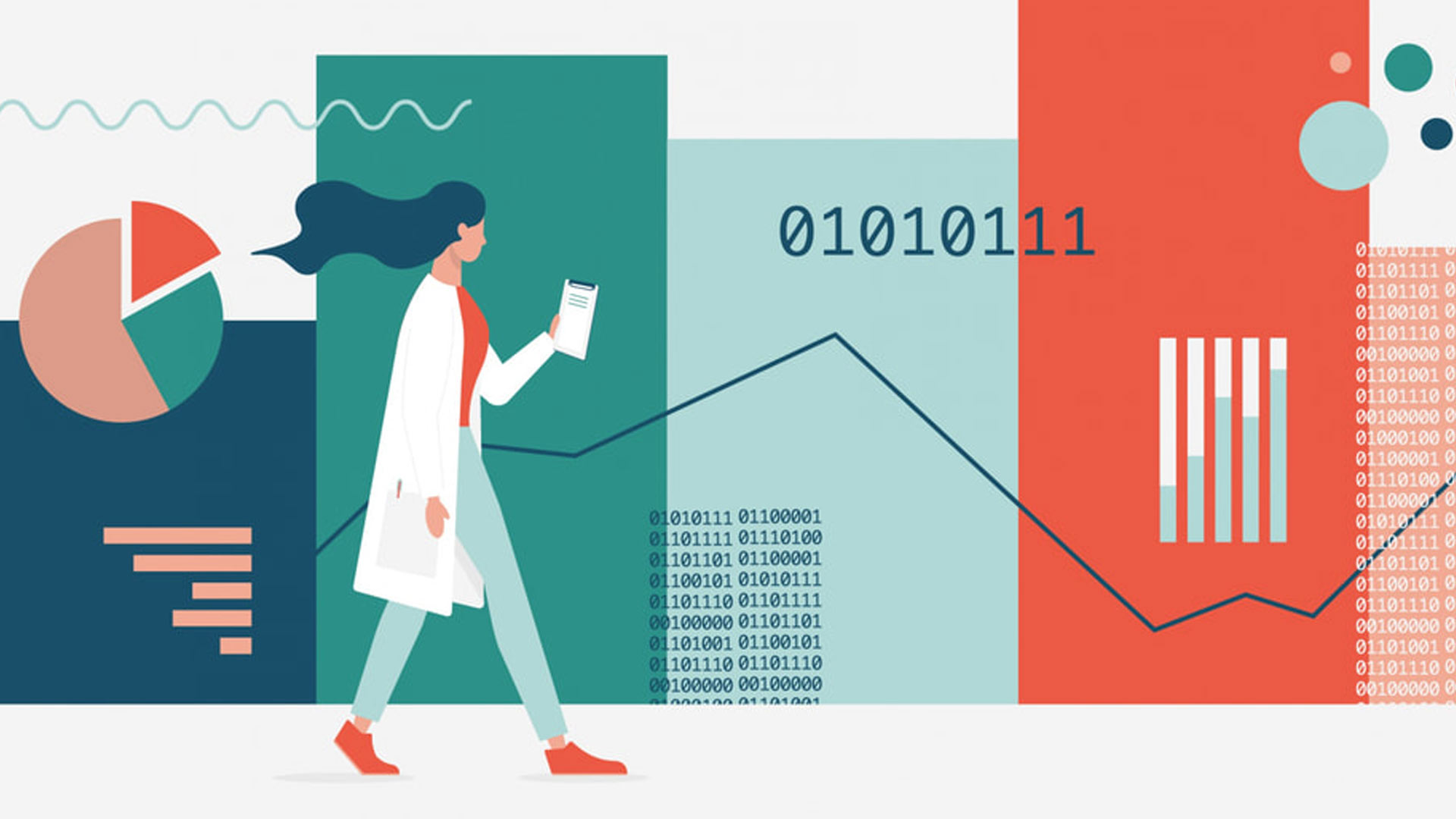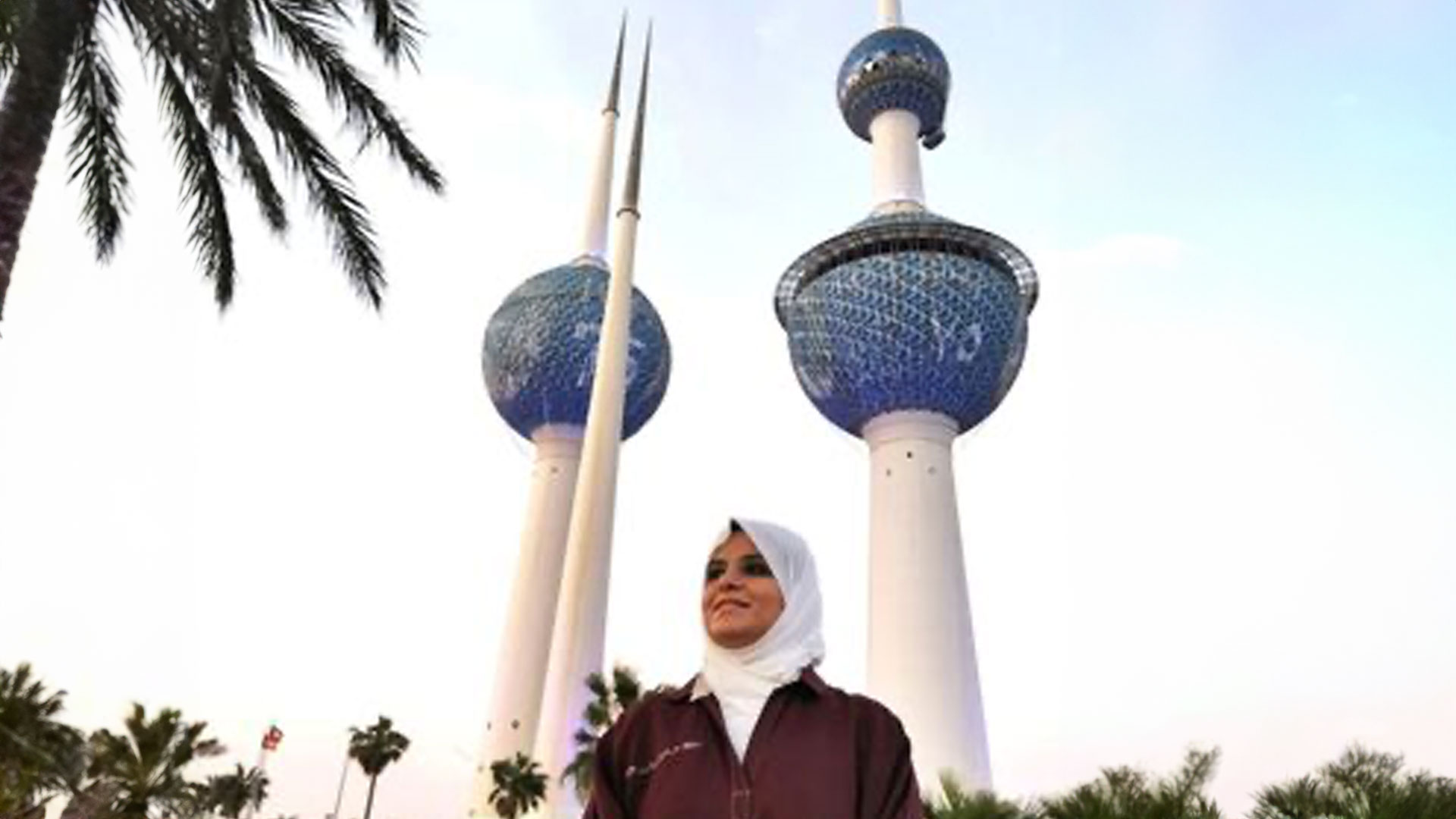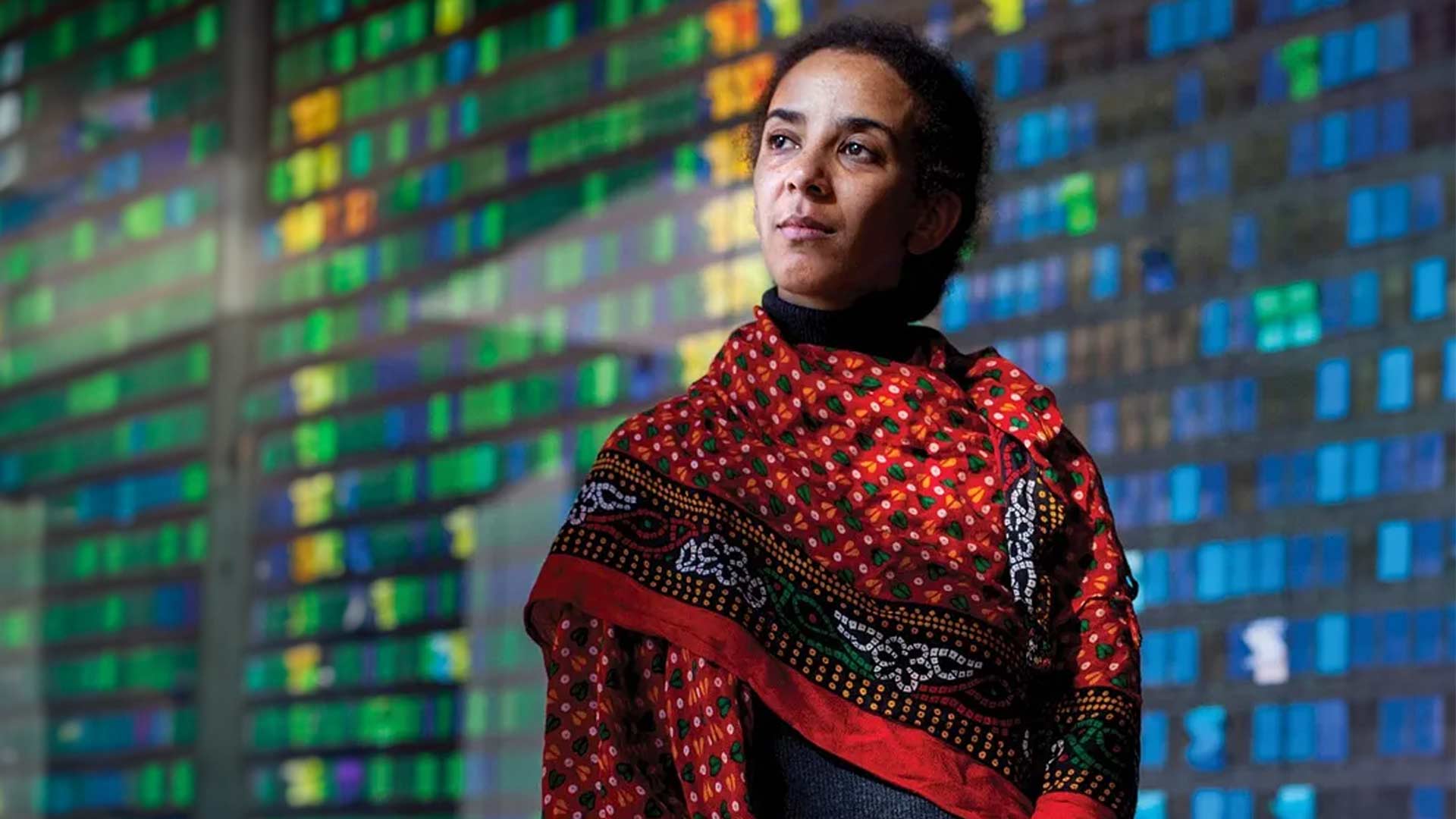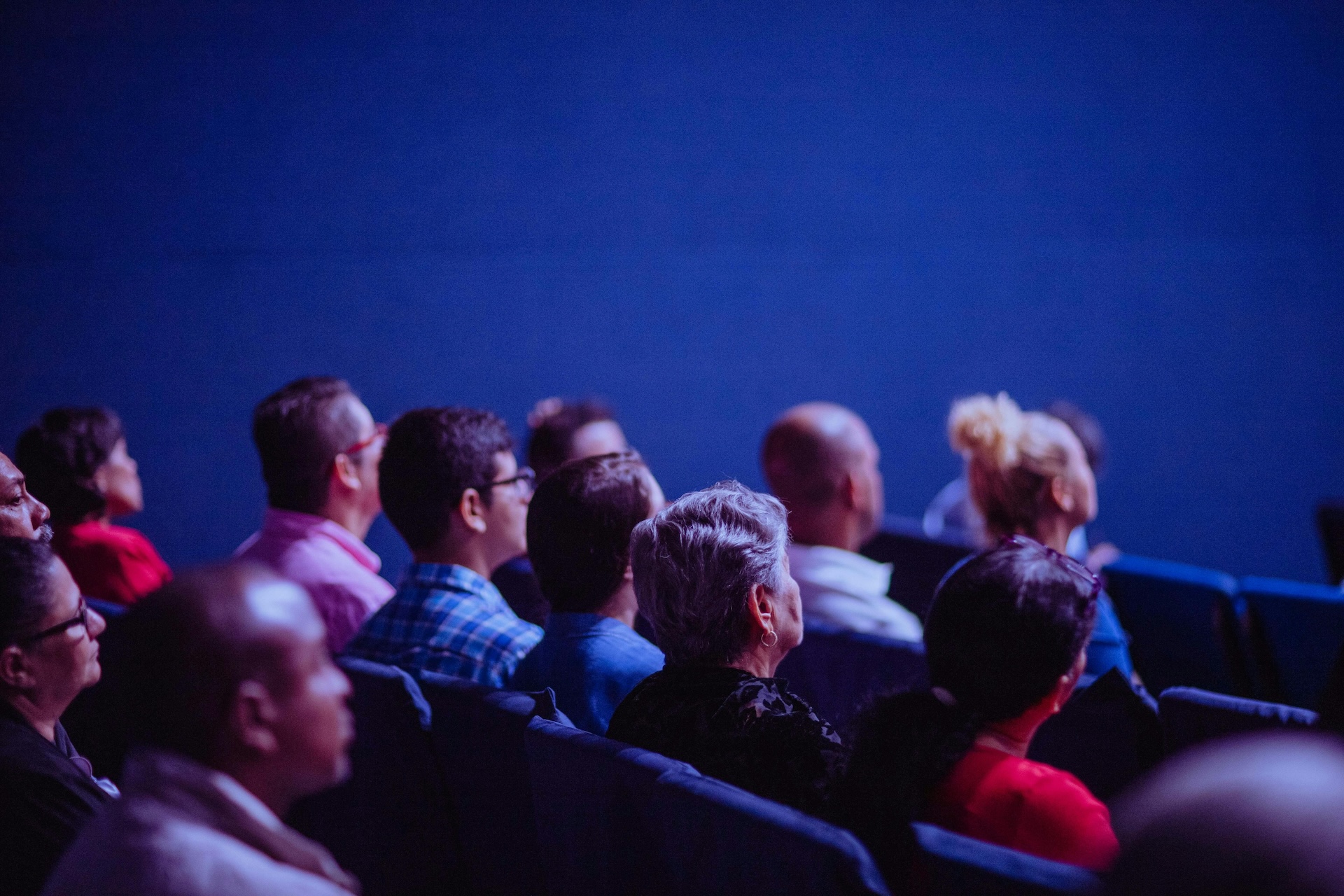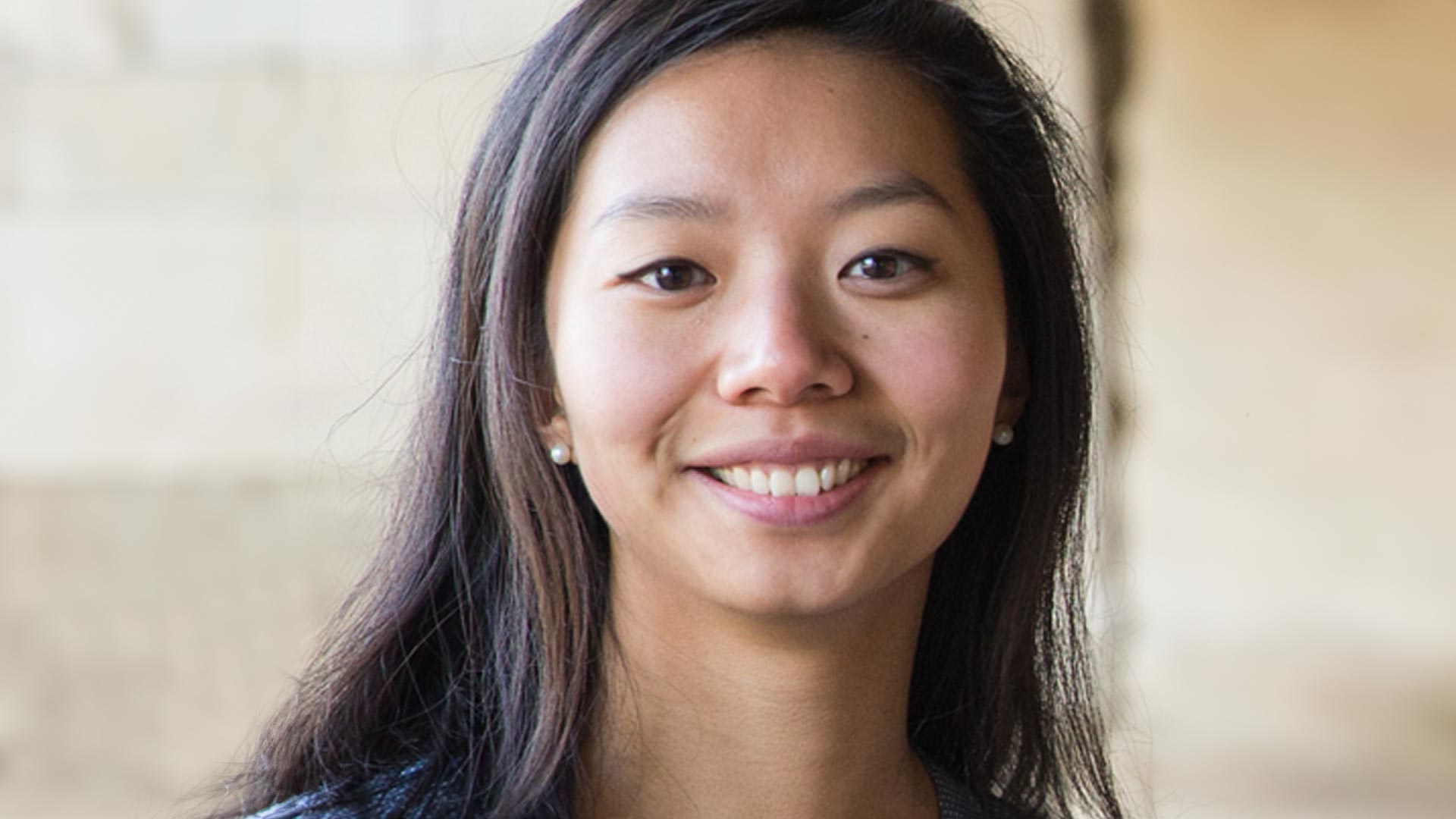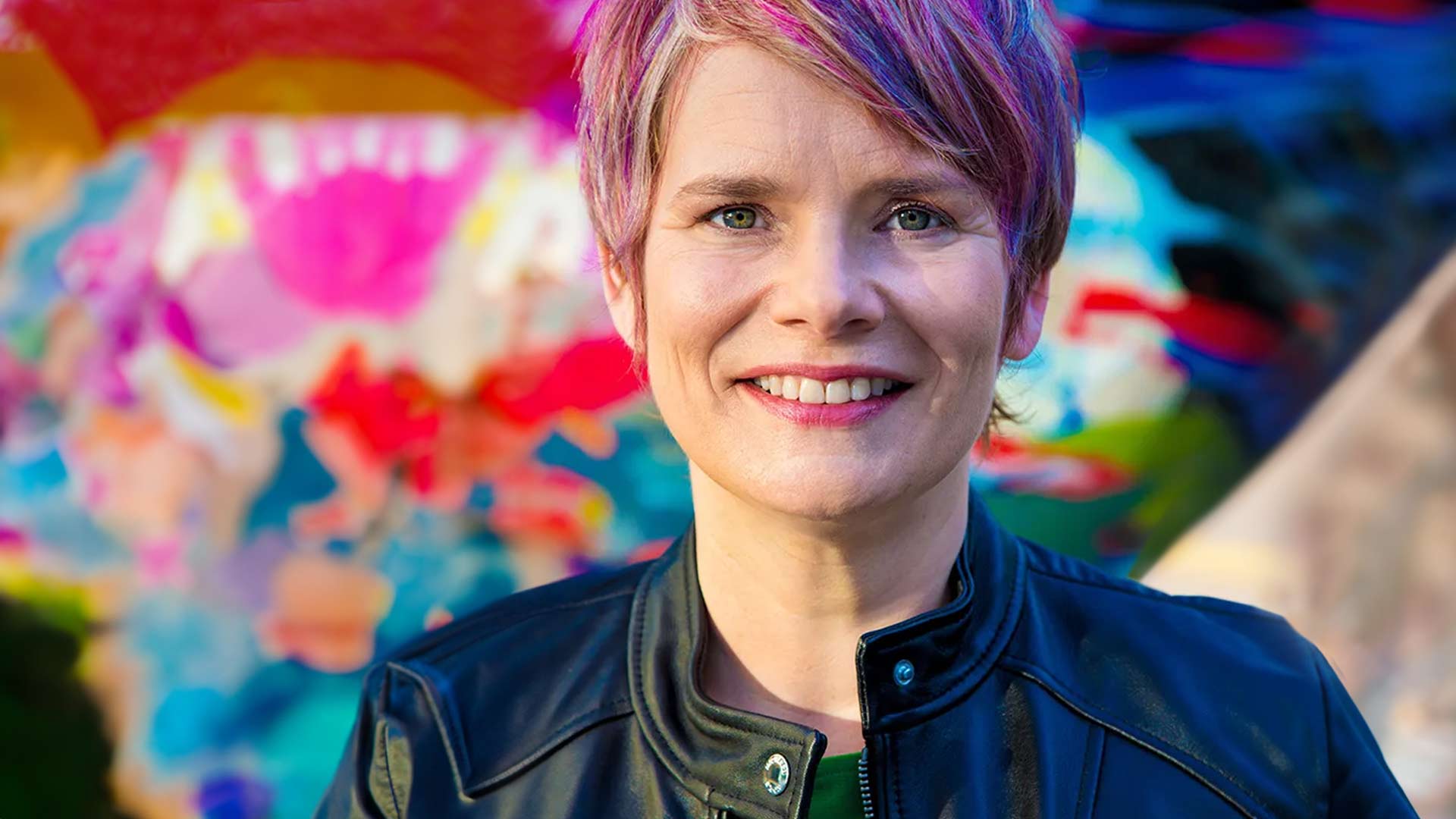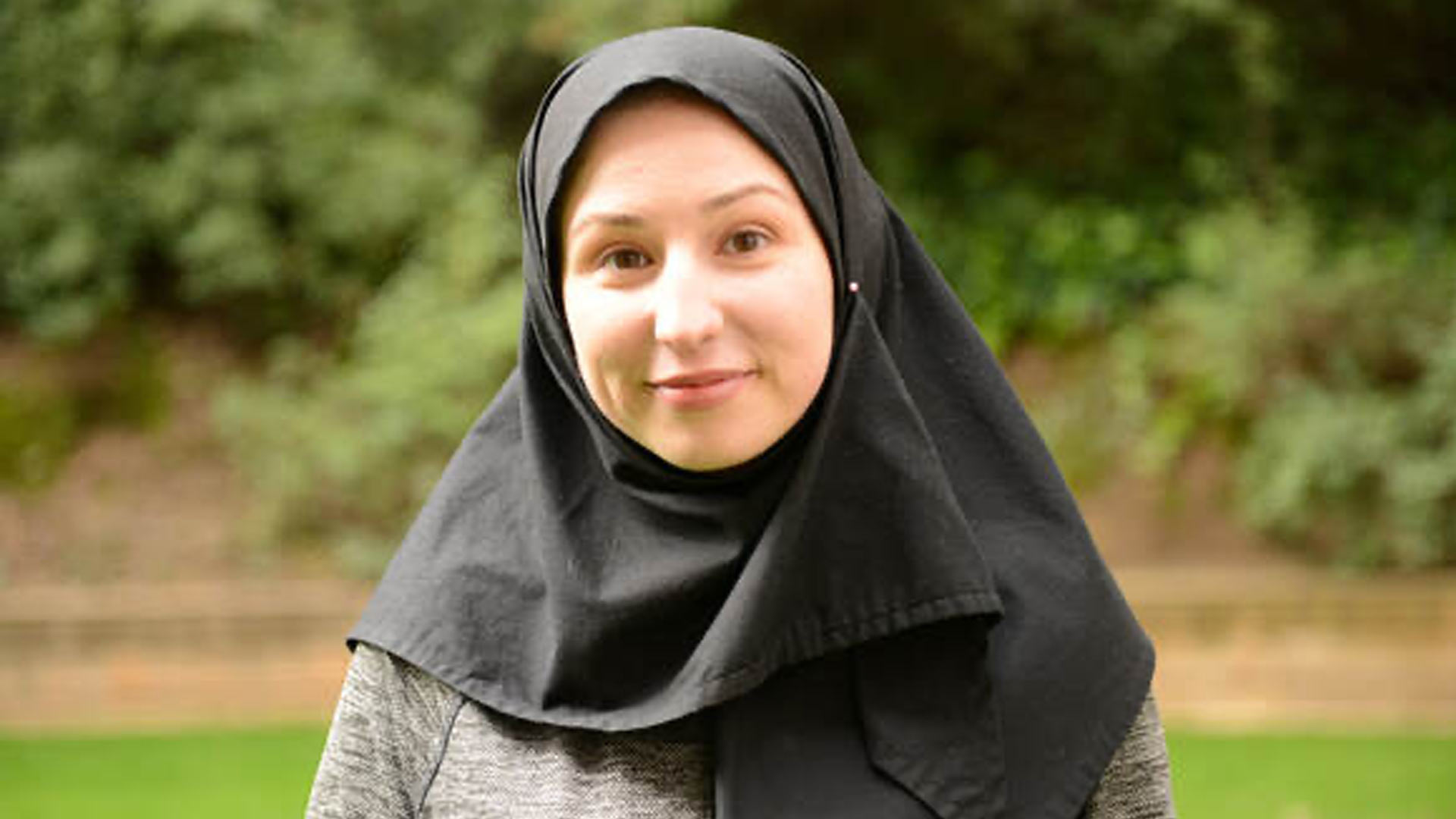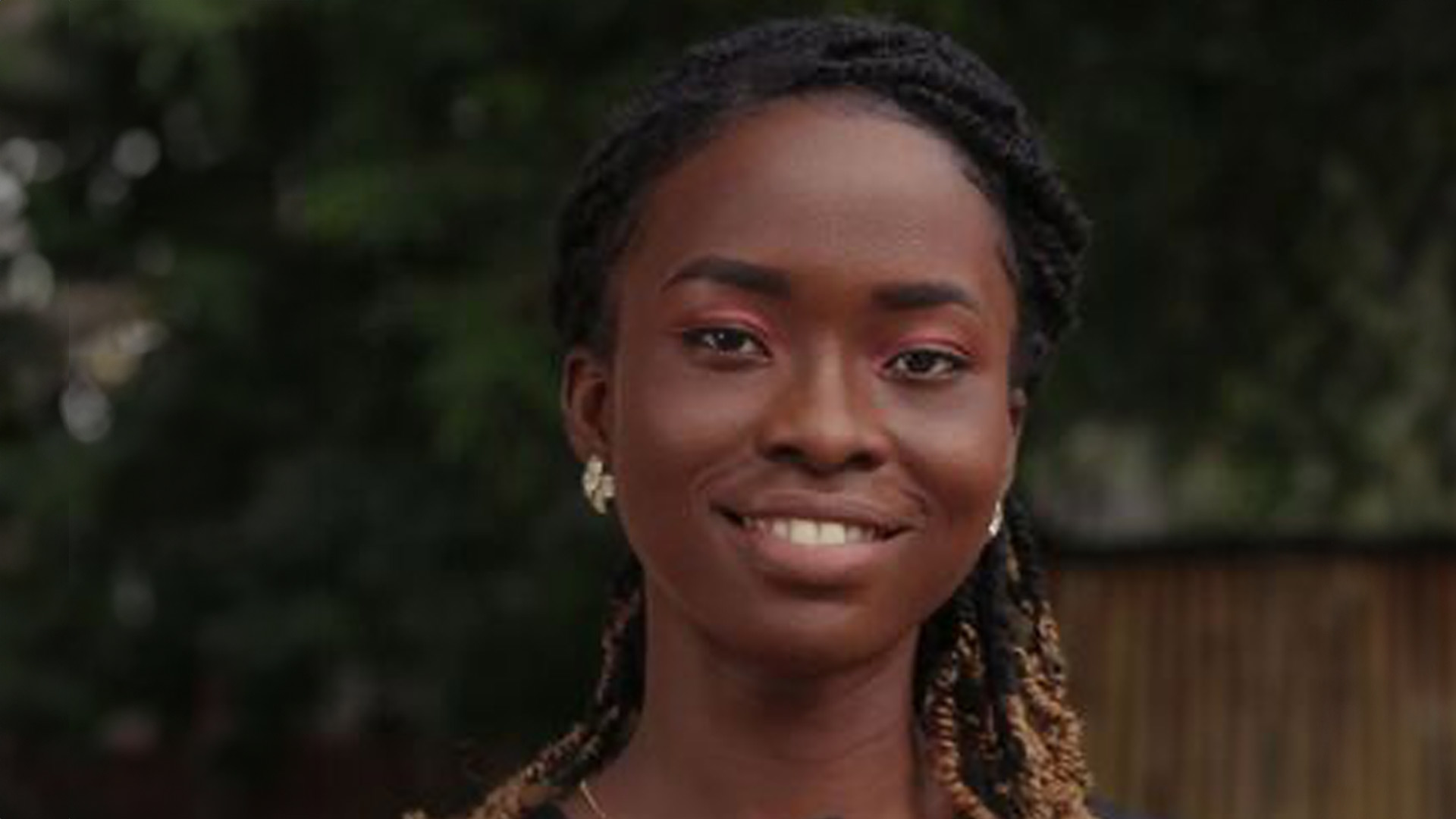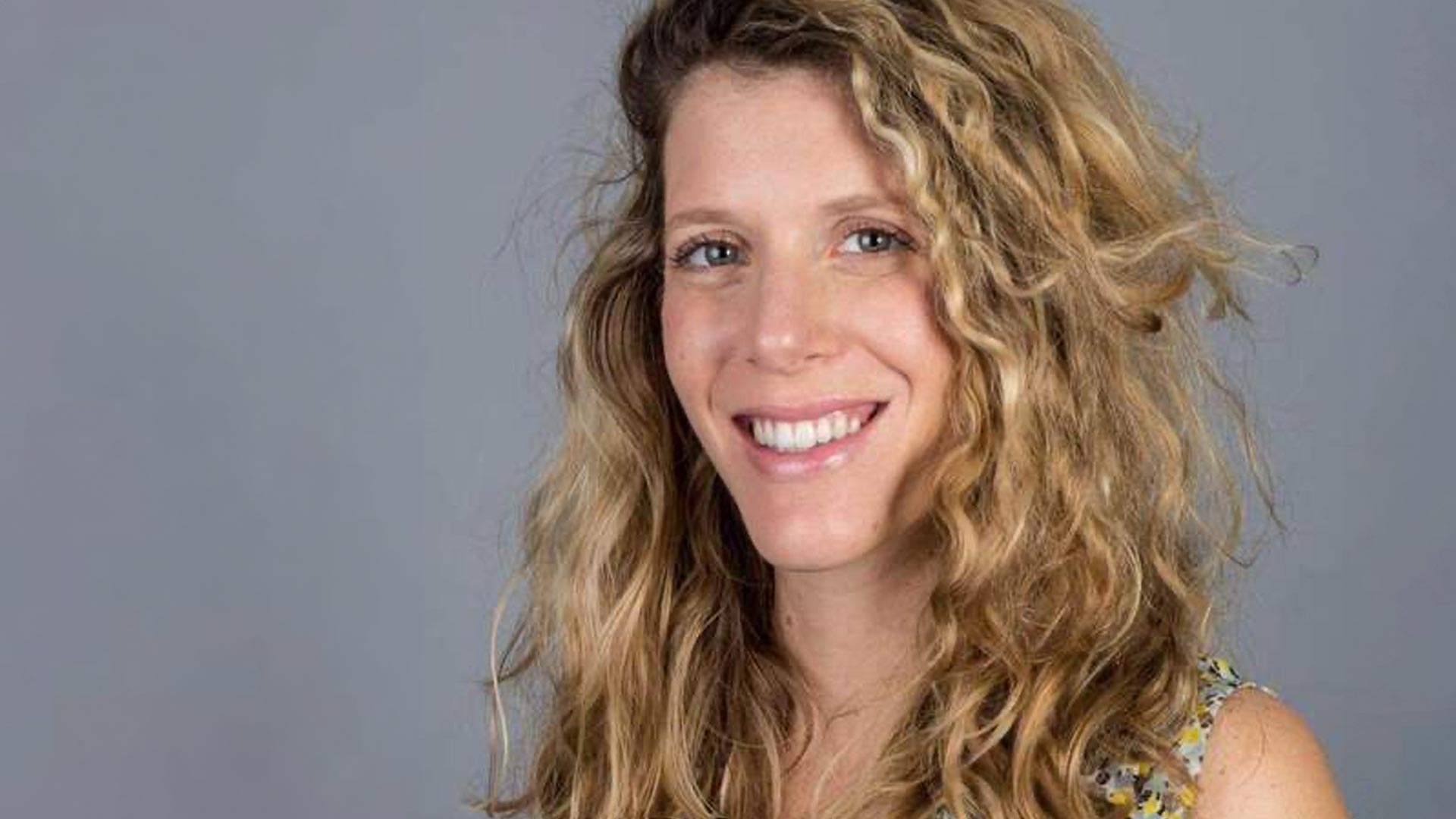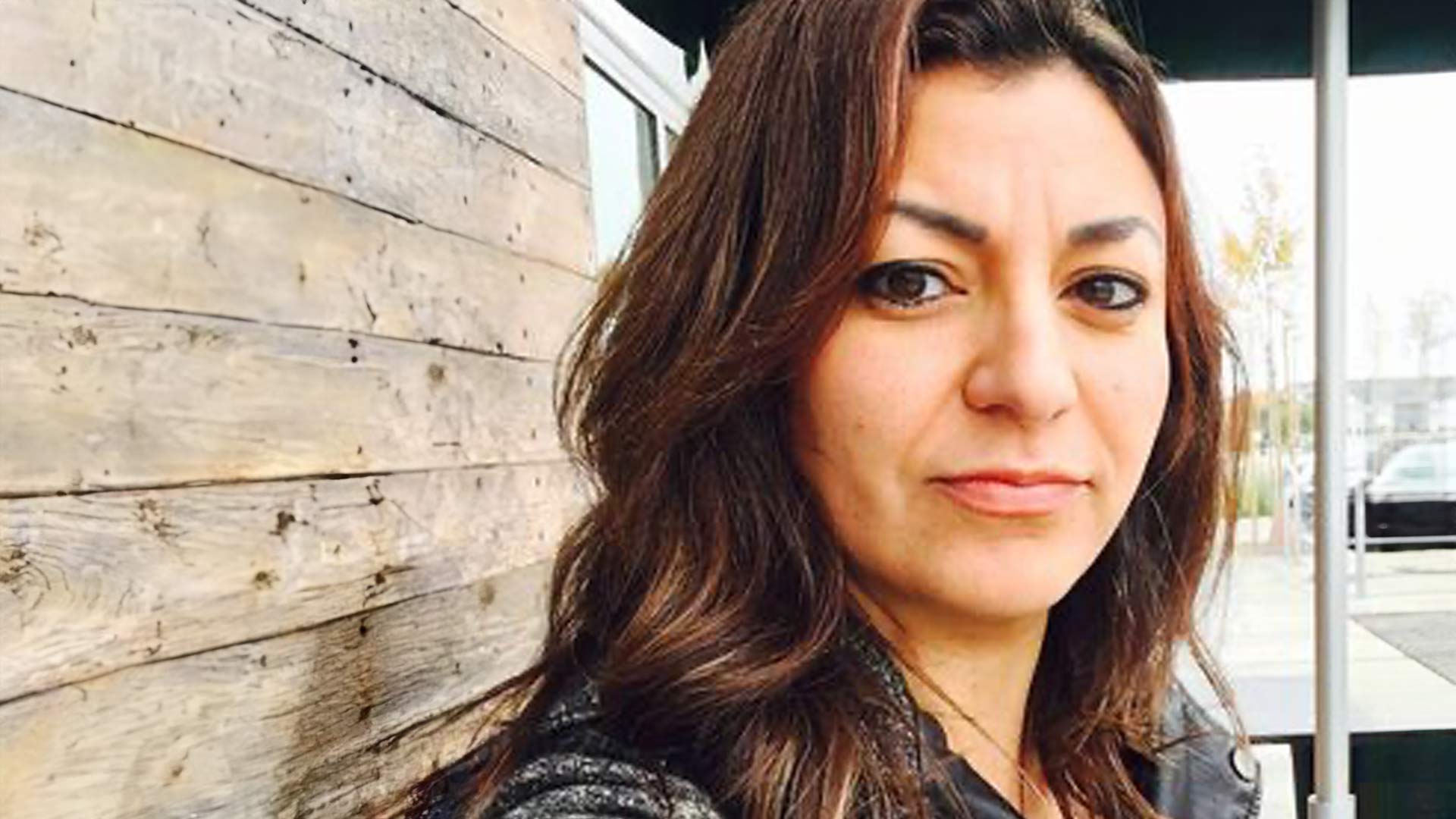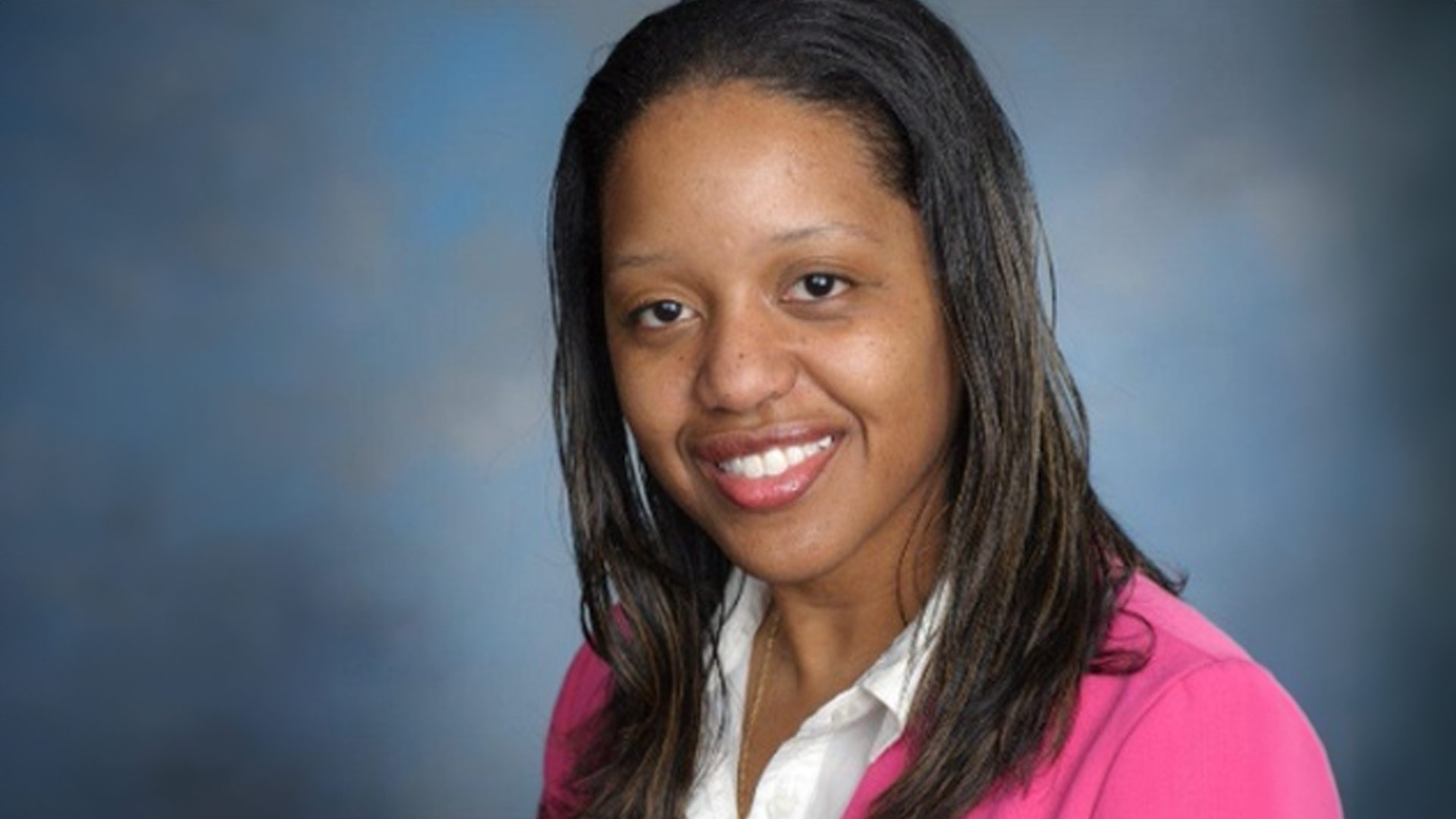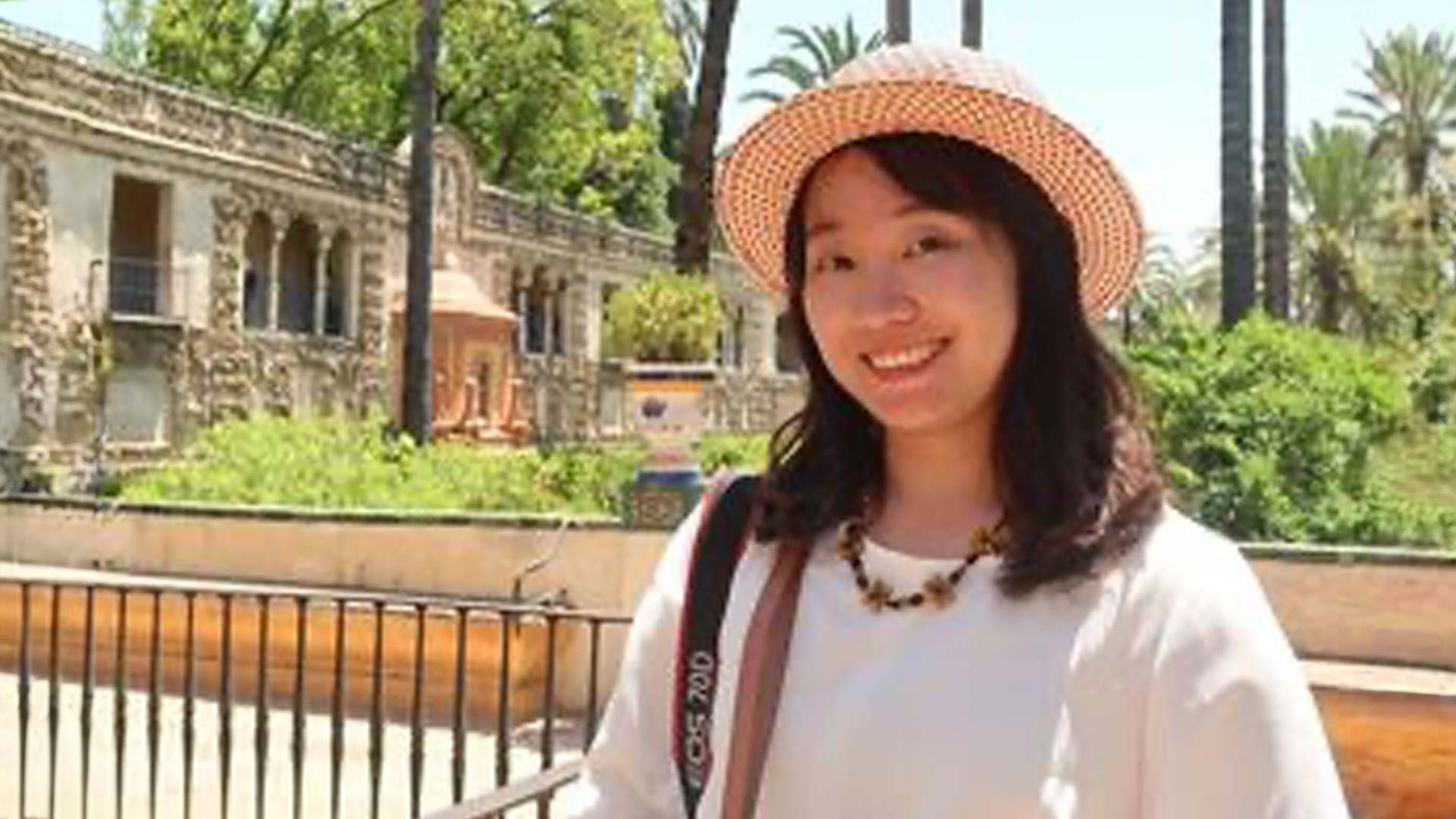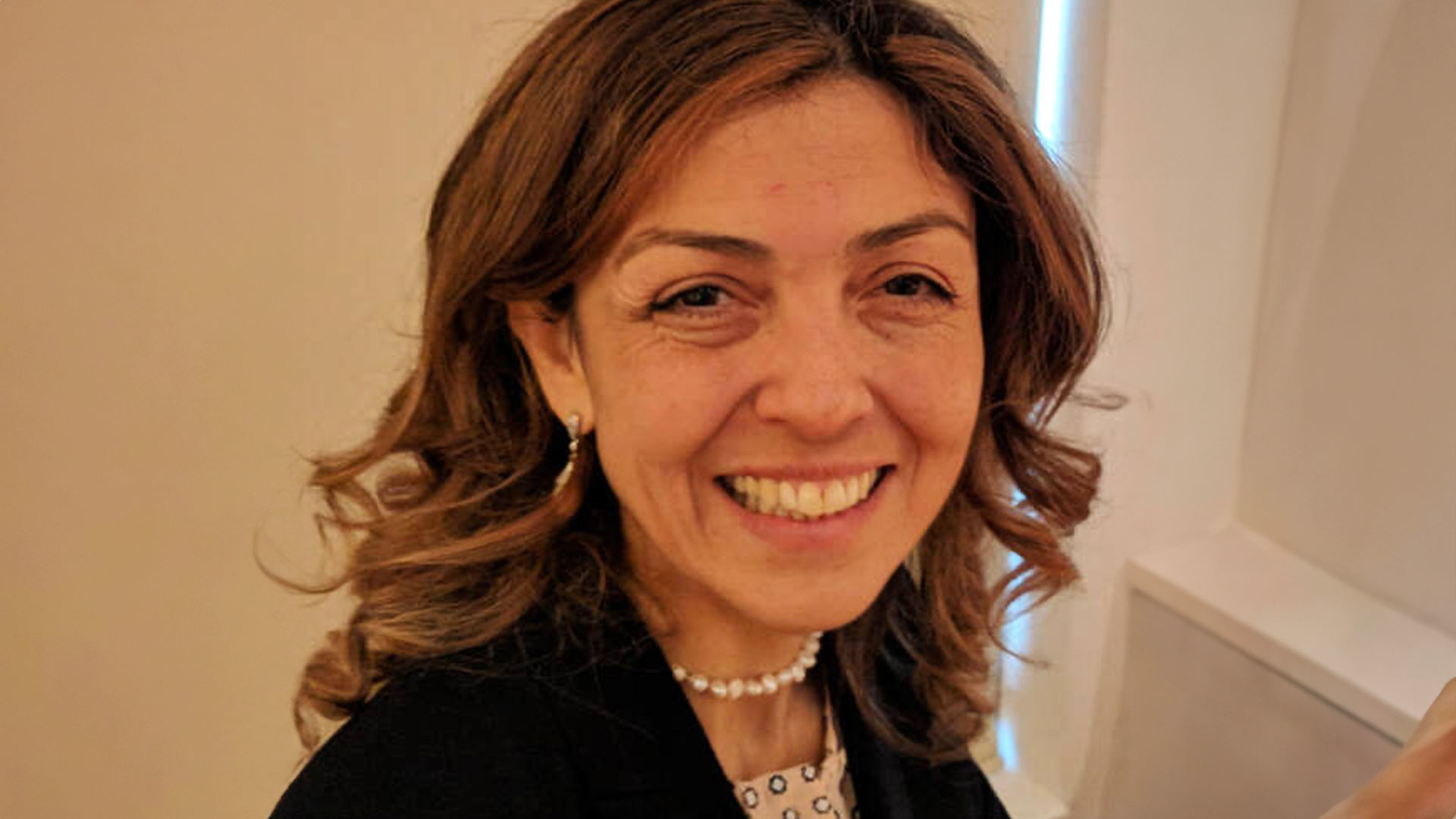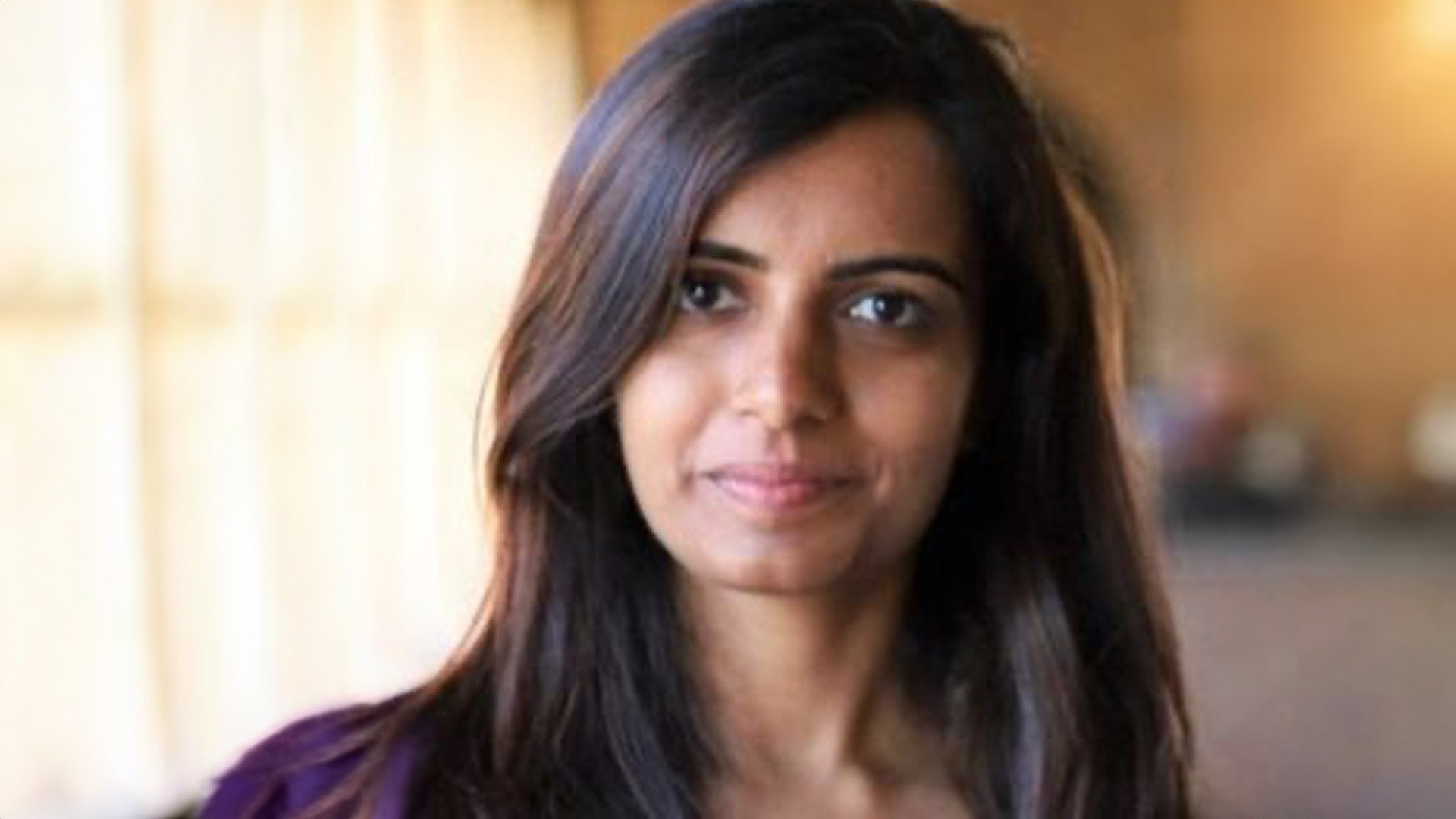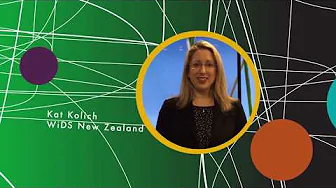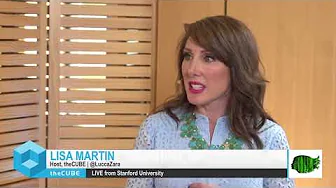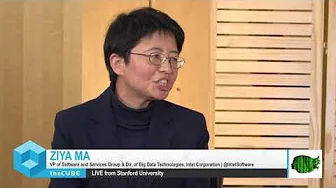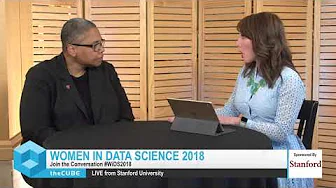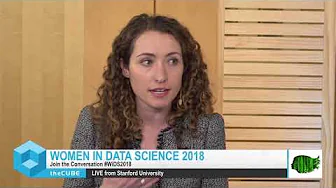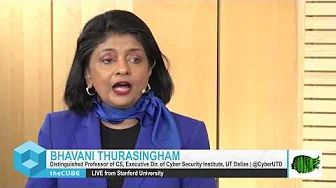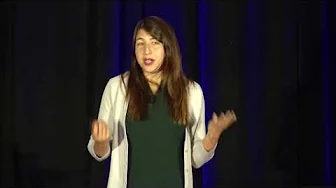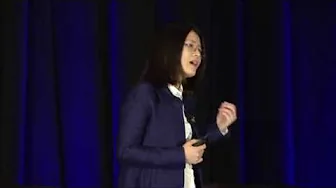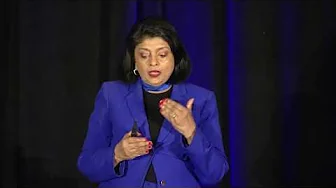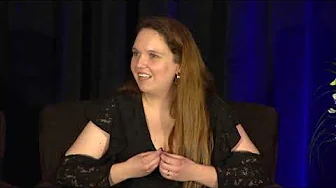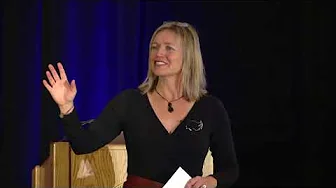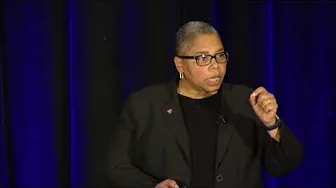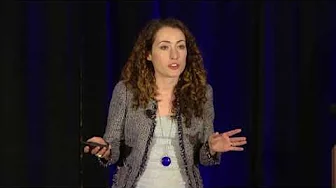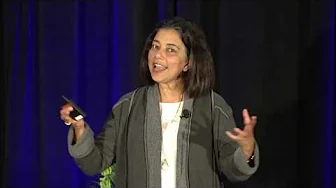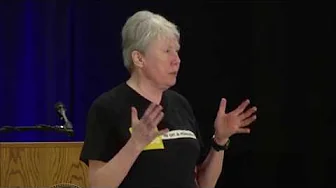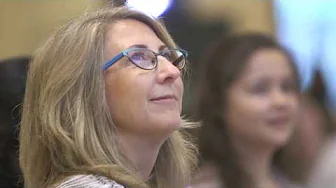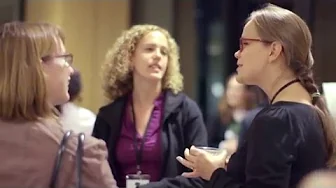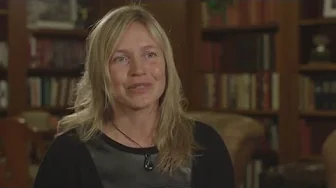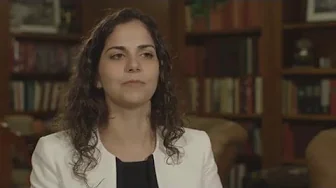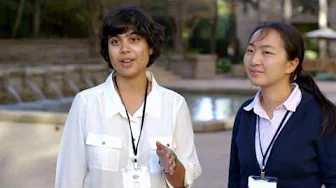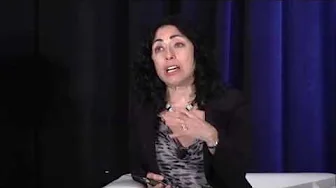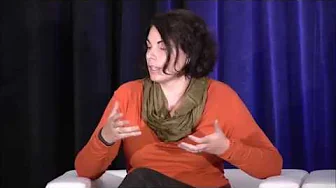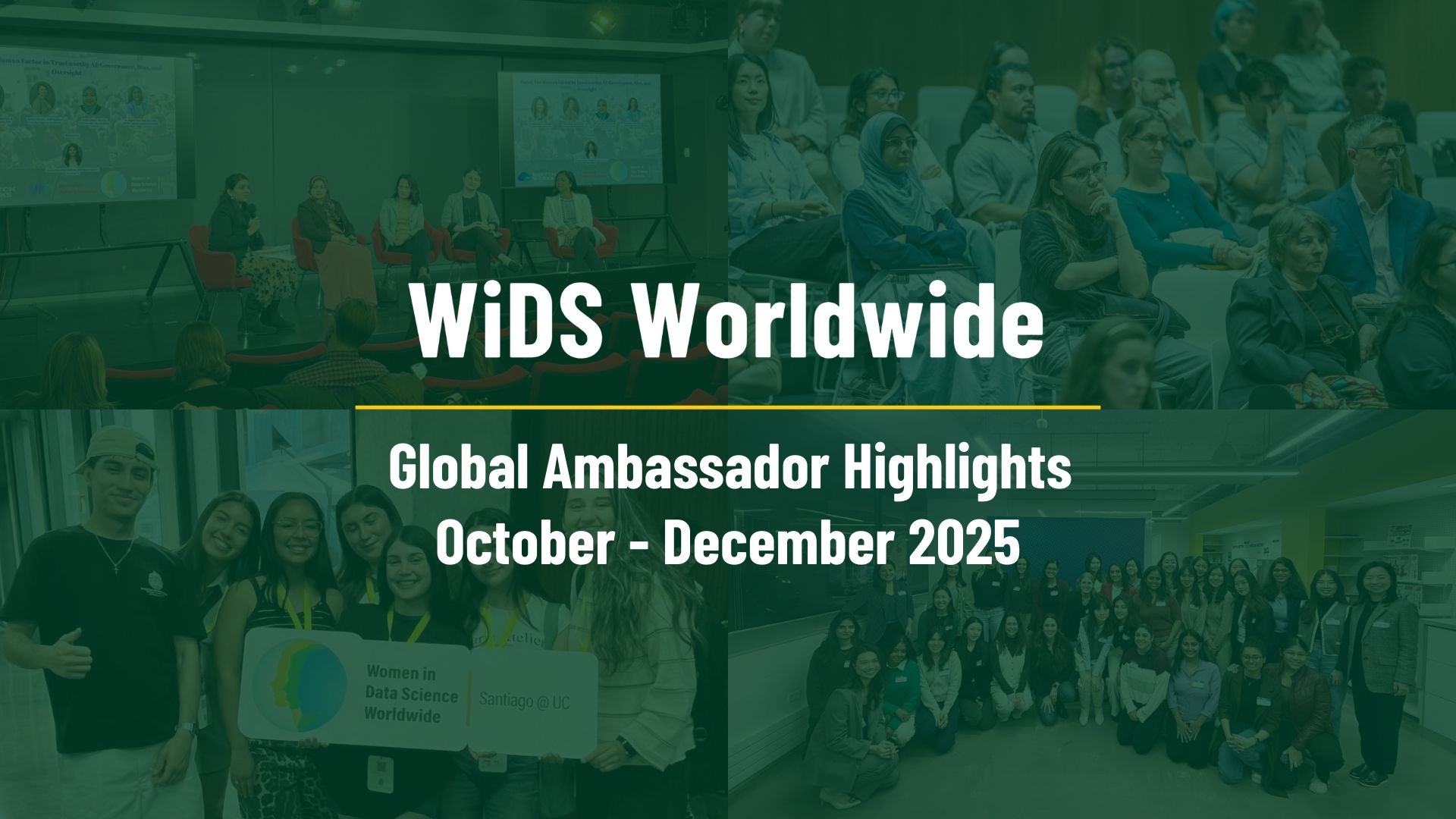
As 2025 came to a close, WiDS Ambassador-led events continued to bring people together to learn, exchange ideas, and build community around data science and AI. Across regions and formats,…
As 2025 came to a close, WiDS Ambassador-led events continued to bring people together to learn, exchange ideas, and build community around data science and AI. Across regions and formats,…
WiDS Ambassador-led events continue to showcase technical talks, workshops, panel discussions, and networking sessions in diverse areas of data science and AI — both in-person and online around the world….
Hannah Pham, Head of Data Science, Consumers at Pinterest, shares how her immigrant experience shaped her career, emphasizing the importance of language learning, understanding problems in data science, and people development. She also discusses burnout, flexible work environments for women, and evolving opportunities in the field.
Watch this WiDS Workshop where data science professionals Jie Z. Nissel and Elizabeth Johnson share their journeys from STEM to data science.
This conversation covers career growth and balance, transitioning to leadership, and how self-awareness can guide success.
Sydney Hazen, a Privacy Data Scientist at Ford, shares her journey from a college intern to a full-time role. She highlights how internships can lead to job offers and the importance of real-world experience and corporate navigation.
Karin Golde discusses the rise of large language models like ChatGPT, highlighting their popularity, challenges, and the need for diverse perspectives in AI development, while sharing her experiences and advising women in leadership roles.
WiDS Worldwide, Stanford Panel: Space
Victoria Da Poian, Data Scientist, NASA Goddard Space Flight Center presents a Technical Talk at the 2024 WiDS Worldwide, Stanford conference.
Ashley Raigosa, Undergraduate Studying Computer Science and Astronautics, Stanford University presents a Technical Talk at the 2024 WiDS Worldwide, Stanford conference.
Sam Sharma, Satellite Systems Engineer, Starfish Space presents a Technical Talk at the 2024 WiDS Worldwide, Stanford conference.
WiDS Worldwide, Stanford Conference Panel: Child Safety and Health
Kimberly Babiarz, Research Director, Stanford Human Trafficking Data Lab, Stanford University presents a Technical Talk at the 2024 WiDS Worldwide, Stanford conference.
Laura Bravo Sánchez, PhD Candidate, Department of Biomedical Data Science, Stanford University presents a Technical Talk at the 2024 WiDS Worldwide, Stanford conference.
Rebecca Portnoff, Head of Data Science, Thorn presents a Technical Talk at the 2024 WiDS Worldwide, Stanford conference.
Manisha Desai, Kim and Ping Li Professor of Medicine and Biomedical Data Science, Stanford University presents a Keynote Talk at the 2024 WiDS Worldwide, Stanford conference.
Hye Min Cho is a Data Scientist at Refik Anadol Studio, a Los Angeles-based practice that produces enthralling and immersive media art intended for anyone, any age and any background.
Zehra Venugopal, CIO of Fraud and Claims Technology, Wells Fargo presents a Keynote Talk at the 2024 WiDS Worldwide, Stanford conference, followed by a Fireside chat moderated by Aya Mouallem, Engineering PhD Candidate at Stanford University, Co-Founder of All Girls Code, Stanford University.
WiDS Worldwide, Stanford Panel: Digital Economies
Sandra Moerch, Global Content Marketing Manager, Autodesk Education Experiences presents a Technical Talk at the 2024 WiDS Worldwide, Stanford conference.
Zanele Munyikwa, PhD Candidate in Information Technologies, MIT presents a Technical Talk at the 2024 WiDS Worldwide, Stanford conference.
WiDS Worldwide, Stanford Panel: Sustainability Panel
Alice Chen Zhang, Data Science Manager, Charging/Energy Services & Cycle Plan Analytics, Ford presents a Technical Talk at the 2024 WiDS Worldwide, Stanford conference.
Radhika Shah, CoPresident Stanford Angels & Entrepreneurs, Founding CoChair UN Joint SDG Fund Breakthrough Alliance presents a Technical Talk at the 2024 WiDS Worldwide, Stanford conference.
Working with the WiDS Datathon dataset over the past week has been a thrilling exercise. This dataset presents an opportunity to learn about interesting and real-world modeling challenges, and is different from other curated datasets in textbooks and classic machine learning exercises. For that reason, I discuss some of the challenges you may experience around missing data, multicollinearity and linear/ nonlinear approaches. I will also provide resources to help you on these topics.
Listen to the incredible and inspiring journey of Avalon Baldwin’s career journey, a self-described data nerd. Today she is an entrepreneur running her own consulting company.
Kim is the Director of Research at Chainalysis, where she examines trends in cryptocurrency economics and crime. She was trained in economics at the London School of Economics and in politics at Oxford University. Previously, she explored technological advancements in developing countries as an academic research associate at the London School of Economics and was an economics researcher at the New York City Economic Development Corporation.
Michelle Katics, CEO and co-founder of BankersLab, discusses her journey in risk management training and the importance of integrating technical skills with business and soft skills.
In this episode, Mary Krone explores her career shift from a PhD in chemistry and biochemistry to data science, where she builds financial credit models. She highlights her work’s tangible impact and discusses the challenges of work-life balance.
Kate Kolich serves as the Assistant Governor and the General Manager of Information Data and Analytics at the Reserve Bank of New Zealand.
In our episode, we discuss Kate’s role at the Reserve Bank, the role of her team, highlights from her career, and her insights on being a successful woman leader in her field.
Mandi Jin, a high school junior from Calgary, Canada, discovered her passion for data science from her family, and after conducting research on educational inequity with a female head of actuary science
In this podcast episode, Margot interviews Telle Whitney, a highly accomplished woman in the tech industry. Telle is best known for her 15 years as CEO of the Anita Borg Institute for Women and Technology, also known as AnitaB.
Veronica Edwards is a dancer and choreographer who, after finding that physics was not in fact the major she wanted, studied sociology at Princeton University. In her words, she stumbled into her first job after graduation, which was with the company ReadWorks, and recently joined Polygence as a senior data analyst. In this podcast episode, she talks about Polygence, her wide-ranging educational and career background, the advice she has for others, and how dance has been an important part of her life and learning.
Jane Lauder, Chief Data Officer at Estée Lauder, explains how Estée Lauder combines data science with creativity to connect with their consumers, create aspirational products and support the longevity of their brands.
Lesly Zerna, Google Developer Expert at Universidad Privada Boliviana, is a Bolivian researcher, teacher, mentor, content creator, and software developer. Shares her passion for learning and teaching data science and artificial intelligence. Lesly says learning works best when you know your personal learning style and apply that to practical topics you are interested in.
Jessica Bohórquez, a researcher at the University of Adelaide in Australia and an industry consultant, is using AI and pressure transients to inspect and monitor water pipelines to detect leaks. She discusses her PhD research, working in industry and her advice for pursuing a career in data science.
WiDS Co-Founder Margot Gerritsen welcomes her new podcast co-host Cindy Orozco, as they interview each other about their career paths to data science, coping with the imposter syndrome, and successfully juggling busy lives.
Allison Koenecke, currently a postdoc at Microsoft Research and soon to be assistant professor at Cornell, discusses her decision to pursue a career in academia focused on algorithmic fairness and causal inference in public health.
Karina Edmonds, Global Head of Academies and University Alliances at SAP, has spent her career building bridges between business and academia. She is passionate about promoting fairness in data science by bringing more young people, women, and underrepresented groups into the field.
Fatima Abu Salem, a professor at the American University of Beirut, talks about how the conflict in the region has shaped her life journey and motivates her to apply data science for the public good to address challenges in Lebanon.
Louvere Walker-Hannon, Application Engineering Team Leader at MathWorks, teacher and STEM Ambassador, talks about acquiring skills and overcoming barriers to work in data science.
Menglin Cao, Senior VP and Head of AI and NLP Model Development at Wells Fargo, discusses the central role of data science in fintech and financial services, and best practices for success.
Cecilia Aragon, a professor in the Department of Human Centered Design & Engineering at the University of Washington in Seattle, explains how overcoming her fears to become an aerobatic pilot propelled her forward in her career as a data scientist, professor, and author.
Kristian Lum, a statistician and former research assistant professor at the University of Pennsylvania, describes how following her interests has led her on an ever-changing career path across business, public service, and academia.
Francesca Dominici and Rachel Nethery, from Harvard University’s T.H. Chan School of Public Health, are working to inform public health policy through research at the intersection of environmental health science, data science, climate change and health policy.
Susan Athey, Economics of Technology Professor at the Stanford Graduate School of Business, brings an economist’s expertise and perspective to machine learning and data science.
Montse Medina, a successful data science entrepreneur, is currently a partner at Deloitte in Spain responsible for the firm’s advanced analytics and asset-enabled business.
Women face many roadblocks to careers in data science and other STEM disciplines. One Stanford professor is out to change perceptions and realities for women in these fields.
Christiane Kamdem and Lama Moussawi discuss the importance of role models, mentors and giving back to empower women and girls to pursue data science careers.
Sherrie Wang, spoke to us when she was a fourth year PhD student at Stanford’s Institute for Computational and Mathematical Engineering (ICME), explains how she applies machine learning methods to help solve global food security challenges. Sherrie has since completed her PhD, and is working as a postdoc at UC Berkeley, working on machine learning for sustainability.
Marzyeh Ghassemi, an assistant professor at the University of Toronto, is focused on Healthy ML—applying machine learning to understand and improve health.
When we spoke to Meltem Ballan, she was a data scientist working on Connected Cars at General Motors (GM). In this episode, she explains how data science is transforming the automotive industry.
We spoke to Elena Grewal when she was Airbnb’s head of data science, where she discovered the key to making successful career jumps: “Often it’s more about words being different than about skills being different”. Elena founded and runs Data 2 the People, a community of data scientists working on projects for the public good.
Janet George spoke to us when she was Western Digital’s chief data officer and first female Fellow. In this episode Janet explains that from manufacturing to product development, data science plays an important role in the storage industry. Janet is now the Group Vice President, Autonomous Enterprise, Advanced Analytics, Machine Learning & Artificial Intelligence at Oracle.
Dean Jennifer Widom has seen computer science–and data science– evolve from a narrow, specialized field into an interdisciplinary field that touches on broad swaths of society and is capable of solving important global problems.
Caitlin Smallwood spoke to us when she was VP and Head of Data Science and Insights at Netflix. In this episode, she discusses the future of storytelling.
Jennifer Chayes, spoke to us when she was a technical fellow and managing director at Microsoft Research. She believes data scientists should build algorithms with Fairness, Accountability, Transparency, and Ethics – or FATE. Jennifer now serves as Associate Provost and Dean at the University of California at Berkeley (UCB).
Srinija Srinivasan, Co-Founder, Loove opens WiDS Stanford 2023.
Biography:
Born in India and raised in Lawrence, Kansas, Srinija Srinivasan followed her siblings to college in California. Having studied artificial intelligence at Stanford and worked at a large-scale AI project after graduating, Srinija joined Yahoo! in 1995 as their fifth employee and self-titled Ontological Yahoo. She served as Vice President, Editor-in-Chief at Yahoo! for over 15 years, where her work centered on the human experience, from the categorization system of the Yahoo! Directory to editorial and policy issues globally. During that time she also chaired the board of non-profit SFJAZZ, and these experiences together inspired her to co-found Loove, a music venture exploring how commerce and technology can be guided by artistic values rather than letting our culture be led by market values. She’s a board member of the On Being Project and a vice chair of Stanford University’s Board of Trustees. She lives in Palo Alto, CA and Brooklyn, NY.
Irene Dankwa-Mullan, Chief Health Equity Officer at Merative & Affiliate Professor at GWU Milken Institute School of Public Health presents Technical Vision Talk “Harnessing AI and Data Science for Health Equity within Communities”. A robust data science agenda can help support communities in their interventions to achieve health equity, and measure progress toward ensuring quality and optimal health for all. However, there are challenges for data science in promoting community-engaged interventions addressing health disparities. This talk will provide a background on the role of data science in promoting a vision for a productive health AI ecosystem of research, technology development and implementation to improve community health and advance health equity.
Biography:
Irene Dankwa-Mullan is an affiliate professor in the Department of Health Policy and Management, Milken Institute School of Public Health at The George Washington University. She is a nationally recognized industry physician, scientist, thought leader, author with over 20 years of diverse leadership experience in primary care, healthcare, businesses, and the community. She also serves in a strategic advisory role for various health technology start-ups. Irene most recently served as Chief Health Equity Officer at IBM Watson Health and provided leadership for the data and evidence strategy for implementation of technology and clinical decision-support solutions. She was previously Deputy Director for extramural scientific programs at the National Institute. Irene has published widely on health equity, community and public health and building AI technologies for social good.
—
Panel: Preparing for a career in data science
Moderator:
Sanne Smith, Director of Master’s Program, Education Data Science, Stanford University, is the director of the master‚Äôs program Education Data Science and a lecturer at the Stanford Graduate School of Education. She teaches courses that introduce students to coding, data wrangling and visualization, various statistical methods, and the interpretation of quantitative research. She studies social networks and thriving, diverse contexts.
Panelists:
Montse Cordero, Mathematics Designer, youcubed, is a mathematics designer for youcubed, a center at Stanford University that aims to inspire, educate and empower teachers of mathematics, transforming the latest research on maths learning into accessible and practical forms. He is a co-author and professional development provider for youcubed’s Explorations in Data Science high school curriculum and has participated in multiple national summits for the advancement of data science in K-12 education (Data Science 4 Everyone Coalition, National Academies of Sciences Engineering and Medicine). Montse is also a mathematician interested in work at the intersection of combinatorics, algebra, and geometry. In all facets of their work, Montse endeavors to change the ways our culture thinks and talks about mathematics.
Adriana Velez Thames, Geophysicist-Data Scientist, Springboard Alumni. Adriana recently completed a transition to Data Science after many years in the Oil and Gas industry as a Senior Geophysicist. Her primary focus was in seismic data processing for imaging the Earth’s subsurface to guide energy exploration projects. From 2012-2019, she worked at TGS where her responsibilities included QC of deliverables, testing of internal software updates, and conducting test projects and benchmarks. This involved extensive analysis and manipulation of terabyte-sized digital subsurface data using sophisticated algorithms. She believes that data-driven decisions are the best way to solve problems in any industry. Having been born in Colombia and attained post-graduate degrees in Russia, she is fluent in English, Spanish, and has working proficiency in Russian. Currently she continues educational studies in data science and spatial data science.
Elaine Yi Xu, Staff Business Data Analyst, Intuit, is a passionate data analytics and data science practitioner, putting her undergrad degree in Statistics and MS in Info Sys and DS into everyday business decision-making. She’s been working in-house in web analytics, product analytics, and marketing analytics for multiple industries, including retail (lululemon), automotive (Kelley Blue Book), and most recently at Intuit, the global technology platform. She specializes in the measurement of Go-To-Market marketing strategies, assessment of marketing campaign effectiveness, optimization of user experience, and A/B Testing. She thrives to be the connective tissue between business, analytics, engineering, and data science, combining all facets of science to help arrive at the most optimal business decisions.
Panel: Data democratization: a powerful means for creating sustainable and equitable communities
Moderator:
Michela Taufer is an ACM Distinguished Scientist and holds the Dongarra Professorship in High-Performance Computing in the Department of Electrical Engineering and Computer Science at the University of Tennessee Knoxville (UTK). She earned her undergraduate degree (Laurea) in Computer Engineering from the University of Padova (Italy) and her doctoral degree (Ph.D.) in Computer Science from the Swiss Federal Institute of Technology or ETH (Switzerland). From 2003 to 2004, she was a La Jolla Interfaces in Science Training Program (LJIS) Postdoctoral Fellow at the University of California San Diego (UCSD) and The Scripps Research Institute (TSRI), where she worked on interdisciplinary projects in computer systems and computational chemistry.
Michela is well-known for her work in establishing trustworthy scientific discoveries on heterogeneous cyberinfrastructures. Throughout her career, she has put the principle of trustworthiness into practice. She has promoted scientific computing for the general population through volunteer computing, defined accurate scientific applications on accelerators and GPUs, and developed in situ analysis methods for scientific workflows on converging HPC and Cloud platforms. She has been serving as the principal investigator of several NSF collaborative projects. She has significant experience in mentoring a diverse population of students on interdisciplinary research and establishing long-lasting workforce development.
Panelists:
Priya Donti, Co-Founder and Executive Director, Climate Change AI (CCAI). Climate Change AI, a global non-profit initiative to catalyze impactful work at the intersection of climate change and machine learning, which she is currently running through the Cornell Tech Runway Startup Postdoc Program. She will also join MIT EECS as an Assistant Professor in Fall 2023. Her research focuses on developing physics-informed machine learning methods for forecasting, optimization, and control in high-renewables power grids. Priya received her Ph.D. in Computer Science and Public Policy from Carnegie Mellon University, and is a recipient of the MIT Technology Review’s 2021 “35 Innovators Under 35” award, the ACM SIGEnergy Doctoral Dissertation Award, the Siebel Scholarship, the U.S. Department of Energy Computational Science Graduate Fellowship, and best paper awards at ICML (honorable mention), ACM e-Energy (runner-up), PECI, the Duke Energy Data Analytics Symposium, and the NeurIPS workshop on AI for Social Good.
Julia Stewart Lowndes, Director, Openscapes is a marine ecologist working at the intersection of actionable environmental science, data science, and open science. Julia’s main focus is mentoring teams to develop technical and leadership mindsets and skills for data-intensive research, grounded in climate solutions, inclusion, and kindness. She founded Openscapes in 2018 as a Mozilla Fellow and Senior Fellow at the National Center for Ecological Analysis and Synthesis (NCEAS) at the University of California Santa Barbara (UCSB), having earned her PhD from Stanford University in 2012 studying drivers and impacts of Humboldt squid in a changing climate.
Nikki Tulley, Doctoral Student, University of Arizona; Indigenous Researcher, NASA Ames Research Center. Nikki is from the Navajo Nation (NN), an Indigenous Nation located in the United States. The work and research Nikki does is influenced by her upbringing. Born and raised on the NN Reservation, she has seen firsthand the impacts of water access and water quality challenges rural communities face. The NN has wicked water problems related to anthropogenic activities and climate change. Now, as an Indigenous Scientist, she recognizes that opportunity to braid traditional ecological knowledge and western science together to address water challenges. Taking a step beyond braiding the two knowledge systems together she has begun to use Earth Observation satellite imagery to tell a story of the changes being monitored from space and those observed from the landscapes. Nikki’s passion is empowering communities through data access and capacity building. She believes that community involvement in research can significantly aid in seeking solutions for resilient and sustainable communities.
Julia Stewart Lowndes, Director, Openscapes presents Technical Vision Talk “Openscapes: Supporting Kinder Science for Future Us”. At Openscapes, we believe open science can accelerate interoperable, data-driven solutions and increase diversity, equity, inclusion, and belonging in research and beyond. Our main activity is mentoring environmental and Earth science teams in open science, and connecting and elevating these researchers both through tech like R, Python, Quarto, and JupyterHubs and communities like RLadies, Black Women in Ecology Evolution, and Marine Science, Ladies of Landsat, and NASA. We will share stories and approaches about open science as a daily practice ‚Äì better science for future us ‚Äì and welcome you to join the movement.
Biography:
Julia Stewart Lowndes, PhD, is a marine ecologist working at the intersection of actionable environmental science, data science, and open science. Julia’s main focus is mentoring teams to develop technical and leadership mindsets and skills for data-intensive research, grounded in climate solutions, inclusion, and kindness. She founded Openscapes in 2018 as a Mozilla Fellow and Senior Fellow at the National Center for Ecological Analysis and Synthesis (NCEAS) at the University of California Santa Barbara (UCSB), having earned her PhD from Stanford University in 2012 studying drivers and impacts of Humboldt squid in a changing climate.
—
Susan Malaika, Senior Technical Staff Member, IBM leads the closing remarks at WiDS Stanford 2023.
Biography:
Susan Malaika is Senior Technical Staff Member in the Ecosystem Engineering & Developer Advocacy group at IBM. Her specialties include opensource software, opendata, databases, and community building. Susan has worked in various engineering roles particularly in database development. She has served as Tech Advisory Council Representative at LF-AI & Data as well as co-lead for the Principles Working Group in the Trusted AI Committee. Susan was a founder of the JanusGraph project now at the Linux Foundation,. She has led workshops, hackathons, meetups and she engages with universities globally – and in the MENA region in particular. Susan also leads a tech community of a few hundred members in the New York area and hosts community sessions to foster collaboration.
—
Jhanvi Shriram, Co-Founder and CEO, Krikey and her sister Ketaki Shriram, Co-Founder and CTO, Krikey present the closing activity at WiDS Stanford 2023
—
Margot Gerritsen, Professor Emerita & WiDS Executive Director, Stanford University says farewell to all attendees at WiDS Stanford 2023.
Alexandre Lapene, Tech Advisor, Data Science, Total Energies & Myriam Fayad, Product & Value Manager, Total Energies talk with Lisa Martin at WiDS 2023 at Stanford University.
Rhonda Crate, Principal Data Scientist, ATF, Boeing talks with Lisa Martin & Tracy Zhang at WiDS 2023 at Stanford University.
Irene Dankwa-Mullan, Chief Medical Officer, Marti Health talks with Lisa Martin & Tracy Zhang at WiDS 2023 at Stanford University.
Mariana Moyano Mendoza, an information engineering college student in Lima, Peru, has tapped into the WiDS network in Peru and appreciates how every voice in the community is valued.
Elena Martinez, who entered school as a “limited English speaker,” discovered an early affinity for math and went on to graduate from college with a degree in math and computer science. She now encourages high school girls to pursue STEM through the WiDS Next Gen Program. Elena has served on the WiDS Next Gen Committee and is a first-year graduate student in Stanford Institute for Computational and Mathematical Engineering (ICME).
Women are significantly underrepresented in the booming fields of Data Science and AI in the United States, as well as in the graduate school programs that prepare students for careers…
Priya Donti, Executive Director of Climate Change AI, explains multiple ways that machine learning and AI can be used to mitigate climate change. Her work at the intersection of climate change, computer science, and data science led her to co-found Climate Change AI, our partner for the WiDS Datathon 2023 challenge to improve long-term weather forecasting.
Two women on different sides of world who had never participated in a Kaggle competition came together as a team to compete in the WiDS Datathon 2022—leading to new skills, confidence, and a lasting friendship. The datathon goal was to analyze the energy efficiency of buildings. Participants analyzed regional differences in building energy efficiency, creating models to predict building energy consumption, an important first step in understanding how to maximize energy efficiency.
We asked Pravallika Myeni and Anissa Amziani to tell us more about themselves and the experience of working together during the datathon competition.
Machine learning impacts so many parts of our daily lives, whether it’s doing a Google search, using your smart watch, or getting movie recommendations. Healthcare providers and businesses are using it to gain insights to guide decision making. And it’s also being applied to solve some of the world’s toughest problems like climate change and food security. Several recent WiDS talks, workshops, and podcasts describe the exciting applications of machine learning today and offer skills development workshops for new and experienced data scientists.
Linear regression is a fundamental tool in statistics and data science for modeling the relationship between different parameters. It can be used for prediction, forecasting and error reduction by fitting a predictive model between a response variable and a collection of explanatory variables based on an observed data set. Through linear regression analysis, we can quantify the strength of the linear relationship between the response and different explanatory variables, and we can identify parameters that may contain redundant information.
This workshop introduces the basics of simple and multiple linear regression. We will present both mathematical theory and applications in the context of real data sets — ranging from survey results collected by the US National Center for Health Statistics (NHANES), to real estate listings in Sacramento, CA. After the talk, the R code used will be provided, so attendees can revisit examples of how to apply this foundational modeling method.
This workshop was conducted by Laura Lyman, Instructor of Mathematics, Statistics, and Computer Science (MSCS) at Macalester College
After watching the WiDS conference via livestream from Wisconsin, Sarah Dahl felt inspired and empowered to pivot her career to data science.
Julia Olivieri, assistant professor of computer science at the University of the Pacific, has been instrumental to the development of the WiDS Workshops while launching her own teaching career. The WiDS Global team has been grateful to have Julia serve on the WiDS Workshop committee for the past year.
Lesly Zerna, investigadora, docente, mentora, creadora de contenido y desarrolladora de software boliviana, comparte su pasión por aprender y enseñar ciencia de datos e inteligencia artificial. Ella dice que el aprendizaje funciona mejor cuando conoces tu estilo de aprendizaje personal y lo aplicas a los temas prácticos que te interesan.
Can drones help prevent natural disasters? Wildfires have become highly destructive in recent years, ravaging the environment and human lives. In this hands-on workshop, build a wildfire detection system with autonomous drones. Explore cutting-edge methods to detect fire outbreaks and predict their direction of spread. Gain skills in simulation and AI that you can apply to life-saving problems.
This workshop was conducted by Shweta Singh, Sheeba Ransing and Arushi Kapurwan from Mathworks.
Resources used for this workshop can be accessed on Github: https://bit.ly/wids_catching_fire
Slides for this workshop: https://bit.ly/3DvenVR
AI and machine learning are increasingly being used across industry and government to make decisions impacting many parts of our lives. These technologies could determine who gets a job interview, what products are advertised to different audiences, or what government resources are allocated to different populations. Bias can become embedded in the development of AI systems either through the data and/or the development and evaluation of algorithms. This can result in inaccurate predictions that can significantly impact people’s lives. Several WiDS talks describe how bias in machine learning can impact everything from online ads to search recommendations to bus routes.
Dilara Isik, a WiDS Next Gen coordinator, chapter lead for Princeton’s AI4ALL, and a Yale Young Global Scholar, takes every opportunity to inspire high school girls to study data science and to broaden their knowledge and skills about sustainability and data science.
Leda Braga is founder and CEO of Systematica Investments, a hedge fund known for using data science-driven models to support its investment strategies. On the WiDS Podcast she explains how systematic investment management is data science applied to investment and how she believes it is the future of the financial industry.
Millicent Ochieng is a Data and Applied Scientist at Microsoft Africa Research Institute MARI, a WiDS Kenya Ambassador & WiDS Africa Co-Ambassador.
Jessica Bohórquez, investigadora de la Universidad de Adelaide en Australia y consultora de la industria, está utilizando IA y transitorios de presión para inspeccionar y monitorear tuberías de agua para detectar fugas. Ella habla sobre su doctorado, su trabajo en la industria y sus consejos para seguir una carrera en ciencia de datos.
Learn how you can apply AI in your field without extensive knowledge in programming. This hands-on session includes a quick recap on the fundamentals of AI and two exercises where you will learn how to classify human activities using MATLAB® interactive tools and apps:
– Accessing and preprocessing data acquired from a mobile device
– Classifying the labeled data using two apps: The Classification Learner app and the Deep Network Designer app
At the end of the workshop, you will be able to design and train different machine learning and deep learning models without extensive programming knowledge. In addition, you will also learn how to automatically generate code from the interactive workflow. This will not only help you to reuse the models without manually going through all the steps but also to learn programming or advance your coding skills.
This workshop was conducted by Gaby Arellano Bello and Neha Sardesai, Senior Application Engineers in Education at Mathworks.
Access resources for this workshop: https://bit.ly/low_code_ai_resources
Responsible AI is reaching new heights these days. Companies have started exploring Explainable AI as a means to explain the results better to senior leadership and increase their trust in AI Algorithms. This workshop will entail an overview of this area, importance of it in today’s era, and some of the practical techniques that you can use to implement it. As a bonus, it will also cover some industry use cases and limitations of these techniques. Join me in unboxing this black box!
This workshop was conducted by Supreet Kaur, Assistant Vice President at Morgan Stanley.
Slides for this workshop: https://bit.ly/explainableai_slides
During the workshop, we show a simple exploratory data analysis using Deepnote. We will focus on personal data from Camino de Santiago pilgrimage which we retrieved from our Strava API and show you how to get it from your own device. Using this data we explain a theory about Exploratory Data Analysis and show some use cases.
This workshop was conducted by Tereza Vaňková and Alleanna Clark of Deepnote.
Resources used in this workshop:
– https://bit.ly/deepnote_notebook
– https://bit.ly/deepnote_slides
The WiDS 2022 season continued throughout the summer, with WiDS ambassadors hosting regional events in Armenia, Tokyo, Delhi, Portugal, and more. As the season nearly comes to an end, we are so proud of each and every WiDS ambassador who has played an active role in bringing WiDS to their local communities, inspiring data scientists, worldwide! In total, almost 200 regional events were held this year in 53 countries.
Íngrid Munné-Collado, a Data Scientist with the Danish weather and energy forecasting company ConWX, describes how she overcame a fear of coding to successfully build a career applying data science to renewable energy.
Dr. Karolina Urbanska, a data scientist working for Teach First in the UK, has spent her career using data science to better understand human behavior. On a new WiDS Podcast episode whe discusses her work as a data science and psychology researcher, her decision to leave academia, and her learnings along the way.
Best practices in data visualization and dashboard design are numerous and sometimes contradictory, but a straightforward method to apply design thinking to creating dashboards is effective and universally applicable. This session will cover the details of design thinking and how it can be applied to dashboard development to create impactful dashboards that meet user needs and provide valuable insights.
This workshop was conducted by Jenn Schilling, Senior Research Analyst at the University of Arizona.
The pandemic has changed the way that people think about their lives, and their work. A recent survey conducted by Gartner suggests that instead of using the term ‘great resignation’, organizations need to think about the ‘great reflection’, as employees are seeking more purpose in their work.
Marianna Pekar, Chief Data Scientist at MartinJenkins, has successfully built her career in data science by seizing every opportunity to learn, as well as contributing to the WiDS community in New Zealand and Central and Eastern Europe.
Research proves that the human brain processes visualizations better than text. And data visualizations prove that further.
Data visualization is the last phase in the data life cycle. It is the art and science of making data easy to understand and consume for the end user. Data visualizations present clusters of data in an easy-to-understand layout and that’s the reason it becomes mandatory for large amounts of complex data. Ideal data visualization shows the right amount of data, in the right order, in the right visual form, to convey the high priority information to the right audience and for the right purpose. If the data is presented in too much detail, then the consumer of that data might lose interest and the insight.
There are innumerable types of visual graphing techniques available for visualizing data. The right visualization arises from an understanding of the totality of the situation in context of the business domain’s functioning, consumers’ needs, nature of data, and the appropriate tools and techniques to present data. Ideal data visualization should tell a true, complete and simple story backed by data effectively, while keeping it insightful and engaging.
This workshop was conducted by Pariza Kamboj, Professor at Sarvajanik College of Engineering & Technology (SCET).
Useful resources for this workshop:
– Workshop #1: https://youtu.be/lRBuknaPRNI
– Jupyter code: https://bit.ly/jupyter_notebook2
– https://bit.ly/cars3_data
– https://bit.ly/execution_google_colab
– https://bit.ly/anaconda_installation_…
The WiDS Worldwide conference took place in March 2022, held in-person at Stanford University and online. The conference featured keynotes, technical talks, panel discussions, and more. You’ll want to experience the energy in the room, hearing from data science thought leaders and conference attendees.
Whether it’s asking Siri about the weather, Google for directions, or a customer service bot about your bank account, Natural Language Processing (NLP) is an expected capability across applications today. In WiDS Conference keynotes, workshops and technical talks, experts explore various uses for NLP and how it is shaping how people interact with computers.
The WiDS Datathon encourages women to hone their data science skills through an annual challenge focused on social impact, bringing people together across borders to collaborate on teams. This year, the datathon was held on Kaggle from January through the end of February, with over 4,000 participants registered from 95 countries, submitting over 25,000 Kaggle entries. The challenge focused on mitigating the effects of climate change with a focus on energy efficiency, with data provided by partners at Climate Change AI, Lawrence Berkeley National Laboratory, the US Environmental Protection Agency, and MIT Critical Data.
Dr. Tanzila Saba, a Research Professor, Associate Chair of Information Systems Department, leader of Artificial Intelligence & Data Analytics (AIDA) Lab and WiDS Ambassador at Prince Sultan University in Saudi Arabia for the past five years, supports and inspired women to pursue STEM careers in Saudi Arabia.
In the current era, Data Science is rapidly evolving and proving very decisive in ERP (Enterprise Resource Planning). The dataset required for building the analytical model using data science, is collected from various sources such as Government, Academic, Web Scraping, API’s, Databases, Files, Sensors and many more. We cannot use such real-world data for analysis process directly because it is often inconsistent, incomplete, and more likely to contain bulk errors. We often hear the phrase “garbage in, garbage out”. Dirty data or messy data riddled with inaccuracies and errors, result in a bad/improperly trained model which in turn might result in poor business decisions and sometimes even hazardous to the domain. Any powerful algorithm is failed in providing correct analysis when applied to bad data. Therefore, data must be curated, cleaned and refined to be used in data science and products based on data science. To perform these tasks, “Data Preparation” is required which includes two methods that are: Data Pre-processing, and Data Wrangling. Most data scientists spend the majority of their time in data preparation.
This workshop was conducted by Pariza Kamboj, Professor at Sarvajanik College of Engineering & Technology (SCET).
Useful resources for this workshop:
– https://bit.ly/jupyter_code
– https://bit.ly/cars3_dataset
– https://bit.ly/execution_google_colab
– https://bit.ly/anaconda_installation_…
Financial services is an industry built on data and not surprisingly data science plays a pivotal role in helping financial firms assess risk, detect fraud, make profitable decisions, and improve the customer experience. The Women in Data Science (WiDS) Conference and podcast series shares the perspectives of leading experts on the vital role of data science in financial services.
Tolúlọpẹ́ Ògúnrẹ̀mí’s involvement with WiDS began as a WiDS London ambassador, working with Stanford prior to getting accepted to the Stanford Computer Science (CS) PhD program. She has been able to combine a love of languages with her ability in mathematics and computer science and is now focused on Natural Language Processing (NLP) for low-resource languages, particularly in sub-Saharan African languages. Tolúlọpẹ́ came full circle with WiDS, attending and volunteering for the WiDS Worldwide event in 2022.
Maria Gargiulo, Statistician, Human Rights Data Analysis Group, talks with theCUBE’s Stephanie Chan for WiDS 2022
License
Creative Commons Attribution license (reuse allowed)
Show les
Debra Satz, Dean of the School of Humanities and Sciences, Stanford University, delivers the Opening Address at the WiDS Worldwide conference.
Debra is the Vernon R. and Lysbeth Warren Anderson Dean of the School of Humanities and Sciences at Stanford University, the Marta Sutton Weeks Professor of Ethics in Society, Professor of Philosophy, and, by courtesy, Political Science.
Cecilia Aragon, Professor, Human Centered Design & Engineering, University of Washington, presents a Keynote at the WiDS Worldwide conference.
Very often, the words ‘rigorous’ and ‘human-centered’ have been used as opposites in technical fields, with the implication that a focus on human aspects makes science ‘soft’ or ‘insufficiently technical’. This is a false dichotomy that Cecilia will argue in this talk.
While extraordinary advances in our ability to collect, analyze, and interpret vast amounts of data have been transforming the fundamental nature of data science, the human aspects of data science, including how to support scientific creativity and human insight, how to address ethical concerns, and the consideration of societal impacts, have been less studied. Yet these human issues are becoming increasingly vital to the future of data science. Cecilia will reflect on a 30-year career in data science in industry, government, and academia, discuss what it means for data science to be both rigorous and human-centered, and speculate upon future directions for data science.
Sulakshana Sreeram, WiDS Hyderabad Ambassador
Sulakshana presents an Indian Dance that talks about Goddess Durga.
WiDS Worldwide panel: Data Science in Healthcare: Opportunities & Challenges
Moderated by Tina Hernandez Boussard, Associate Professor, Stanford University
Panelists:
– Sylvia K. Plevritis, Chair of Biomedical Data Science, Stanford University
– Tanveer Syeda-Mahmood, IBM Fellow, IBM Research Center
– Jinoos Yazdany, Chief of Rheumatology, Zuckerberg San Francisco General Hospital
WiDS 2022 Career Panel
Moderated by Suzanne Weekes, Executive Director, SIAM
Panelists:
– Cecilia Aragon, Professor, Human Centered Design & Engineering, University of Washington
– Sharon Hutchins, VP & Chief of Operations, Intuit AI+Data
– Tamara Kolda, Mathematical Consultant, MathSci.ai
– Maggie Wang, Robotics Software Engineer, Skydio
WiDS 2022 Fireside Chat with Susan Wojcicki, CEO of YouTube, and Google Felllow Diane Tang. Moderated by Professor Margot Gerritsen.
Torey Lee, Senior Data Scientist, WHOOP, presents a Technical Vision Talk at the WiDS Worldwide conference.
The COVID-19 pandemic has catalyzed a shift in healthcare; people are demanding more personal, engaging, and holistic care. Torey discusses the broad capabilities of wearable devices, explore a framework for detecting COVID-19 using an optical sensor, and examine how wearable data empowered one individual in seeking treatment for an illness.
Rukmini Iyer, Distinguished Engineer, Corporate Vice President at Microsoft, delivers the Closing Address at the WiDS Worldwide conference.
Rukmini runs Microsoft Advertising�s engineering organization, managing a multi-billion dollar marketplace globally.
The WiDS Educational Outreach program aspires to take data science to secondary school students. Through the program we strive to educate and inspire young minds by facilitating relevant courses and paths to consider future careers involving data science, artificial intelligence (AI) and other related areas.
Watch this video to learn of the Education Outreach collaborations with schools around the world from Hyderabad, India to Dar es Salaam, Tanzania, and more.
Welcome to the 7th annual WiDS Worldwide Conference. WiDS Co-directors Margot Gerritsen, Karen Matthys, and Judy Logan highlight WiDS Worldwide global initiatives and impact. WiDS aims to achieve at least 30% of women across all domains and levels by 2030. Join us in reaching WiDS 30×30!
Join us online on March 7, 2022, for the Women in Data Science (WiDS) Worldwide conference, a technical conference featuring outstanding women doing exceptional work in data science and related fields, in a wide variety of domains. Everyone is welcome and encouraged to attend. Broadcasted LIVE from Stanford University 8am – 5pm PST.
Manvi Madan, a Data Analytics Specialist for the Ports of Auckland, New Zealand says WiDS has changed her perception about what’s possible for women in data science and has inspired her to become a leader in the space.
Dr. Zaher Ali Al-Sai, a WiDS Ambassador in Jordan, says creating and leading a workshop for the WiDS Datathon expanded her skills and confidence by empowering women in her region.
Cindy Catherine Orozco Bohorquez started her PhD at Stanford’s Institute for Computational and Mathematical Engineering (ICME) the same year that WiDS launched its first conference. Her involvement with WiDS started as a shy volunteer and evolved to fulfilling her dream of becoming a speaker at global and regional WiDS conferences, a WiDS workshop instructor, and a member of a thriving community of women data scientists.
Tahu Kukutai, a professor at the University of Waikato in New Zealand and a Māori woman, is leading data sovereignty initiatives that advocate for indigenous data ownership, guardianship, and governance. On a new WiDS Podcast episode Tahu delves into indigenous data sovereignty, as she walks us through her experiences and initiatives.
Data science is a crucial tool to quantify, predict and communicate about the impact of climate change. For example, a recent study used machine learning to analyze over 100,000 weather events that could be linked to global warming and discovered that 80 percent of the earth’s land has been adversely impacted and at least 85 percent of the world’s population has been affected by extreme weather events caused by climate change.
The Women in Data Science (WiDS) Conference and podcast series has been showcasing leading women data science experts who are using data science to help us understand the impact and potential solutions to combat climate change. Our WiDS Datathon 2022 dataset will also be focused on the impacts of climate change.
Here are some recent podcasts, panels, and talks from our WiDS conferences that address sustainability.
The WiDS Datathon Excellence in Research Award is an opportunity for WiDS Datathon teams to write papers about their research. The papers are judged on their potential for real-world impact, rigor in scientific methodology, and clarity of communication. Team Parameters Patrol from the United States and the United Kingdom with teammates Natalie Pirkola, Elena Barbulescu, Stacy Forsyth and Kate Tereshchenko won an Honorary Mention for their research paper, Feature Engineering to Improve Performance.
Allison Koenecke, currently a postdoc at Microsoft Research and soon to be assistant professor at Cornell, discusses her decision to pursue a career in academia focused on algorithmic fairness and causal inference in public health, on a recent WiDS Podcast episode.
Data scientists work with large data sets that require computational analysis to gain insights and knowledge that often drive important decisions within organizations in industry, academia, non-profits, and government. In order for these insights to have the desired impact, data scientists need to communicate clearly to be well–and quickly–understood. Data visualization allows data scientists the ability to provide unique views into the data and about the data, turning data sets into insights at-a-glance.
Suzanne Valentine, Facebook’s Director of Data Science for Global Marketing Solutions, has built her career turning data into business insights. Inspired by WiDS’ support for women data scientists, Facebook has become a sponsor, providing micro-scholarships for WiDS ambassadors.
Karina Edmonds, Global Head of Academies and University Alliances at SAP, has spent her career building bridges between business and academia. On the WiDS Podcast she talks about her passion about promoting fairness in data science by bringing more young people, women, and underrepresented groups into the field.
How can sharing stories help us as a community? How do we learn how to find a story from the events of someone else’s life or our own? How can this relate to our own tendency as data-scientists to connect the dots, to find meaning through patterns? Join us in this WiDS workshop on telling and sharing stories where we will address these questions and learn how our stories are important in shaping the community we want to see in Data Science.
This workshop was conducted by Izzy Aguiar, phD student at Stanford University, ICME.
We live in an era of big data with data sets that require computational analysis to gain insights and knowledge. The volume of big data has been increasing steadily, and will only continue to climb. Since we started the WiDS initiative in 2015, Statistica estimates that the volume of data has increased from 15.5 to 74 zetabytes, and they forecast that data volume will double again by 2024.
Yet with all of this data, one of the biggest challenges that data scientists and researchers face is dealing with missing data. In some cases, the missing data is due to not readily having access to the data sets that are required to perform the analysis, while other cases involve data sets that are incomplete and not uniformly populated.
Sulakshana Sreeram, Assistant Director of Corporate Relations & Initiatives at Sri Vishnu Education Society, is the WiDS Hyderabad Ambassador and a collaborator with the WiDS Education Outreach program.
Fatima Abu Salem, a professor at the American University of Beirut, talks about how the conflict in the region has shaped her life journey and motivates her to apply data science for the public good to address challenges in Lebanon, on a recent WiDS Podcast episode.
Welcome to the world of artificial intelligence (AI) and augmented reality (AR)! This workshop explains AI and AR via hands on exercises where you will interact with your augmented world. You will learn about applications where the technologies of AI+AR are combined, their limitations, and their impacts in society. You’ll leave armed with code, inspiration, and an ethical framework for your own projects!
Artificial intelligence (AI) is used in a variety of industries for many applications. AI can be combined with other technologies to assist with understanding implications of certain aspects of applications. In this workshop, you explore how pose estimation results implemented using Deep Learning are impacted based on a location which is provided using augmented reality. These combined technologies provide insight into how poses could be interpreted differently based on a scene. This workshop also raises awareness regarding consequences of using AI for applications that are different from its originally intended use, which could lead to both technical and ethical challenges.
Specific topics that will be covered in this workshop are listed below:
• understand how AI and AR can be used for applications
• explore how to implement AI and AR
• discover what tools can be used to implement AI and AR
• review code that implements pose estimation using AI and changing background scenes using AR
• gain guidance regarding challenges to address societal impacts of the results from applications that use AI and AR
In addition to receiving an overview of terminology and an understanding of the workflows for each topic, code will be provided to demonstrate how to implement these workflows with tools from MathWorks.
This workshop was conducted by Louvere Walker-Hannon, Shruti Karulkar, & Sarah Mohamed from MathWorks.
Graph theory provides an effective way to study relationships between data points, and is applied to everything from deep learning models to social networks. This workshop is part I in a series of three workshops. Throughout the series we will progress from introductory explanations of what a graph is, through the most common algorithms performed on graphs, and end with an investigation of the attributes of large-scale graphs using real data.
And in particular for Part III:
Many of the systems we study today can be represented as graphs, from social media networks to phylogenetic trees to airplane flight paths. In this workshop we will explore real-world examples of graphs, discussing how to extract graphs from real data, data structures for storing graphs, and measures to characterize graphs. We will work with real examples of graph data to create a table of values that summarize different example graphs, exploring values such as the centrality, assortativity, and diameter of each graph. Python code will be provided so that attendees can get hands-on experience analyzing graph data.
This workshop was conducted by Stanford ICME PhD student, Julia Olivieri.
Data science is being applied in a growing number of domains that affect everyone’s lives, in healthcare, financial services, agriculture, resource management, and beyond. While data science has huge potential for good, there are also unintended consequences. Data scientists need to take steps to mitigate as many unintended consequences as they can using Responsible Data Science — a set of policies, procedures, and best practices to ensure algorithmic fairness, transparency, and explainability.
Maya Tadmor-Saghiv and Pavel Vodolazov teamed up to win third place in the 2021 WiDS Datathon and first place for the WiDS Datathon Excellence in Research Award for their paper on practices for handling missing data in ICU predictive modeling. They met during the datathon when they decided to join forces and then went on to collaborate on the prize-winning paper: Bridge Over Troubled Data – Practices for Handling Missing Data in Intensive Care Unit Predictive Modeling.
Louvere Walker-Hannon, Application Engineering Team Leader at MathWorks, teacher and STEM Ambassador, talks about acquiring skills and overcoming barriers to work in data science on a recent WiDS Podcast episode.
Menglin Cao, Senior VP and Head of AI and NLP Model Development at Wells Fargo, discusses the central role of data science in fintech and financial services, and best practices for success on a recent WiDS Podcast episode.
Karen Hao, Senior Editor at MIT Technology Review, discusses her experiences covering the latest research and social impacts of AI, and ethics washing in the tech industry, on a recent WiDS Podcast episode.
In this workshop, Dora Demszky, a Stanford PhD student, illustrates how natural language processing (NLP) can be used to answer social science questions. The workshop will focus on applying NLP to analyze the content of 15 US history textbooks used in Texas, to analyze the representation of historically marginalized people and groups.
The workshop is based on a paper (https://journals.sagepub.com/doi/pdf/…) that also has an associated toolkit, and it will provide examples of how this toolkit can be used using a Jupyter notebook that will be made available.
Bianca Yu, a recent Stanford graduate, talks about the importance of strong women role models in STEM and data science to help young women believe in what they can achieve. Before returning to Stanford to pursue her Master’s degree in Bioengineering, Bianca is helping educate younger women about data science through the WiDS Education Outreach Program.
Cecilia Aragon, a professor in the in the Department of Human Centered Design & Engineering at the University of Washington in Seattle, explains on a recent WiDS Podcast episode how overcoming her fears to become an aerobatic pilot propelled her forward in her career as a data scientist, professor, and author.
Emily Miller, Senior Data Scientist at Drivendata.org hosts a workshop on ‘Actionable Ethics for Data Scientists’ in which she illustrates the different types of ethical concerns that arise in the course of data science work, grounding these in concrete examples of times where things have gone wrong.
Eileen Martin, Assistant Professor at Virginia Tech hosts a workshop on ‘Why we love arrays for data science’ in which she walks through some of the basics of computer architecture and how it affects the performance of our codes for common data analysis techniques.
Sita Syal, Ph.D. Candidate of Mechanical Engineering at Stanford University hosts a workshop on ‘Design Thinking for Data Science Problems’.
Margot Gerritsen, Professor at Stanford university hosts a workshop on ‘Linear Algebra: What Would We be Without It’ in which she explores the beauty and power of linear algebra, and discuss the most critical linear algebra concepts and algorithms used in data science.
Have an opportunity to Meet-the-Speakers from WiDS Worldwide! Speaker Kalinda Griffiths, Scientia Lecturer at Centre Big Data Research in Health, UNSW is interviewed by Margot Gerritsen, Professor at Stanford University.
Chaitanyasuma Jain is a computer engineering student at Cummins College of Engineering for Women in Pune. She has been a WiDS Pune volunteer since 2018 and attended the WiDS Pune regional event organized by WiDS ambassadors at WiMLDS Pune. In this WiDStory written by Chaitanyasuma, she shares her thoughts and inspiring takeaways from WiDS conference sessions.
Best of WiDS features Fei-Fei Li on her talk ‘Teaching Computers to See with Big Data’ from Stanford 2015!
Best of WiDS features Sanghamitra Bandhyopdhyay in her ‘Fireside Chat’ from WiDS Bengaluru @ Intuit, 2020!
Best of WiDS features Elena Grewal on her talk ‘Scaling Data Science’ from WiDS Stanford 2020!
Best of WiDS features Timnit Gebru on her talk ‘Understanding the Limitations of AI: When Algorithms Fail’ from WiDS Stanford 2019!
Best of WiDS features Been Kim on her talk ‘Interpretability for Everyone’ from WiDS Stanford 2020!
Best of WiDS features Helena Deus on her interview ‘Data Science, Healthcare, and Genomics’ from WiDS Stanford 2015!
Best of WiDS features Daphne Koller on her talk ‘Machine Learning: A New Approach to Drug Discovery’ from Stanford 2020!
Best of WiDS features Elena de Mesa Martin on her talk ‘Innovative Technological Projects at INDRA’ from Wids Madrid @ Universidad Rey Juan Carlos 2020!
Best of WiDS features Marzyeh Ghassemi on her talk ‘Improving Healthcare with Machine Learning’ from Stanford 2019!
The WiDS Datathon is a 100% community driven challenge, where participants get experience and trainings from partners, ambassadors and data enthusiasts in social impact challenges! See how it has evolved in the last four years.
The WiDS Education Outreach program strives to inspire secondary school students to take relevant courses and consider future careers involving data science, artificial intelligence (AI) and other related areas. We particularly encourage younger women and girls to consider these STEM fields by showing examples of successful women in technology roles.
Watch this video to learn of the Education Outreach collaborations with schools around the world from Hyderabad, India to Dar es Salaam, Tanzania, and more.
Panel discussion on ‘Diversity and Data Science Education’
Moderator: Talitha Washington, Professor of Mathematics, Clark Atlanta University and Director, Atlanta University Center
Panelists:
-Jo Boaler, Professor of Education, Stanford University
-Karina Edmonds, VP, Head of Academies and University Alliances, SAP
-Loreto Bravo, Data Science Institute Director, UDD
Andrea Goldsmith, Dean of Engineering and Applied Science at Princeton University discusses why data scientists with diverse perspectives, experiences, and knowledge are needed for the field to thrive and achieve maximum impact. She paints a vision for a diverse and inclusive culture in data science, and propose how to achieve that vision.
To all conference attendees, ambassadors around the worlds, and those who watched on our live streams, thank you! The WiDS 2021 virtual conference was made possible because of you!
To find out more about Women in Data Science (WiDS) visit:
Website: widsconference.org
Linkedin: Women in Data Science (WiDS) at Stanford University
Twitter: @WiDS_Worldwide
Facebook: @WiDSWorldwide
Instagram: @wids_worldwide
Don’t forget to subscribe to our channel!
Show les
Best of WiDS features Megan Price on her talk ‘Machine Learning to Determine How Many People Have Been Killed in Syria’ from Stanford 2017!
Best of WiDS features Latanya Sweeney on her talk ‘Data Science to Save the World’ from Stanford 2018!
Best of WiDS features Carla Viera on her talk ‘Artificial Intelligence’s Black Box’ from Sao Paulo 2020!
Best of WiDS features Leda Braga on her talk ‘When Data Science IS the Business’ from Stanford 2018!
Best of WiDS features Ana Luna on her talk ‘Gender Equiliy in Science, Innovation and Technology’ from WiDS Lima @ UPP 2018!
Best of WiDS features Madeleine Udell on her talk ‘Filling in Missing Data with Low Rank Models’ from WiDS Stanford 2019!
Best of WiDS features Emily Glassberg-Sands on her talk ‘Data Science for Unlocking Teaching & Learning at Scale’ from WiDS Stanford 2019!
Best of WiDS features Fanny Chevalier on her talk ‘Don’t Look. See! Are We Blinded by Data (Visualization)?’ from Stanford 2020!
Women in Data Science (WiDS) Co-Directors welcome participants, and speakers from around the world as we hosted the first 24-hour WiDS Worldwide virtual conference.
Learn More:
Website: widsconference.org
Linkedin: Women in Data Science (WiDS) at Stanford University
Twitter: @WiDS_Worldwide
Facebook: @WiDSWorldwide
Instagram: @wids_worldwide
Don’t forget to subscribe to our YouTube channel!
Suzanne Weekes, Professor, Mathematical Sciences, Worcester Polytechnic Institute and Executive Director, SIAM (Society for Industrial and Applied Mathematics) starts the WiDS Worldwide conference with an Opening Address.
Join us in a fireside chat with Noble Prize Winner and Professor of Physics and Astronomy, UCLA, Andrea Ghez.
Meredith Lee & Sharada Kalanhidi, WiDS Datathon Co-Chairs announce the 2021 Datathon winners!
Panel discussion on ‘The Democratization of Data’
Moderator: Margot Gerritsen, Professor at Stanford University,
Panelists:
-Mary Gray, Senior Principal Researcher at Microsoft Research and Associate Professor, The School of Informatics, Computing, and Engineering at Indiana University
-Zhamak Dehghani, Director of Next Tech Incubation, Thoughtworks
-Amanda Obidike, Executive Director, STEMi Makers Africa
Learn more about WiDS ambassador and Professor at Yokohama City University, Yoko Ono, as you watch her go through a day in her life!
Jacinda Ardern, Prime Minister of New Zealand celebrates women on International Women’s Day!
Geetha Manjinath, Founder and CEO of Niramai shares her insights from her experience of using machine learning as the core of their novel cancer-screening solution that is deployed in several hospitals in India today.
Panel Discussion on ‘Energy and Sustainability’
Moderator: Rosalind Archer, Professor, University of Auckland
Panelists:
-Xin Ma, Managing Director, Asia Platform, TOTAL
-Lesly Goh, Senior Fellow, National University of Singapore Lee Kuan Yew School of Public Policy
-Nida Rizwan Farid, Aerospace Engineer and Energy Efficiency Consultant, Save Joules
Kalinda Griffiths, Scientia Lecturer at Centre for Big Data Research in Health, UNSW Sydney discusses priority issues when identifying Indigenous people in the national data in Australia’s colonial context.
Join us in a fireside chat with Corinne Vigreux, Co-Founder and CMO of TomTom and Founder Codam College!
Panel discussion on ‘Ethics and Responsible Data Science’
Moderator: Shir Meir Lador, Data Science Group Manager, Intuit
Panelists:
-Andrea Martin, Leader IBM Watson Center Munich & EMEA Client Centers, IBM Distinguished Engineer, IBM
-Monica Scannapieco, Head of the Division “Information and Application Architecture”, Italian National Institute of Statistics
-Nazareen Ebrahim, AI Ethics Officer, Socially Acceptable – South Africa
Learn more about WiDS ambassador and Dean of Engineering at the Universidad del Pacifico, Michelle Rodriquez, as you watch her go through a day in her life!
Gina Papush, Global Chief Data and Analytics Officer at Evernorth, speaks on the importance of data science improves people’s well-being- helping them stay healthy or get back to healthyCOVID-19 is straining our health care system unlike any other event in modern history. We are leveraging data and analytics to solve challenging problems for our customers during this pandemic, as well as addressing current and emerging needs in healthcare. We are focused on tackling disparities in healthcare, improving prediction and enabling improved outcomes. Gina shares obstacles and solutions when working with massive amounts of data and algorithms. She connect how data science improves people’s well-being- helping them stay healthy or get back to healthy.
Daniela Braga, Founder and CEO of DefinedCrowd discusses how her company, DefinedCrowd approaches the process of developing AI beginning early in the data collection phase. Daniela discusses that we cannot safely build AI with the processes used to build software. AI must build it differently, because once it is released it will be very hard to control.
Hulya Emir-Farinas, Director of Data Science at FitBit discusses how machine learning is a key capability in making any solution smart and more personalized.
Kristian Lum, a statistician and research assistant professor at the University of Pennsylvania, describes how following her interests has led her on an everchanging career path across business, public service, and academia, on a recent episode of the WiDS Podcast.
Parul Pandey, a data science evangelist at H20.ai and 6th place winner in the WiDS Datathon 2020, says the design of the WiDS datathon encourages learning and collaboration between the women competitors. She says this type of collaboration is crucial to help more women get into and succeed in the field of data science.
Lillian Carrasquillo, Insights Manager for Spotify’s Personalized Home team, explains how her team uses human-centric data science to create personalized and meaningful experiences for Spotify’s customers on a recent WiDS Podcast episode.
Susan Malaika, a member of IBM’s Senior Technical Staff and part of the Open Technologies and Developer Advocacy team for Data and AI, explains how WiDS events and contests help women around the world gain confidence and skills to succeed in data science.
Femke Vossepoel, Professor in Geoscience and Engineering at Delft University of Technology in the Netherlands, explains how data assimilation tools can be used to improve COVID-19 forecasting models, on a recent episode of the WiDS Podcast.
Srujana Kaddevarmuth, Director of Data Science and Value Realization at Walmart Labs, leads the data science team to create solutions with business value and impact. She has been actively involved with hosting regional WiDS events and shaping the WiDS datathon.
Megan Stodel loved the arts and humanities as a student but a few years after graduation, she discovered that she enjoyed working with data and wanted to work in data science. After attending WiDS London in 2018, she found a supportive community and network that helped her prepare, search for jobs, and launch her data science career.
With the onset of the COVID-19 pandemic, Francesca Dominici and Rachel Nethery of Harvard T.H. Chan School of Public Health saw a way to connect the research they were doing on air pollution and health with the pandemic. On a recent episode of the WiDS Podcast, they discuss how they are studying the effects of air pollution exposure on different causes of hospitalization to see if pollution could increase a person’s vulnerability to COVID-19. While the research is at a preliminary stage, there is a lot of information that points towards the possibility that long-term exposure to air pollution could increase the mortality risk for COVID-19.
Iryna Ivanenko, second place winner of the WiDS Datathon 2020, is a data science and machine learning developer and former WiDS ambassador from Kyiv, Ukraine.
The WiDS Next Gen program inspires secondary school students to consider careers involving data science, artificial intelligence (AI), and related fields. We particularly encourage young women and girls by showing examples of successful women who are having an impact in the field.
This introductory video provides an overview of what data science is and how data science is ‚ÄÇ‚ÄÇ‚ÄÇ‚ÄÇ being applied in the real world. The video also features the day-in-the-life of four data scientists who are having a positive impact in the field today.
Newsha Ajami is a hydrologist specializing in sustainable water resource management, water policy, the water-energy-food nexus, and urban water strategy. When she was studying hydrology in grad school, she took a water policy class that changed the trajectory of her career. “I would say that was one of the most important events in my professional career. I realized that laws and policies are what change the way we manage resources,” she says. All the data optimization and modeling means nothing unless you can understand the policy layer imposed on how our natural systems operate.
Andrea Gagliano, Head of Data Science, AI and Machine Learning at Getty Images, works at the intersection of art and technology — using machine learning to inspire creativity, and the arts to comprehend technology. She speaks with Professor Margot Gerritsen on the WiDS Podcast.
Women in Data Science (WiDS) is an annual conference at Stanford University that hopes to inspire and educate data scientists and support women in the field. I missed the opportunity to buy tickets because I was underground caving, but thankfully there were regional events planned to coincide, so I jumped at the opportunity to attend WiDS at UC Berkeley.
Ya Xu manages LinkedIn’s global team of data scientists that manage data science projects across the company’s products, sales, marketing, economics, infrastructure, and operations. On a recent episode of the WiDS Podcast, she says the company takes active responsibility over the data they collect to ensure fairness and protect privacy. They are very proactive about how they maintain their members’ trust, either with how they share the data externally or leverage the data to create opportunities.
As a WiDS Ambassador for three years, Joha Salinas has made a huge impact in women’s lives across Colombia, inspiring them to join together to learn about data science and pursue new job opportunities in the digital world. And after recently relocating to Sweden, Joha has found a WiDS community in her new home by joining in to help with the WiDS Stockholm team.
Karen Matthys and Caroline Blair Bauhaus of Stanford University announce the WiDS High School Outreach program at WiDS Stanford on March 2, 2020.
Persis Drell, Provost of Stanford University delivers the Opening Address at WiDS Stanford University on March 2, 2020
Daphne Koller, CEO and Founder at insitro delivers a Keynote presentation at WiDS Stanford University on March 2, 2020:
Modern medicine has given us effective tools to treat some of the most significant and burdensome diseases. At the same time, it is becoming consistently more challenging to develop new therapeutics: clinical trial success rates hover around the mid-single-digit range; the pre-tax R&D cost to develop a new drug (once failures are incorporated) is estimated to be greater than $2.5B; and the rate of return on drug development investment has been decreasing linearly year by year, and some analyses estimate that it will hit 0% before 2020. A key contributor to this trend is that the drug development process involves multiple steps, each of which involves a complex and protracted experiment that often fails.
We believe that, for many of these phases, it is possible to develop machine learning models to help predict the outcome of these experiments, and that those models, while inevitably imperfect, can outperform predictions based on traditional heuristics. The key will be to train powerful ML techniques on sufficient amounts of high-quality, relevant data.
To achieve this goal, we are bringing together cutting edge methods in functional genomics and lab automation to build a bio-data factory that can produce relevant biological data at scale, allowing us to create large, high-quality datasets that enable the development of novel ML models. Our first goal is to engineer in vitro models of human disease that, via the use of appropriate ML models, are able to provide good predictions regarding the effect of interventions on human clinical phenotypes. Our ultimate goal is to develop a new approach to drug development that uses high-quality data and ML models to design novel, safe, and effective therapies that help more people, faster, and at a lower cost.
Fanny Chevalier, Assistant Professor at University of Toronto delivers a Technical Vision Talk at WiDS Stanford University on March 2, 2020:
We are constantly required to make decisions about the world we live in. But are we good judges of how things work and what is best to do in each situation? Dr. Chevalier’s talk will explore why we may not always make well-informed decisions, even with best intentions, and even when our motivations are driven by careful examination of data. She will challenge the ways we leverage data for analysis and communication, and propose strategies that embrace the imperfect, subjective nature of human’s perception.
Moderated by Margot Gerritsen, WiDS Co-Director, Stanford University
Panelists:
– Aslihan Demirkaya, Research Scientist, Vianai Systems, Inc
– Lucy Bernholz, PhD, Senior Research Scholar, Stanford Center on Philanthropy + Civil Society
– Lynn Kirabo, PhD student, Carnegie Mellon University
Moderated by Martina Lauchengco, Operating Partner, Board Member, Costanoa Ventures
Panelists:
– Rukmini Iyer, Distinguished Engineer, Bing Advertising Marketplace & Serving, AI & Research, Microsoft
– Talithia Williams, Associate Dean, Associate Professor of Mathematics, Harvey Mudd
– Denice Ross, Senior Fellow, National Conference on Citizenship Fellow, Georgetown University
– Lillian Carrasquillo, Insights Manager, Spotify
Tsu-Jae King Liu, Dean of Berkeley School of Engineering at University of California, Berkeley delivers a Keynote presentation at WiDS Stanford University on March 2, 2020:
Today we live in a dynamic and unpredictable world that is increasingly dependent on engineered devices, processes and systems. A 2017 workforce report by the McKinsey Global Institute indicates that all workers will need to adapt as their occupations evolve with increasingly capable machines. In the age of artificial intelligence (AI) and data science, workers will spend more time on activities that require social and emotional skills, creativity, high-level cognitive capabilities and other skills that are relatively hard to automate.
There is growing evidence of the importance of a high emotional quotient (EQ) as a predictor of success and organizational performance. In this talk, Professor Liu will share insights gained from her personal career journey and describe initiatives being undertaken in the College of Engineering at the University of California, Berkeley to cultivate EQ in their students and to advance equity and inclusion, toward a brighter future for all.
Nhung Ho, Directory of Data Science at Intuit delivers a Technical Vision Talk at WiDS Stanford University on March 2, 2020:
In today’s digital world, cloud adoption is mainstream. Whether for business or higher education, organizations are on an accelerated migration path to achieve greater flexibility, speed and cost efficiencies. For data scientists, the cloud can serve as an underlying platform to speed AI innovation by offering the processing capability needed to manage massive amounts of data, sophisticated algorithms and complex models that must be as performant as possible. In this talk, Nhung Ho, Director of Data Science for Intuit AI, will draw upon real-world experiences in academia and building and modernizing Intuit Mint’s categorization models to describe what every data scientist needs to know about data science in a cloud world.
Ya Xu, Head of Data Science at LinkedIn delivers a Technical Vision Talk at WiDS Stanford University on March 2, 2020:
At LinkedIn, data plays an essential role in achieving our vision of creating economic opportunity for every member of the global workforce. It is critical that we are not just using data to create opportunities, but creating them responsibly. This goes beyond just complying with regulations. It starts with taking data privacy protection seriously with Differential Privacy, and avoiding unintended consequences in both our products and ML models to ensure fairness. In this talk, Ya will share perspectives from her experience addressing these challenges at LinkedIn.
Emily Glassberg Sands, Head of Data Science at Coursera delivers a Technical Vision Talk at WiDS Stanford University on March 2, 2020:
Coursera is the world’s largest platform for higher education, providing 50 million learners access to life-transforming skills and credentials. With the rich data generated as over 50 million learners engage on the platform, we have the unique opportunity to use data science and machine learning to unlock high-quality teaching and learning at scale. This talk will take you behind-the-scenes of some of our latest data products — from the personalized coaching that motivates and unblocks learners, to the algorithmic skill scores that track real-time progress against career goals, to the human-in-the-loop systems accelerating grading and student support. We’ll touch on the math, the product, the impact, and our own learnings along the way.
Moderated by Martina Lauchengco, Operating Partner, Board Member, Costanoa Ventures
Panelists:
– Rukmini Iyer, Distinguished Engineer, Bing Advertising Marketplace & Serving, AI & Research, Microsoft
– Talithia Williams, Associate Dean, Associate Professor of Mathematics, Harvey Mudd
– Denice Ross, Senior Fellow, National Conference on Citizenship Fellow, Georgetown University
– Lillian Carrasquillo, Insights Manager, Spotify
Emily Glassberg Sands, Head of Data Science at Coursera delivers a Technical Vision Talk at WiDS Stanford University on March 2, 2020:
Coursera is the world’s largest platform for higher education, providing 50 million learners access to life-transforming skills and credentials. With the rich data generated as over 50 million learners engage on the platform, we have the unique opportunity to use data science and machine learning to unlock high-quality teaching and learning at scale. This talk will take you behind-the-scenes of some of our latest data products ‚Äî from the personalized coaching that motivates and unblocks learners, to the algorithmic skill scores that track real-time progress against career goals, to the human-in-the-loop systems accelerating grading and student support. We‚Äôll touch on the math, the product, the impact, and our own learnings along the way.
John Hoegger, Principal Data Scientist Manager, Microsoft sits down with Sonia Tagare at Stanford University for WiDS 2020.
#WiDS2020 #WomenInTech #theCUBE
https://siliconangle.com/2020/03/03/i…
Diversity in hiring process helps Microsoft fuel opportunity for women data scientists
It’s no secret that the representation of women in the technology workforce is lower than it should be.
For predictive analytics professionals, a Burch Works study showed that women comprised 26% of the workforce in 2019, an increase over the previous year of only 2%.
Microsoft Corp. is taking its own steps to change that. Through active participation in major industry gatherings, such as WiDS 2020, and paying close attention to the hiring process, the company is looking to change workforce percentages.
“We make sure that we have women on every set of interviews,” said John Hoegger (pictured), principal data science manager at Microsoft. “What’s it like to be a woman on this team? If it’s all men, you can’t answer that question. I’ve now got a team of 30 data scientists and half of them are women.”
Hoegger spoke with Sonia Tagare, host of theCUBE, SiliconANGLE Media’s mobile livestreaming studio, during the Women in Data Science conference in Stanford, California. They discussed the growth of WiDS over the past four years and advice for women seeking to join companies as data scientists.
From conference to a movement
When the Microsoft manager discovered that the WiDS event had only one sponsor — WalMart Labs — in its inaugural year, he quickly decided that his company should become a supporter too. The organization has since expanded its portfolio of global events to include “datathons” and the development of role models for women data scientists.
“It’s amazing to see how this event has grown over the four years,” Hoegger said. “There’s all of these new regional events that have been set up every year. It’s turned from just a conference into a movement.”
Microsoft has hosted various WiDS events at its headquarters in Redmond, Washington, along with New York and Boston, according to Hoegger. Asked about what advice he would offer for women seeking positions in the data science field, Hoegger encouraged an open approach that would provide candidates with useful insight into the company culture.
“Go to those interviews and ask what it’s like to be a woman on the team,” Hoegger said. “You want to ensure that the team you join and company you join are inclusive and really value diversity in the workforce.”
Watch the complete video interview below, and be sure to check out more of SiliconANGLE’s and theCUBE’s coverage of the Women in Data Science conference.
Lillian Carrasquillo, Insights Manager, Spotify sits down with Sonia Tagare for WiDS at Stanford University.
#WiDS2020 #WomenInTech #theCUBE
https://siliconangle.com/2020/03/04/d…
Diversity helps make data models fairer, says Spotify insights manager
Gender inequality in the tech industry has gained many headlines of late. For good reason. Diversity is essential to bring new perspectives and help, for example, to reduce the unfair bias of data models, according to Lillian Carrasquillo (pictured), insights manager at Spotify Technology SA.
“Because you are different, your voice is needed even more,” Carrasquillo said. “Your voice matters, and I always ask: How can I highlight your voice more?”
Carrasquillo spoke with Sonia Tagare, host of theCUBE, SiliconANGLE Media’s mobile livestreaming studio, during the Women in Data Science conference in Stanford, California. They discussed Spotify’s way of dealing with diversity, and Carrasquillo’s advice for women entering the data science field.
From recruiting to micro decisions about inclusion
Spotify has a team focused on diversity, which encourages all managers to think about inclusiveness, from recruitment to micro decisions that can be routinely made to create an inclusive environment, according to Carrasquillo.
“It’s not just about diversity. It’s also about making people feel like this is where they should be,” she stated.
With the increasing use of machine learning and artificial intelligence, diversity, both of individuals and of educational background, is essential for the search for fairer models, according Carrasquillo.
“I think that a strong, collaborative, and even on an individual level across disciplinary education is really the only way that we’re going to be able to make connections to understand what kind of second-order effects we’re having based on the decisions of parameters for a model,” Carrasquillo explained.
And she knows what she’s talking about. With a diverse education — she has a degree in industrial mathematics and went to a liberal arts college “on purpose” — Carrasquillo leads people with different experiences on her team, which is responsible for thinking about data and algorithms that help power the larger personalization experiences across Spotify.
“I personally manage a data scientist and a user researcher, and the three of us collaborate highly together across our disciplines,” she pointed out.
For women who are leaving college now and going into data science, her advice is that they follow their interests. Because there are many different types of technology problems to solve, women do not just need to just seek a data scientist title, Carrasquillo added.
“You can follow your interest and use your data science skills in ways that might require a lot of collaboration or mixed methods, or work within a team where there are different types of expertise coming together to work on problems,”she concluded.
Watch the complete video interview below, and be sure to check out more of SiliconANGLE’s and theCUBE’s coverage of the Women in Data Science conference.
License
Creative Commons Attribution license (reuse allowed)
Show les
Lucy Bernholz, Senior Research Scholar, Stanford University | @p2173 sits down with Sonia Tagare for WiDS 2020 at Stanford University.
#WiDS2020 #WomenInTech #theCUBE
https://siliconangle.com/2020/03/04/d…
Diverse teams help build less biased algorithms, says Stanford researcher
As powerful as the benefits of artificial intelligence are, using biased data and defective AI models can cause a lot of damage.
To address that growing issue, human values must be integrated into the entire data science process, according to Lucy Bernholz (pictured), senior research scholar and director of the Digital Civil Society Lab at Stanford University.
“[Values] shouldn’t be a separate topic of discussion,” she said. “We need this conversation about what we’re trying to build for, who we’re trying to protect, how we’re trying to recognize individual human agency, and that has to be built in throughout data science.”
Bernholz spoke with Sonia Tagare, host of theCUBE, SiliconANGLE Media’s mobile livestreaming studio, during the Women in Data Science conference in Stanford, California. They discussed the importance of values in data science, why it is necessary to have a diverse team to build and analyze algorithms, and the work being done by the Digital Civil Society Laboratory.
Breaking the bias cycle
All data is biased because it is people who collect it, according to Bernholz. “And we’re building the biases into the data science and then exporting those tools into bias systems,” she highlighted. “And guess what? Problems are getting worse. So, let’s stop doing that.”
When creating algorithms and analyzing them, data scientists need to make sure that they are considering all the different types of people in the data set and understanding those people in context, Bernholz explained.
“We know perfectly well that women of color face a different environment than white men; they don’t walk through the world in the same way,” she explained. “And it’s ridiculous to assume that your shopping algorithm isn’t going to affect that difference that they experience in the real world.”
It is also necessary to have different profiles of people involved in the creation of the algorithms, as well as in the management of the companies, who can make decisions about whether and how to use them, she added.
“We need a different set of teaching mechanisms where people are actually trained to consider from the beginning what’s the intended positive, what’s the intended negative, and what is some likely negatives, and then decide how far they go down that path,” Bernholz concluded.
Here’s the complete video interview, part of SiliconANGLE’s and theCUBE’s coverage of the Women in Data Science conference:
Ya Xu, Head of Data Science, LinkedIn sits down with Sonia Tagare for WiDS 2020 in Stanford, CA.
#WiDS2020 #WomenInTech #theCUBE
https://siliconangle.com/2020/03/04/l…
LinkedIn pursues its vision to leverage data for global economic opportunity
It would be a mistake to simply characterize LinkedIn Corp. as merely a job or networking website.
With 660 million users, LinkedIn has the ability to leverage a tremendous amount of data in ways that go far beyond the latest job switch or promotion. The field of data science is helping it transform economic structures on a worldwide scale.
“Everybody can benefit from better data and better data access,” said Ya Xu (pictured), head of data science at LinkedIn. “We truly believe in the vision that we are working towards, which is creating economic opportunity for every member of the global workforce.”
Xu spoke with Sonia Tagare, host of theCUBE, SiliconANGLE Media’s mobile livestreaming studio, during the Women in Data Science conference in Stanford, California. They discussed using data responsibly, the importance of diversity, and advice for women seeking a career in the data science field.
Data privacy is fundamental
Speaking at the WiDS conference this week, Xu addressed ways that responsible data can create global opportunity. Data privacy and diversity are fundamental components of that strategy, according to Xu.
“The fundamental thing that we have to start with is to be able to preserve the privacy of our members,” Xu said. “If you have a diverse team that is a representation of the customers you are serving, then you are able to come up with better features that are able to serve the needs of a population. That’s just the right thing to do.”
In her role as a data science leader for LinkedIn, Xu has advice for other women who may be seeking to follow their own careers in the field.
“Just have that ‘can do’ attitude,” Xu said. “We’re not any less than a man, and there are certainly many strong and talented women that we have in the field. Don’t let people’s’ perceptions or biases around you bring you down.”
Here’s the complete video interview, part of SiliconANGLE’s and theCUBE’s coverage of the Women in Data Science conference:
Emily Glassberg Sands, Head of Data Science, Coursera sits down with Sonia Tagare for WiDS 2020 at Stanford, CA.
#WiDS2020 #WomenInTech #theCUBE
https://siliconangle.com/2020/03/13/q…
Q&A: Coursera uses student skill tracking data to help companies create a more diverse workforce
Distance learning has been around since the late 18th century, when students received assignments via mail, completed them, and sent them back for grading. Today, massive open online courses, known as MOOC’s, can have hundreds of thousands of students. Some of the most popular free lectures on YouTube, such as Stanford University’s lecture on Einstein’s theory of relativity, have millions of views.
MOOC’s started to gain popularity back in 2012, when Stanford professor’s Daphne Koller and Andrew Ng decided to make their lectures available online. Those courses became the foundation for Coursera Inc., which today has around 50 million students and is the world’s largest platform for higher education.
Emily Glassberg Sands (pictured), senior director of data science at Coursera, joined Sonia Tagare, host of theCUBE, SiliconANGLE Media’s mobile livestreaming studio, during the Women in Data Science conference in Stanford, California. They discussed the changes happening in MOOC structure, and how tracking student skill data can help companies hire a more diverse workforce.
[Editor’s note: The following content has been condensed for clarity.]
How has Coursera changed from when it started in 2012?
Glassberg Sands: It’s evolved a lot. We’ve moved from partnering exclusively with universities to recognizing that a lot of the most important education for folks in the labor market is being taught within companies. So, we’ve expanded to including education that’s provided not just by top institutions like Stanford, but also by top institutions that are companies like Amazon and Google.
The second big change is we’ve recognized that while for many learners and individual course or an MOOC is sufficient, some learners need access to a full degree — a diploma bearing credential. We now have 14 degrees live on the platform, including master’s degrees in computer science and data science.
The third major change is that we launched Coursera enterprise, which is about providing learning content through employers and through governments so we can reach a wider swath of individuals who might not be able to afford it themselves.
Could you explain how Coursera use data science to track individual user preferences and user behavior?
Glassberg Sands: We personalize throughout the learner journey. So, in discovery up-front when you first join the platform, we ask: What’s your career goal? What role are you in today? And then we help you find the right content to close the gap.
As you’re moving through courses, we predict whether or not you need some additional support. So, we identify for each individual what type of human touch might they need and we serve up to support staff recommendations for who they should reach out to, whether it’s a counselor reaching out to a degree student who hasn’t logged in for a while or a teaching assistant reaching out to a degree student who’s struggling with an assignment. Data really powers all of that, understanding someone’s goals, their backgrounds, the content that’s going to close the gap, as well as understanding where they need additional support and what type of help we can provide.
Tell us about Coursera’s latest data products.
Glassberg Sands: We’ve launched three data products over the last couple of years. The first is predicting when learners are going to need additional nudges and intervening in fully automated ways to get them back on track.
The second is about identifying learners who need human support and serving up really easily interpretable insights to support staff so they can reach out to the right learner with the right help.
Then the third is a little bit different. It’s about once learners are out in the labor market, how can they credibly signal what they know so that they can be rewarded for that learning on the job. And this is a product called skill scoring, where we’re actually measuring what skills each learner has up to what level so I can, for example, compare that to the skills required in my target career or show it to my employer so I can be rewarded for what I know.
That would be really helpful when people are creating resumes, by ranking the level of skills that they have.
…
Watch the complete video interview below, and be sure to check out more of SiliconANGLE’s and theCUBE’s coverage of the Women in Data Science conference.
Daphne Koller, CEO and Founder, insitro sits down with Sonia Tagare at Stanford University for WiDS 2020.
#WiDS2020 #WomenInTech #theCUBE
https://siliconangle.com/2020/03/12/a…
AI works to slash drug development costs as technology and biology join forces to defeat Eroom’s Law
The convergence of previously discrete fields is a hallmark of the digital era. Remember the divide between development and operations teams? That gap vanished into the cloud, as DevOps became the new way of working.
Now technology is becoming incorporated into other disciplines. In the 1990s, quantitative biology took a leap from a descriptive science to gene sequencing, thanks to technology such as microarrays. At the same time, big data was revolutionizing information technology.
“What I think is coming now, 30 years later, is the convergence of those two fields into one field that I like to think of as digital biology,” said Daphne Koller (pictured), founder and chief executive officer of Insitro Inc.
Koller spoke with Sonia Tagare, host of theCUBE, SiliconANGLE Media’s mobile livestreaming studio, during the Women in Data Science conference in Stanford, California. They discussed how applying machine-learning techniques to traditionally biological research fields — such as drug research — could bring down the costs of medicine.
Applying ML models to drug development
Measuring biology has taken on new levels of detail, fidelity and scale thanks to new technology, according to Koller. Artificial intelligence and machine learning allow scientists to interpret what they are seeing and engineer new solutions that “will have implications in biomaterials, in energy, in the environment, in agriculture, and I think also in human health,” Koller said.
One of the biggest problems in the health field is the negative trend in number of drugs approved versus dollars spent on research. This is known as Eroom’s Law, because it is the opposite of Moore’s Law.
“Despite many important advancements, the costs just keep going up and up and up,” Koller said.
Approach problems with diversity
Machine learning could hold the key to breaking this trend, but it requires a cross-discipline approach, according to Koller. “One needs to really build a culture of people who work together from different disciplines, each bringing their own insights and their own ideas into the mix,” she said.
The team she has created at Insitro is half life scientists and half machine learning and data science experts.
“They start from the very beginning to understand what are the problems that one could solve together: How do you design the experiment? How do you build the model? And how do you drive insights that can help us make better medicines for people?” she said.
Using a data-driven approach, collecting and analyzing huge amounts of data will reveal new hypotheses, according to Koller.
“Hopefully, we’ll be able to create enough data and apply machine learning to address key bottlenecks in the drug discovery and development process,” she said. “[Then] we can bring better drugs to people, and we can do it faster and, hopefully, at much lower cost.”
Watch the complete video interview below, and be sure to check out more of SiliconANGLE’s and theCUBE’s coverage of the Women in Data Science conference.
Catherine Li, Digital Leader for Wells Fargo’s ATM and Branch Technology where she is responsible for digital transformation strategy and implementation, has been a trusted WiDS advisor and moderator over the past few years. WiDS has introduced Catherine to many inspiring women in data science and has provided a platform to promote the field of data science, inside and outside of Wells Fargo.
Dyuti and Dishti Dave, twin sisters from Mumbai, were inspired by the 2019 WiDS Mumbai event to become WiDS Ambassadors in Jersey City where they are studying computer science at the Stevens Institute of Technology.
Susan Athey
, Economics of Technology Professor at the Stanford Graduate School of Business, brings an economist’s expertise and perspective to machine learning and data science, during an in-depth conversation with Professor Margot Gerritsen on the Women in Data Science (WiDS) Podcast.
Mother/daughter team Alison Davey/Laura Rico based in Spain and Maria Jimenez-Otero based in the UK collaborated across countries to win second place in the WiDS 2019 Datathon. Alison and Maria, who had met through an online course, both gained confidence and valuable new data science skills as a result of participating and winning the competition.
Montse Medina was pursuing her PhD at Stanford’s Institute for Computational and Mathematical Engineering (ICME) when she realized she had a great idea for a company. She left her graduate program to found Jetlore, a prediction platform that empowers retailers with AI-driven content, which was acquired by PayPal in 2018. Montse has since moved back to her native Spain as a partner for Deloitte where she is responsible for their advanced analytics and asset-enabled business. Montse discusses her lessons learned growing Jetlore with Margot Gerritsen, Stanford professor and host of the Women in Data Science (WiDS) Podcast.
One year has passed since I discovered WiDS (Women in Data Science) and I have since become an advocate in Japan. The WiDS initiative aims to inspire and educate data scientists worldwide, regardless of gender, and to support women in the field. Since the 4th WiDS Tokyo@YCU workshop wrapped up, my motivation increased further. So in reflection, I decided to look back at the first time I encountered WiDS and chronicle my passion.
It was in 2015 when Margot Gerritsen was asked to speak at a data conference with not a single other woman on the program that she knew that something had to be done to get women into the field. She tells the story of how WiDS got started, with Professor Russ Altman and host of Stanford Engineering’s Future of Everything podcast.
Aseel Al-Mesad is a WiDS Ambassador in Kuwait City where she is also the organization manager for the Women Data Community (WDC). Being a WiDS Ambassador has expanded Aseel’s skills, confidence and professional network, and deepened her commitment to empower women in data science.
Timnit Gebru, a research scientist and technical co-lead of Google’s Ethical Artificial Intelligence Team, explains the importance of advocating for diversity, inclusion and ethics in AI on the Women in Data Science (WiDS) Podcast.
Talia Tron attended her first WiDS conference in Israel after hearing about it during a job interview with Intuit. Her experience at this conference sealed her decision to join Intuit…
Sherrie Wang, a fourth year PhD student at Stanford’s Institute for Computational and Mathematical Engineering (ICME), explains on the Women in Data Science (WiDS) Podcast how she applies machine learning methods to help solve global food security challenges.
Sarah Rice, a senior information architect, is thrilled with how WiDS provides role models and inspiration for young women entering the field of data science. While she personally had an early aptitude for math, her early college environment did not encourage women to pursue math and computer science. Instead she studied social sciences and went on to earn her Master’s degree in Library and Information Sciences. She now combines those two disciplines in her consulting work in user experience design.
Marzyeh Ghassemi, an assistant professor at the University of Toronto, is focused on Healthy ML — applying machine learning to understand and improve health.
After participating in the 2019 WiDS Datathon, Dorothy Ewuah felt empowered, connected and inspired to pursue her studies and career in data science. Dorothy just graduated with a degree in Information Technology from the University of Ghana Legon. She wrote a blog post about her experience collaborating with two other team members from Ghana in the WiDS Datathon.
Shir Meir Lador, data science team lead at Intuit in Israel, develops machine learning models for security, risk and fraud in products like Quickbooks, Turbo Tax and Mint. In addition to her job at Intuit, Lador is a WiDS ambassador in Israel, has her own podcast about data science, and is a co-founder of PyData Tel Aviv meetups.
Rania Ahmed says WiDS has provided her with the confidence, skills and a network to take charge of her data science career. She holds an M.A. in Urban Affairs from the University of San Francisco and a B.S. in Urban Planning from Cairo University in Egypt. Rania is an alumnus of the first Wellesley College’s cohort of Women in Public Service Project (WPSP) and has been a Stanford University Women in Data Science (WiDS) Ambassador since 2018. She is currently a Research Associate at Urban Strategies Council, where she uses data science to develop policy recommendations for the public good in the San Francisco Bay Area.
Natalie Michelle Evans Harris, a leader on ethical and responsible use of data, explains on the Women in Data Science (WiDS) Podcast how building trust through a shared vision and data “code of ethics” is essential to promote both innovation and privacy.
Chi Zhang is from Xi’an China and currently a PhD student in Biostatistics at the University of Oslo in Norway. She journeyed from China to the UK for her master’s degree and then to Norway for her PhD studying machine learning with a focus on Electronic Health Records. Throughout her life, she has been unafraid to try new things, and work hard through trial and error. Chi attended WiDS Oslo in April 2019, and was so inspired by her learning that she published this blog post.
Meltem Ballan is a data scientist working on Connected Cars at General Motors. She brings multiple perspectives to her current work on Connected Cars — drawing on expertise in data science and neuroscience gained during her ever-changing career in academia, entrepreneurship and consulting.
Ankita Sharma grew up in Mumbai, studied electrical engineering in college and then moved to Singapore to work for a FinTech startup. While doing research about data science, she came across a WiDS video on YouTube that became a catalyst for her journey to post-graduate work at Stanford and launching a career at Microsoft in data science.
Padmasree shares technology driven business creation opportunities for the next decade. Over the next few years, we will see the emergence of new global mega businesses that will be built on innovations around Data, AI/ML and Blockchain. This will transform many industries including transportation, healthcare, content, education, transactions and others. Existing models of social networks and digital advertising will face significant headwinds. In light of heightened user awareness about value of personal data, concerns regarding privacy, increased pressure for governmental regulations; how do we as technologists proactively address these issues? What significant leadership roles can women occupy in these technical domain, as entrepreneurs and business leaders?
Padmasree Warrior is the former Chief Executive Officer of NIO U.S., and former Chief Development Officer and Board Member of NIO, a manufacturer of electric and autonomous vehicles.
WiDS 2019 Career Panel moderated by Margot Gerritsen, Senior Associate Dean, Stanford University
Panelists:
– Natalie Evans Harris; Co-founder and Head of Strategy Initiatives, BrightHive Inc.
– Marzyeh Ghassemi; Assistant Professor, University of Toronto
– Emily Glassberg Sands; Head of Data Science and Data Engineering, Coursera
– Yinglian Xie; CEO and Co-Founder, DataVisor
Yoky Matsuoka, Vice President, Google Health in conversation with Lori Sherer, Partner, Bain & Company
Timnit Gebru, Research Scientist on the Ethical AI Team, Google
Automated decision making tools are currently used in high stakes scenarios. From natural language processing tools used to automatically determine one’s suitability for a job, to health diagnostic systems trained to determine a patient’s outcome, machine learning models are used to make decisions that can have serious consequences on people’s lives. In spite of the consequential nature of these use cases, vendors of such models are not required to perform specific tests showing the suitability of their models for a given task. Nor are they required to provide documentation describing the characteristics of their models, or disclose the results of algorithmic audits to ensure that certain groups are not unfairly treated.
I will show some examples to examine the dire consequences of basing decisions entirely on machine learning based systems, and discuss recent work on auditing and exposing the gender and skin tone bias found in commercial gender classification systems. I will end with the concept of an AI datasheet to standardize information for datasets and pre-trained models, in order to push the field as a whole towards transparency and accountability.
Madeleine Udell, Assistant Professor of Operations Research & Information Engineering, & Richard and Sybil Smith Sesquicentennial Fellow, Cornell University
Data scientists are often faced with the challenge of understanding a high dimensional data set organized as a table. These tables may have columns of different (sometimes, non-numeric) types, and often have many missing entries. In this talk, we discuss how to use low rank models to analyze these big messy data sets.
Low rank models perform well across a wide range of data science applications, including recommender systems, movie references, topic models, medical records, and genomics. In this talk, we introduce the mathematics of low rank models,
demonstrate a few surprising applications of low rank models in data science, and present a simple mathematical explanation for their efficacy.
Emma Brunskill, Assistant Professor, Computer Science, Stanford University
There is increasing excitement about reinforcement learning– a subarea of machine learning for enabling an agent to learn to make good decisions. Yet numerous questions and challenges remain for reinforcement learning to help support progress in important high stakes domains like education, consumer marketing and healthcare. I’ll discuss some recent advances in these areas, and our work towards creating transparent, accountable reinforcement learning approaches that can interact beneficially with people.
Margot Gerritsen, Karen Matthys, and Judy Logan, Co-Directors of ICME at Stanford University, open the WiDS 2019 Conference held at Stanford University on March 4, 2019.
Srujana Kaddevarmuth, Senior Manager, Data Science , Accenture & Women in Data Science Ambassador, Bengaluru | @Srujanadev sits down with Lisa Martin at Stanford University for WiDS 2019.
#WiDS2019 #Accenture #theCUBE
https://siliconangle.com/2019/03/11/w…
WiDS Datathon mixes up data science with collaborative teams
If only a data set and some pre-packaged data-analytics software were all it takes to solve real-world problems. The reality is that tools require hands to ply them. And just like a comprehensive data set is better than a limited one, a comprehensive set of skills helps people design better solutions.
Looking at the problem from different perspectives and collaboration are the keys to be able to be successful in data science,” said Srujana Kaddevarmuth (pictured), data science and analytics executive at Accenture LLP and ambassador for the Women in Machine Learning & Data Science team in Bengaluru (formerly Bangalore).
Take a problem like deforestation from palm-oil plantations. Consider all the factors that might be involved: agriculture, climate, ecology, economics, politics, etc. What are the odds that one random data expert can ask all the right questions, pull together all the necessary data, and derive actionable insight? Probably not great.
This is the thinking behind collaborative data-science projects, like the Women in Data Science, or WiDS, Datathon. This year, it organized several teams to collaborate and use data and satellite imagery to analyze this particular problem.
Kaddevarmuth spoke with Lisa Martin (@LisaMartinTV), host of theCUBE, SiliconANGLE Media’s mobile livestreaming studio, during the Stanford Women in Data Science event in Stanford, California. They discussed this year’s Datathon and why collaboration results in better outcomes for data scientists.
From clueless to Kaggle code in three weeks
At the WiDS Bengaluru regional event, organizers set up a community workshop. The goal was to form teams to participate in the Datathon. They would submit the fruits of their endeavors to something called Kaggle, a platform for data-science projects and competitions. In India, Kaggle participation is very male heavydespite that region having amazing female data scientists who are innovators in their space with multiple patents, publications and innovations to their credit,” Kaddevarmuth said.
WiDS teamed mentors with participating teams to work together for three weeks. One team from the engineering division who was brand new to Kaggle learned new concepts, honed skills in deep learning and neural networks, and submitted original code to the Kaggle leaderboard.
They were not the top-scoring team, but this entire experience of being able to collaborate, look at the problem from different perspectives, and be able to submit the code despite a lot of these challenges — and also navigate the platform in itself — was a decent achievement from my perspective,” Kaddevarmuth concluded.
Watch the complete video interview below, and be sure to check out more of SiliconANGLE’s and theCUBE’s coverage of the Stanford Women in Data Science event.
License
Creative Commons Attribution license (reuse allowed)
Show les
Kavita Sangwan, Director, Technical Programs, Artificial Intelligence and Machine Learning, Intuit sits down with Lisa Martin at Stanford University for WiDS 2019.
#WiDS2019 #Intuit #theCUBE
https://siliconangle.com/2019/03/06/d…
Data and company: Intuit’s recipe for successful customer obsession
Many vendors are talking the customer-first talk lately. But who’s walking the walk? What does it take to win customers’ loyalty among so many digitally armed competitors?
The recipe combines technological and human ingredients, according to Kavita Sangwan (pictured), director of technical programs, artificial intelligence and machine learning, at Intuit Inc. For example, Intuit uses customer data to build products with AI and machine learning. This requires the business and financial software company to build trust with its customers.
Intuit operates with the principal and the mindset that this is our customers’ data and we are their stewards,” Sangwan said.So we make sure that we are one of the best stewards for their data.”
Their customers will be able to tell as soon as they use the resulting products. The result is a loop that reinforces Intuit’s bonds with its customers.That’s what we reflect in our products — how we serve them, build intelligent products for them. And that’s how we start to gain trust from our customers,” she added.
Sangwan spoke with Lisa Martin (@LisaMartinTV), host of theCUBE, SiliconANGLE Media’s mobile livestreaming studio, during the Stanford Women in Data Science event in Stanford, California. They discussed Intuit’s technological and cultural methods for staying in touch with its customer base.
Pouring more than tech in the product pot
Intuit goes further than gathering data points from customers. It strives to maintain a team of product developers and others that understand customers on a human level. This is how they are able to deliver products they want and need.
It’s very important for us to build a culture which reflects the values and the talents and the skills of our customers,” Sangwan said.
The company strives to put together a team with diverse skills to build smart products that are easy for end users to adopt.It’s very important for us to operate in a team setting,” she stated.A data scientist has to interact with a product manager, a data engineer, a business person, a legal person.”
The diverse skills and knowledge these team members bring are necessary to build its products, Sangwan concluded.
Watch the complete video interview below, and be sure to check out more of SiliconANGLE’s and theCUBE’s coverage of the Stanford Women in Data Science event.
Madeleine Udell, Assistant Professor, Cornell University, @madeleineudell sits down with Lisa Martin at Stanford University for WiDS 2019.
#WiDS2019 #CornellUniversity #theCUBE
https://siliconangle.com/2019/03/08/t…
This professor is cleaning up tech’s ‘messy data’ problem
Strong data sets are table stakes for any organization today. Data insights can provide the tentpoles for building a strategic roadmap and offer unexpected learnings for businesses to leverage as new market opportunities. But even the most valuable data set can prove worthless if its insights are entangled in the unstructured digital void.
An estimated 80 percent of all data is unstructured, which renders the intel buried in its complex documents and media files inaccessible without an alternative method of analysis. As information floods the tech industry faster than new talent is prepared to make sense of it, the unstructured data challenge is posing a formidable hurdle for businesses in the digital age.
Madeleine Udell (pictured), assistant professor of operations research and information engineering at Cornell University, is educating a new era of technologists to decode this so-calledmessy data” with a more effective approach to tech collaboration.
Oftentimes people only learn about big, messy data when they go to industry,” Udell said.I’m interested in understanding low dimensional structure in large, messy data sets [to] figure out ways of … making them seem cleaner, smaller and easier to work with.”
Udell spoke with Lisa Martin, host of theCUBE, SiliconANGLE Media’s mobile livestreaming studio, during the recent Stanford Women in Data Science event at Stanford University.
This week, theCUBE spotlights Madeleine Udell in its Women in Tech feature.
The unstructured data challenge
The rise of messy data can be attributed in large part to the influx of information from a growing number of digital endpoints. Internet of things devices deliver a stream ofmessy” data, but the clutter can also come from images, videos, social media, emails, and other data sets not already formatted for simple analysis.
Though more complex and tedious to decipher, these data sources are some of the most highly valued in a market focused on individual user targeting. That gap between ability and potential innovation is what drives Udell’s interest in unstructured data, an area of technology the assistant professor says people entering the tech industry are not adequately prepared for. In her own classes, Udell teaches optimization for machine learning from a messy data perspective.
[The class] introduces undergraduates to what messy data sets look like, which they often don’t see in their undergraduate curriculum, and ways to wrangle them into forms they could use with other tools they have learned as undergraduates,” she said.
Udell’s interest in messy data was piqued when she met the challenge head on working in the Obama 2012 presidential campaign. She was tasked with analyzing voter information but found the unstructured data sets too cumbersome to yield valuable insight.
They had hundreds of millions of rows, one for every voter in the United States, and tens of thousands of columns about things that we knew about those voters,” Udell said.Gender … education level, approximate income, whether or not they had voted in the last elections, and much of the data was missing. How do you even visualize this kind of data set?”
When Udell returned to work on her Ph.D., she was intent on discovering a more efficient method for parsing out value from unstructured data sets.I wanted to figure out the right way of approaching this, because a lot of people will just sort of hack it,” she saidI wanted to understand what’s really going on.”
Making an impact with communication
Udell is as interested in the technical architectures that enable data analysis as she is in supporting organizations through the implementation processes that will allow them to benefit from her work. A comprehensive answer to data management requires both math and communication, and Udell says her broad skill set is part of what has enabled her to make sense of messy data.
If you want your technical work to have an impact, you need to be able to communicate it to other people,” Udell stated.
The social aspect of her role is crucial to finding solutions that actually address user problems and work within existing processes.You need to make … sure you’re working on the right problems, which means talking with people to figure out what the right problems are,” she said.This is … fundamental to my career, talking to people about problems they’re facing that they don’t know how to solve.”
…
Here’s the complete video interview, part of SiliconANGLE’s and theCUBE’s coverage of the Stanford Women in Data Science event:
Kristina Draper, Technology Division Executive, Consumer Bank & Services Technology, Wells Fargo | @kristinadraper sits down with Lisa Martin at Stanford University for WiDS 2019.
#WiDS2019 #WellsFargo #theCUBE
https://siliconangle.com/2019/03/05/q…
Q&A: Wells Fargo aims for 100-percent data transparency in new era of consumer trust
The big data explosion has created transformative innovation opportunities for technology, as well as businesses across industries. As consumers better understand their piece in that data puzzle and the market begins to find its footing in a data-driven digital landscape, companies must adopt a responsibility around transparency to maintain trust and efficiency.
Greater visibility around data-driven processes can also lead to more comprehensive solutions through interdisciplinary collaboration, according to Kristina Draper (pictured), chief technology officer at Wells Fargo & Co.
Draper spoke with Lisa Martin (@LisaMartinTV), host of theCUBE, SiliconANGLE Media’s mobile livestreaming studio, during the Stanford Women in Data Science event in Stanford, California. They discussed the role data is playing in a new era of accountability at Wells Fargo, as well as how Draper is reaching beyond the financial industry for greater innovation opportunities.
[Editor’s note: The following answers have been condensed for clarity.]
Tell a little about your involvement in WiDS, as well as Wells Fargo’s involvement as a sponsor.
Draper: We believe so strongly that in the consumer bank space we have a tremendous opportunity and responsibility to understand how our customers interact with Wells Fargo, and that will require a discipline around data science. We had an opportunity this year to be an executive sponsor and jumped at it. I think we’ll continue to be at that sponsor level in future years.
You were recently named one of the 50 most powerful women in technology. What are some of the [ways] Wells Fargo is re-imagining data and trust? What have you seen of the evolution of females in technology and leadership roles?
Draper: The recognition [of] women in technology … is an opportunity to demonstrate that we should be very confident in the value that we bring as leaders, and that confidence as a woman is hard to come by. I think of my own personal career and the way that doors were opened for me along the way; often we are our own worst enemies. We second guess ourselves, we second guess our value, and we have to really work for that seat at the table.
My coming back to Wells was really … as a leader in technology. I felt I could make a real impact. When I think about what we can do as women leaders in technology and in data science, a lot of it is owning that accountability to leadership and paving the way for leaders behind us. There comes a part in a career, certainly mine, where you’re no longer thinking about the next job for yourself.
We’re in a consumer banking space and financial services, so there’s certainly a lot of places to innovate [and] think about how technology can help to serve a Wells Fargo customer. You need your bank throughout your entire life. Whether you are thinking about a home purchase, an auto purchase, college for your children, retirement, there’s so many big markers in life. And that’s where I get excited about not only the leadership role that I have now, but I have the opportunity to bring a team with me to contribute real value.
You have a pay-it-forward attitude. How are you using that to expand your team … to continue this big re-imagining that Wells Fargo as a business is undergoing?
Draper: WiDS is … a tremendous network opportunity. [I’m] so inspired about how they’re turning data science and really thinking about different problems [and] ways we can improve not only our lives, but the lives of future generations to come.
I come from a financial services background, but the problems that our future generations will face can’t be solved with just one lens. You can’t solve problems with just a financial services expertise or just a technical expertise. It’s the space in between art and science. It’s an ability to think across industry and apply solutions and innovation that have been brought forward through other industries, through other companies, through other academia, and thinking about how that could apply in solving the problems that we’re faced with in the financial services space.
If I turned some of the problems that we’re faced with upside down and thought about it with that perspective, and invited some collaboration to help solve problems, we might come up with a better answer.
How can financial services and the data that you deal with help customers?
…
Watch the complete video interview below, and be sure to check out more of SiliconANGLE’s and theCUBE’s coverage of the Stanford Women in Data Science event.
Janet George, “Fellow” Chief Data Officer/Scientist/Big Data/Cognitive Computing, Western Digital sits down with Lisa Martin at Stanford University for WiDS 2019.
#WiDS2019 #WesternDigital #theCUBE
https://siliconangle.com/2019/03/07/q…
Q&A: How AI is cultivating a responsible community to better mankind
Artificial intelligence initiatives powered by big data are propelling businesses beyond the capacity of human labor. While AI tech offers an undeniable opportunity for innovation, it has also sparked a debate around potential misuse through the vast reach of programmed biases and other problematic behaviors.
The power of AI can be comprehensively harnessed for good by fostering diverse teams focused on ethical solutions and working in tandem with policymakers to ensure responsible scale, according to Janet George (pictured), fellow and chief data officer at WD, a Western Digital Company.
George spoke with Lisa Martin (@LisaMartinTV), host of theCUBE, SiliconANGLE Media’s mobile livestreaming studio, during the Stanford Women in Data Science event in Stanford, California. They discussed the range of possibilities in AI and how WD is leveraging the technology toward sustainability.
[Editor’s note: The following answers have been condensed for clarity.]
Tell us about Western Digital’s continued sponsorship and what makes this important to you.
George: Western Digital has recently transformed itself … and we are a data-driven … data-infrastructure company. This momentum of AI is a foundational shift in the way we do business. Businesses are realizing that they’re going to be in two categories, the ‘have’ and the ‘have not.’ In order to be in the have category, you have to embrace AI … data … [and] scale. You have to transform yourself to put yourself in a competitive position. That’s why Western Digital is here.
How has Western Digital transformed to harness AI for good?
George: We are not just a company that focuses on business for AI. One of the initiatives we are doing is AI for Good and … Data for Good … working with the UN. We’ve been focusing on trying to figure out the data that impacts climate change. Collecting data and providing infrastructure to stow massive amounts of species data in the environment that we’ve never actually collected before. Climate change is a huge area for us, education … [and] diversity. We’re using all of these areas as a launching pad for Data for Good and trying to use data … and AI to better mankind.
Now we have the data to put out massively predictive models that can help us understand what the change would look like 25 years from now and take corrective action. We know carbon emissions are causing very significant damage to our environment and there’s something we can do about it. Data is helping us do that. We have the infrastructure, economies of scale. We can build massive platforms that can stow this data and then we can analyze this data at scale. We have enough technology now to adapt to our ecosystem … and be better in the next 10 years.
What are your thoughts on data scientists taking something like a Hippocratic Oath to start owning accountability for the data that they’re working with?
George: We need a diversity of data scientists to have multiple models that are completely diverse, and we have to be very responsible when we start to create. Creators have to be responsible for their creation. Where we get into tricky areas are when you are the human creator of an AI model, and now the AI model has self-created because it has self-learned. Who owns the copyright to those when AI becomes the creator? The group of people that are responsible for creating the environment, creating the models, the question comes into how do we protect the authors, the users, the producers, and the new creators of the original piece of art.
You can use the creation for good or bad. The creation recreates itself, like AI learning, on its own with massive amounts of data after an original data scientist has created the model. Laws have to change; policies have to change. Innovation has to go, and at the same time, we have to be responsible about what we innovate.
Where are we as a society in starting to understand the different principles and practices that have to be implemented in order for proper management of data to enable innovation?
George: We’re debating the issues. We’re coming together as a community. We’re having discussions with experts. What are we seeing as the longevity of that AI model in a business setting, in a non-business setting? How does the AI perform? We are now able to see the sustained performance of the AI model.
…
Watch the complete video interview below, and be sure to check out more of SiliconANGLE’s and theCUBE’s coverage of the Stanford Women in Data Science event.
Srujana Kaddevarmuth, Senior Manager, Data Science , Accenture & Women in Data Science Ambassador, Bengaluru | @Srujanadev sits down with Lisa Martin at Stanford University for WiDS 2019.
#WiDS2019 #Accenture #theCUBE
https://siliconangle.com/2019/03/11/w…
WiDS Datathon mixes up data science with collaborative teams
If only a data set and some pre-packaged data-analytics software were all it takes to solve real-world problems. The reality is that tools require hands to ply them. And just like a comprehensive data set is better than a limited one, a comprehensive set of skills helps people design better solutions.
Looking at the problem from different perspectives and collaboration are the keys to be able to be successful in data science,” said Srujana Kaddevarmuth (pictured), data science and analytics executive at Accenture LLP and ambassador for the Women in Machine Learning & Data Science team in Bengaluru (formerly Bangalore).
Take a problem like deforestation from palm-oil plantations. Consider all the factors that might be involved: agriculture, climate, ecology, economics, politics, etc. What are the odds that one random data expert can ask all the right questions, pull together all the necessary data, and derive actionable insight? Probably not great.
This is the thinking behind collaborative data-science projects, like the Women in Data Science, or WiDS, Datathon. This year, it organized several teams to collaborate and use data and satellite imagery to analyze this particular problem.
Kaddevarmuth spoke with Lisa Martin (@LisaMartinTV), host of theCUBE, SiliconANGLE Media’s mobile livestreaming studio, during the Stanford Women in Data Science event in Stanford, California. They discussed this year’s Datathon and why collaboration results in better outcomes for data scientists.
From clueless to Kaggle code in three weeks
At the WiDS Bengaluru regional event, organizers set up a community workshop. The goal was to form teams to participate in the Datathon. They would submit the fruits of their endeavors to something called Kaggle, a platform for data-science projects and competitions. In India, Kaggle participation is very male heavydespite that region having amazing female data scientists who are innovators in their space with multiple patents, publications and innovations to their credit,” Kaddevarmuth said.
WiDS teamed mentors with participating teams to work together for three weeks. One team from the engineering division who was brand new to Kaggle learned new concepts, honed skills in deep learning and neural networks, and submitted original code to the Kaggle leaderboard.
They were not the top-scoring team, but this entire experience of being able to collaborate, look at the problem from different perspectives, and be able to submit the code despite a lot of these challenges — and also navigate the platform in itself — was a decent achievement from my perspective,” Kaddevarmuth concluded.
Watch the complete video interview below, and be sure to check out more of SiliconANGLE’s and theCUBE’s coverage of the Stanford Women in Data Science event.
Hear from Women in Data Science (WiDS) ambassadors worldwide about why they are bringing WiDS to their cohort, colleagues, or community.
Interview with Ruth Marinshaw, Chief Technology Officer, Research Computing, Stanford University
Interview with Ziya Ma, Vice President of Software and Services Group and Director of Big Data Technologies, Intel Corporation
Interview with Latanya Sweeney, Professor of Government and Technology in Residence, Harvard University
Interview with Daniela Witten, Associate Professor of Statistics and Biostatistics, University of Washington
Interview with Bhavani Thuraisingham, Professor of Computer Science, University of Texas at Dallas
Elena Grewal, Head of Data Science at Airbnb, presents Scaling Data Science at the WiDS 2018 Conference held at Stanford University on March 5, 2018.
Jia Li, Head of R&D Cloud AI at Google, presents From Insights to Solutions: An Invitation to the AI Journey at the WiDS 2018 Conference held at Stanford University on March 5, 2018.
AI is a journey that begins with a problem to be solved, confronts the challenges of collecting data and innovating algorithms, and ultimately delivers a solution. As a researcher and Google’s Head of R&D for Cloud AI, Jia Li has experienced this journey at each step. Now, she’s working to open it up to the widest possible audience, helping new industries harness the power of AI to face the challenges that matter most to them.
Bhavani Thuraisingham, Professor of Computer Science at University of Texas at Dallas, presents Integrating Data Science and Cyber Security at the WiDS 2018 Conference held at Stanford University on March 5, 2018.
The collection, storage, manipulation, analysis and retention of massive amounts of data have resulted in serious security and privacy considerations. Various regulations are being proposed to handle big data so that the privacy of the individuals is not violated. For example, even if personally identifiable information is removed from the data, when data is combined with other data, an individual can be identified. While collecting massive amounts of data causes security and privacy concerns, big data analytics applications in cyber security is exploding. For example, an organization can outsource activities such as identity management, intrusion detection and malware analysis to the cloud. The question is, how can the developments in data science techniques be used to solve security problems? Furthermore, how can we ensure that such techniques are secure and adapt to adversarial attacks? This presentation will first describe our research in data science including in stream data analytics and novel class detection and discuss its applications to insider threat detection. Second, it will discuss the emerging research area of adversarial machine learning. Finally, it will discuss why women should pursue careers in data science.
A Career Panel moderated by Margot Gerrtisen and with questions from the audience. Panelists include:
– Elena Grewal, Head of Data Science at Airbnb
– Bhavani Thuraisingham, Professor of Computer Science at University of Texas at Dallas
– Ziya Ma, VP Software and Services Group and Director of Big Data Technologyies at Intel Corporation
– Jennifer Prendki, Head of Data Science at Atlassian
Margot Gerritsen, Director of ICME, delivers Closing Remarks at the WiDS 2018 Conference held at Stanford University on March 5, 2018
Latanya Sweeney, Professor of Government and Technology in Residence at Harvard University, delivers a Keynote presentation, Data Science to Save the World, at the WiDS 2018 Conference held at Stanford University on March 5, 2018.
Technology designers are the new policy makers. No one elected them and most people do not know their names, but the arbitrary decisions they make when producing the latest gadgets and online innovations dictate the code by which we conduct our daily lives and govern our countries. As technology progresses, every societal value and every state rule comes up for grabs and will likely be redefined by what technology enables or not. Data science allows us to do experiments to show how it all fits together or falls apart. Come to this talk and see how data science can help save the world.
Daniela Witten, Associate Professor of Statistics and Biostatistics at University of Washington, presents More Data, More (Statistical) Problems at the WiDS 2018 Conference held at Stanford University on March 5, 2018.
By now, virtually every field has become inundated with big data. We have been promised that this data will usher in a new era of previously unimaginable societal and scientific progress. While it is certainly true that more data brings with it incredible opportunities, it is also true that more data can bring new and previously unimaginable statistical challenges. I will talk about some of those statistical challenges, as well as statistical ways to solve them. Examples will be taken from biomedical research.
Mala Anand, EVP, President of Leonardo, Data & Analytics at SAP, presents Healthcare Beyond the Horizon — Going Digital to Improve People’s Lives at the WiDS 2018 Conference held at Stanford University on March 5, 2018.
Never before have there been so many promising breakthrough technologies available – and with it, opportunities to dramatically change the way we live every day. Nowhere is this more evident than in Healthcare, where we see technologies like Analytics, IoT, Machine Learning, Big Data and Blockchain playing significant roles in transforming people’s lives all over the planet. Mala Anand, President of SAP Leonardo, Data & Analytics, will provide some insight on how the healthcare industry is going digital and how far we can possibly go to improve patient outcomes.
Maria Klawe, President at Harvey Mudd College welcomes the WiDS 2018 Conference attendees held at Stanford University on March 5, 2018.
Experience the Women in Data Science (WiDS) Conference held at Stanford University on February 3, 2017. You’ll hear from speakers, students, and industry attendees about what they learned, and why they came.
On November 2, 2015, 400 data scientists gathered at Stanford for the inaugural Women in Data Science (WiDS) Conference. This one-day technical conference boasted an all-women speaker lineup – which, according to conference host Margot Gerritsen, director of the Stanford Institute for Computational and Mathematical Engineering (ICME), defies statistics and probabilities in technological fields. World-class speakers including Caitlin Smallwood, vice president for science and algorithms at Netflix; Jennifer Chayes, Microsoft research scientist; and Fei-Fei Li, Stanford computer science professor, came together to inspire, educate and highlight the impact women are making in this field.
Director of the Stanford Institute for Computational and Mathematical Engineering (ICME), Margot Gerritsen discusses her commitment to encouraging companies and institutes to increase the number of women in computational math and STEM fields to 30% by 2030.
Co-founder of customer relationship management technology company Jetlore, Montse Media, an alumna of the Stanford Institute for Computational and Mathematical Engineering (ICME), explains that data science is about taking a large set of data, cleaning it up and extracting value out of that data. Medina explains that data scientists are not just computer scientists; they can also be physicists, statisticians, mathematicians, biologists and chemists.
On November 2, 2015, 400 data scientists gathered at Stanford for the inaugural Women in Data Science (WiDS) Conference. This one-day technical conference boasted an all-women speaker lineup – which, according to conference host Margot Gerritsen, director of the Stanford Institute for Computational and Mathematical Engineering (ICME), defies statistics and probabilities in technological fields. World-class speakers including Caitlin Smallwood, vice president for science and algorithms at Netflix; Jennifer Chayes, Microsoft research scientist; and Fei-Fei Li, Stanford computer science professor, came together to inspire, educate and highlight the impact women are making in this field.
Panel Discussion: Career Paths in Data Science
Moderator: Kara Swisher, Re/code
Panelists:
Jennifer Tour Chayes, Microsoft Research
Aleksandra Korolova, USC
Shubha Nabar, Salesforce
Bin Yu, UC Berkeley
Panel Discussion, Women Entrepreneurs in Data Science
Moderator: Tina Seelig, Stanford Technology Venture Program (STVP)
Panelists:
Montse Medina, Jetlore
Jaya Kolhatkar, @WalmartLabs
Monica Rogati, Data Collective
Helena Deus, Foundation Medicine
